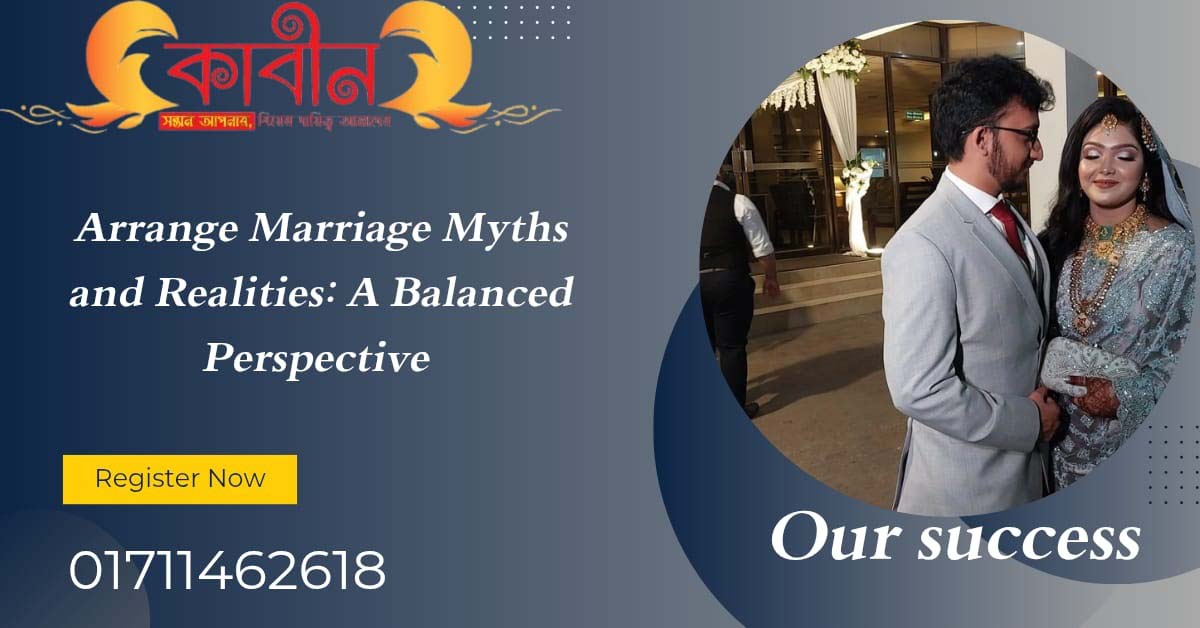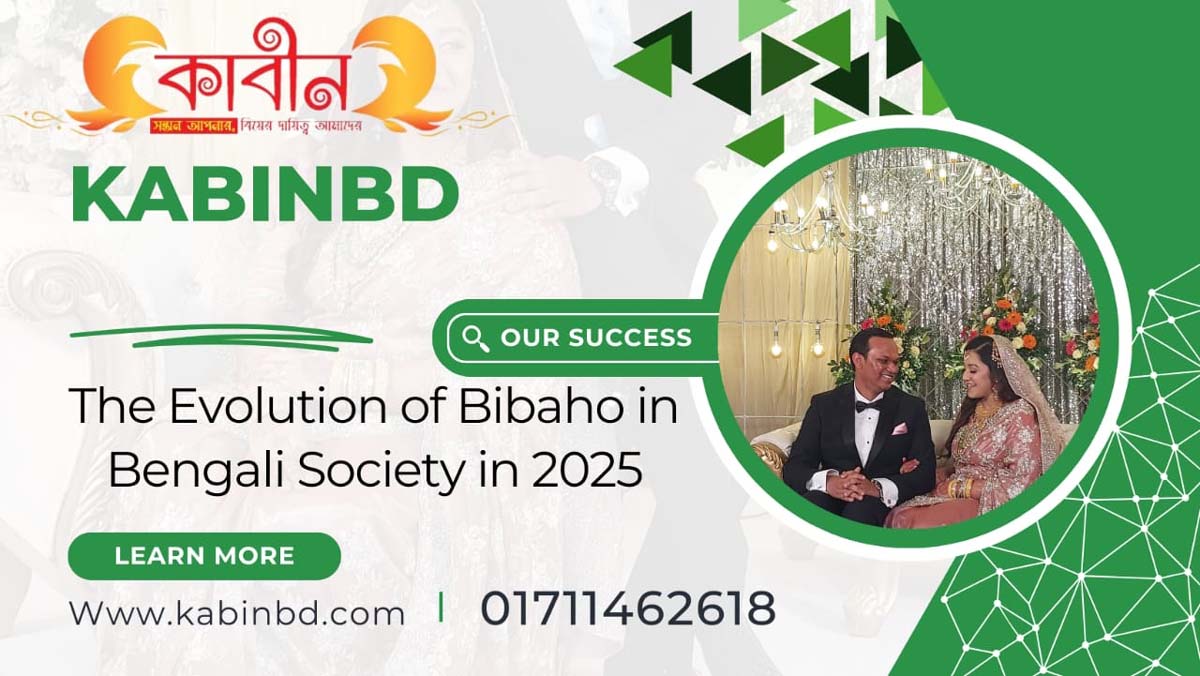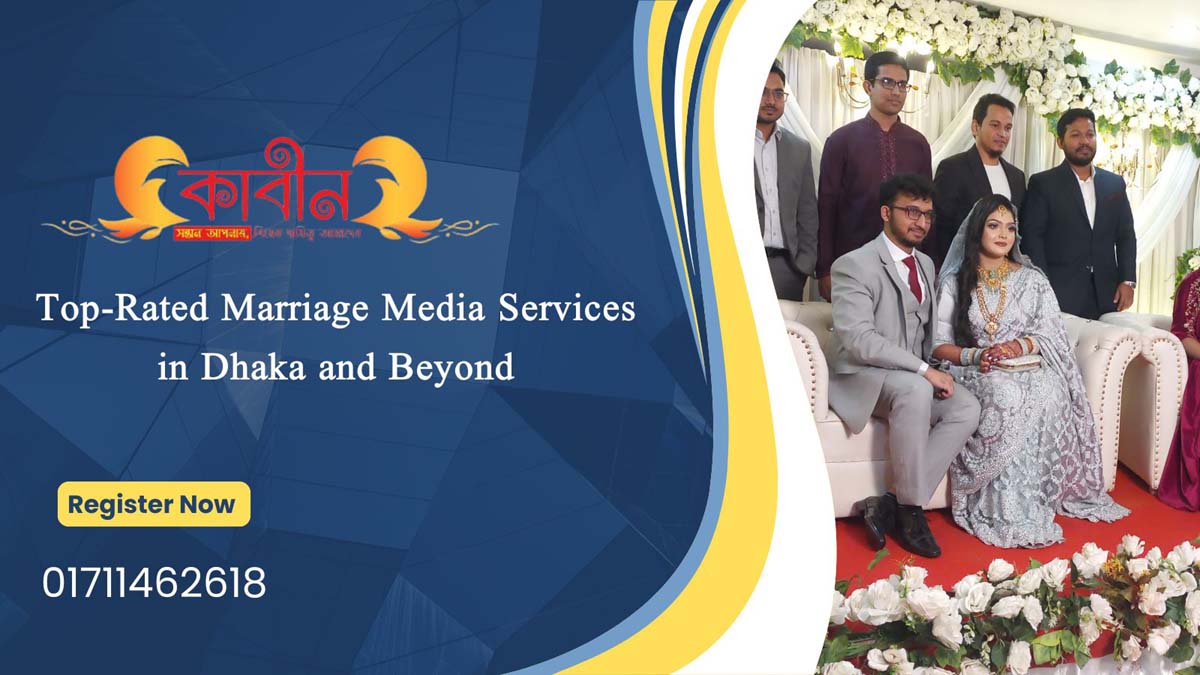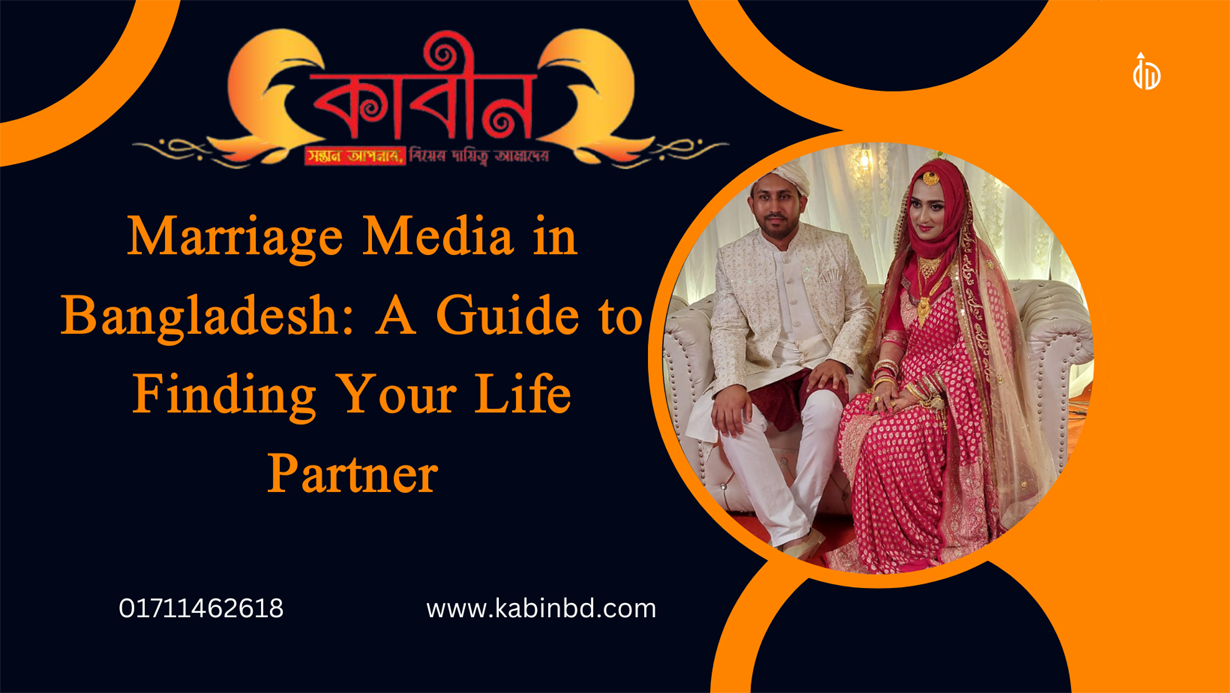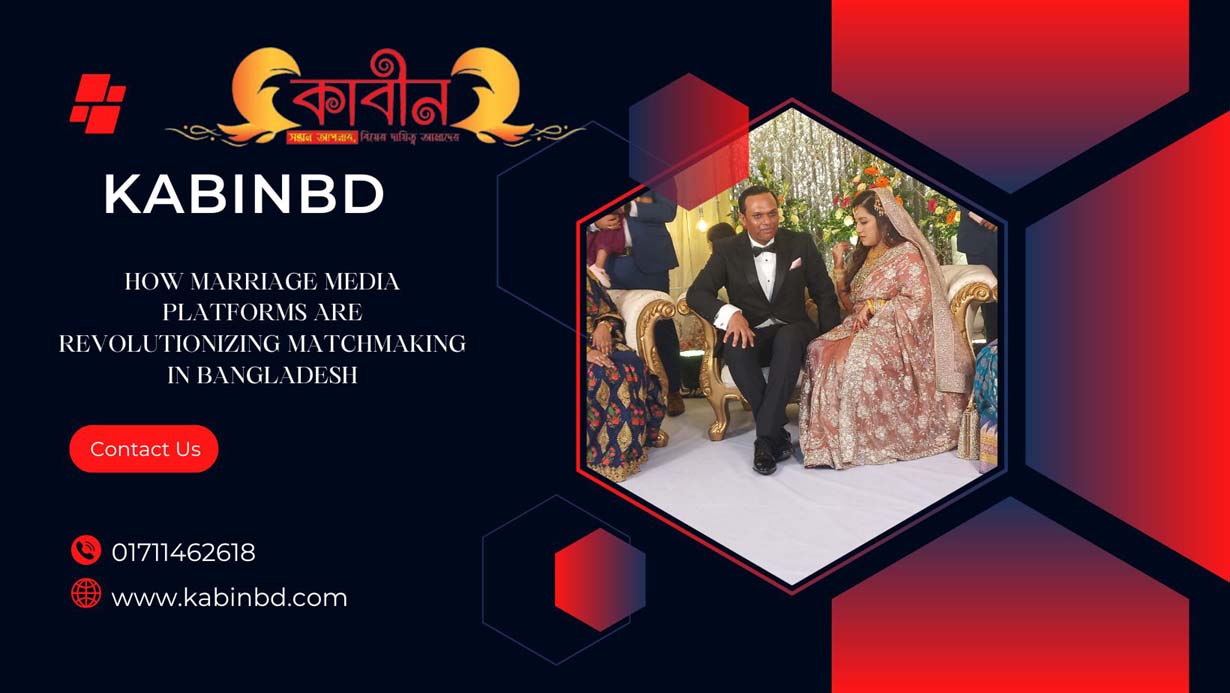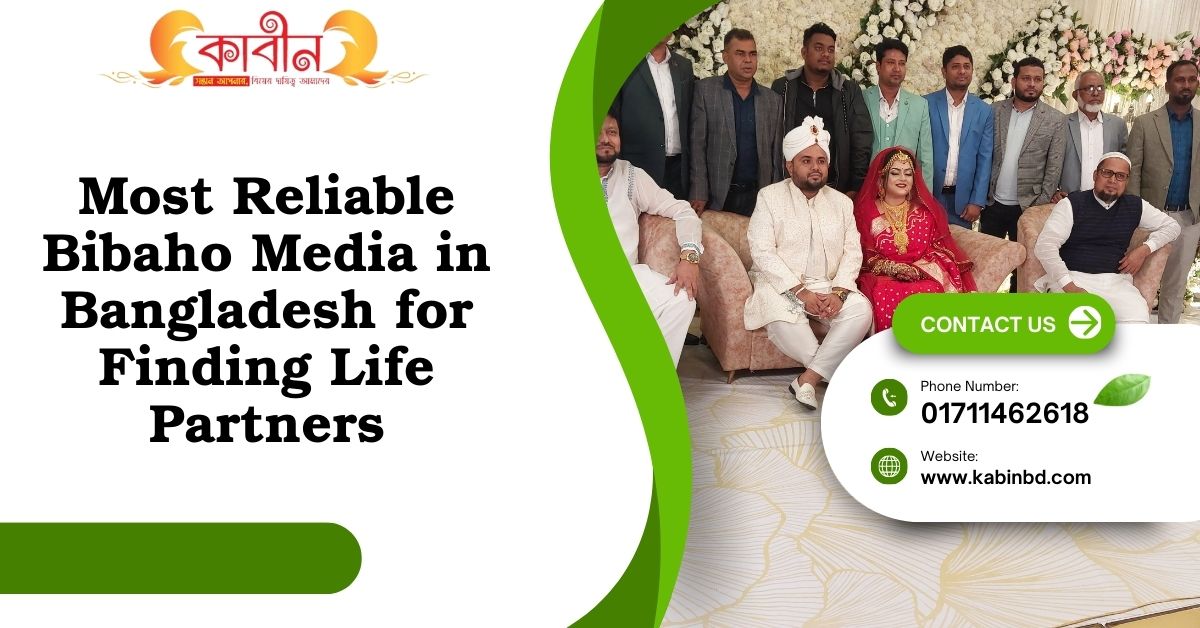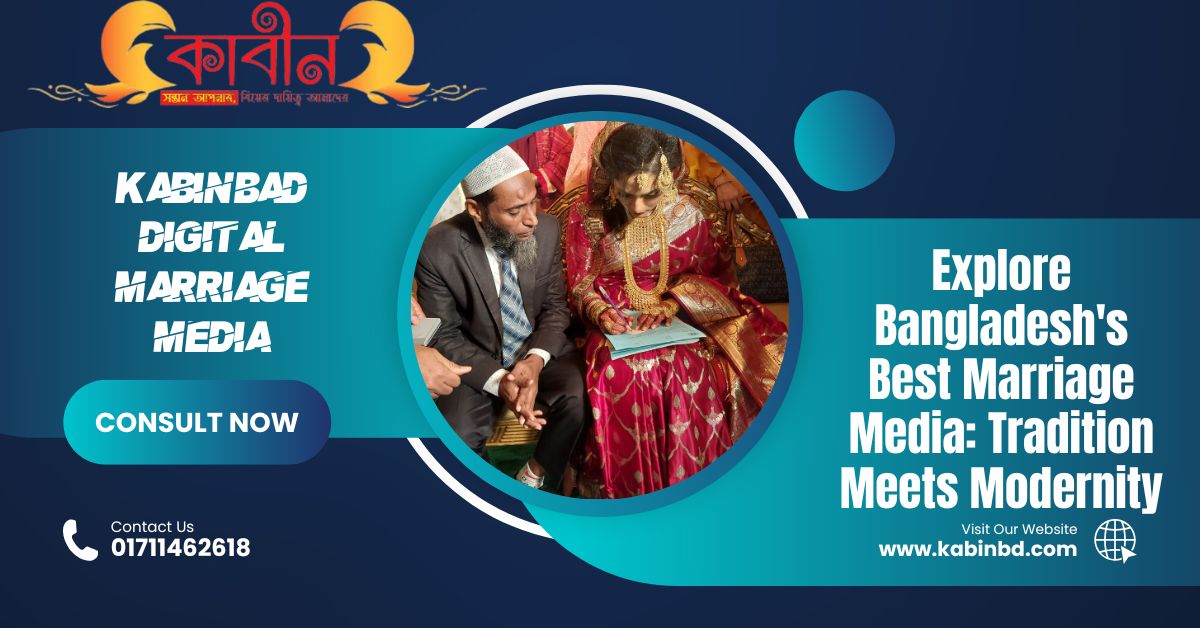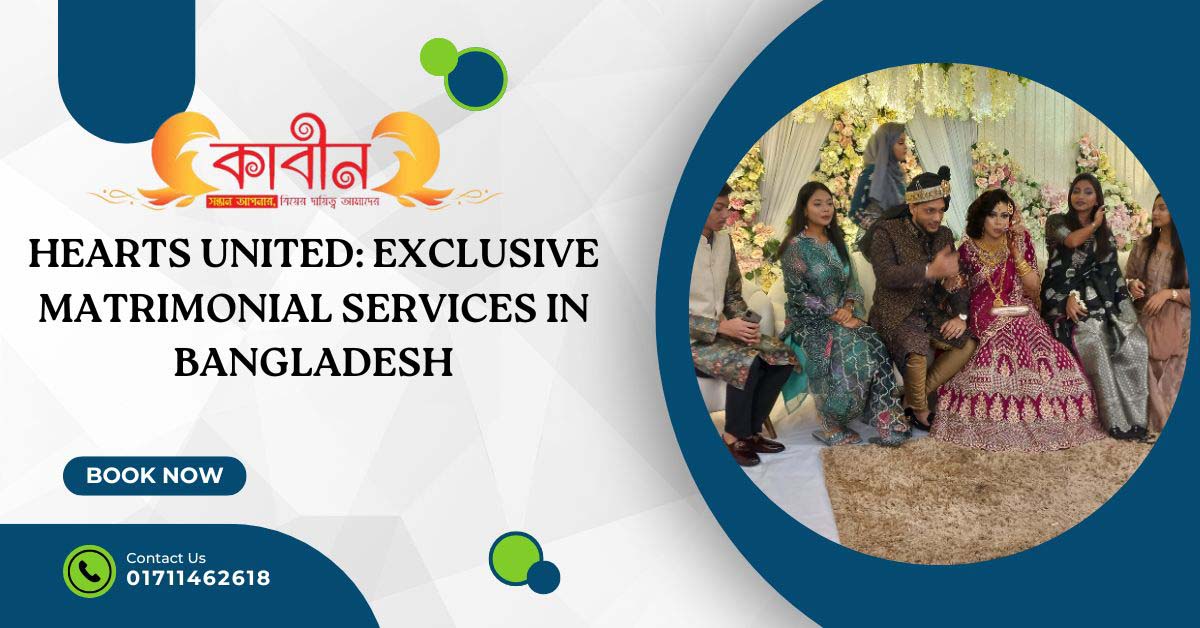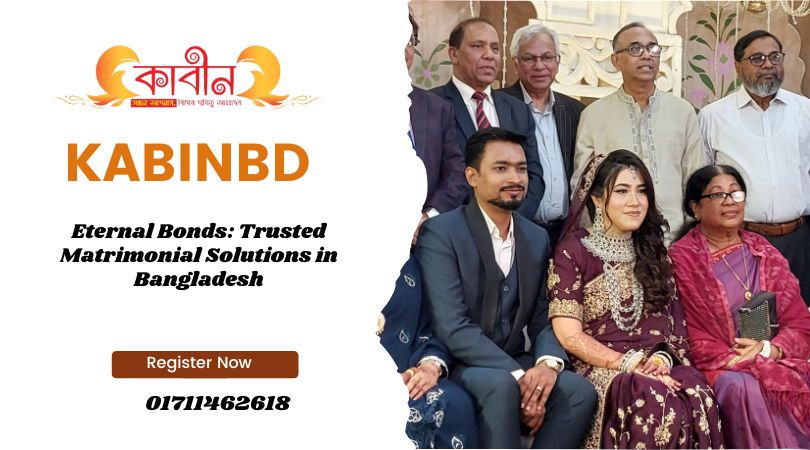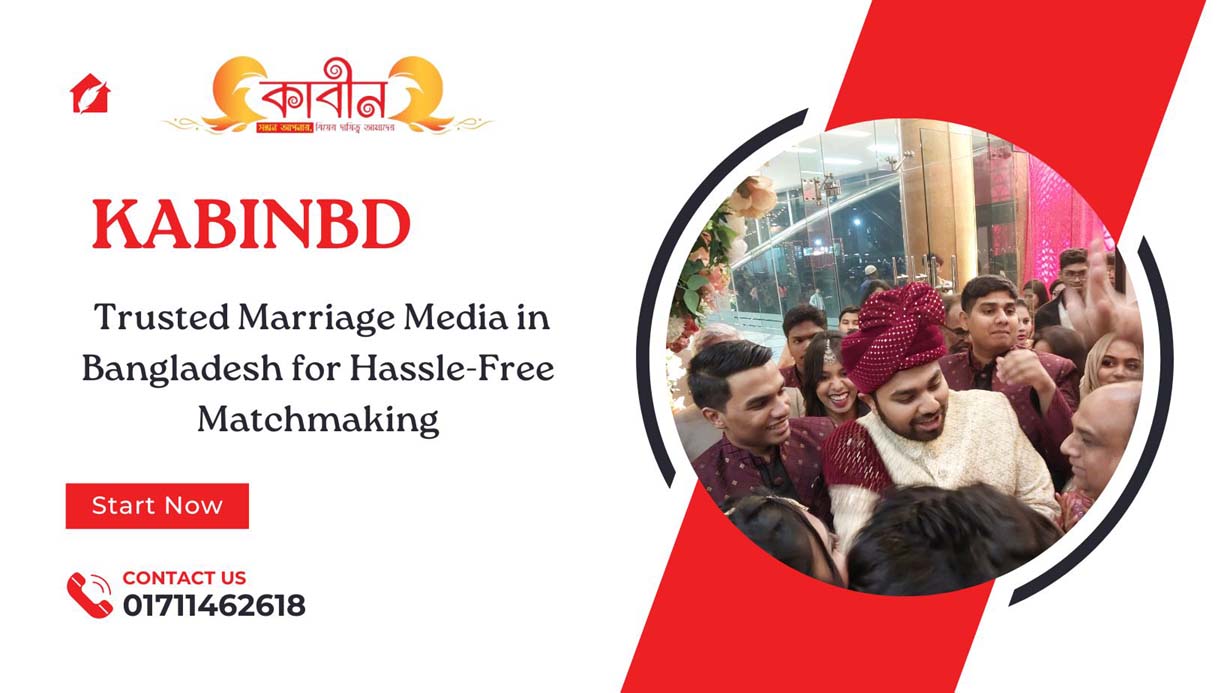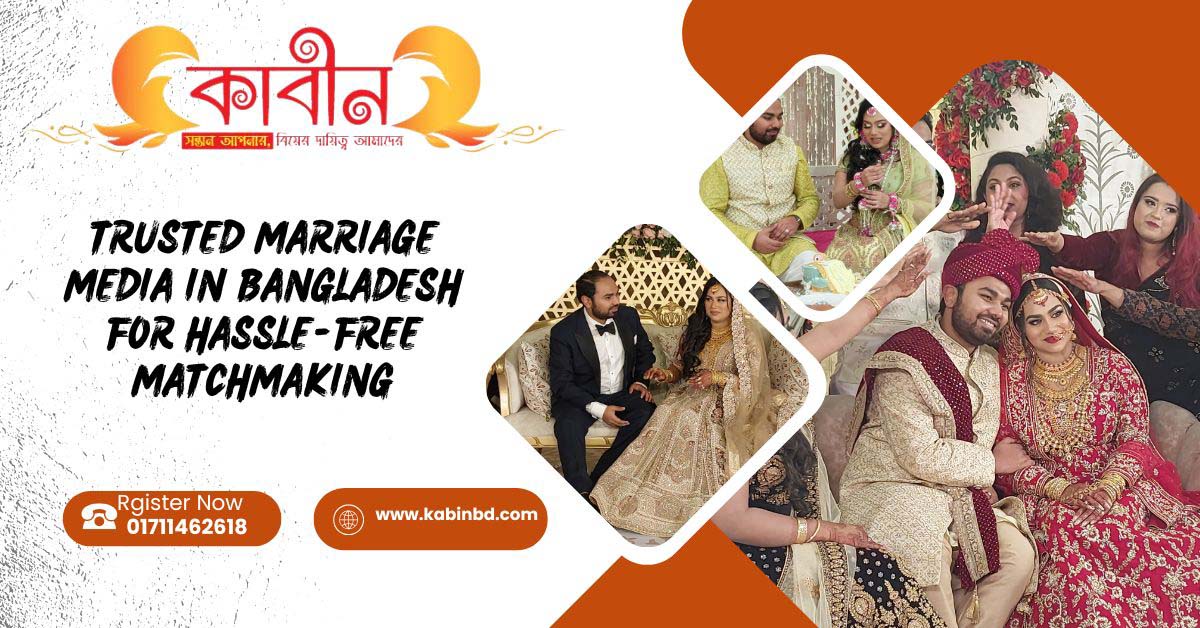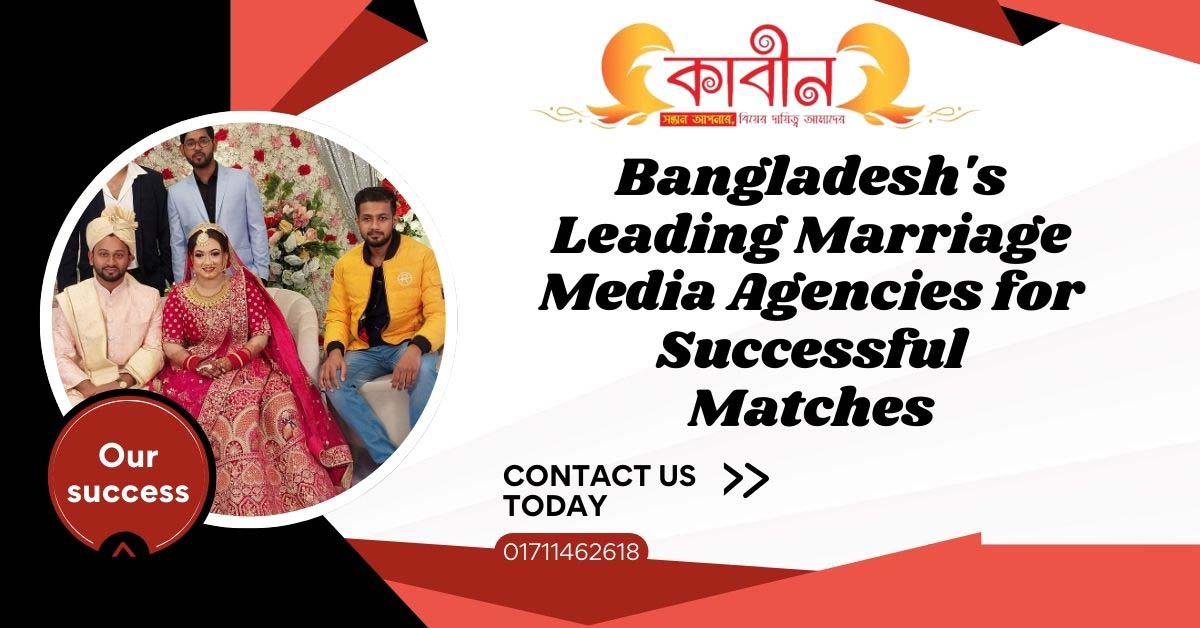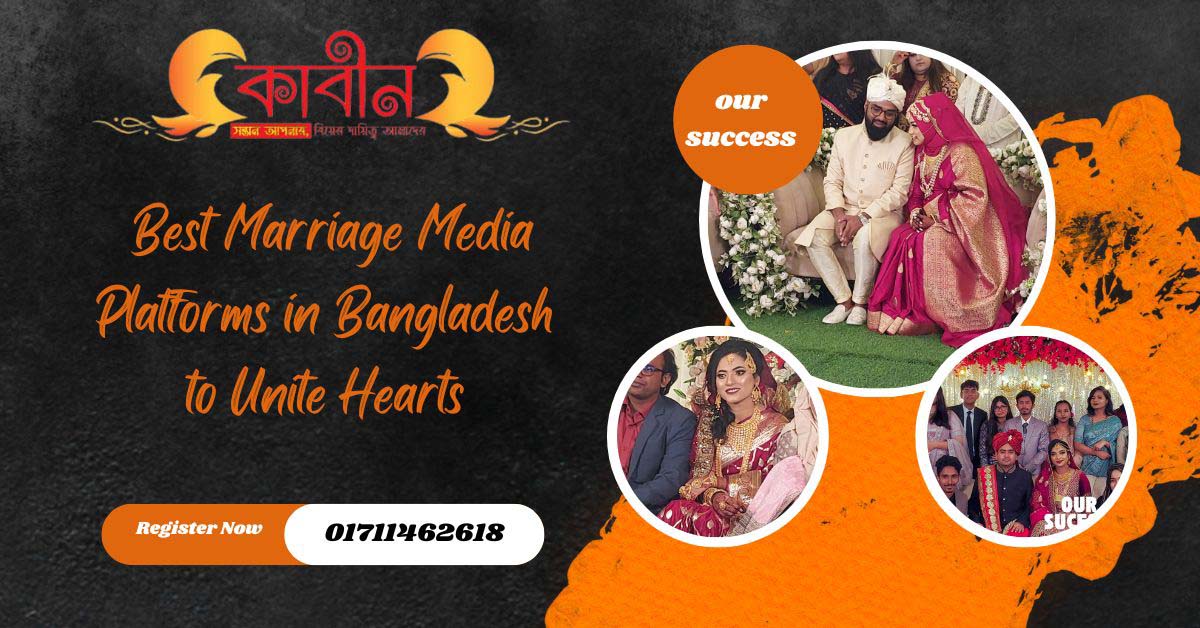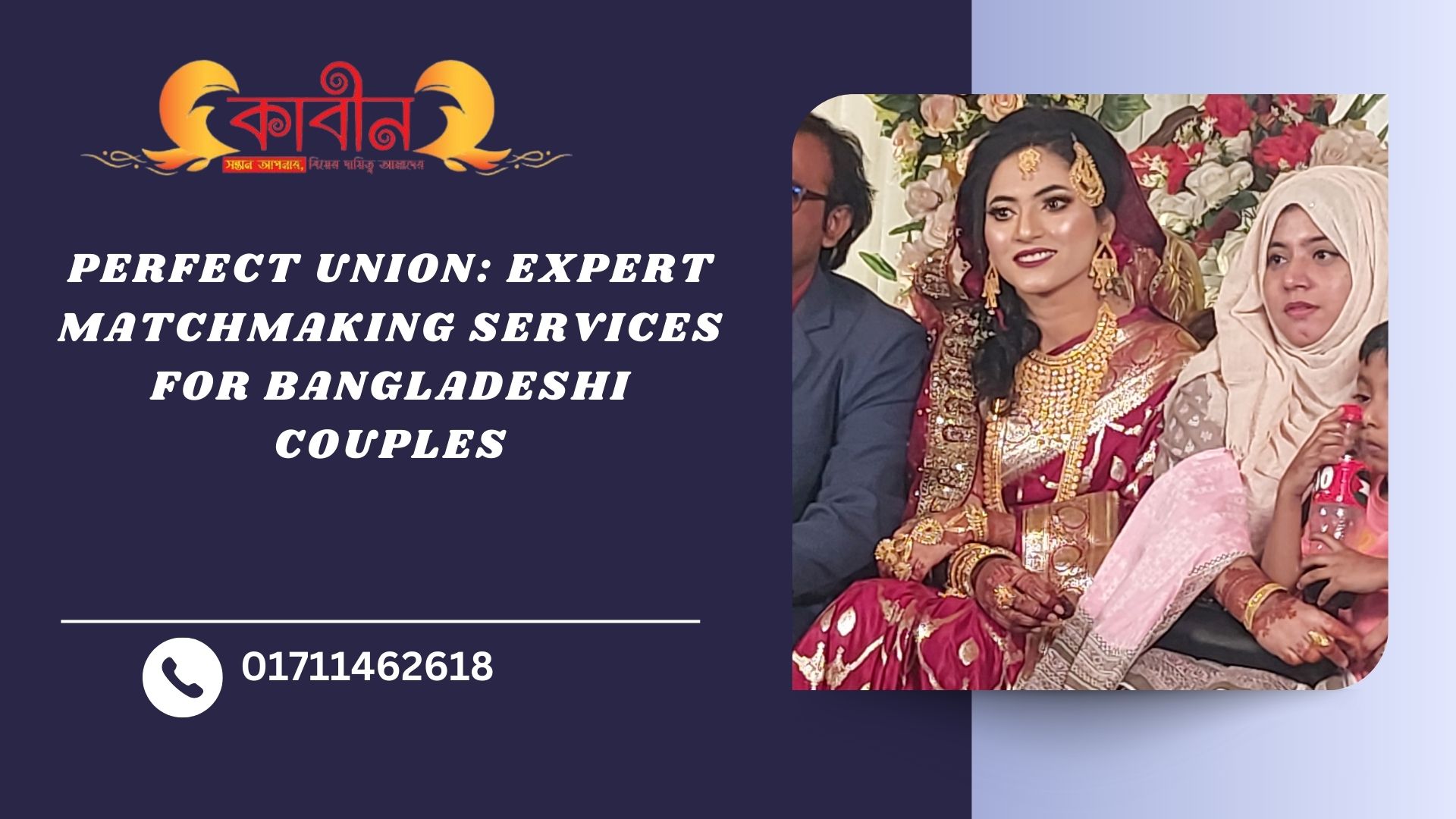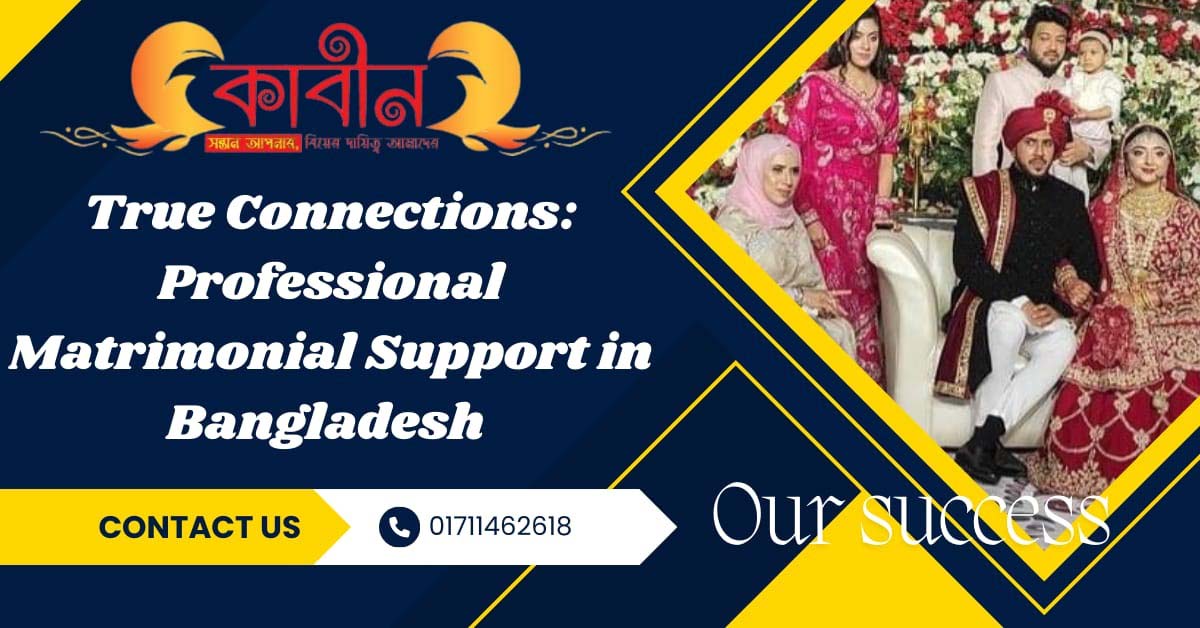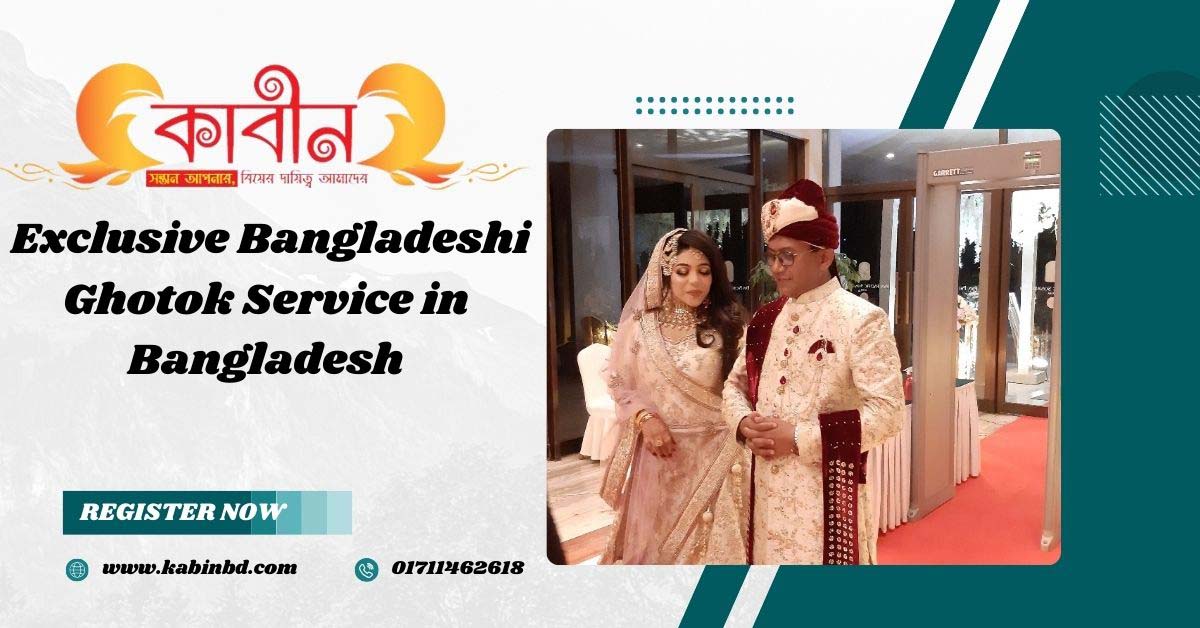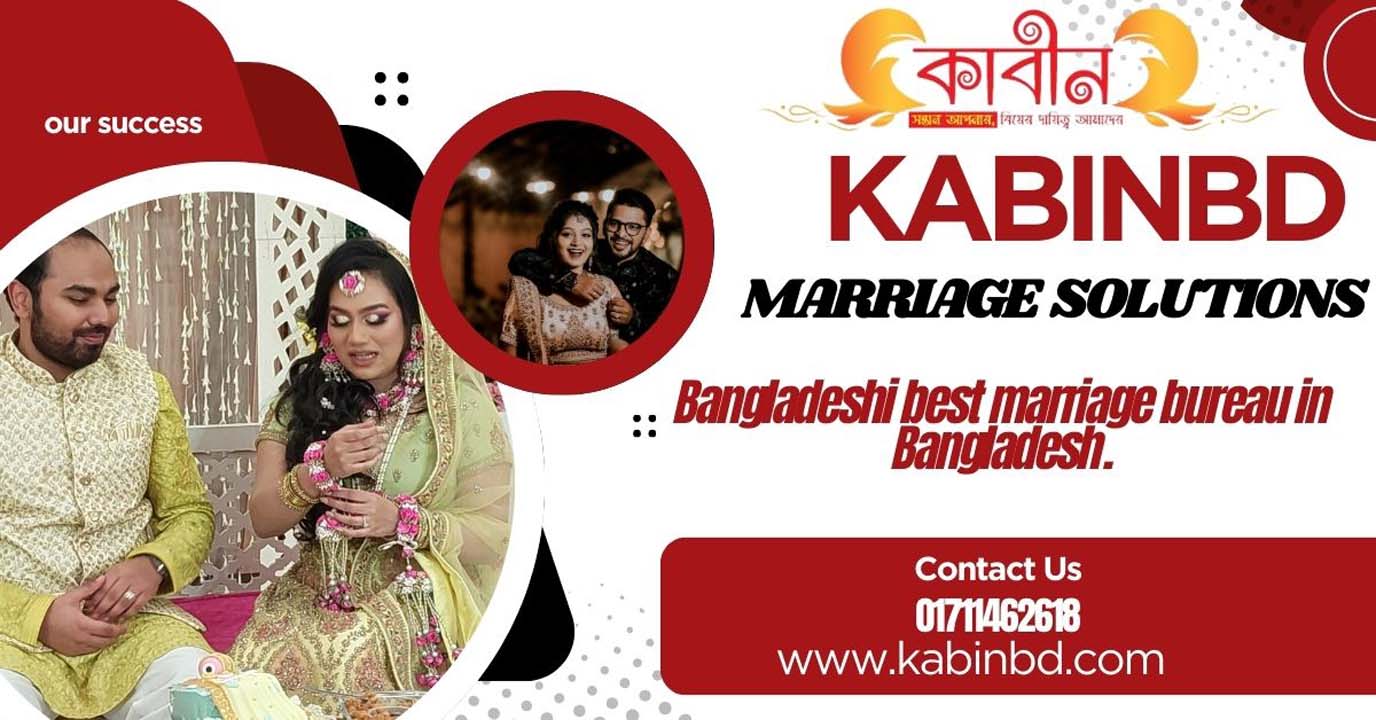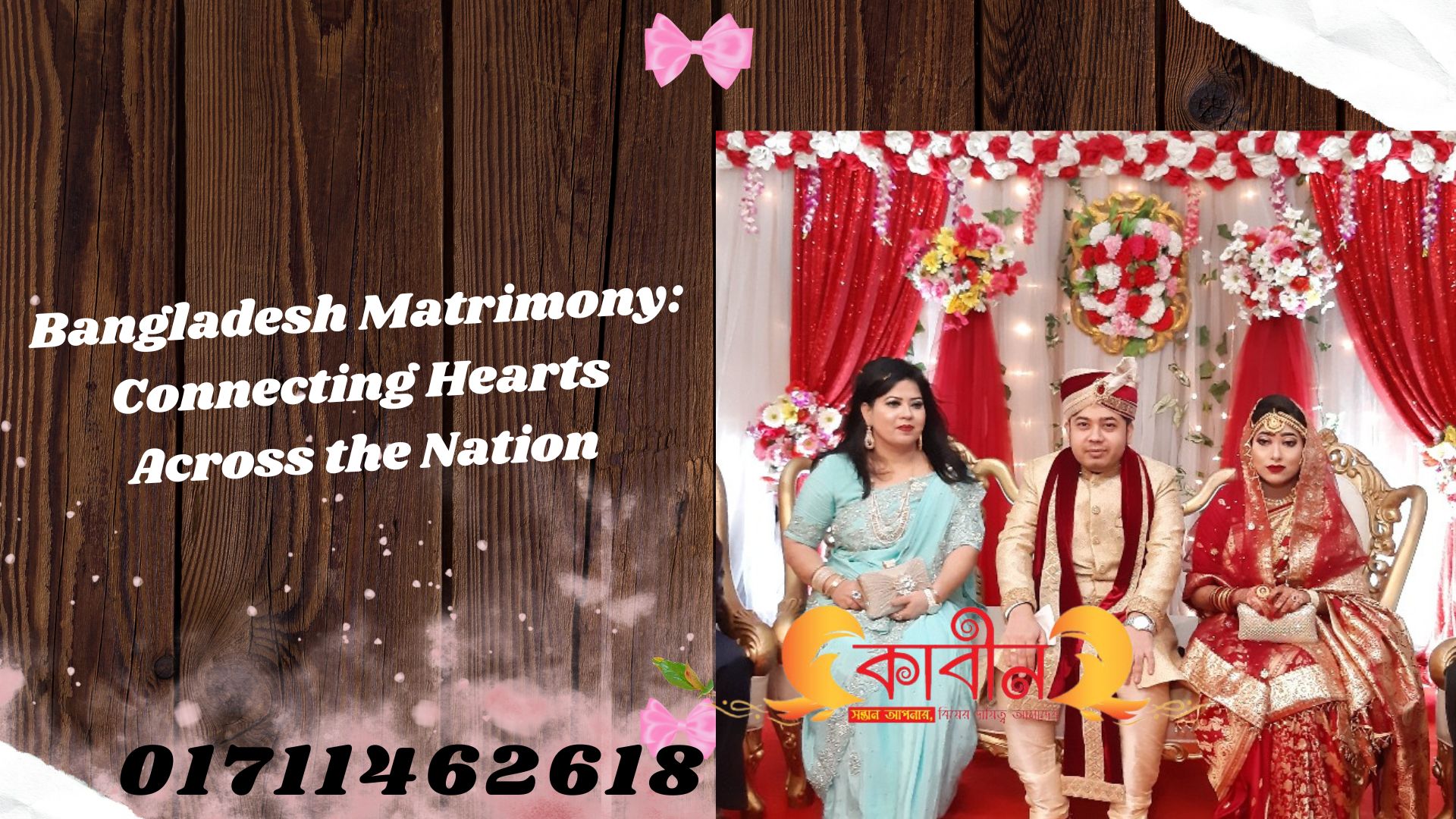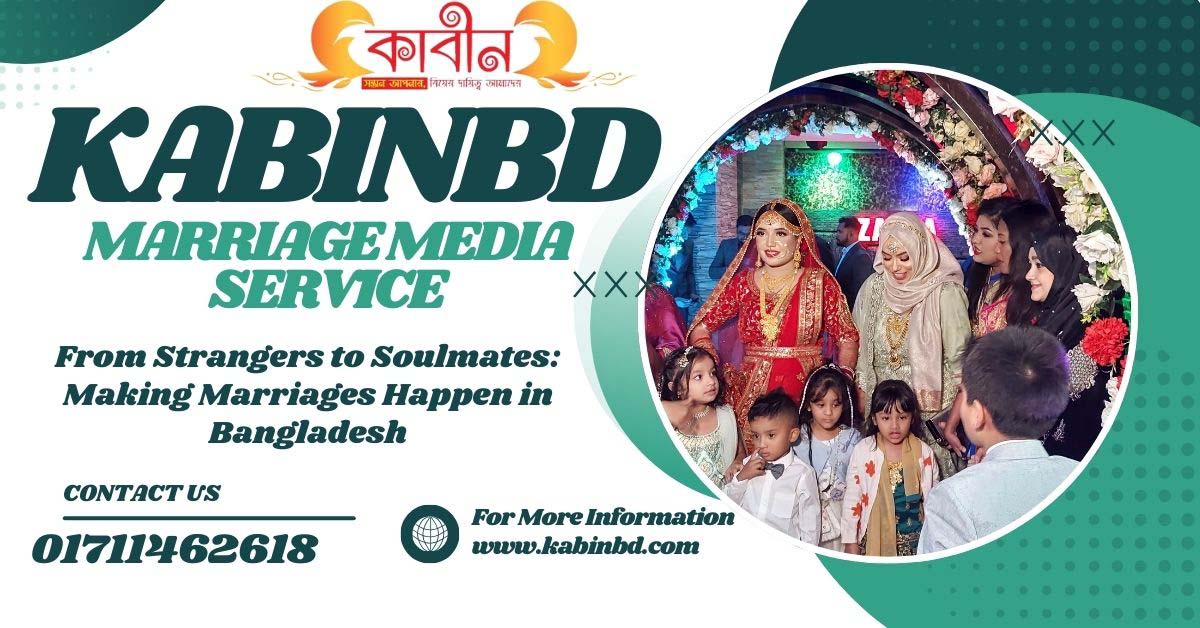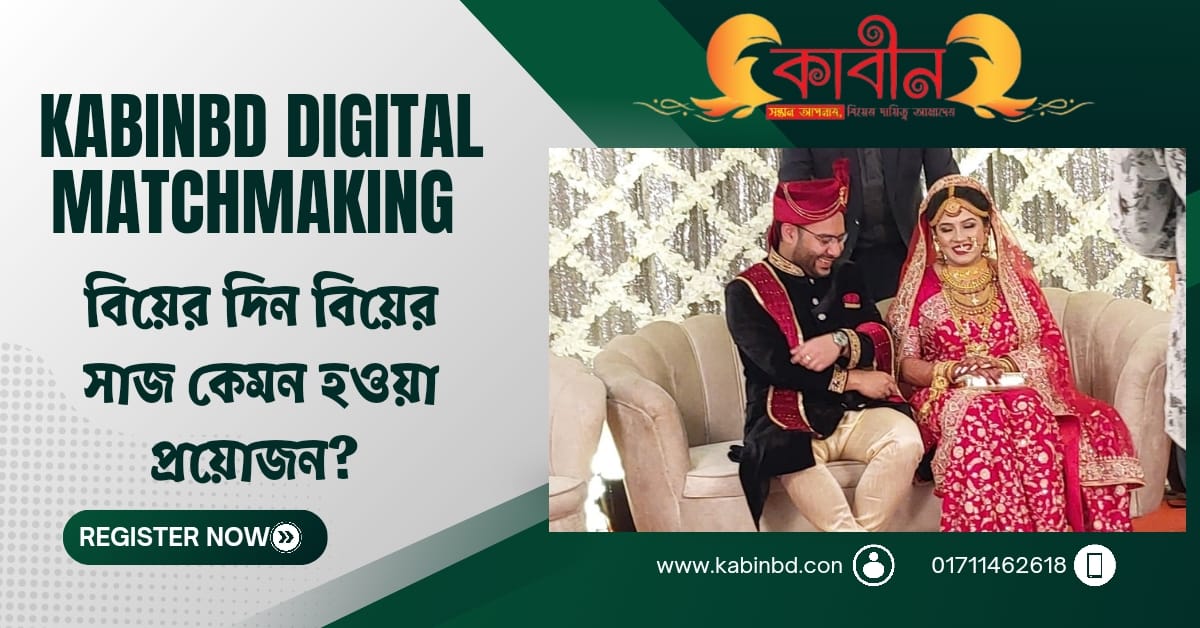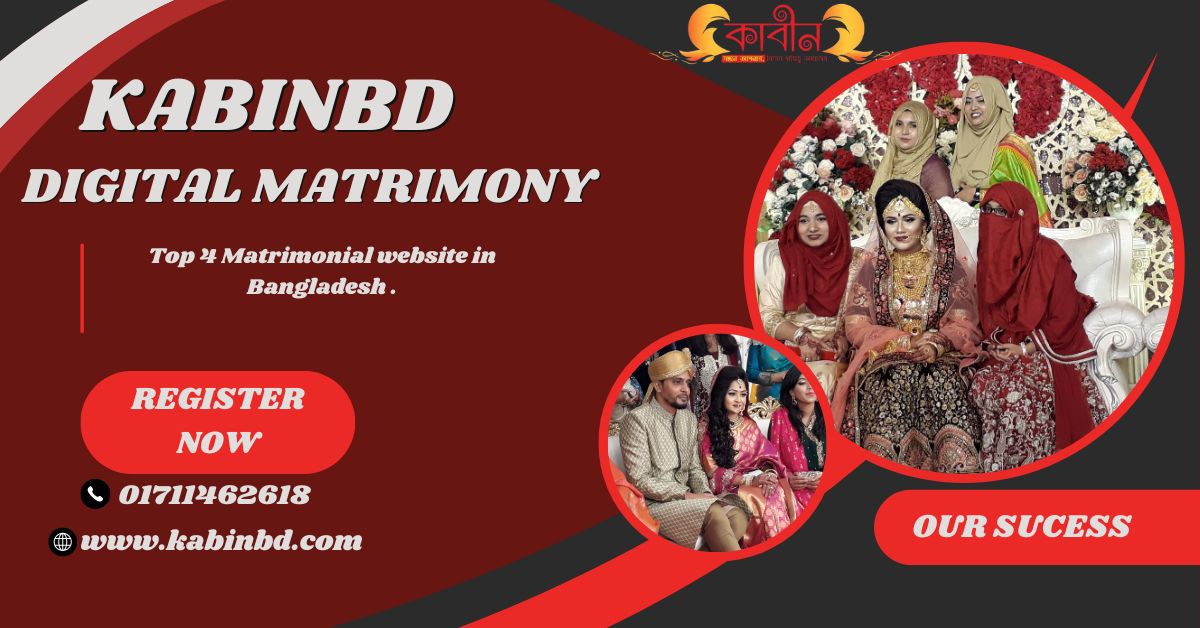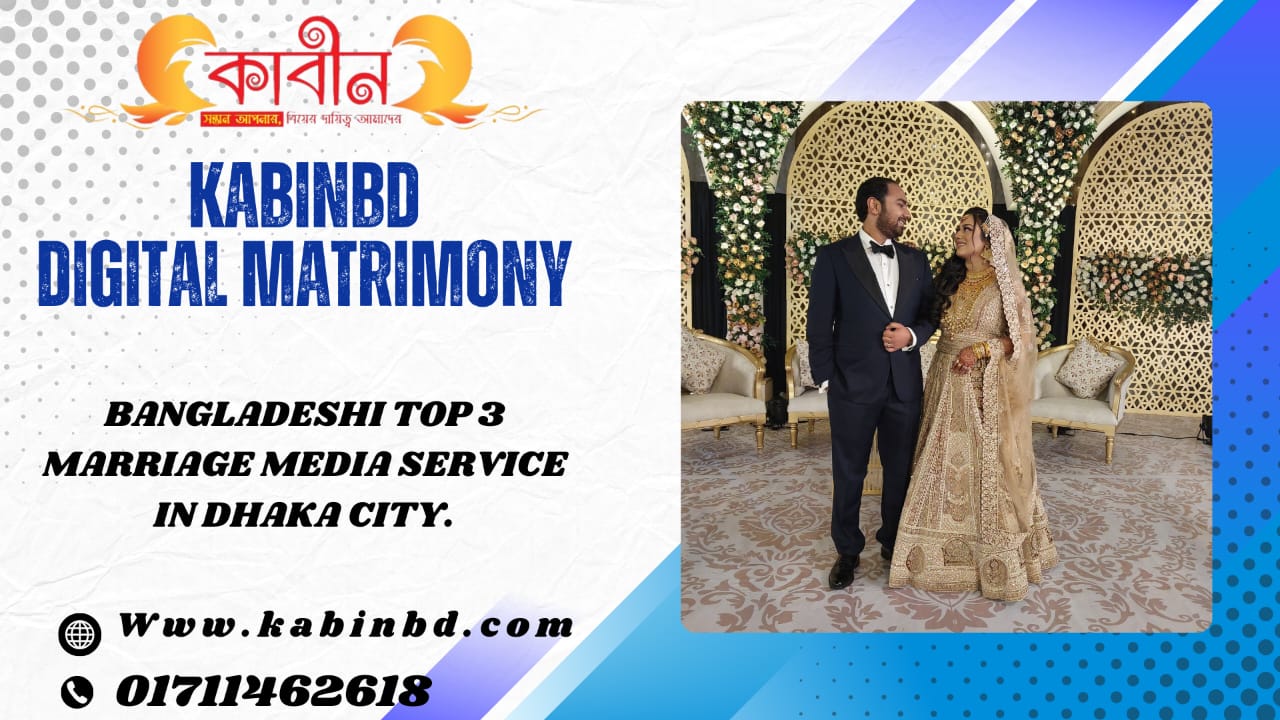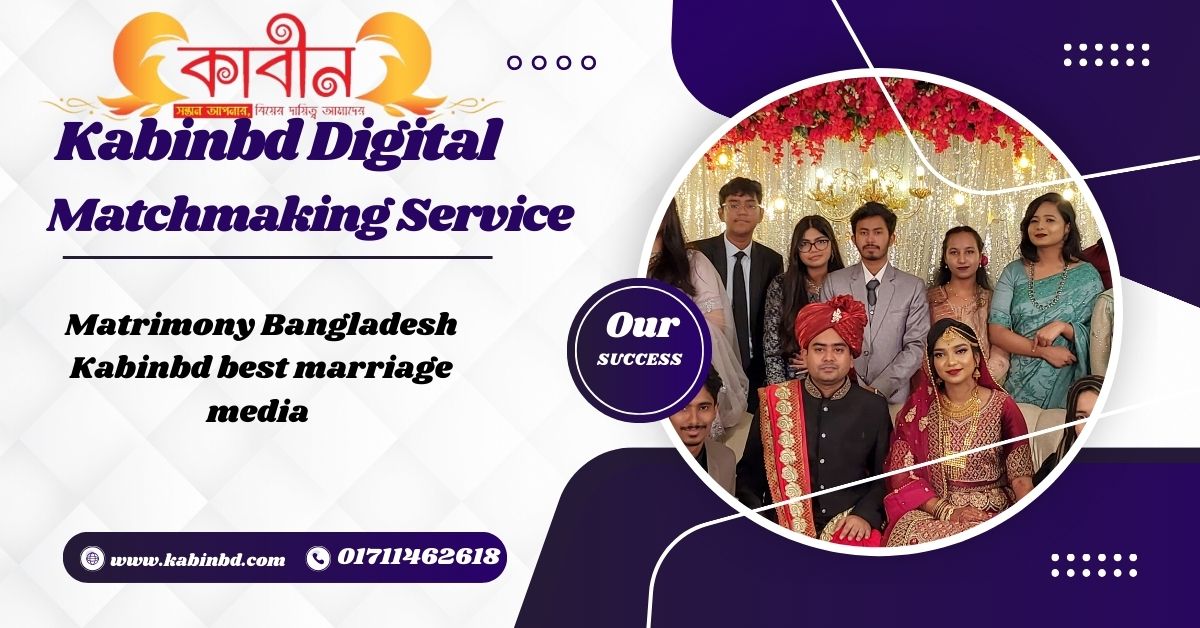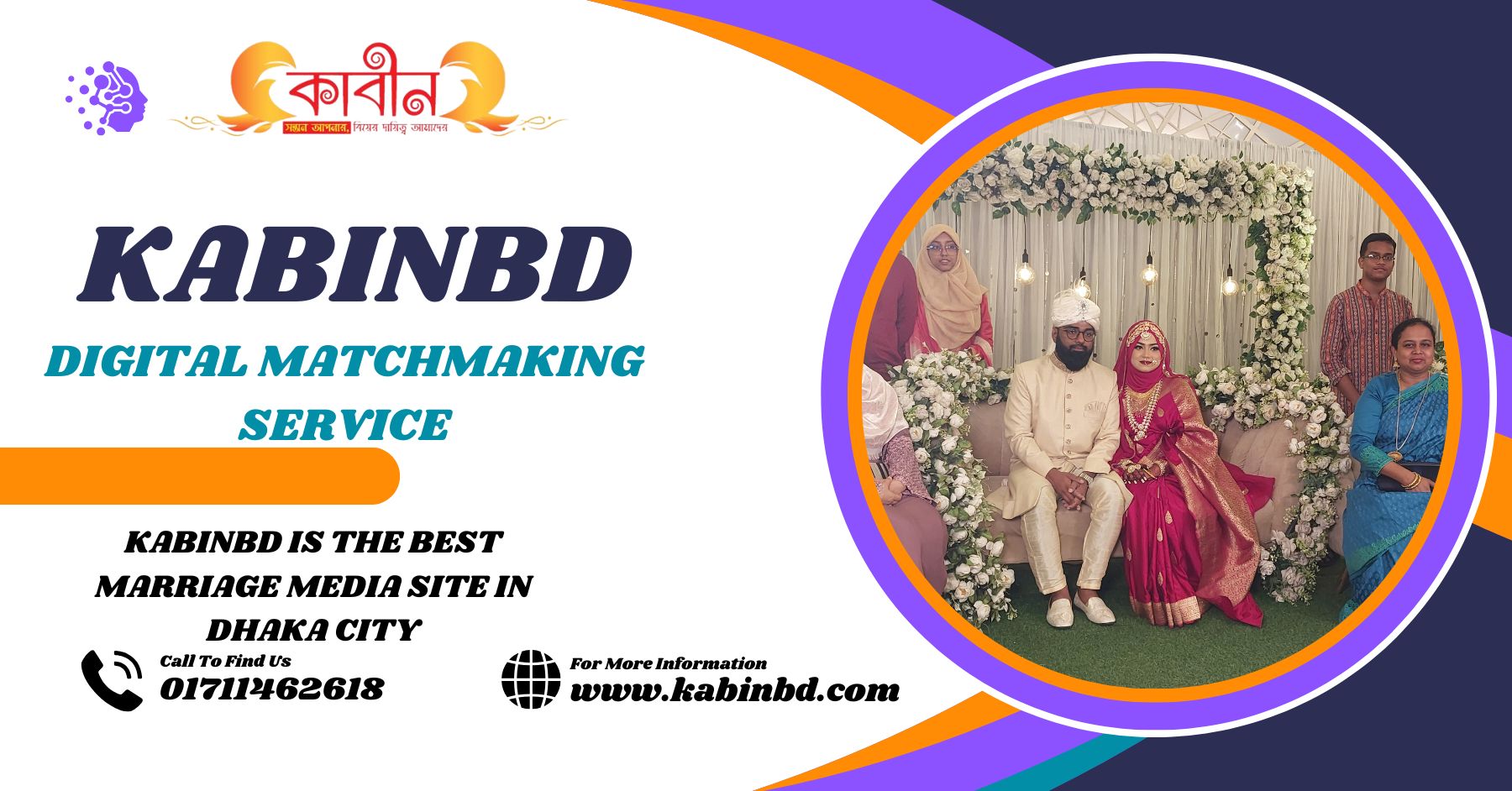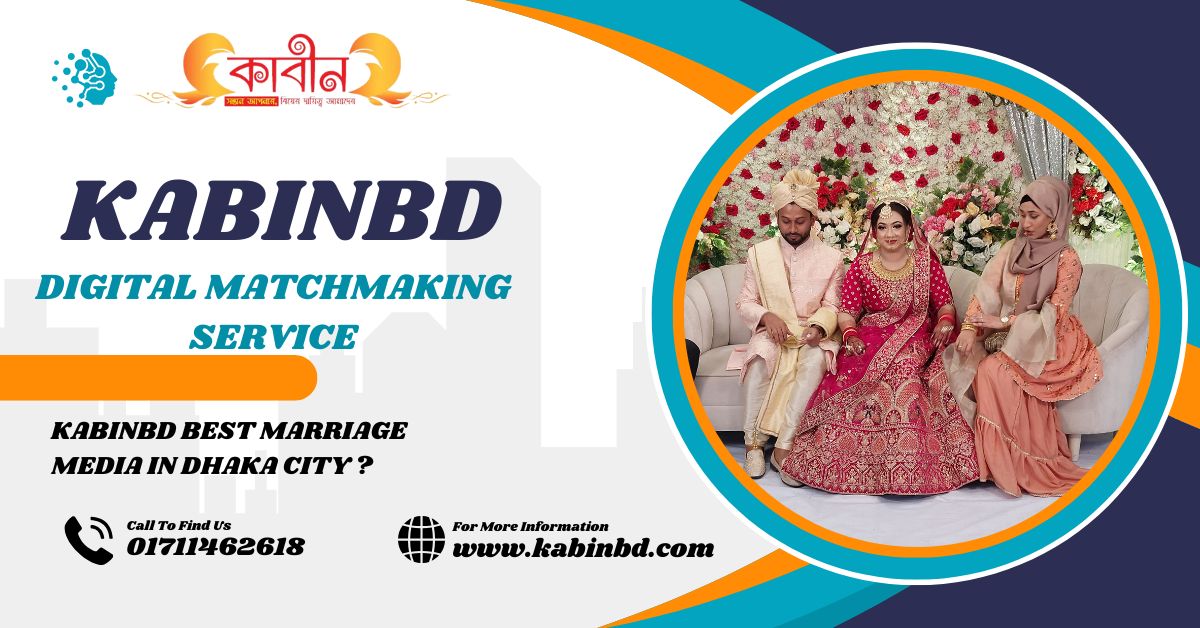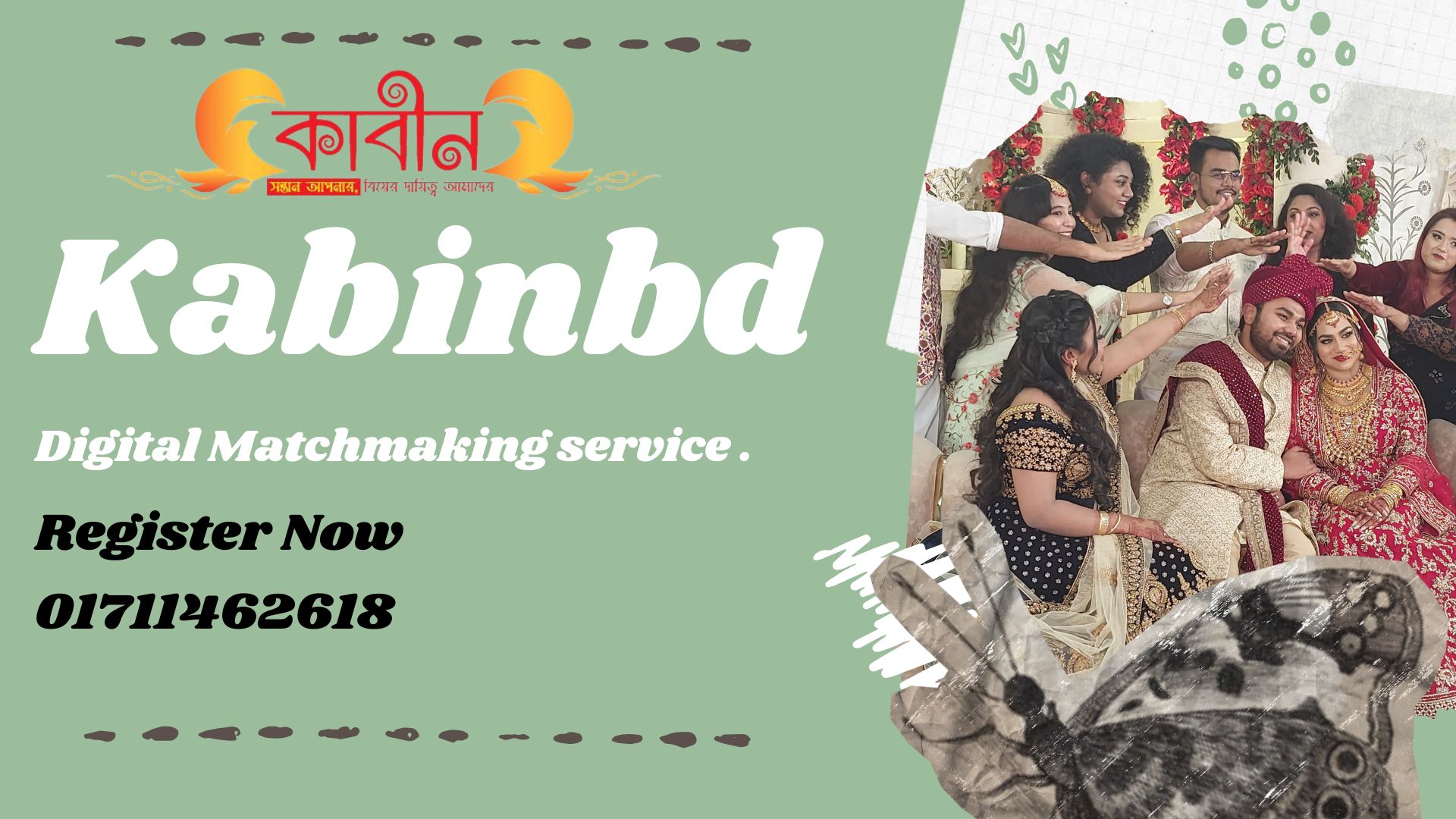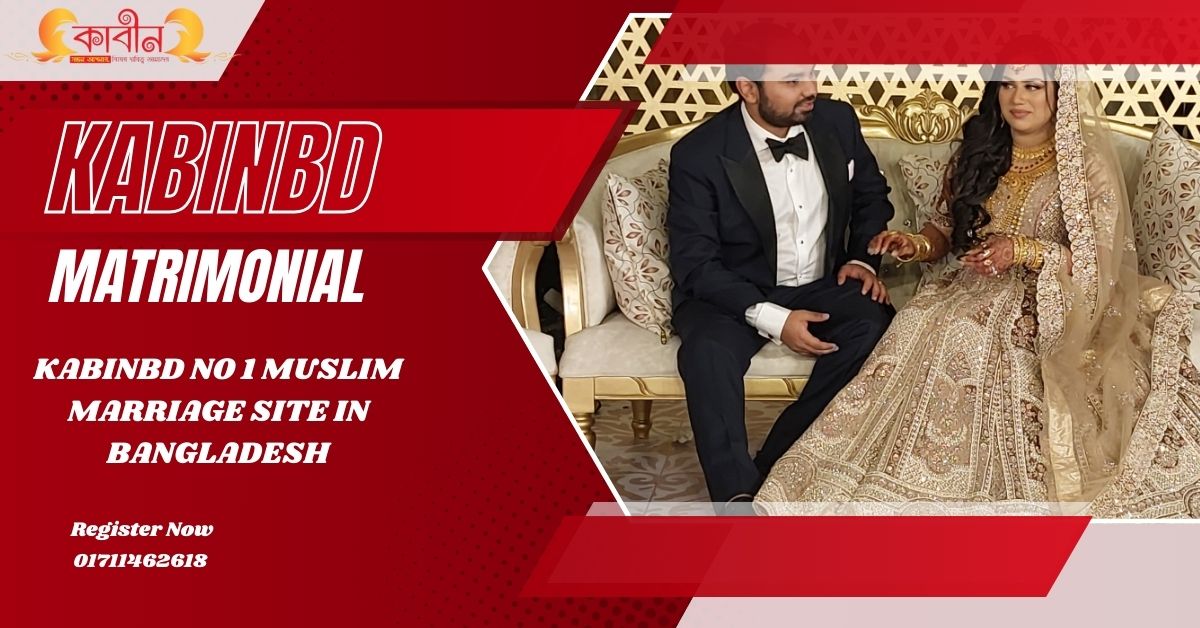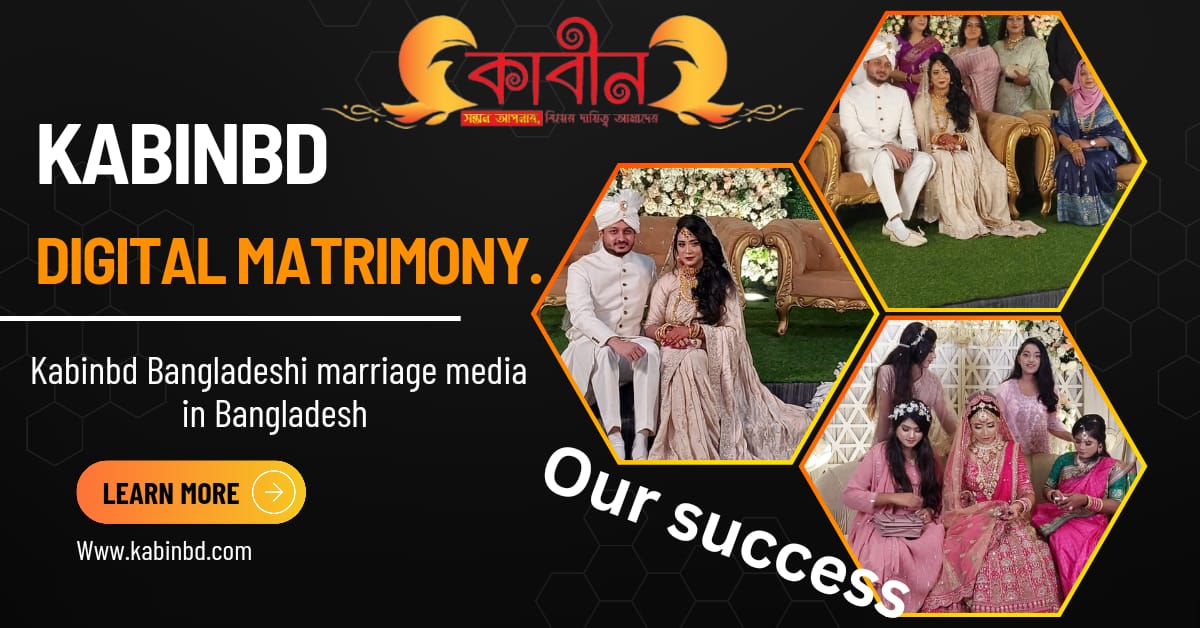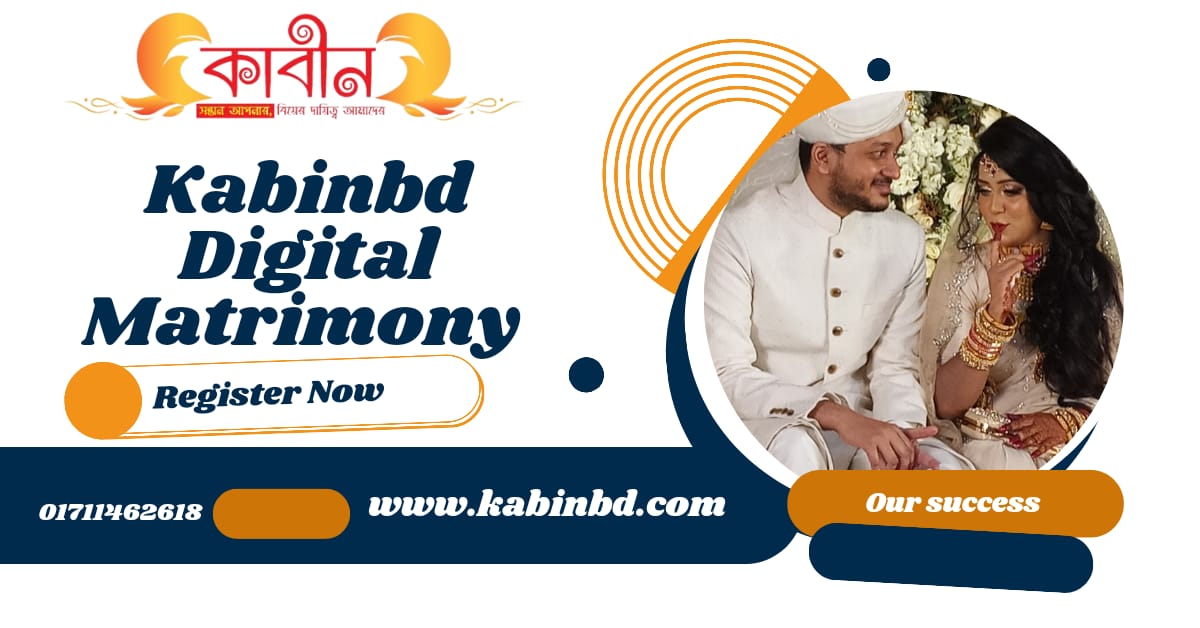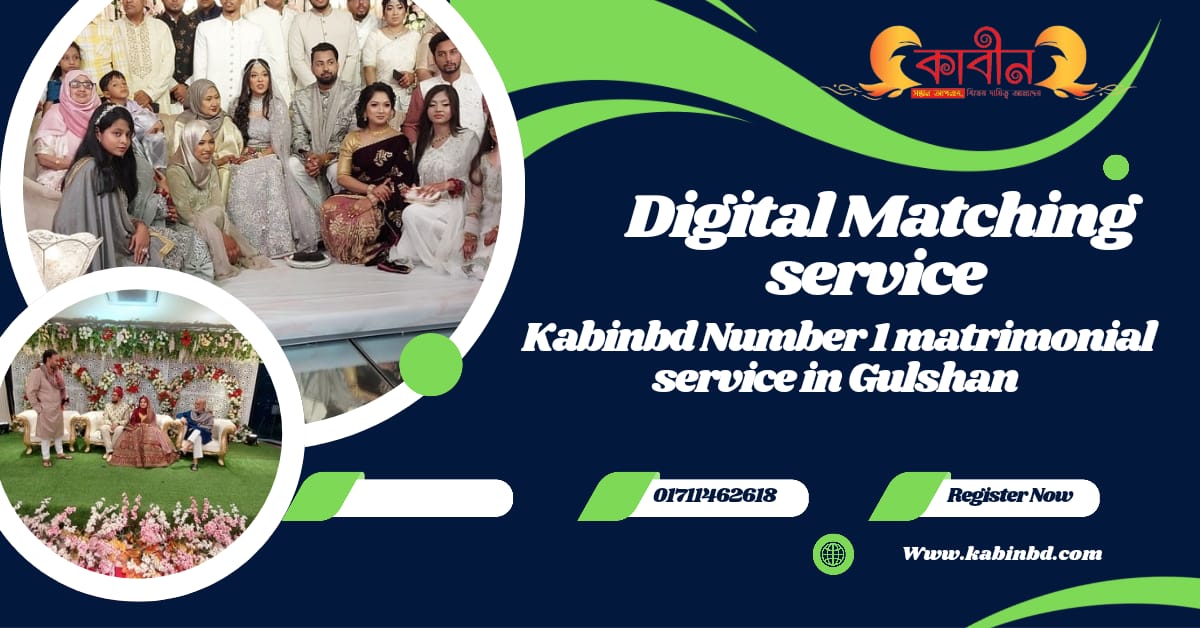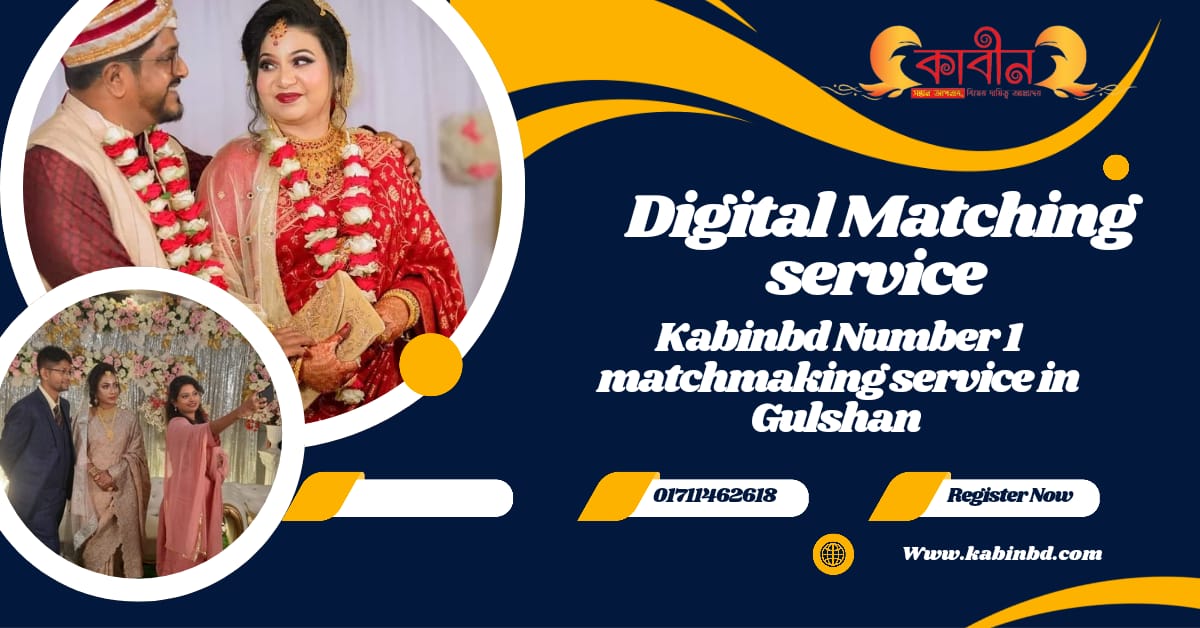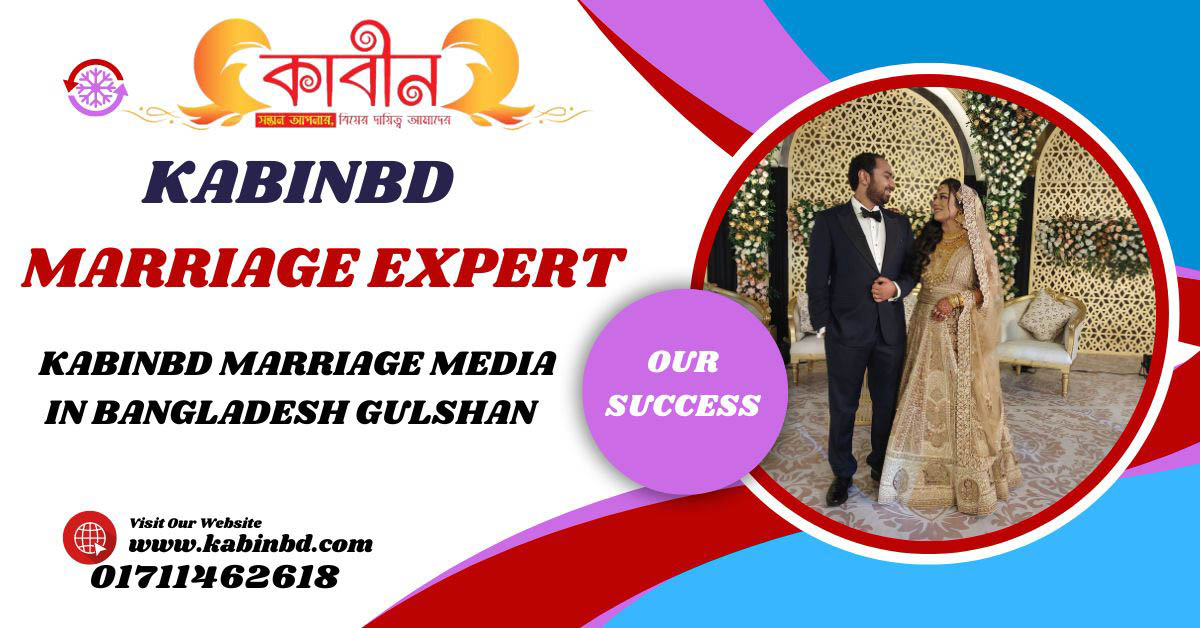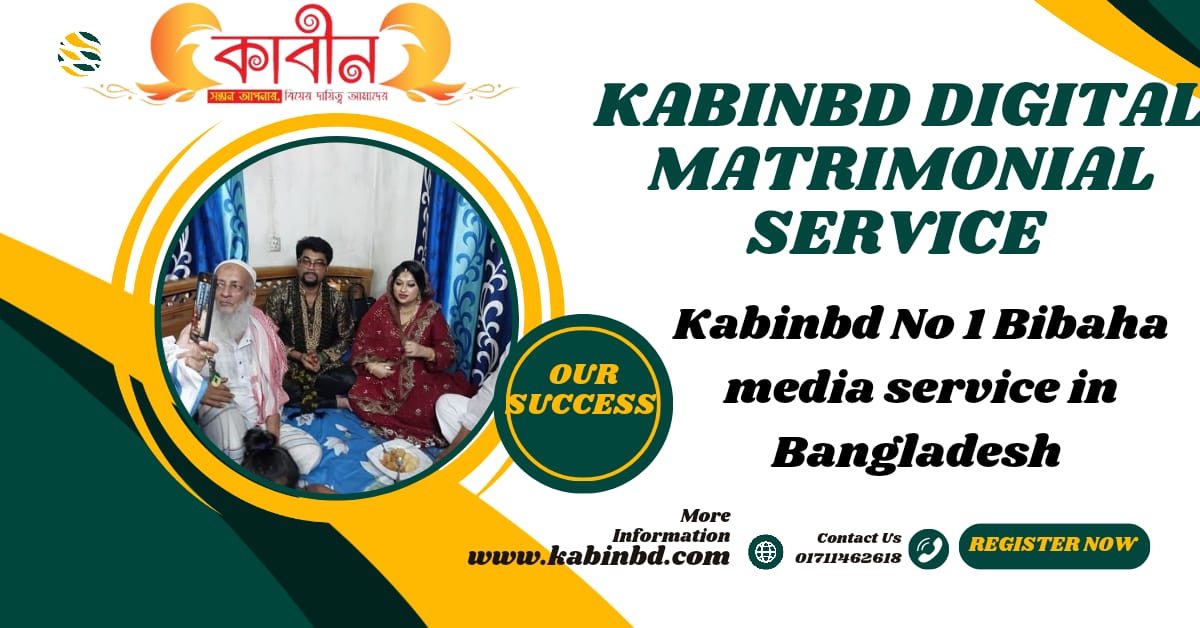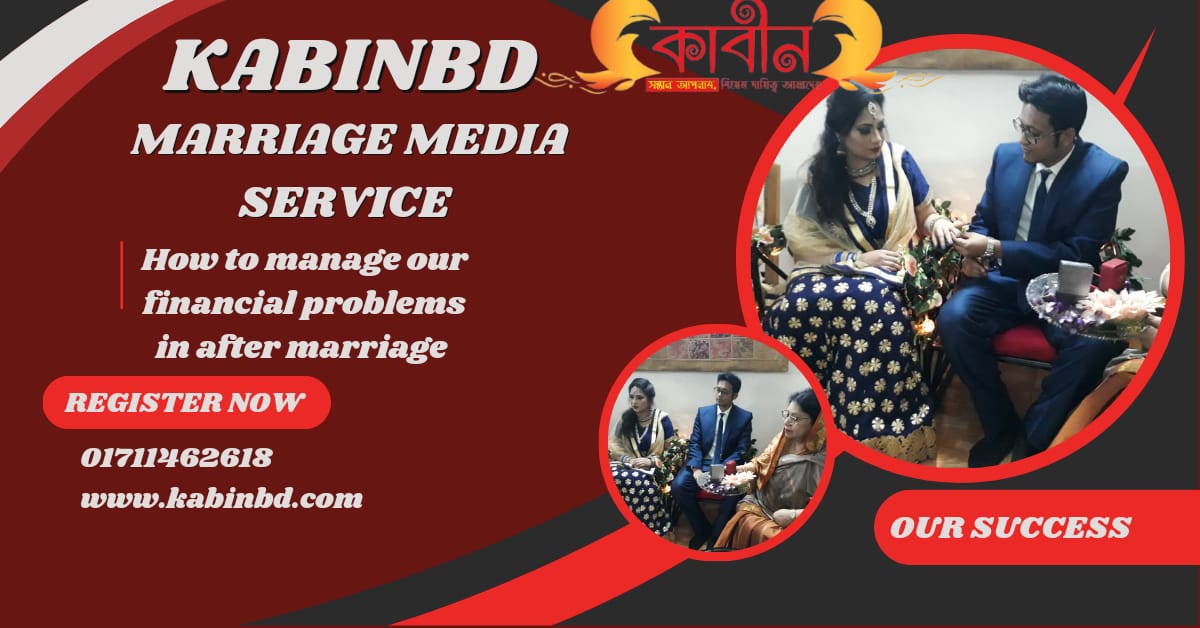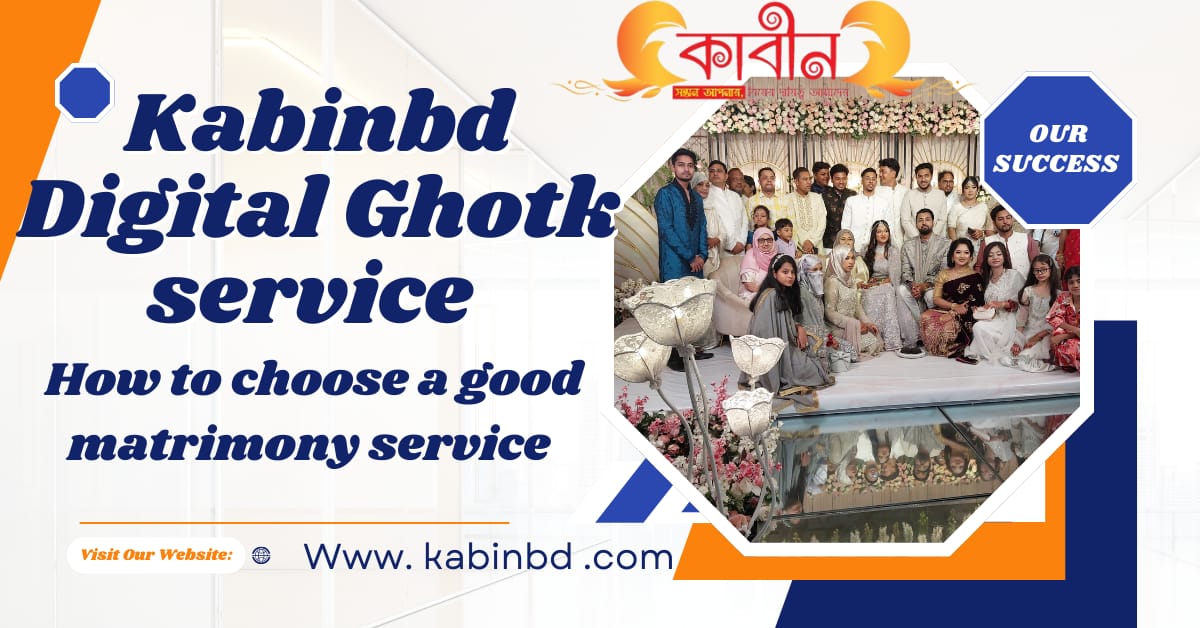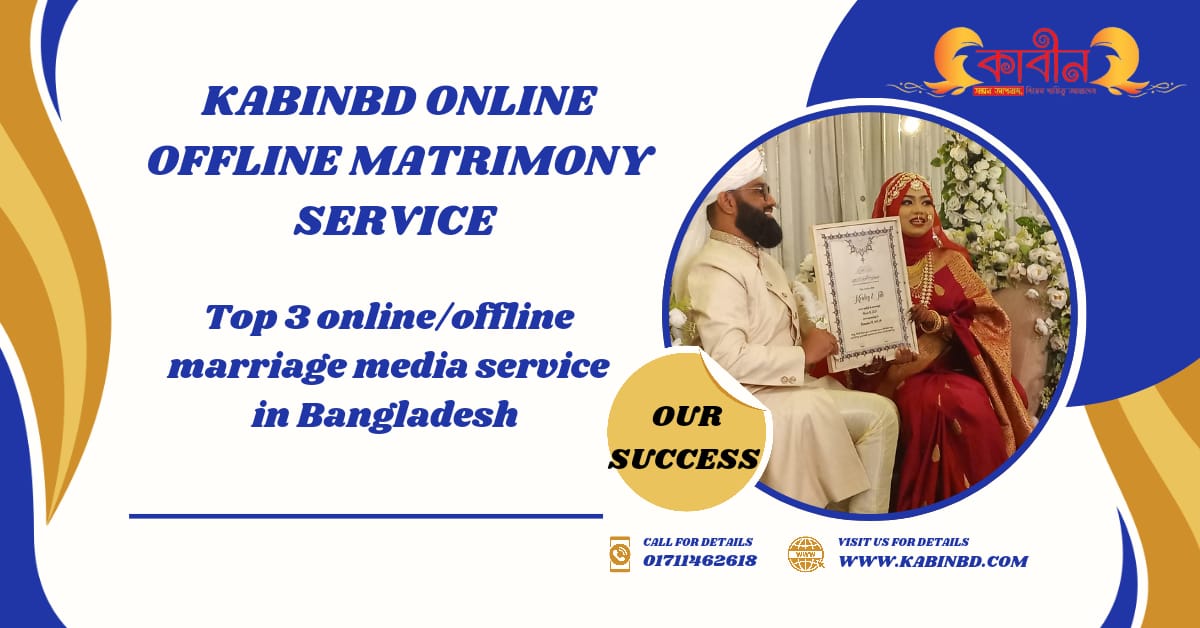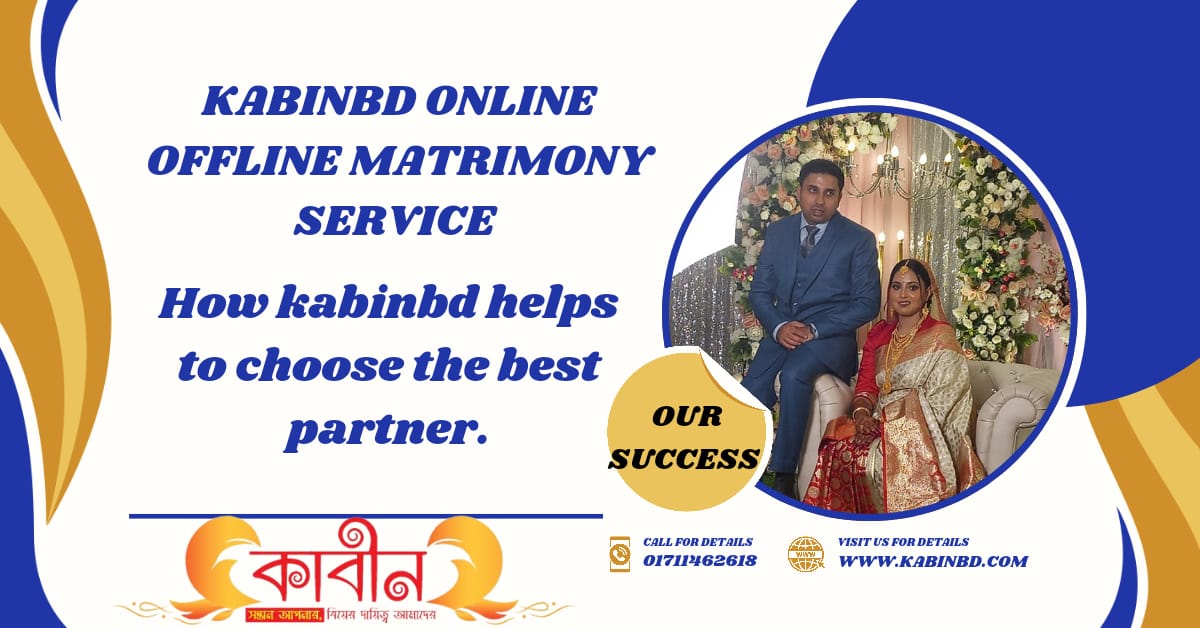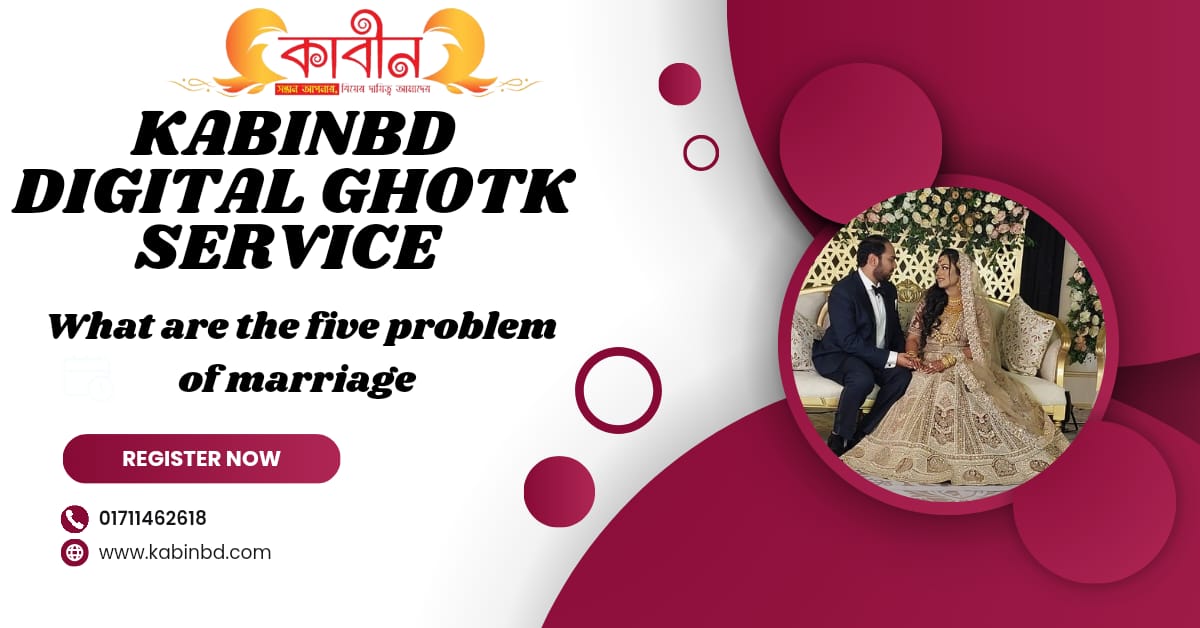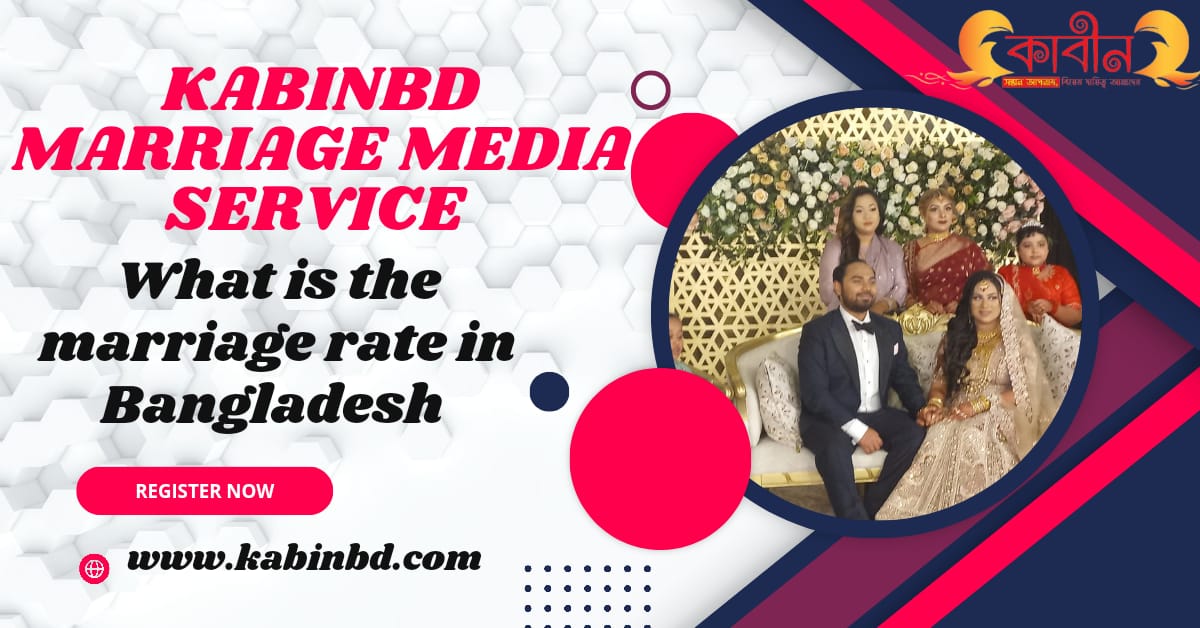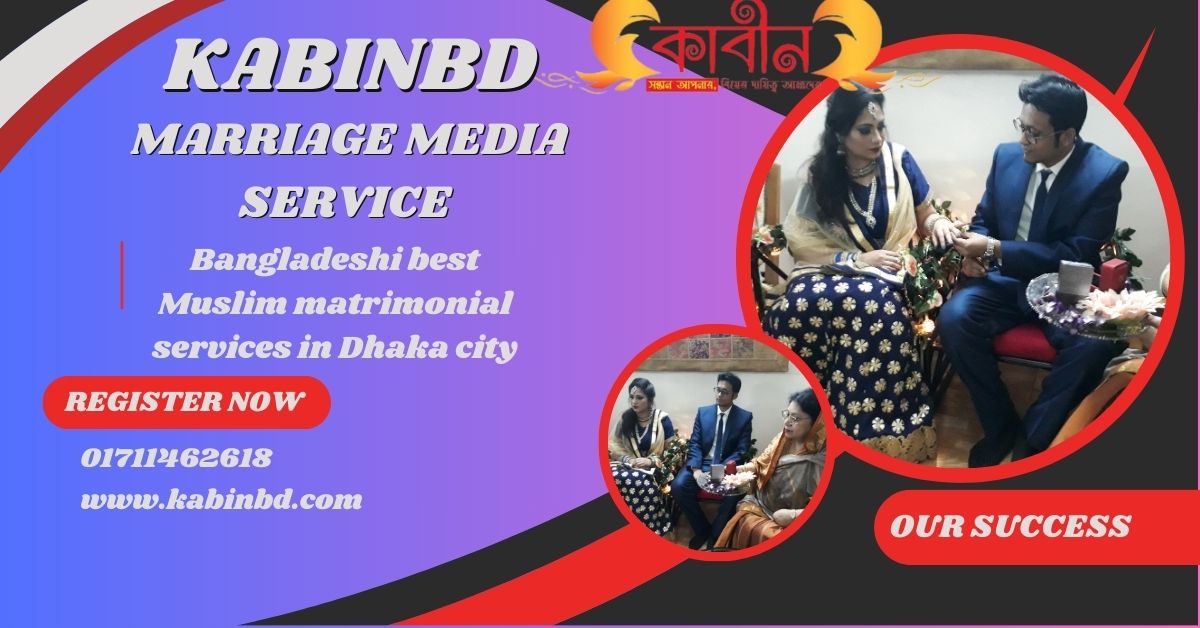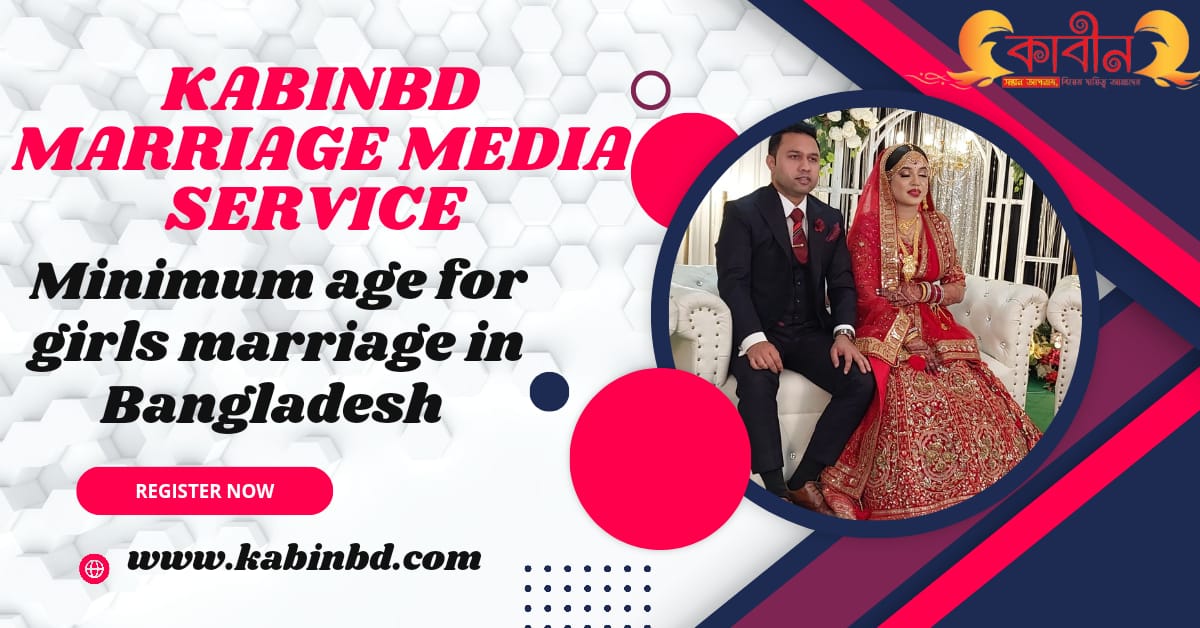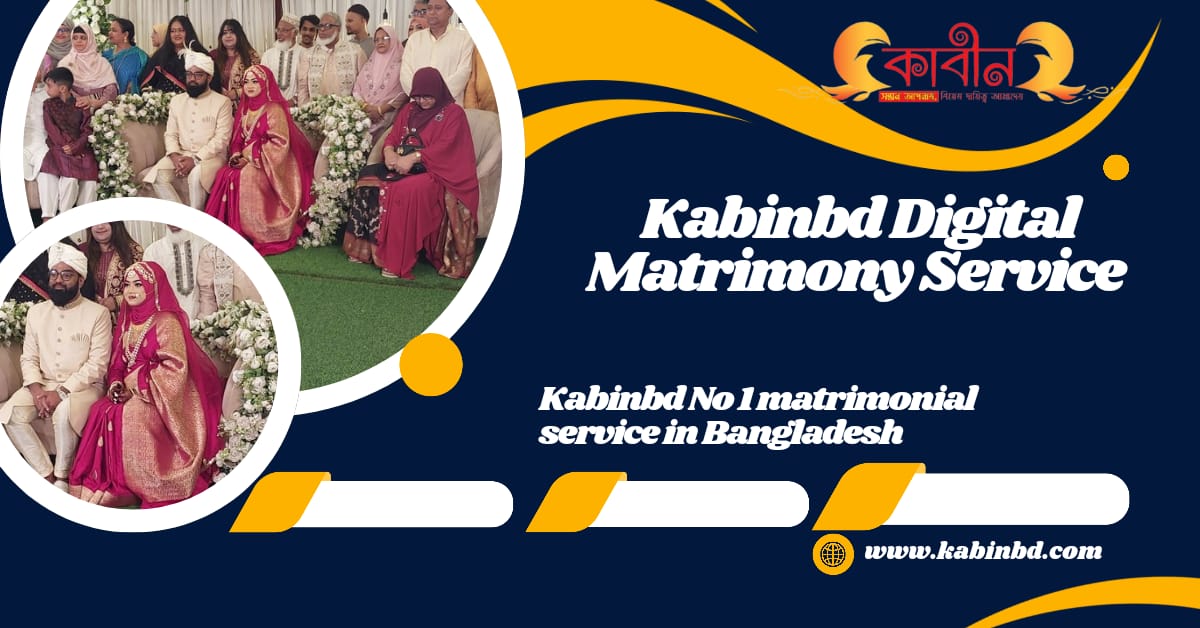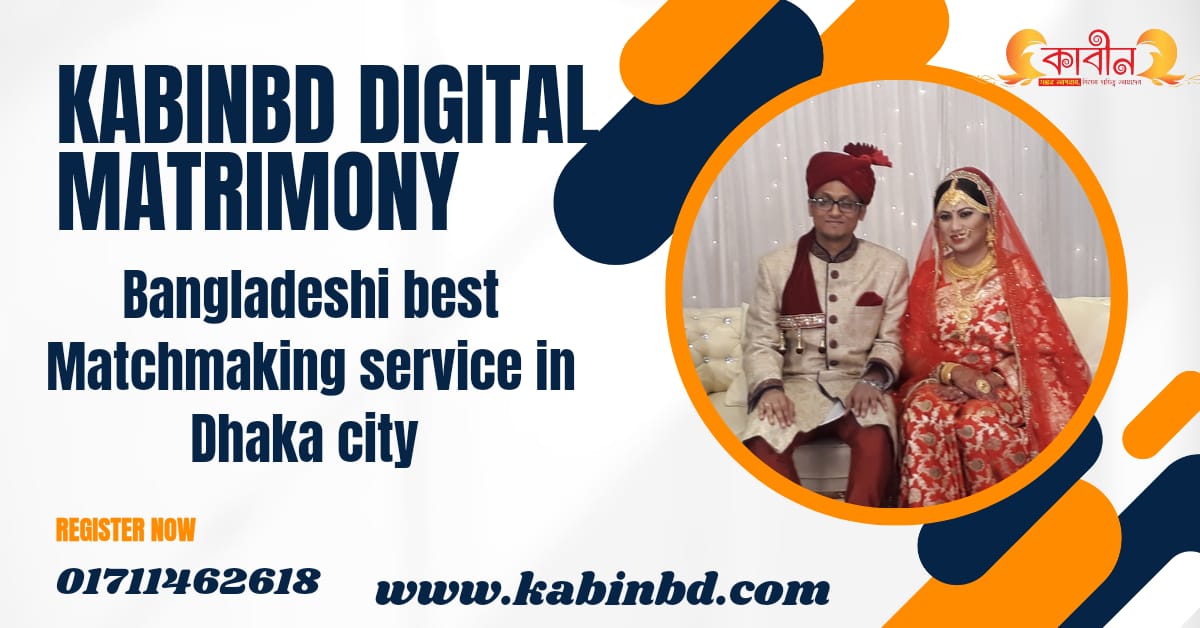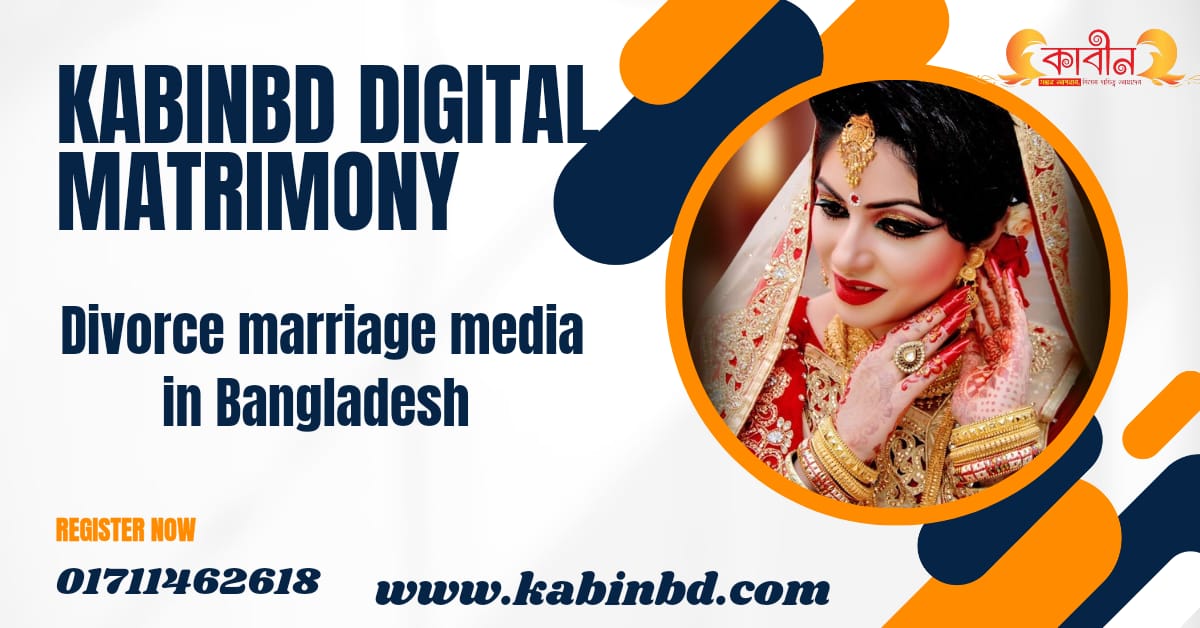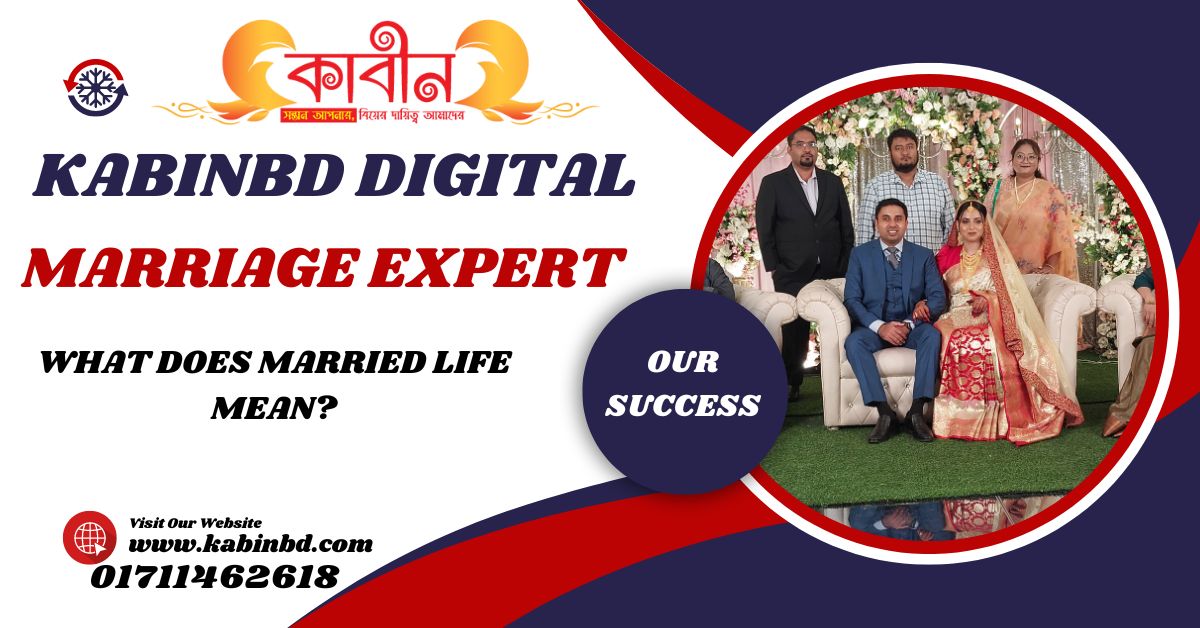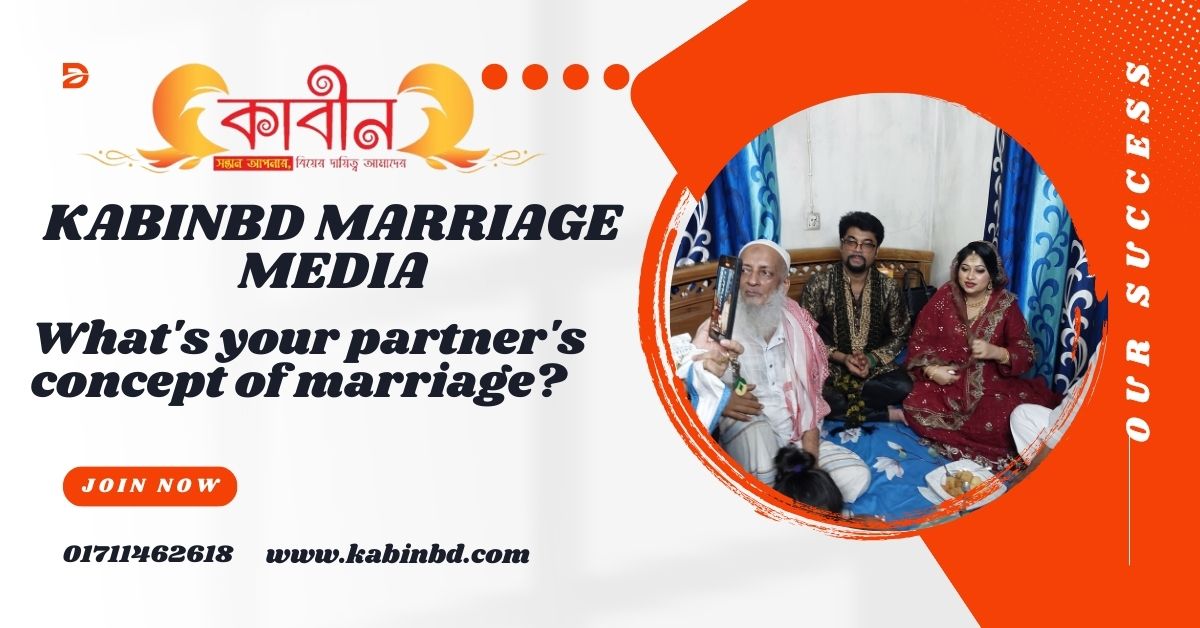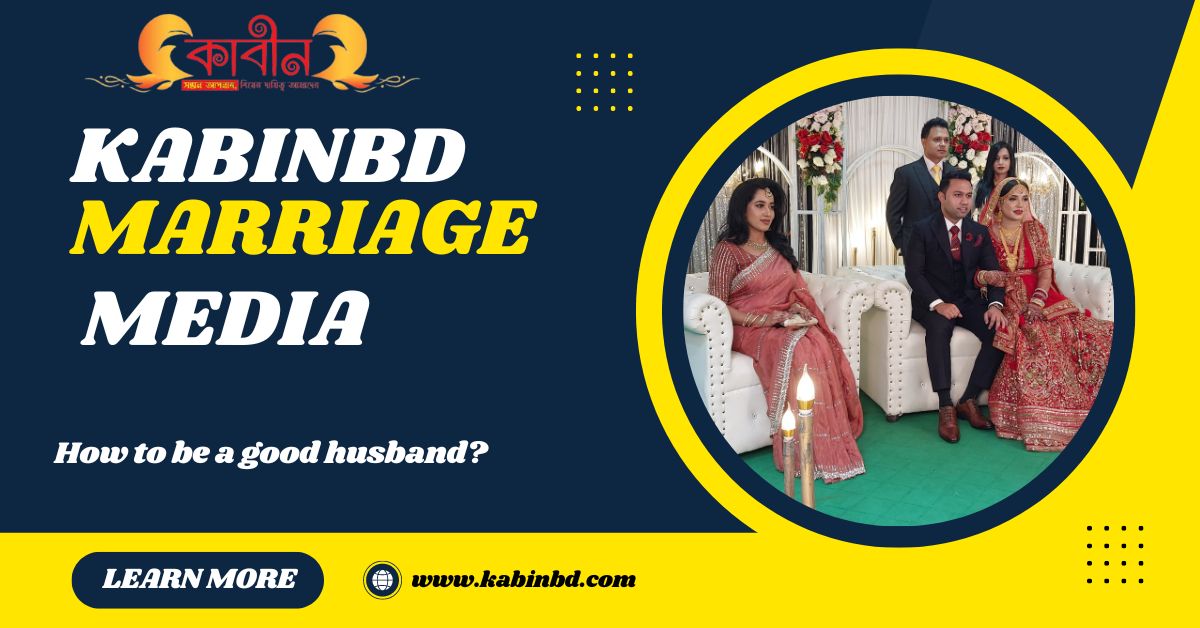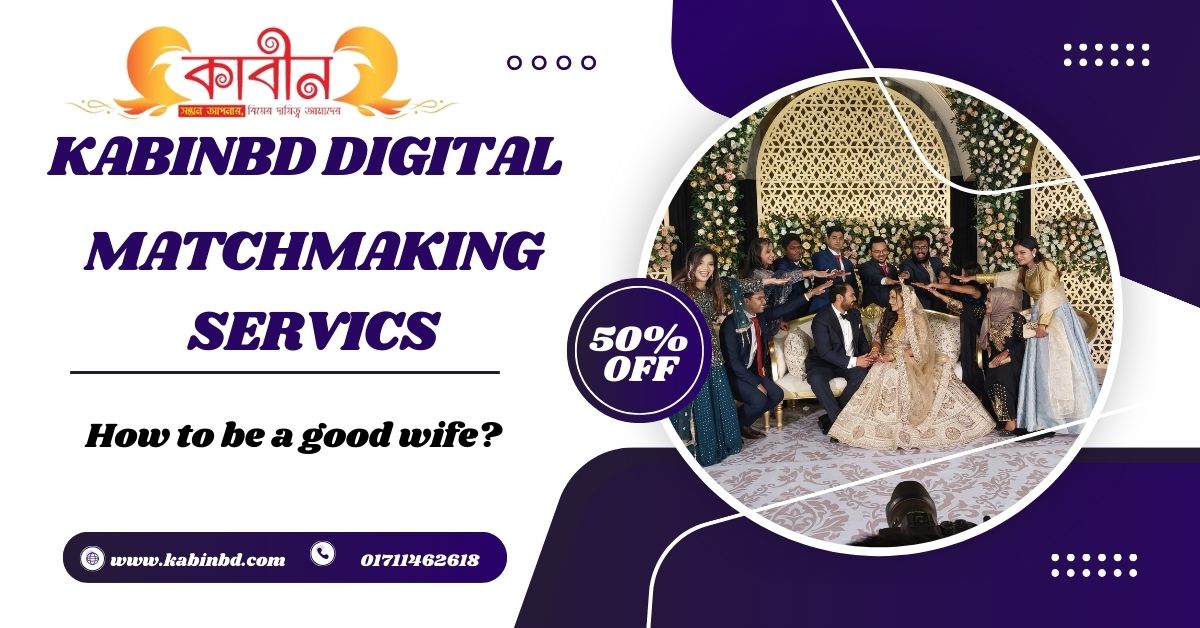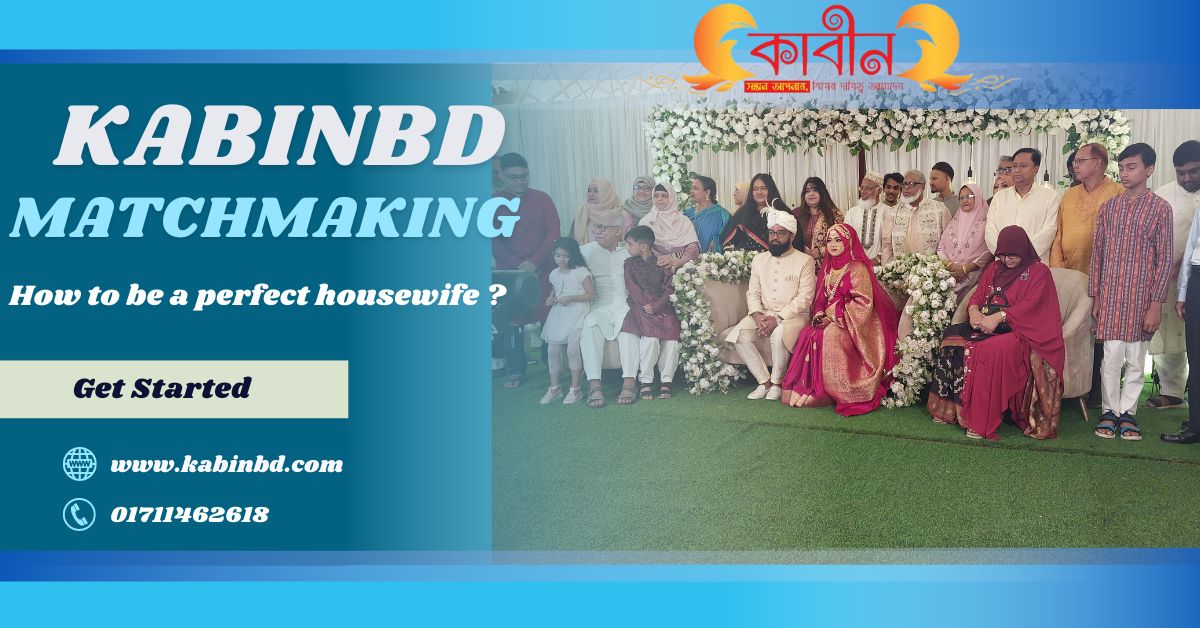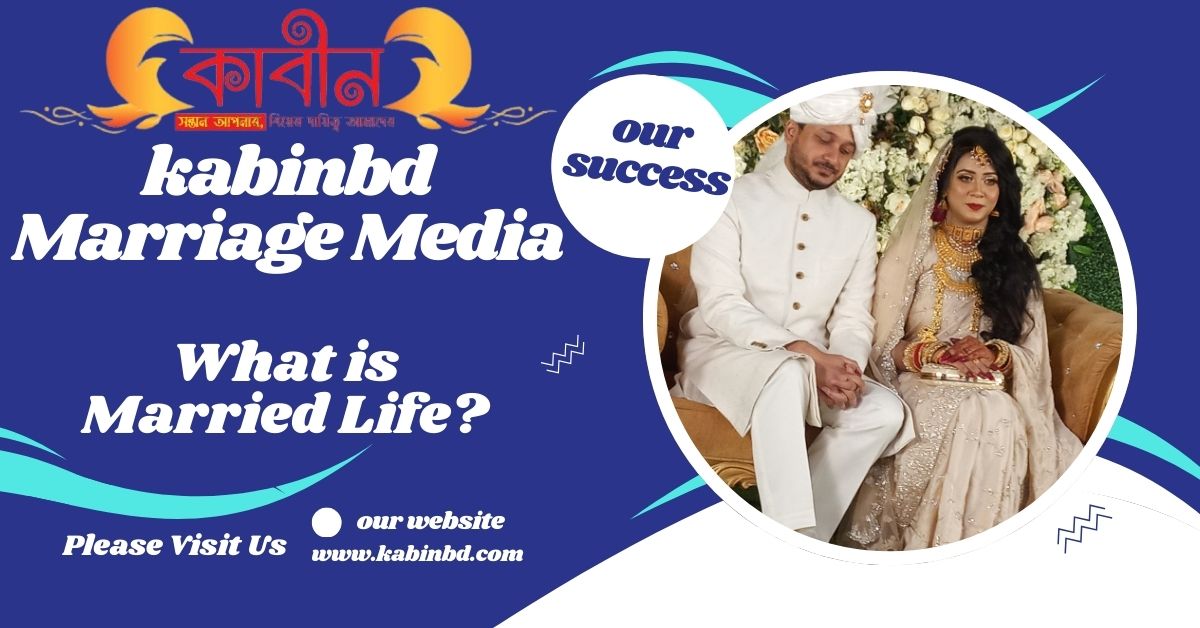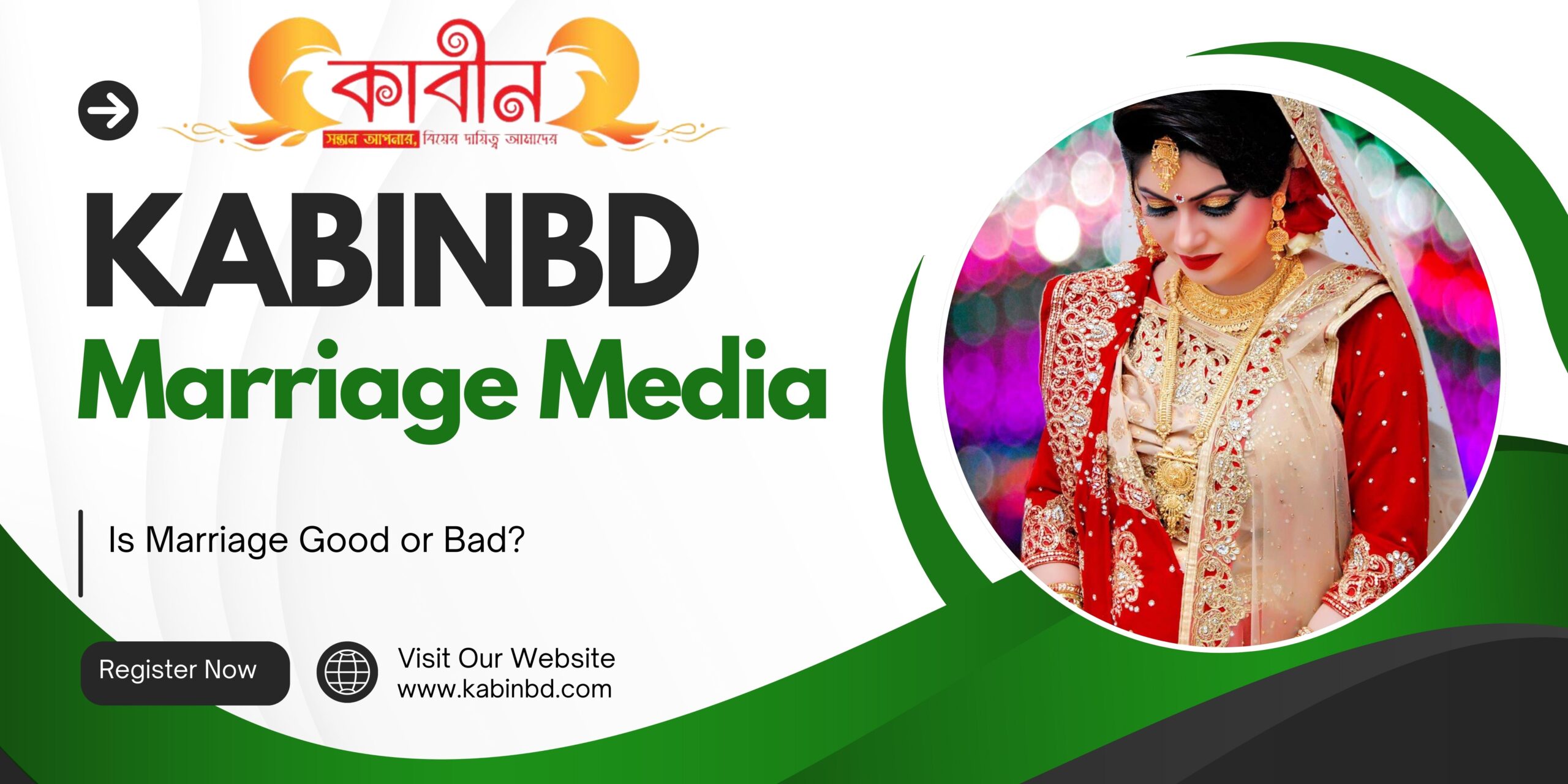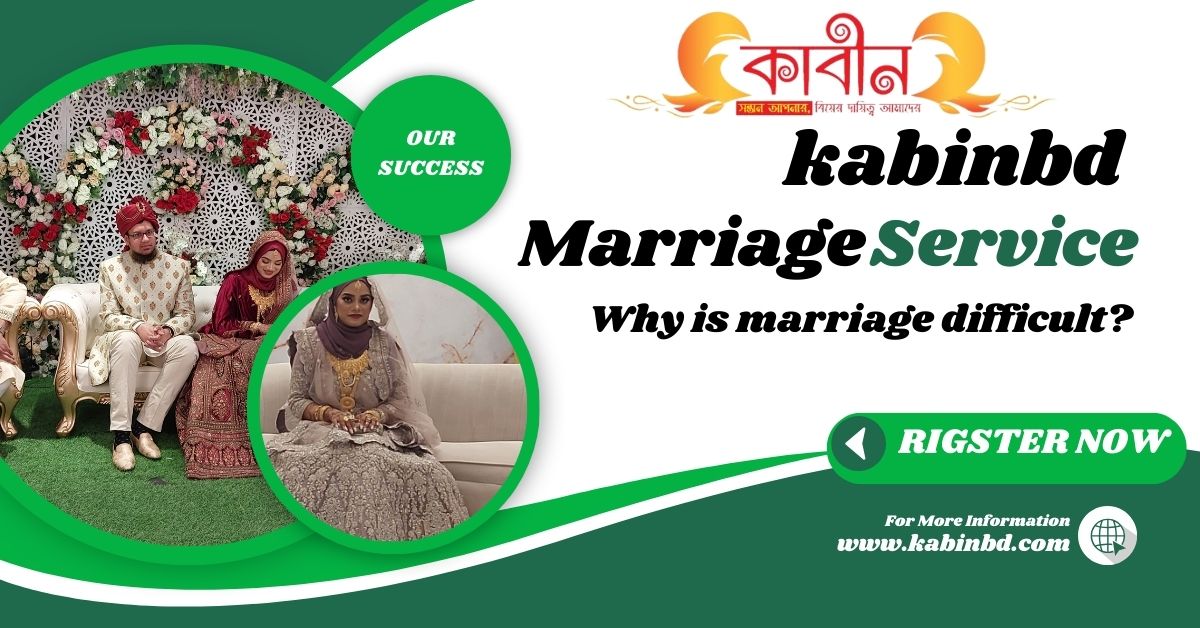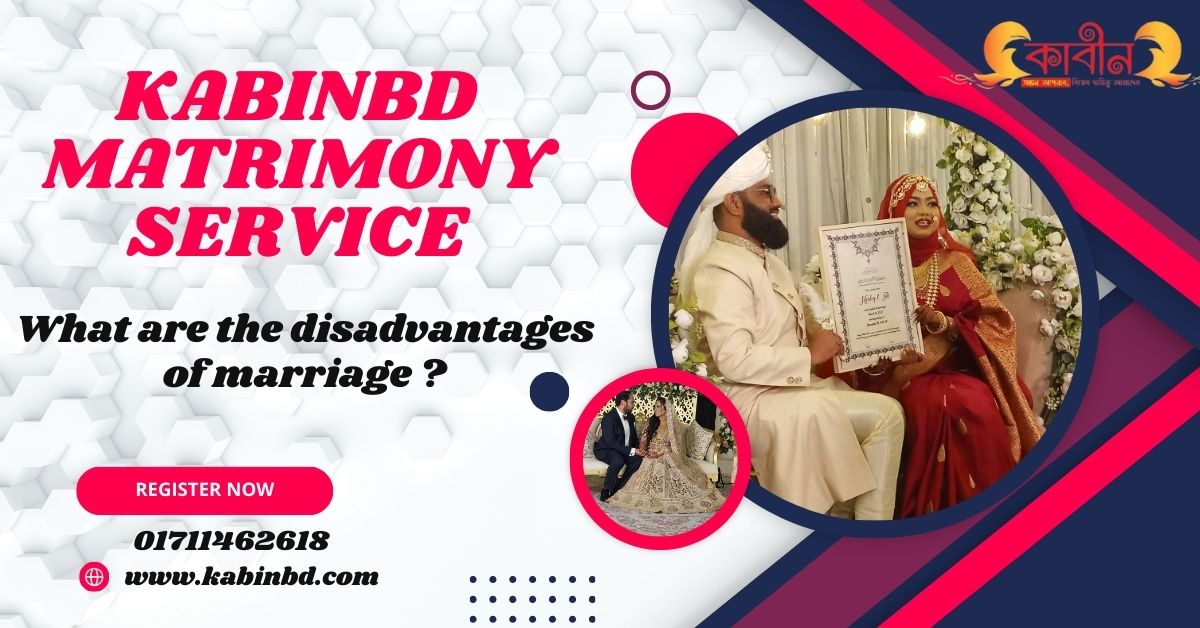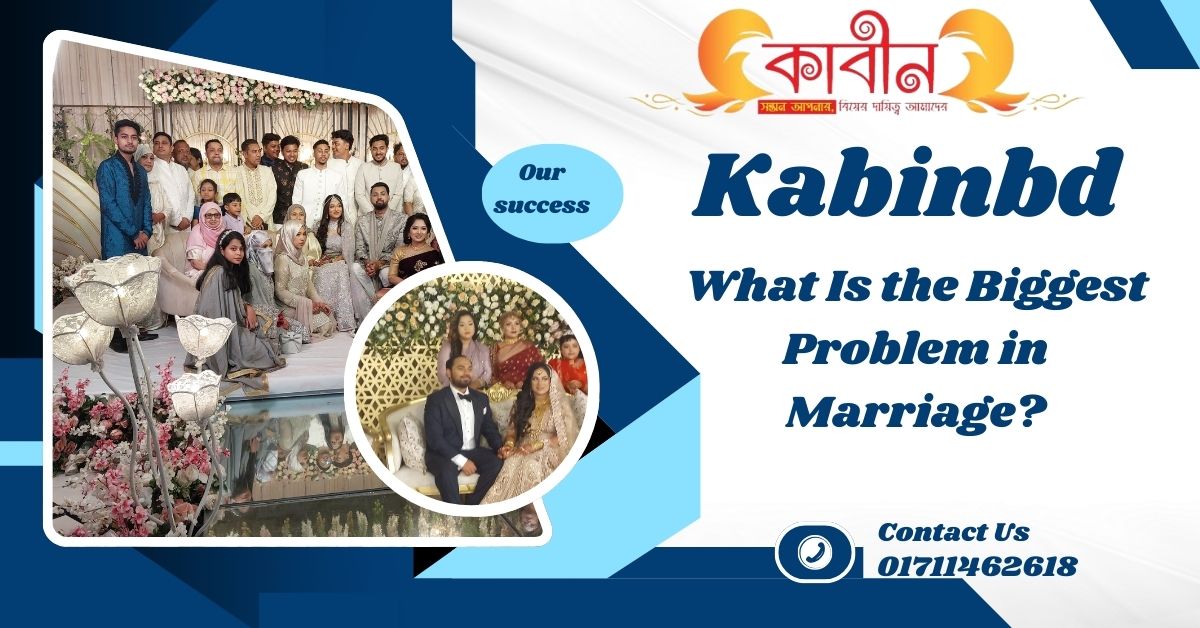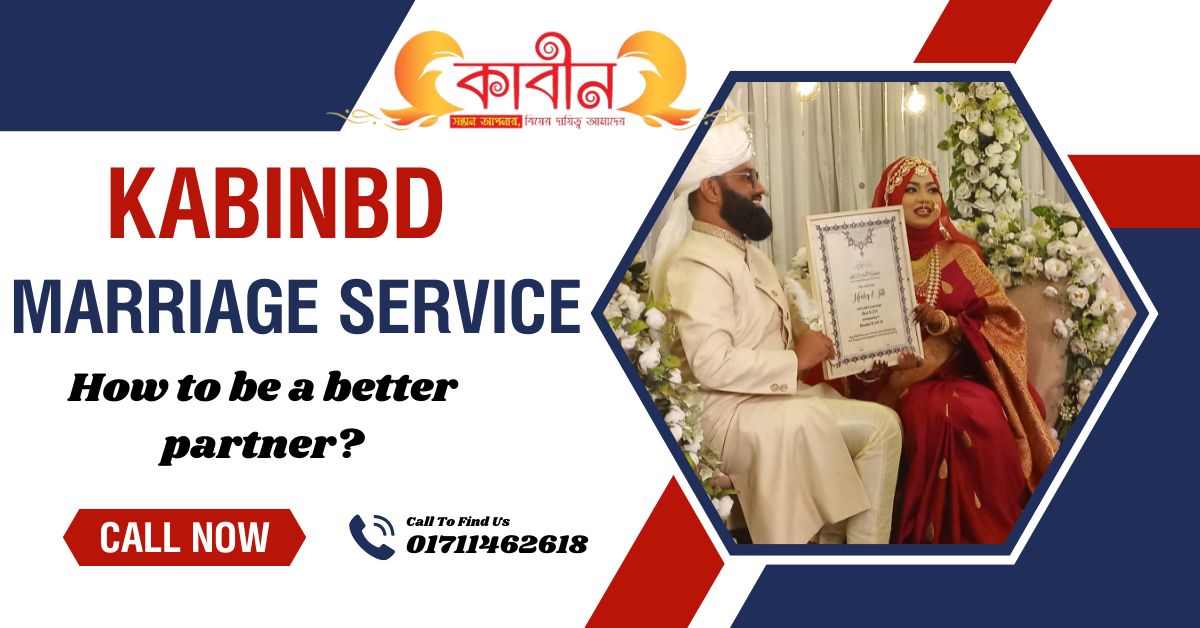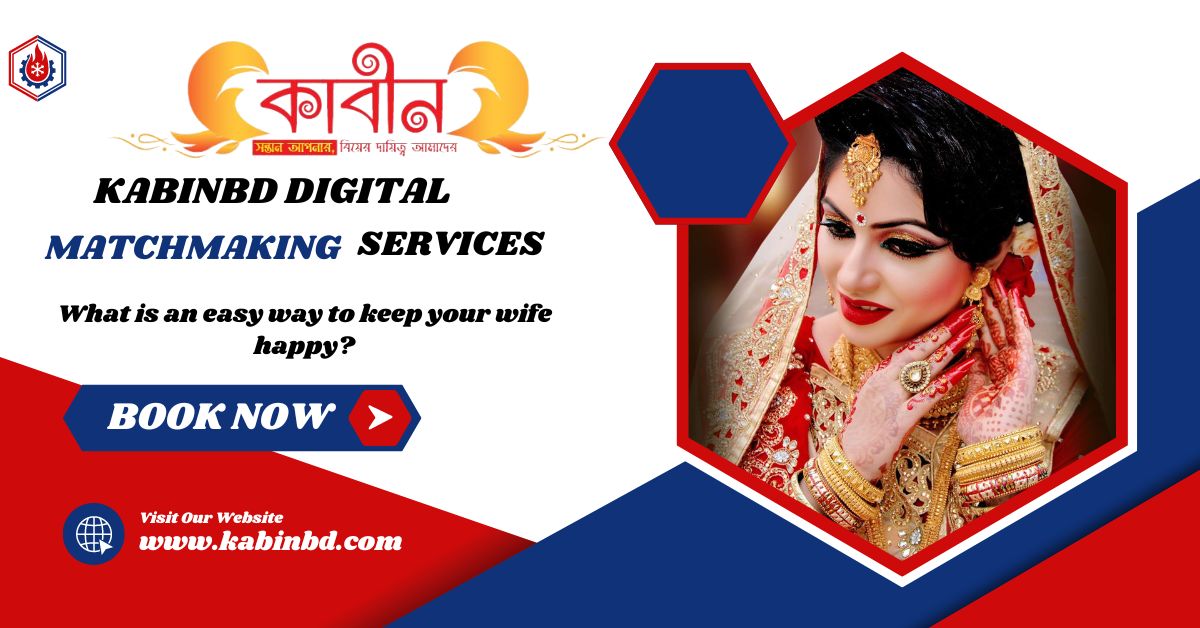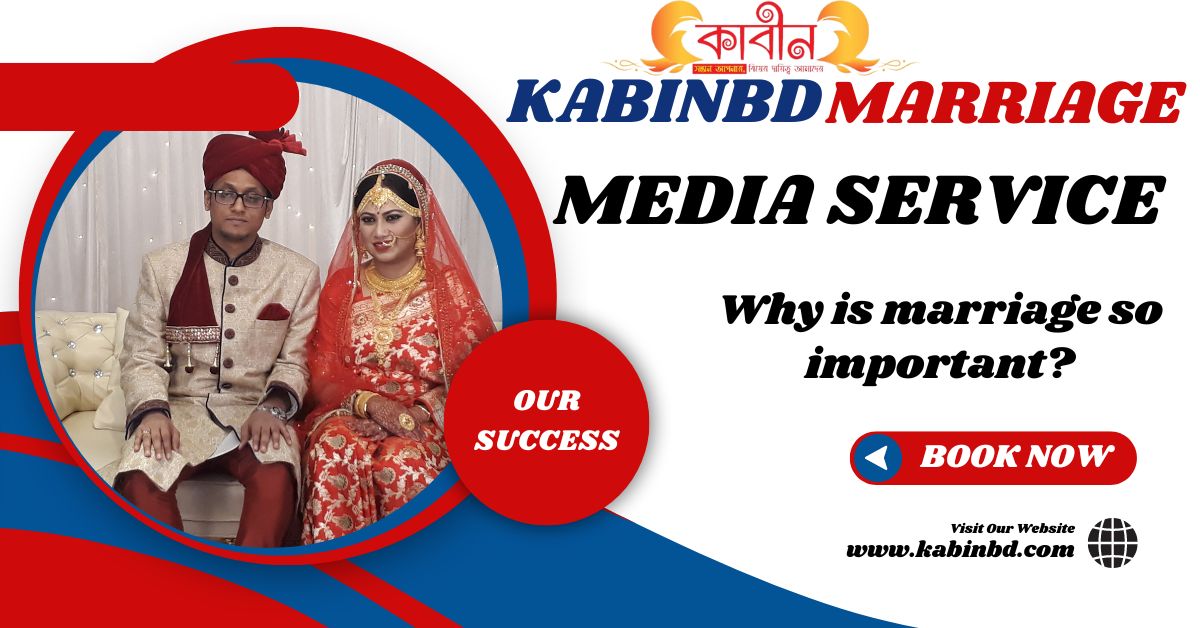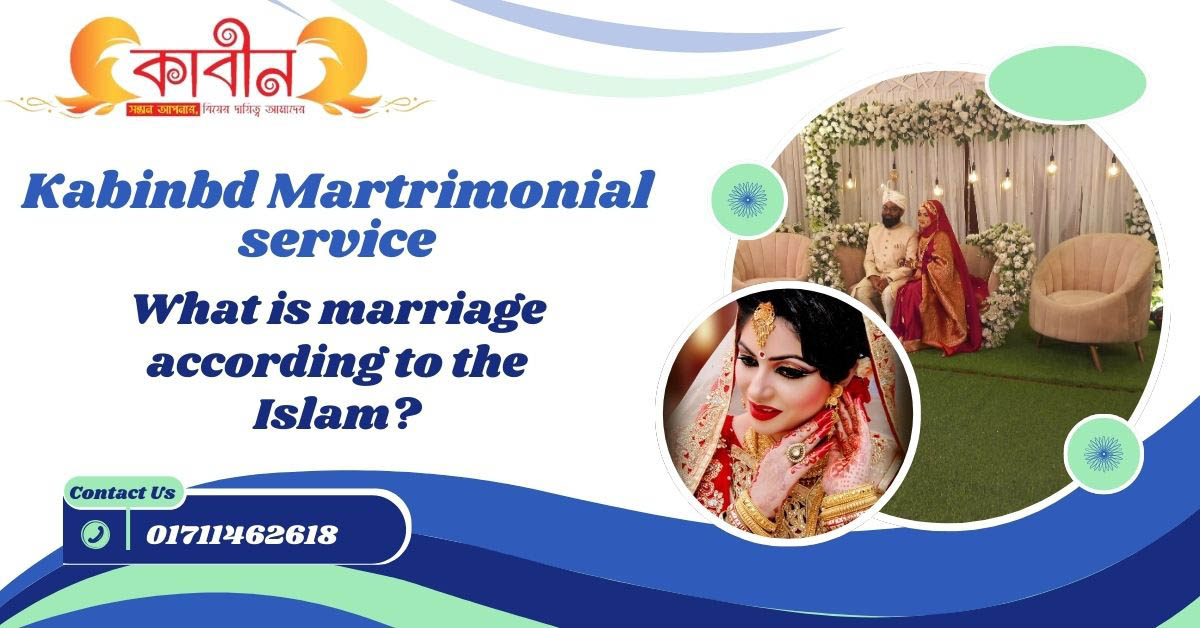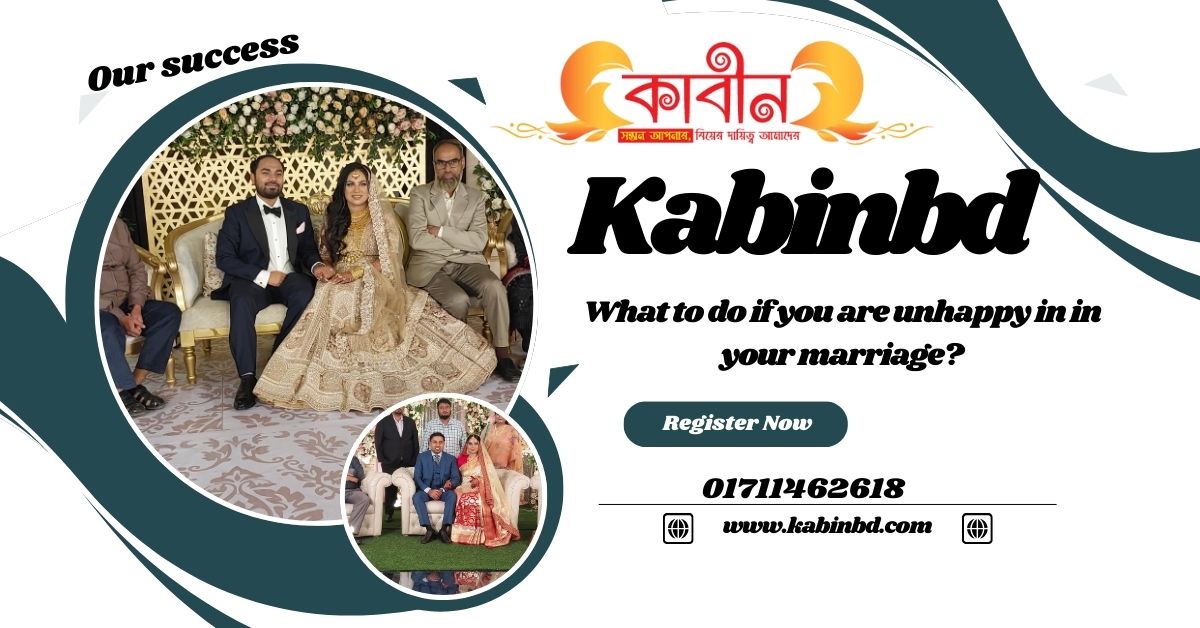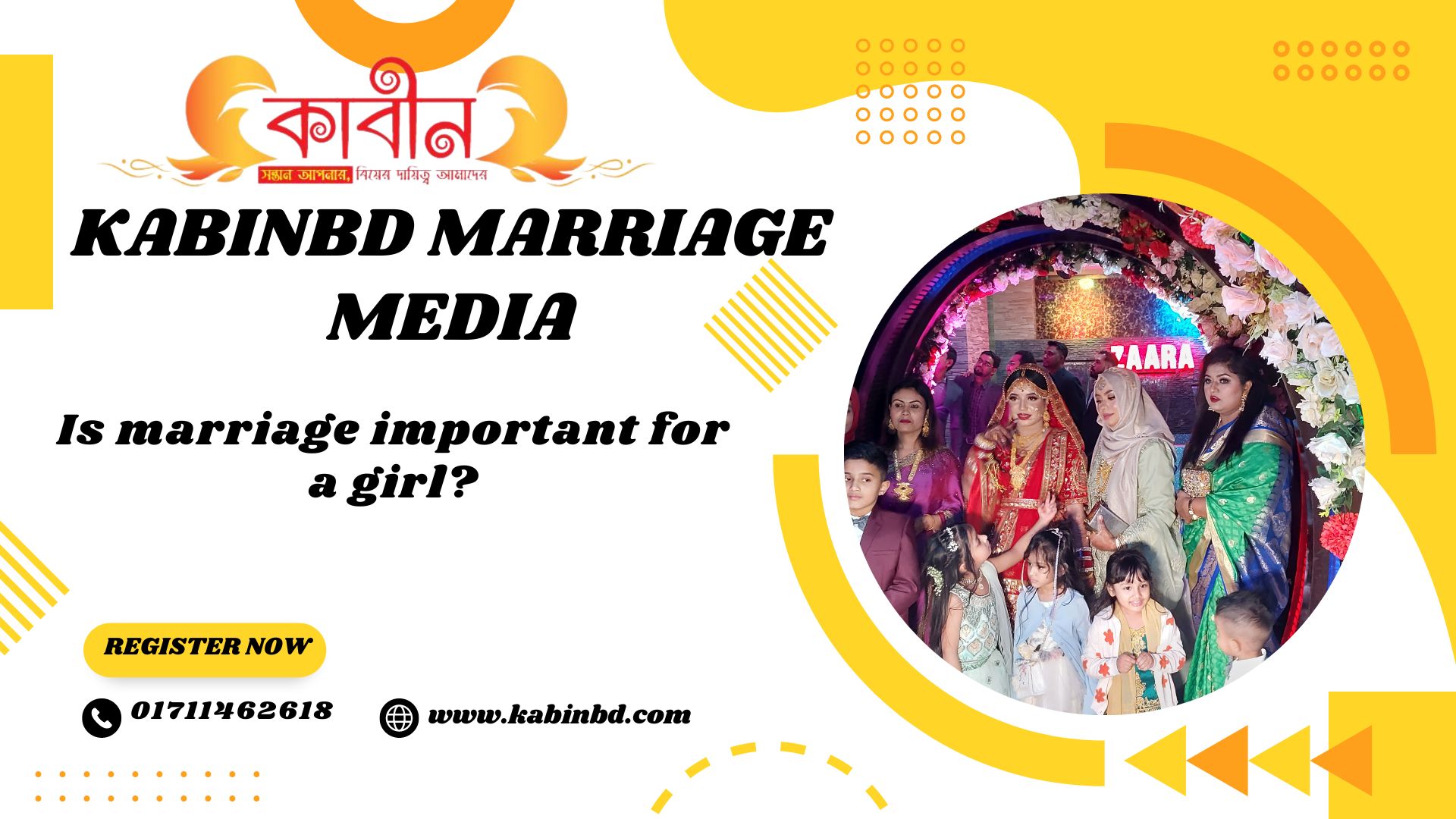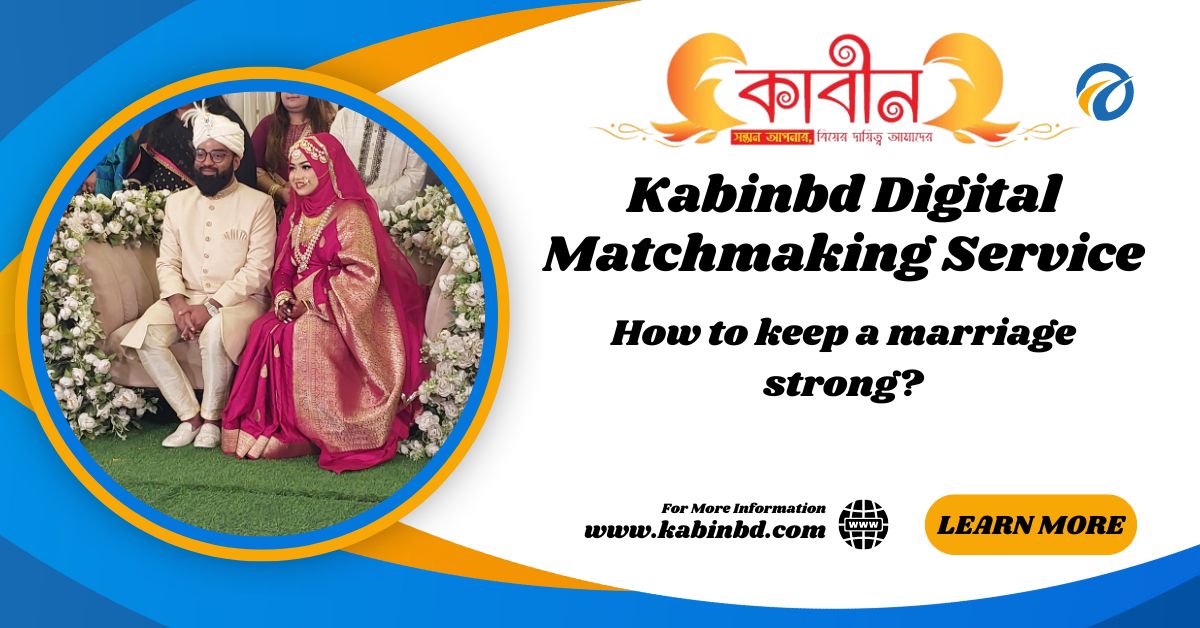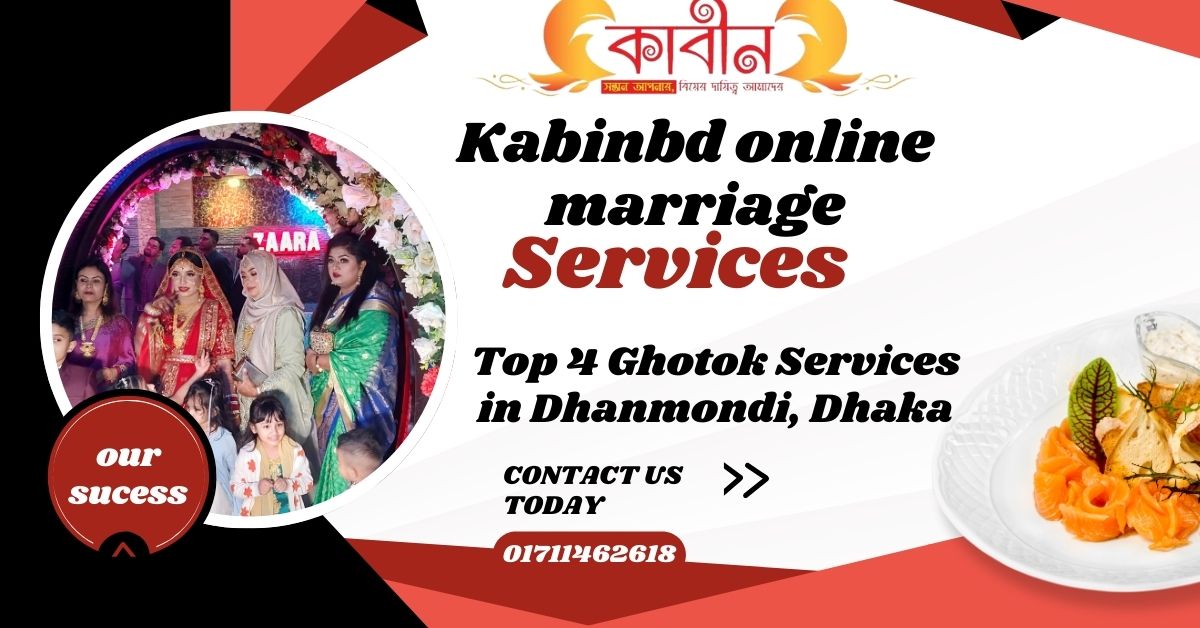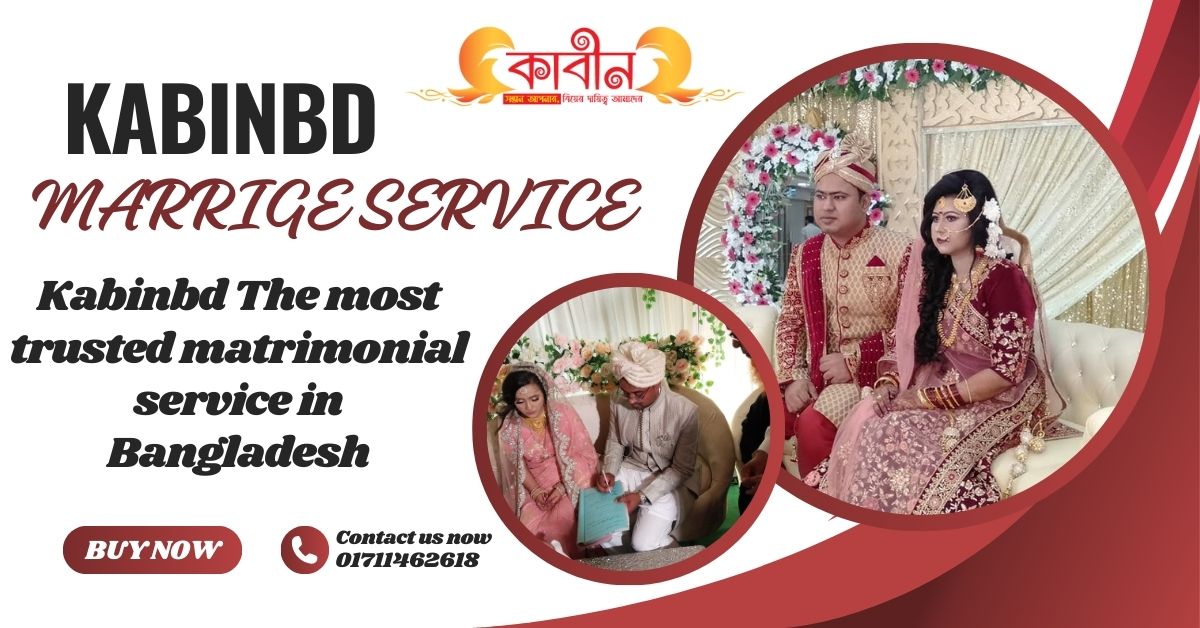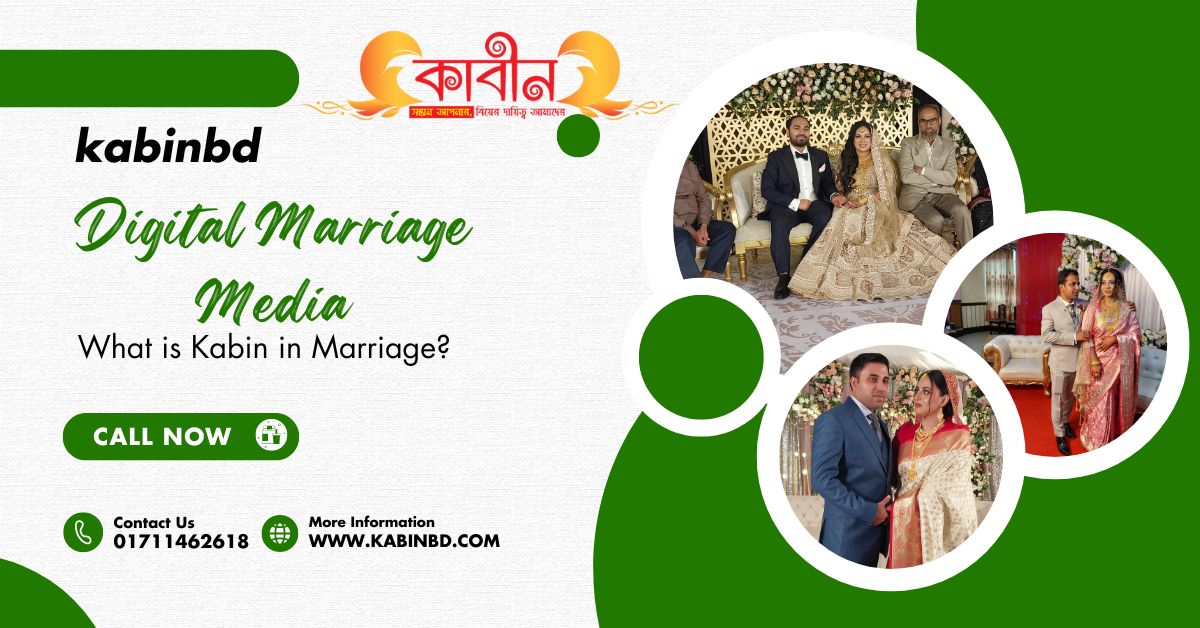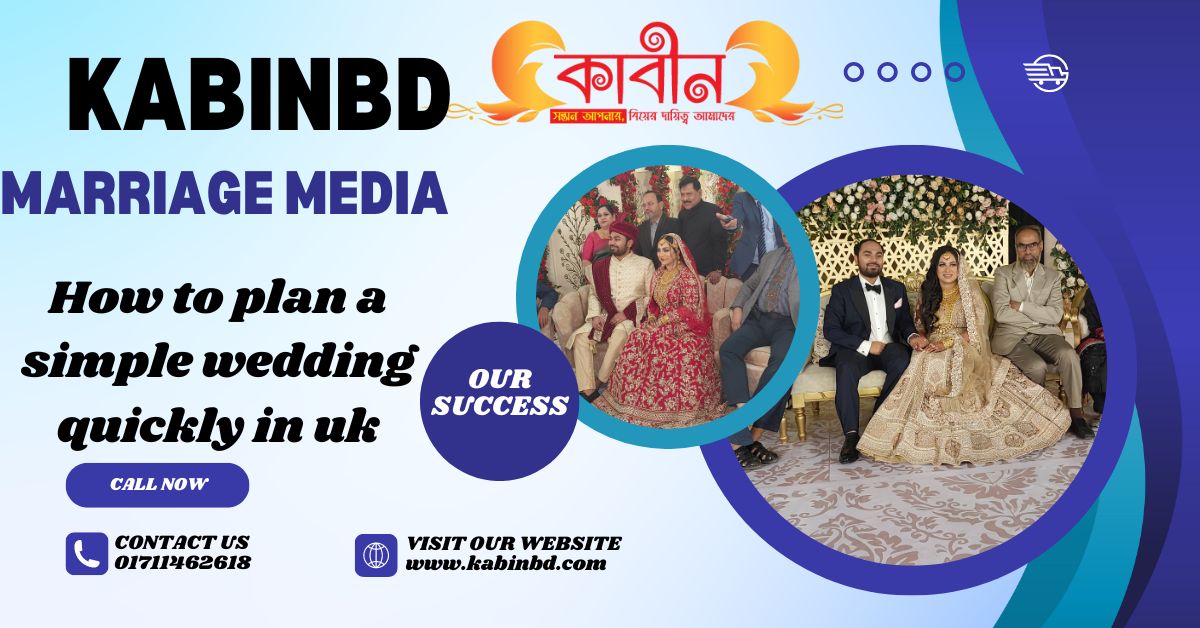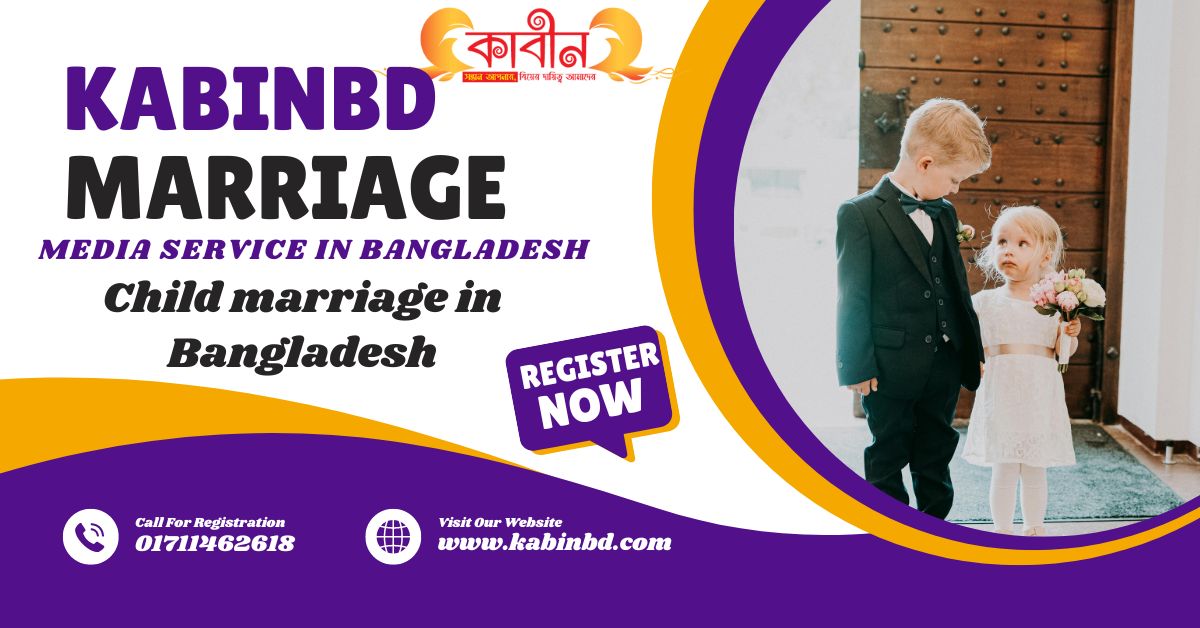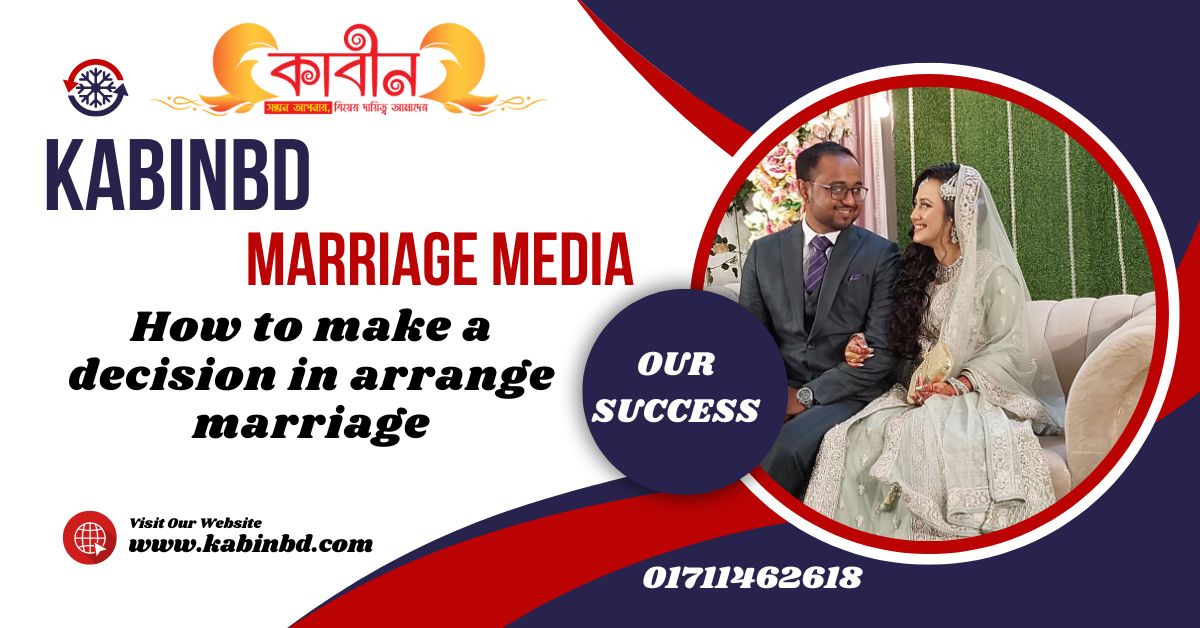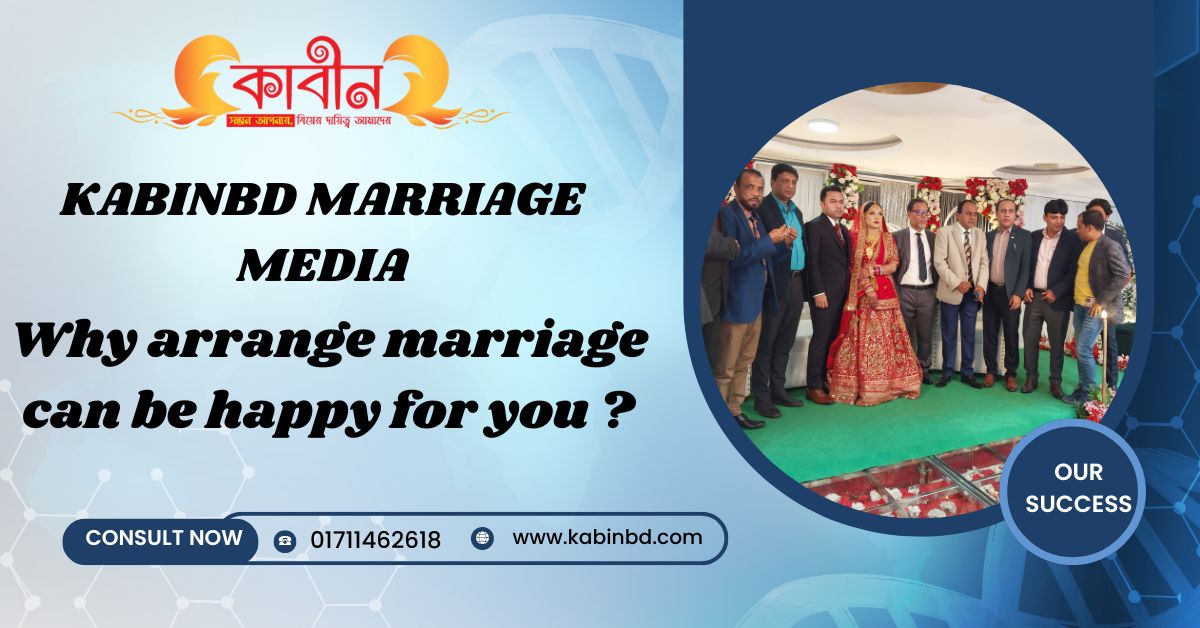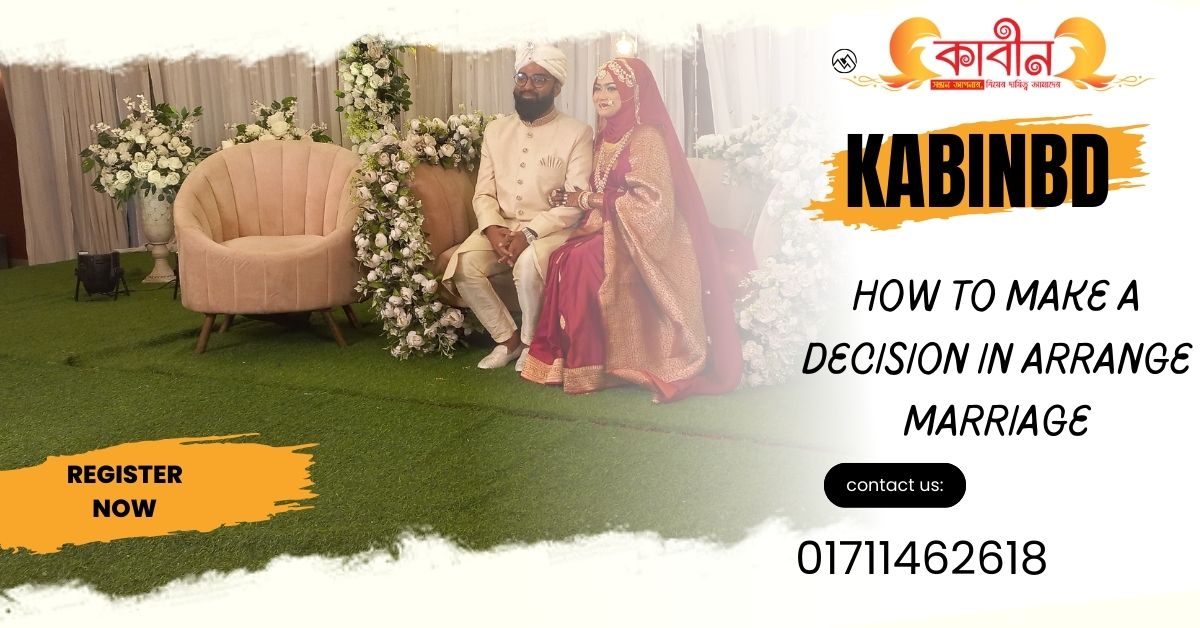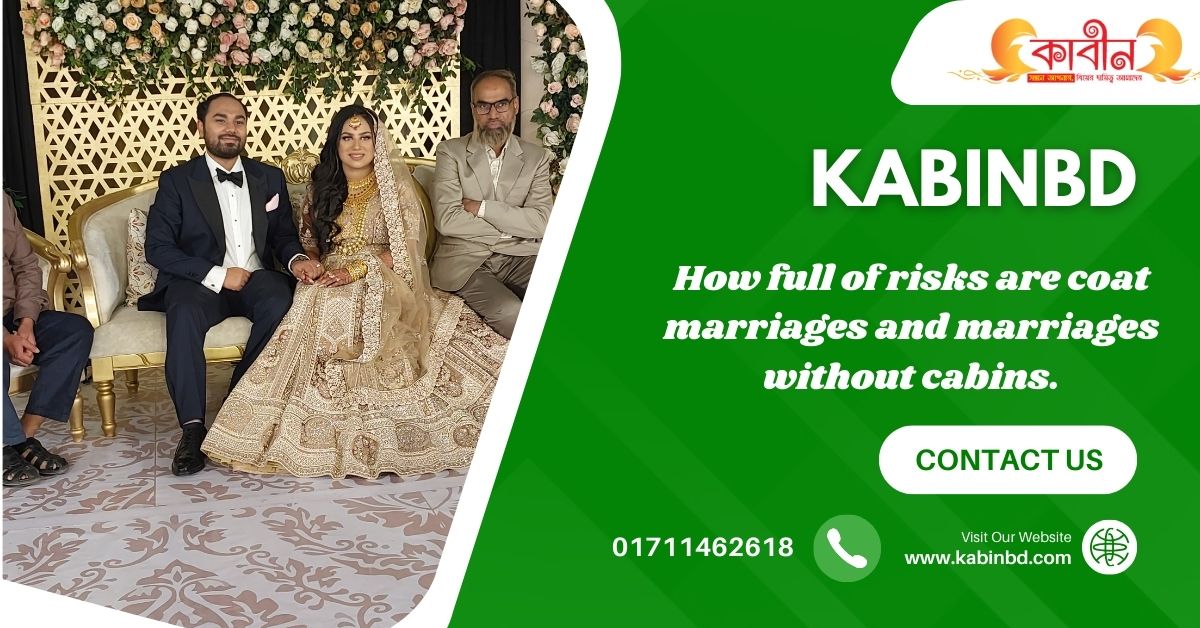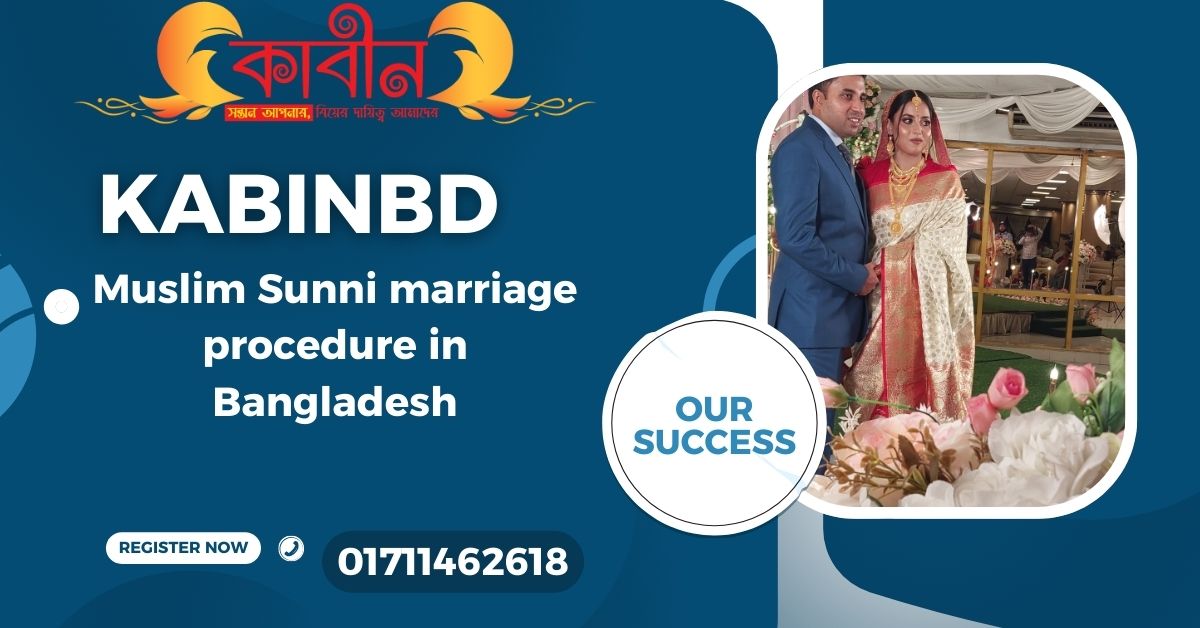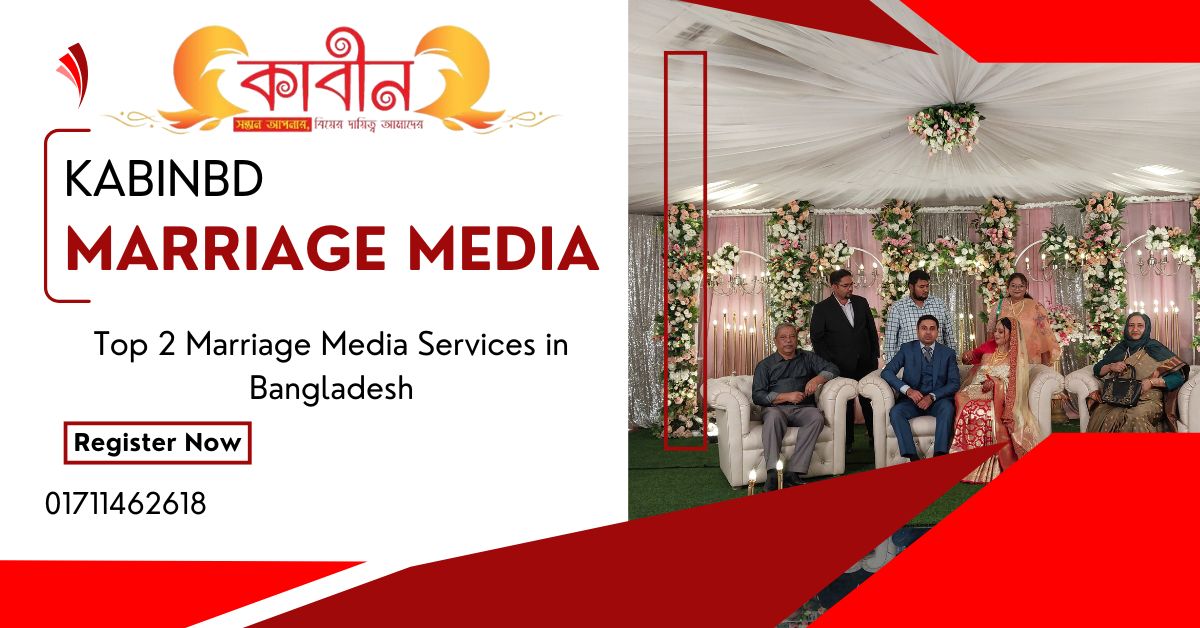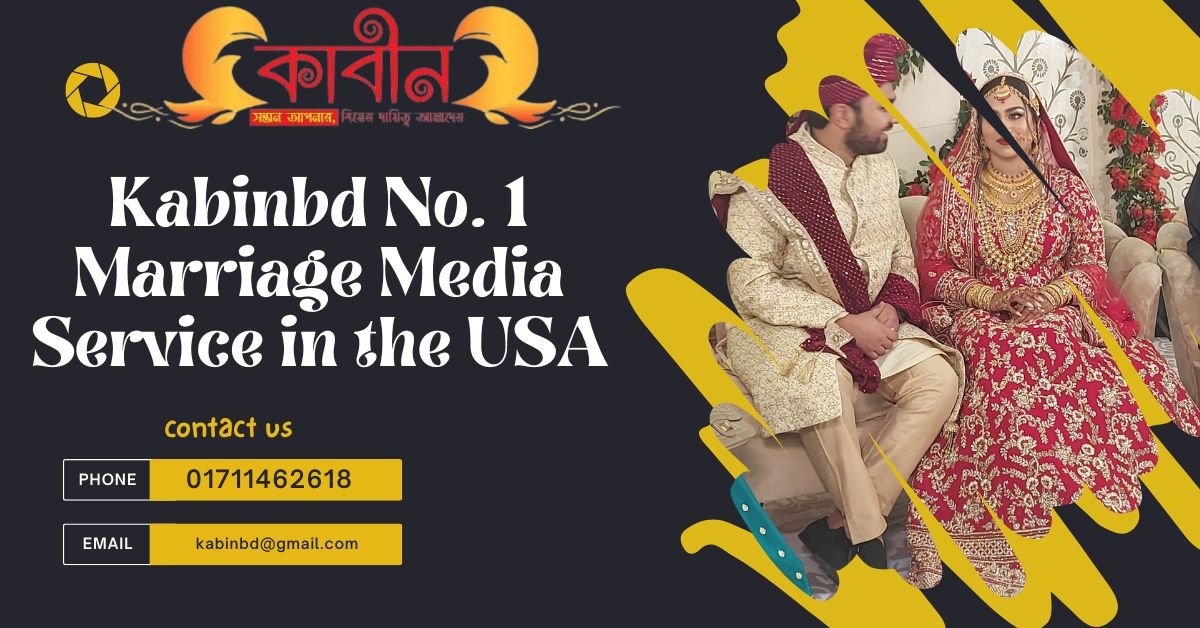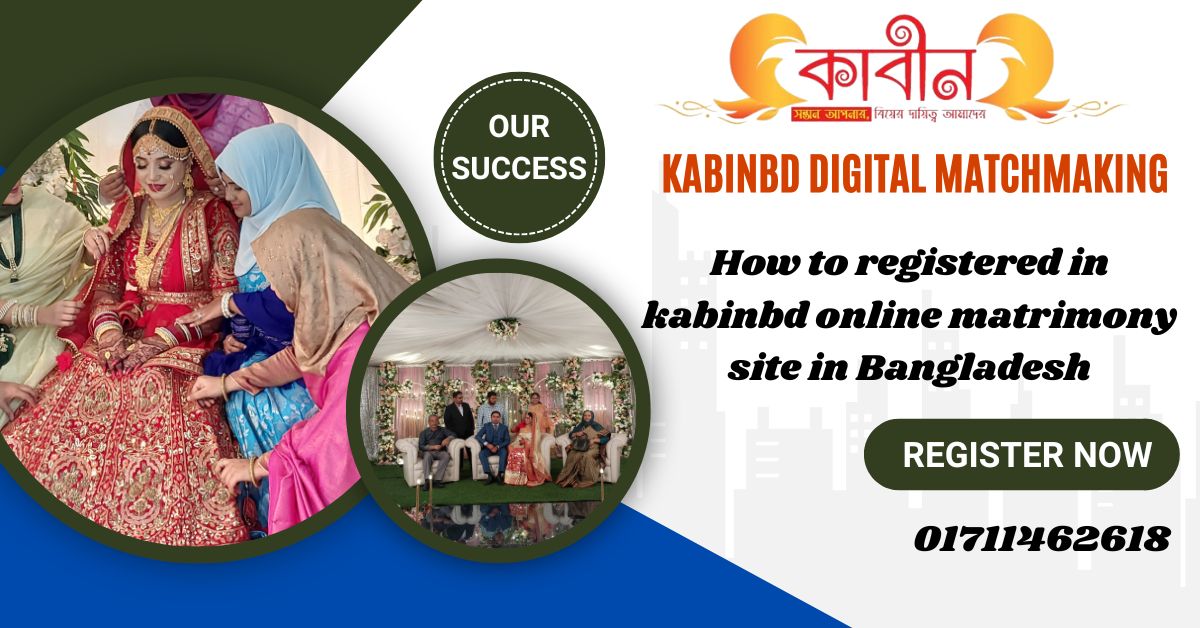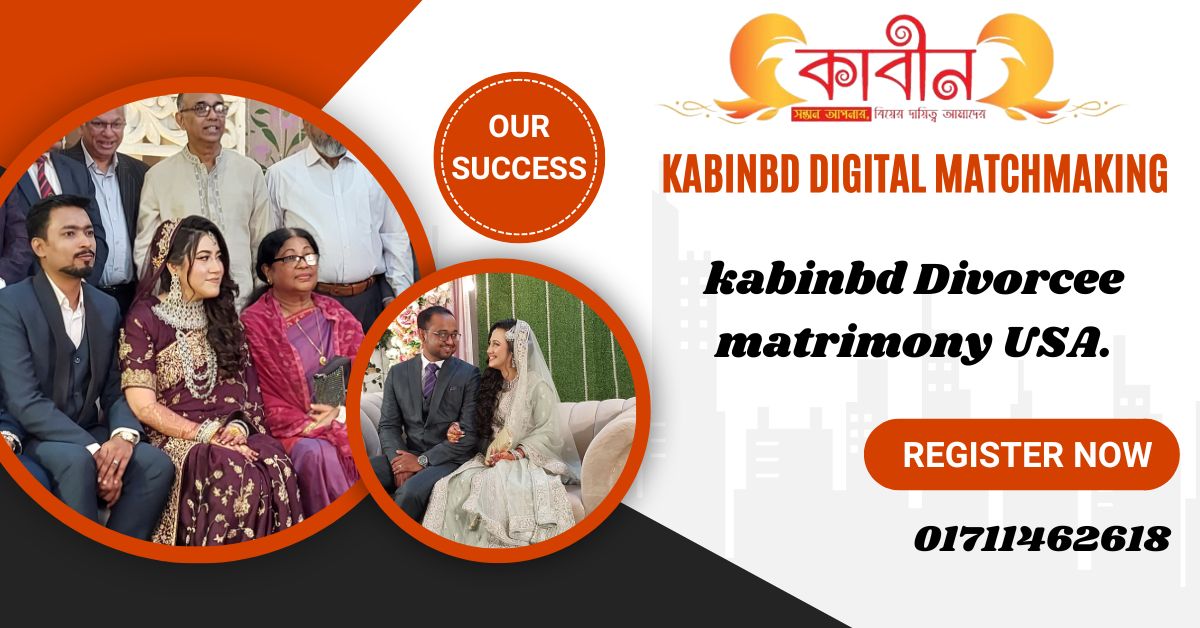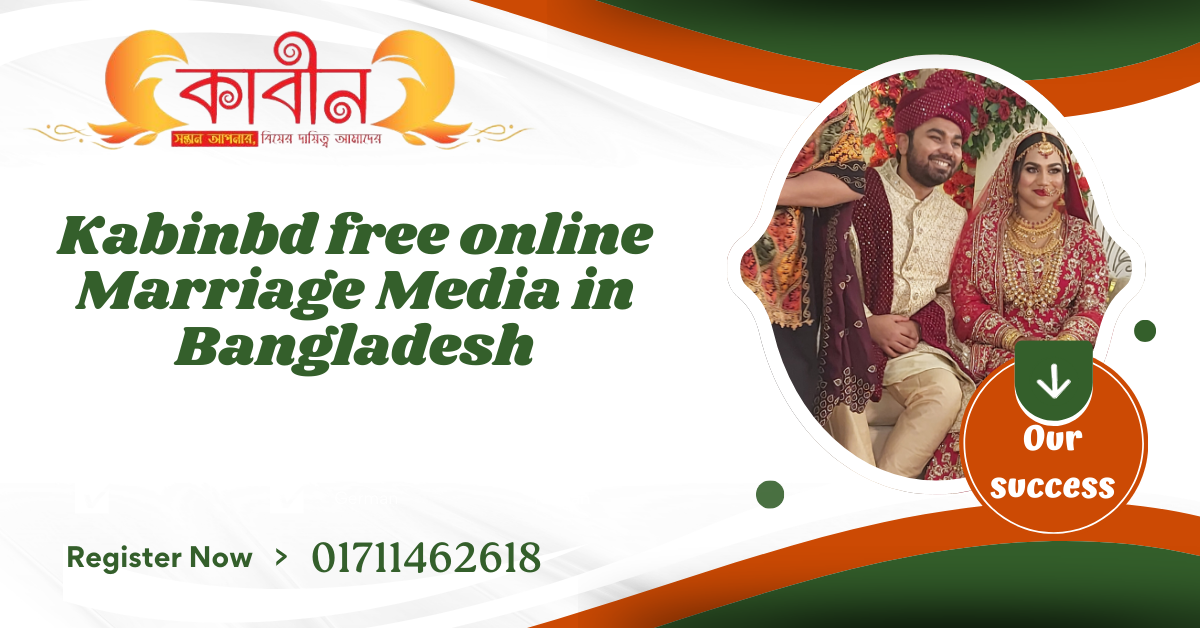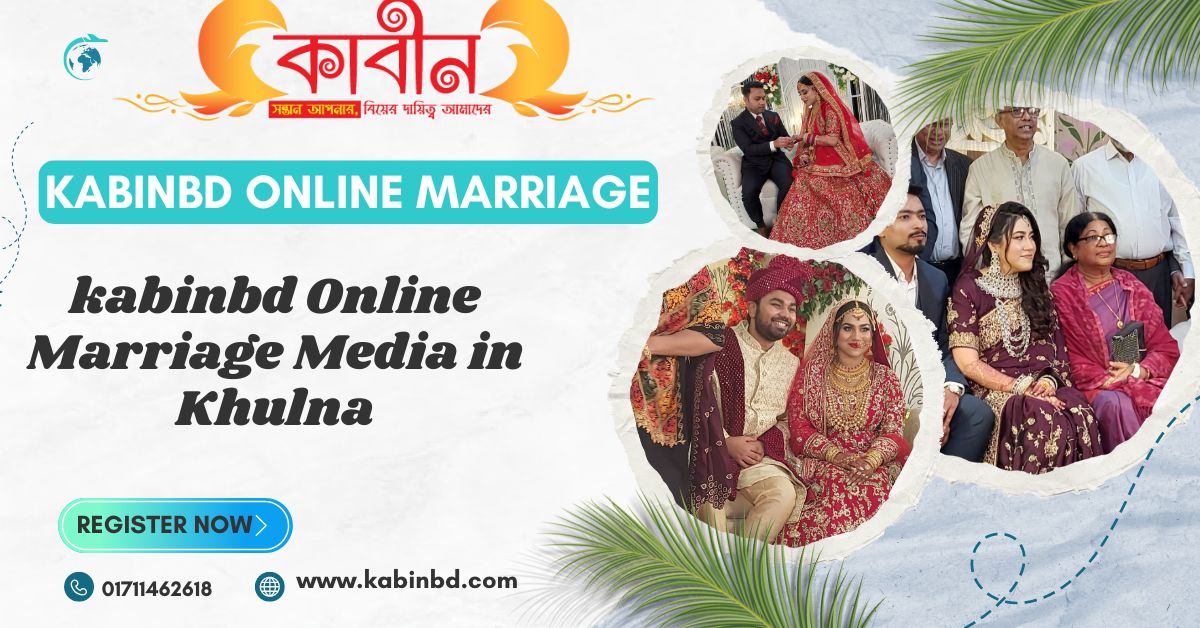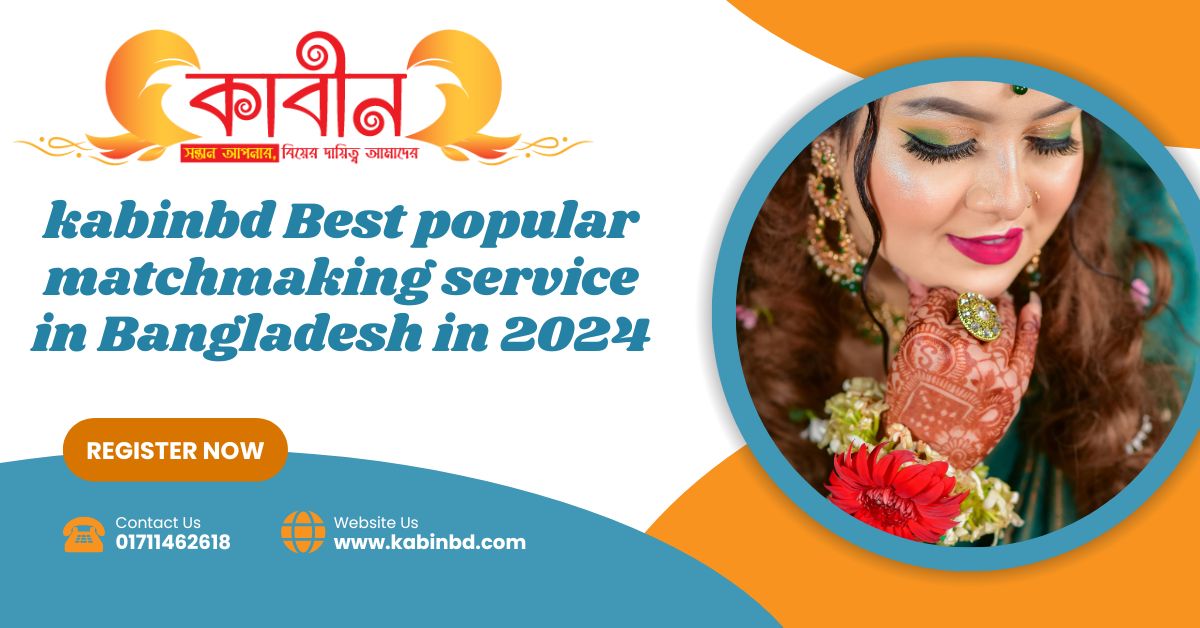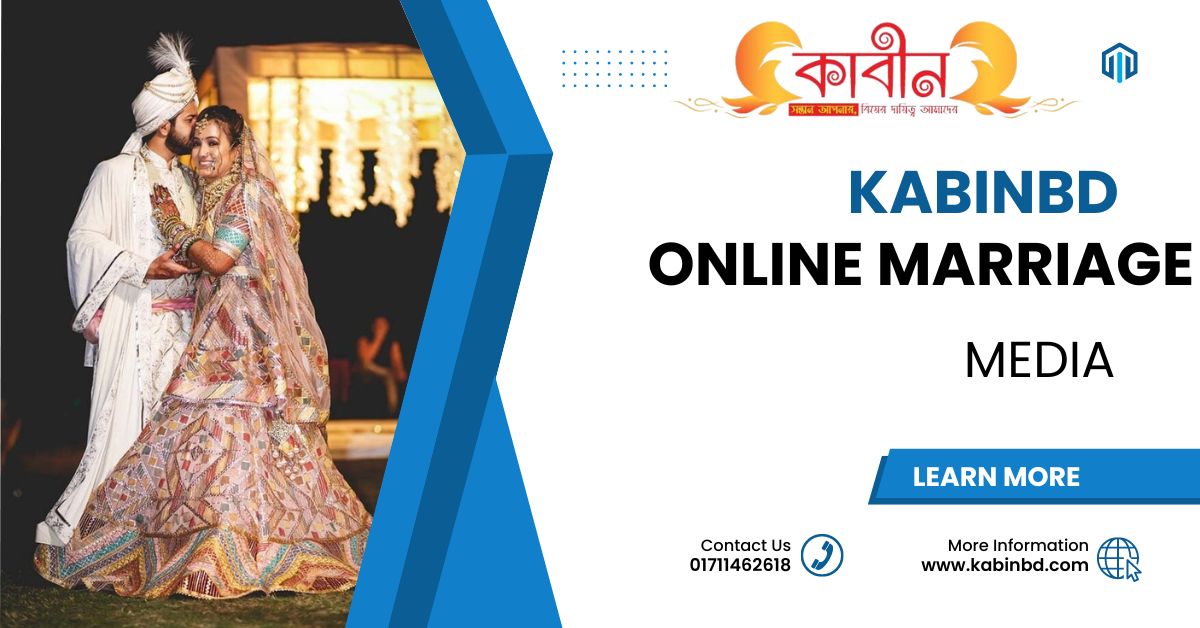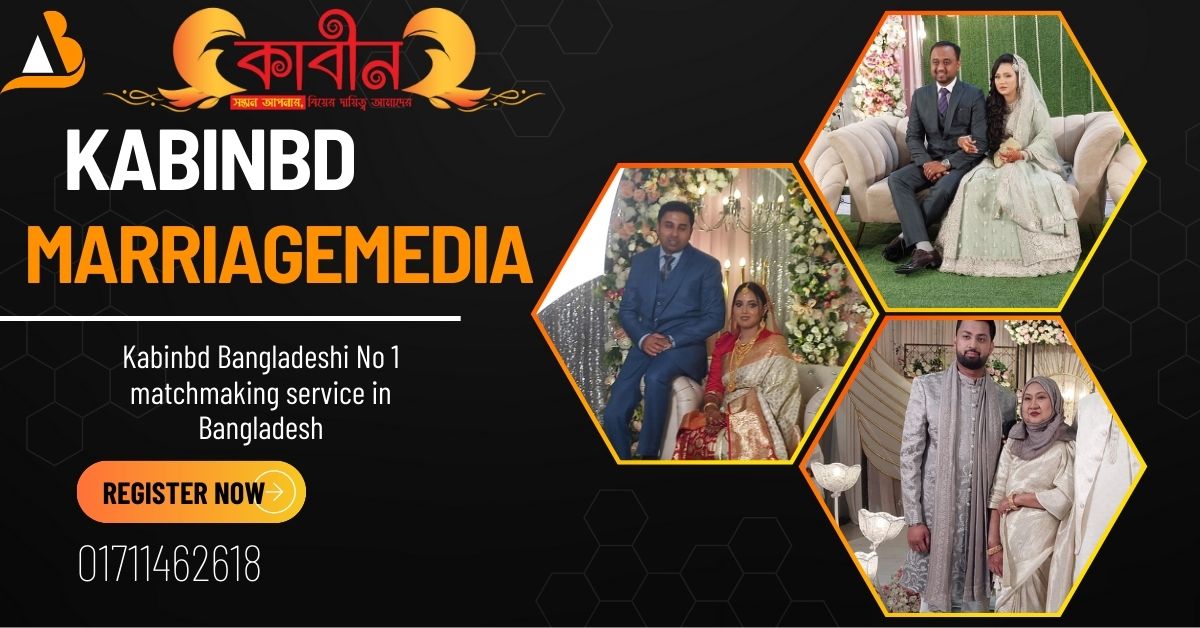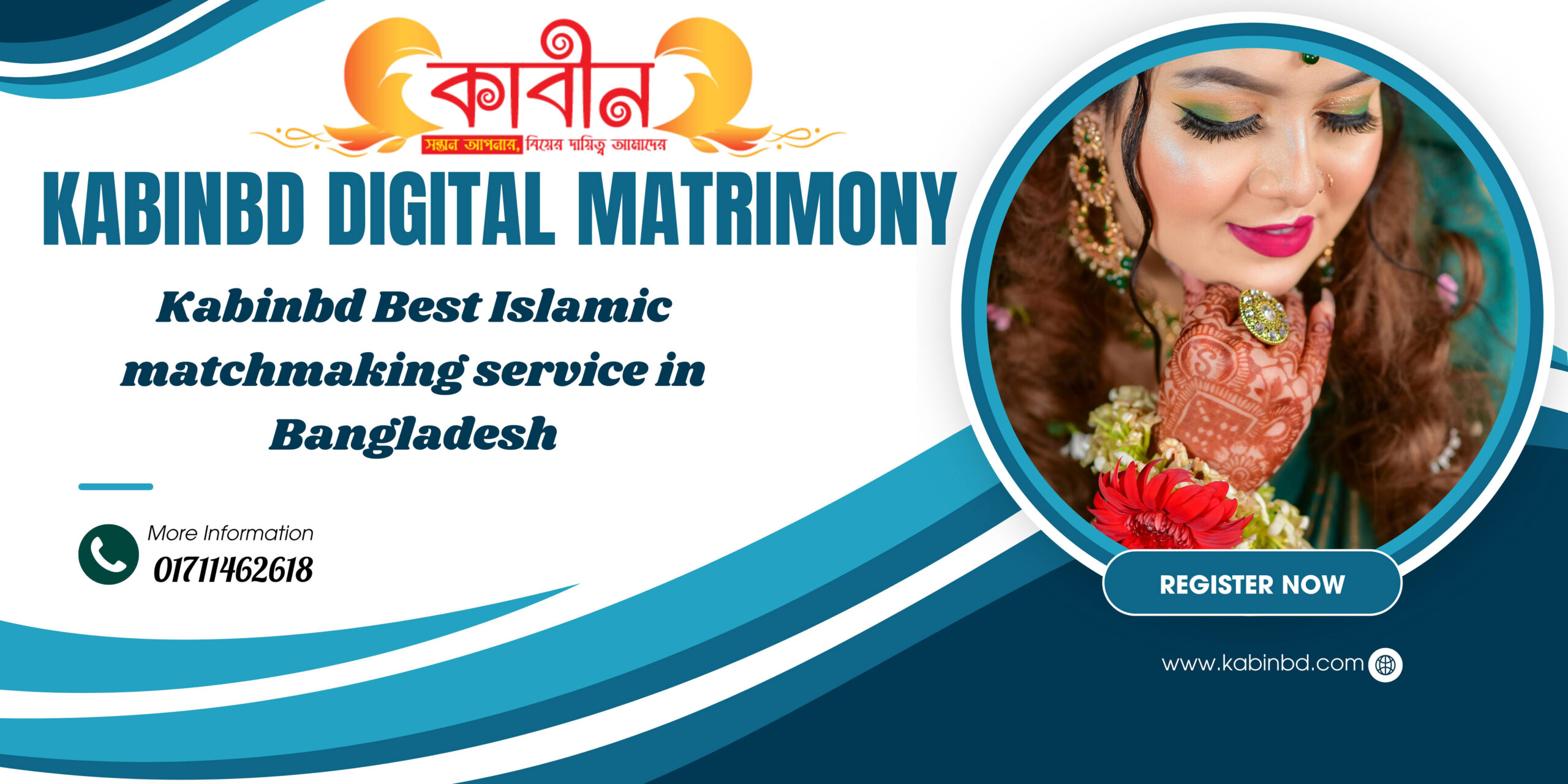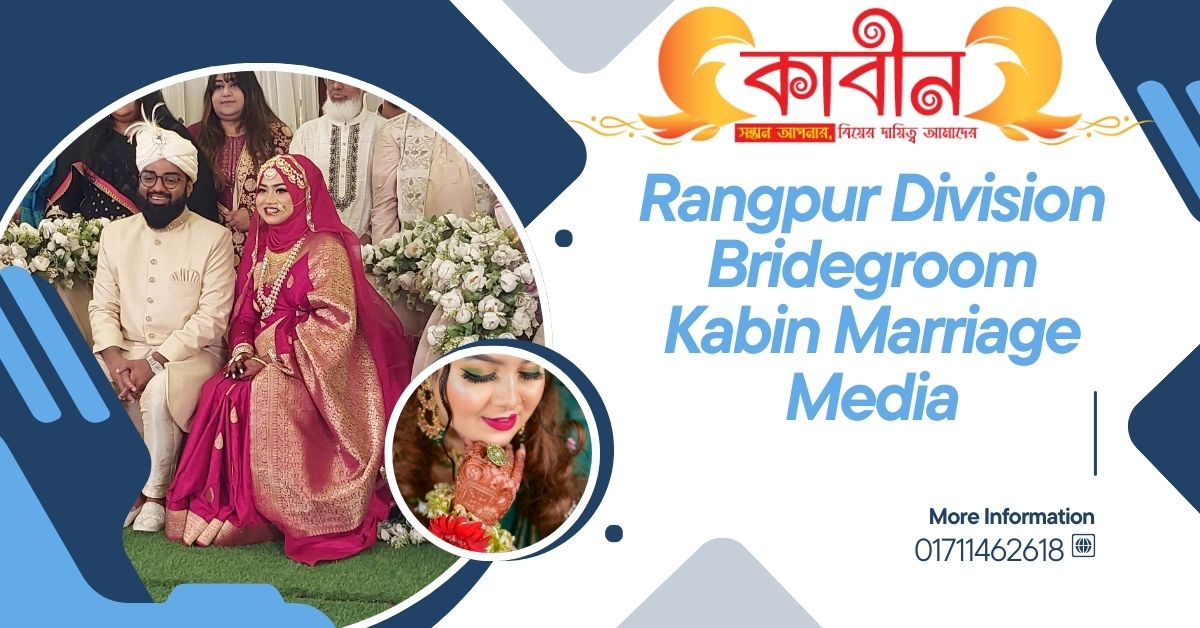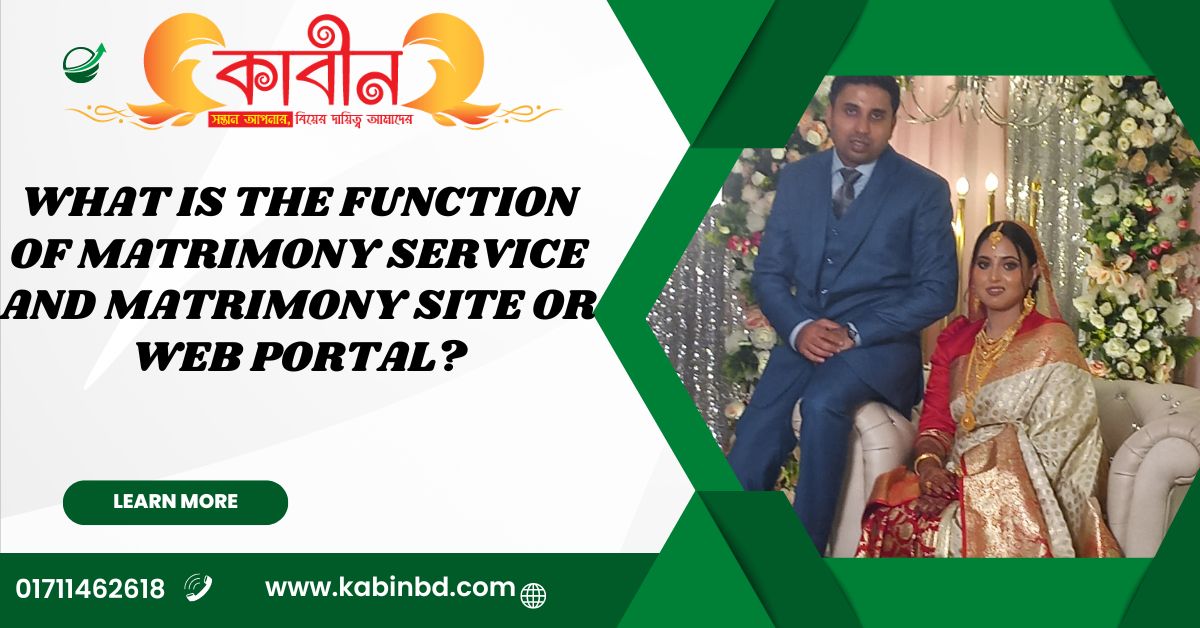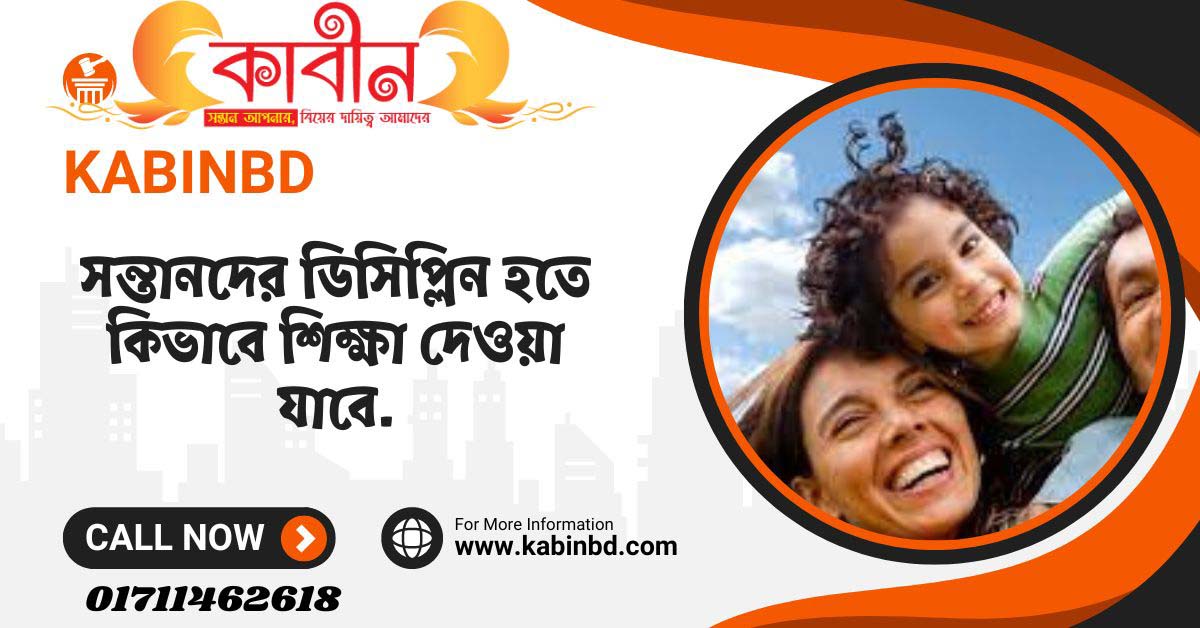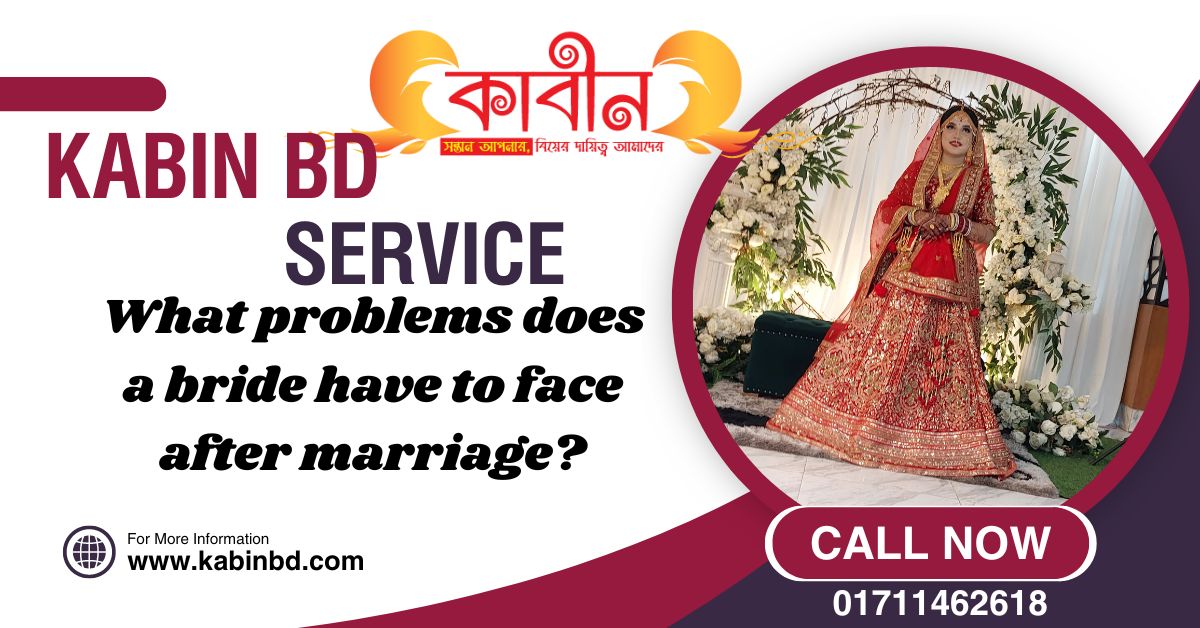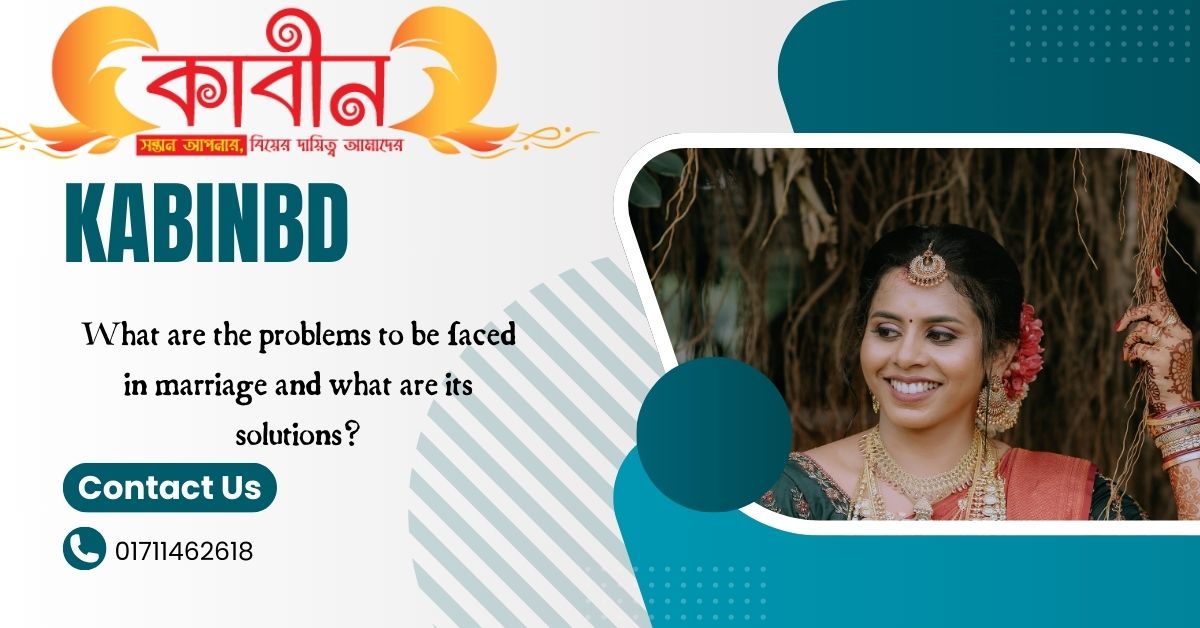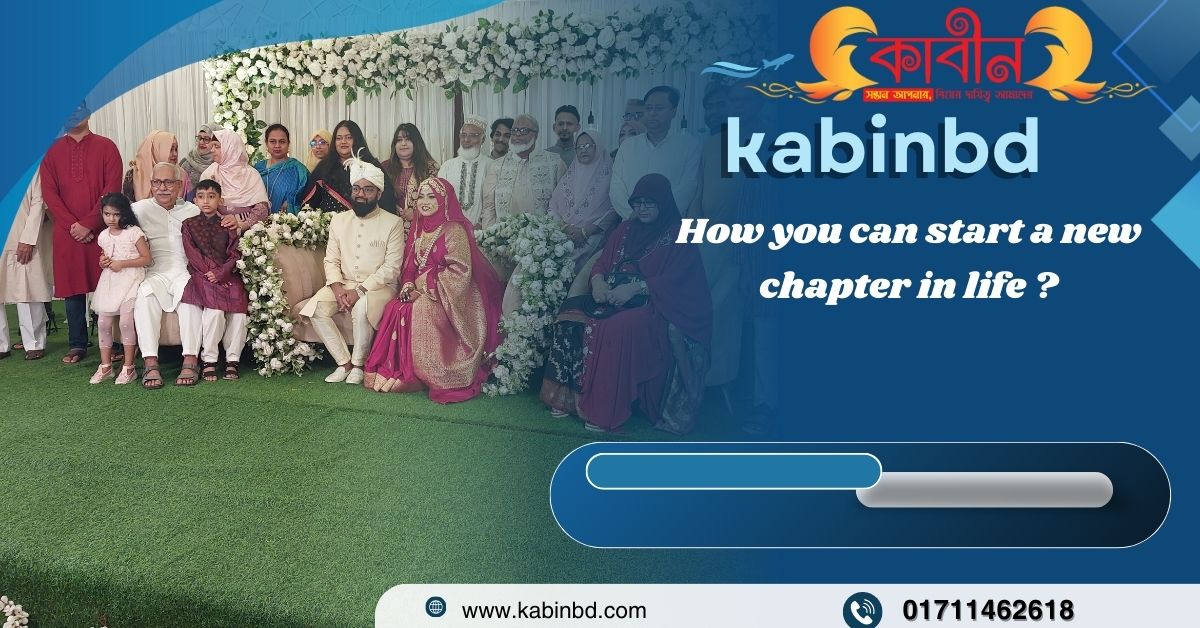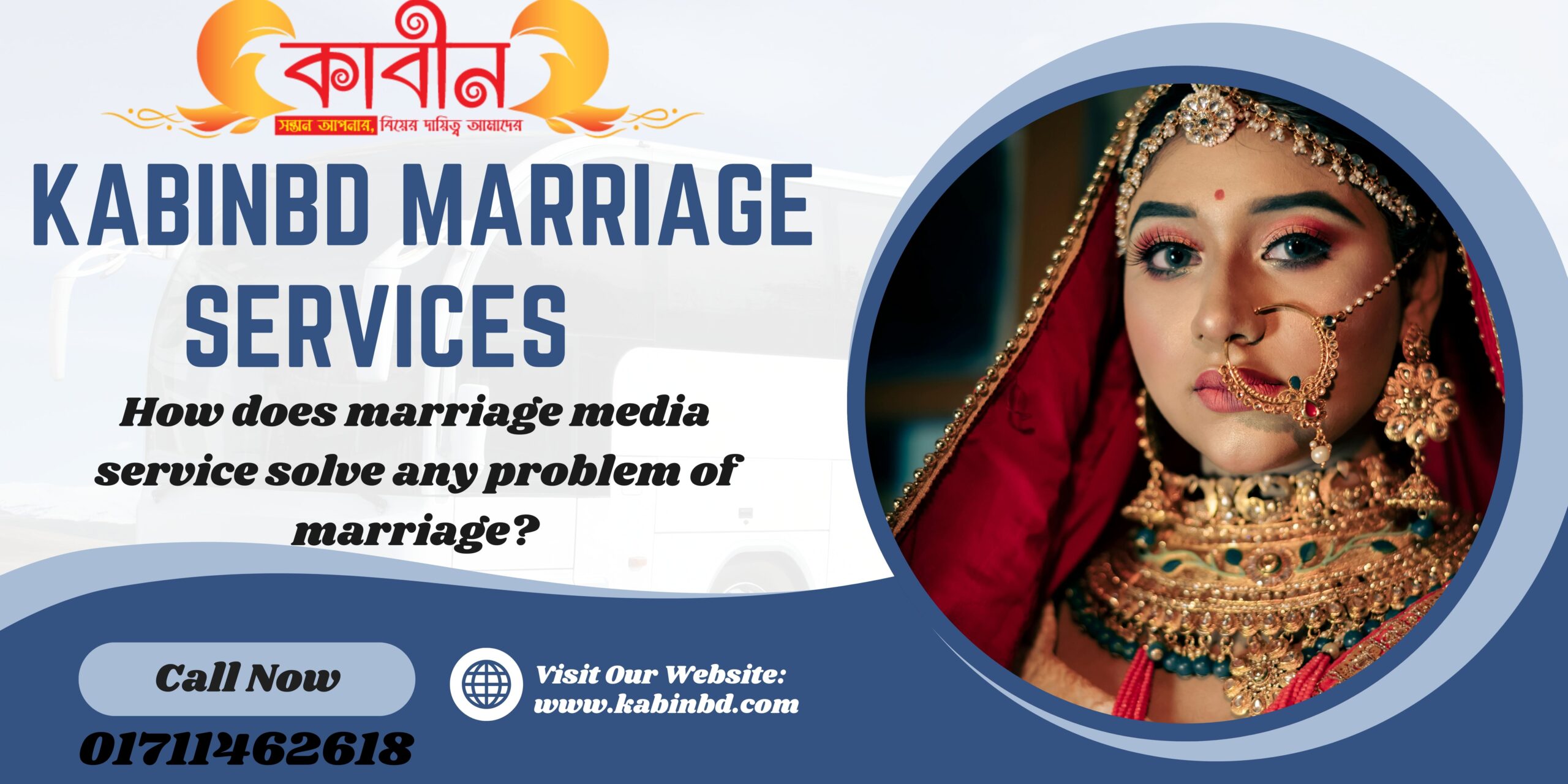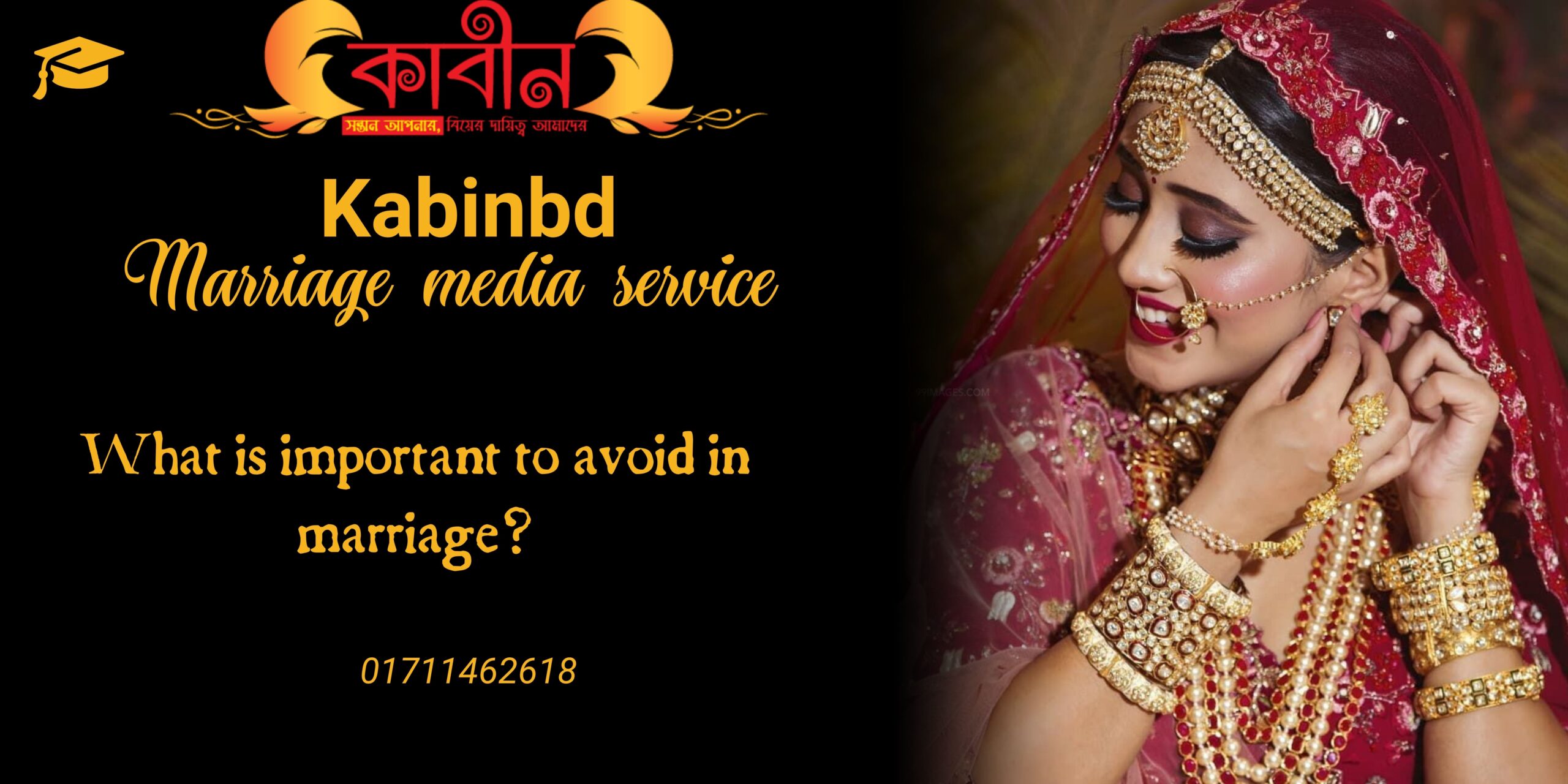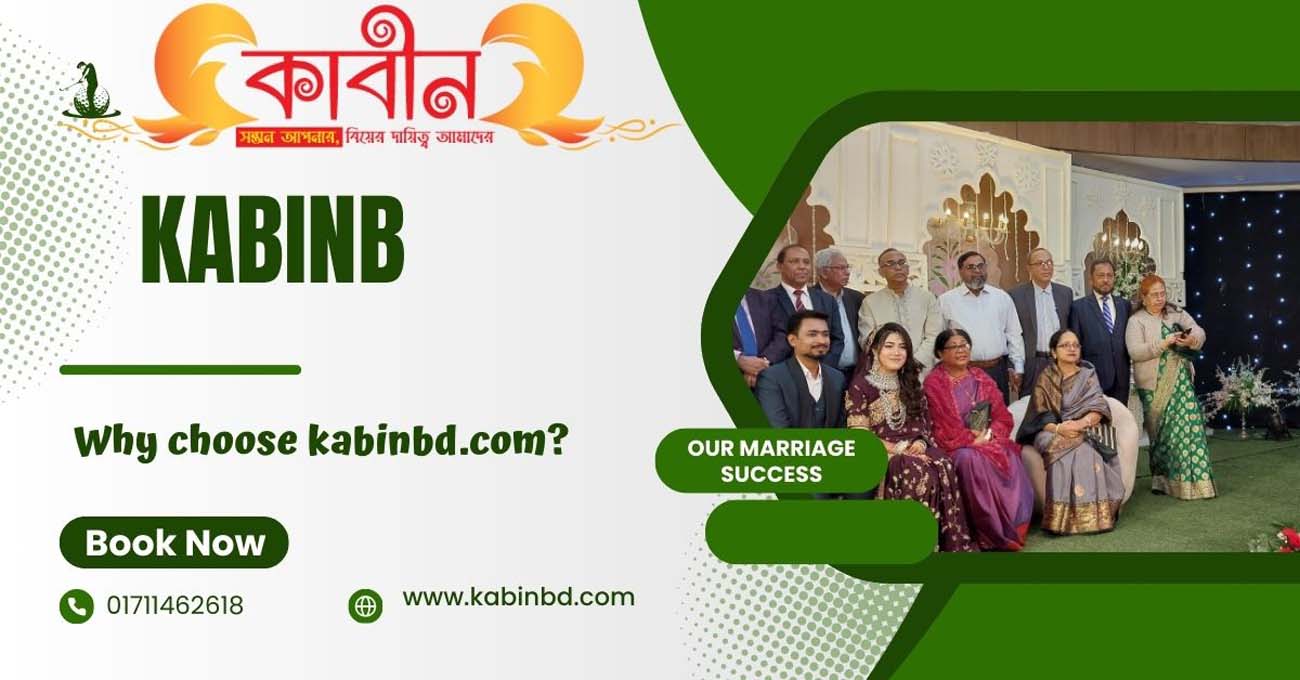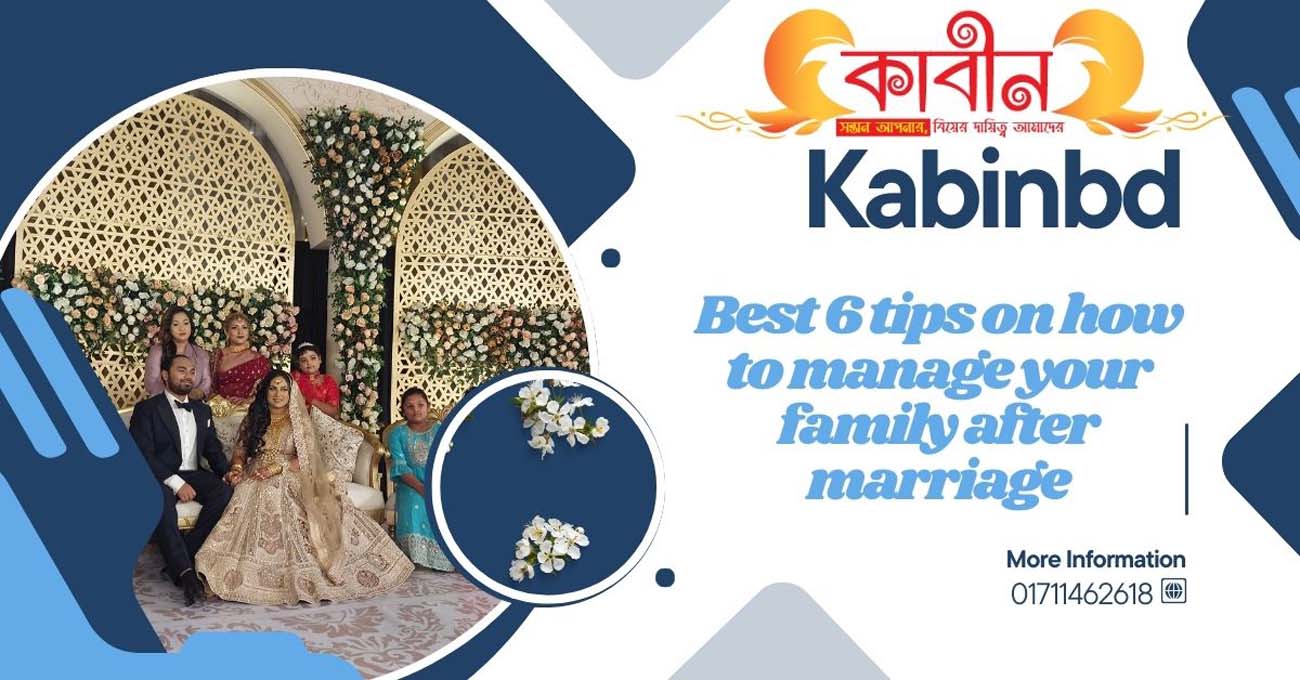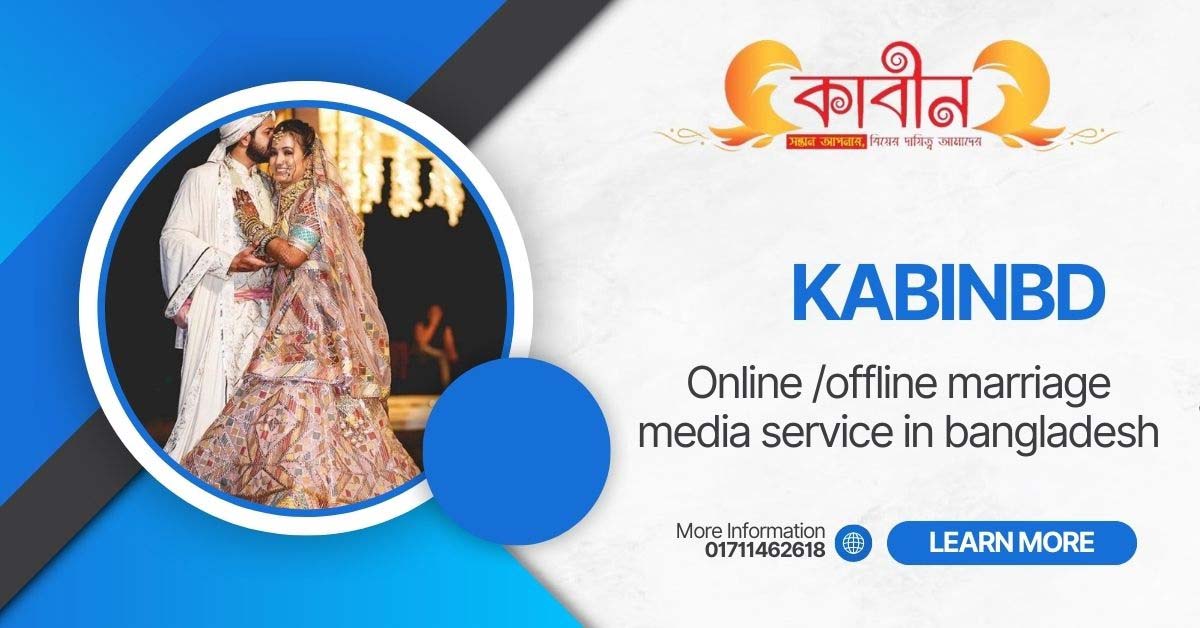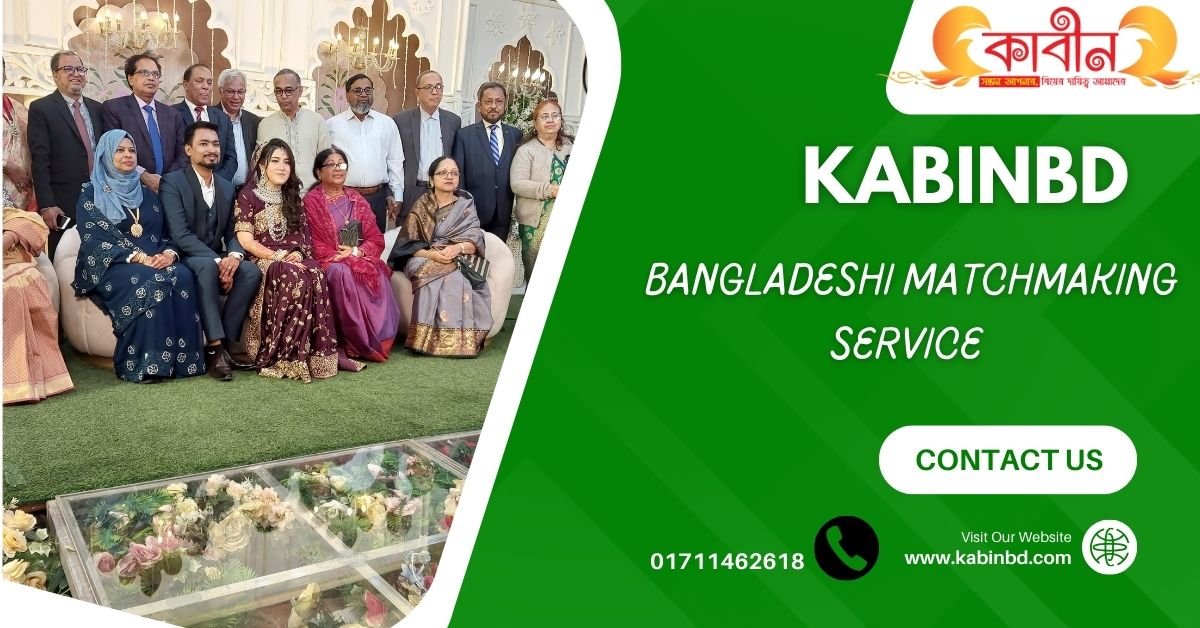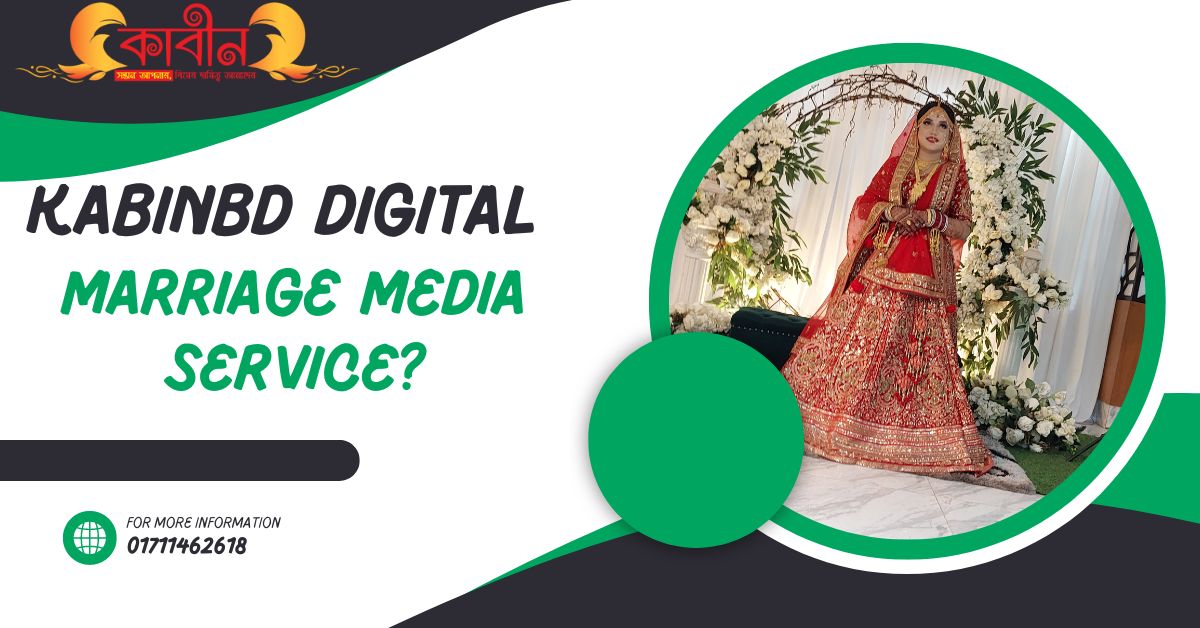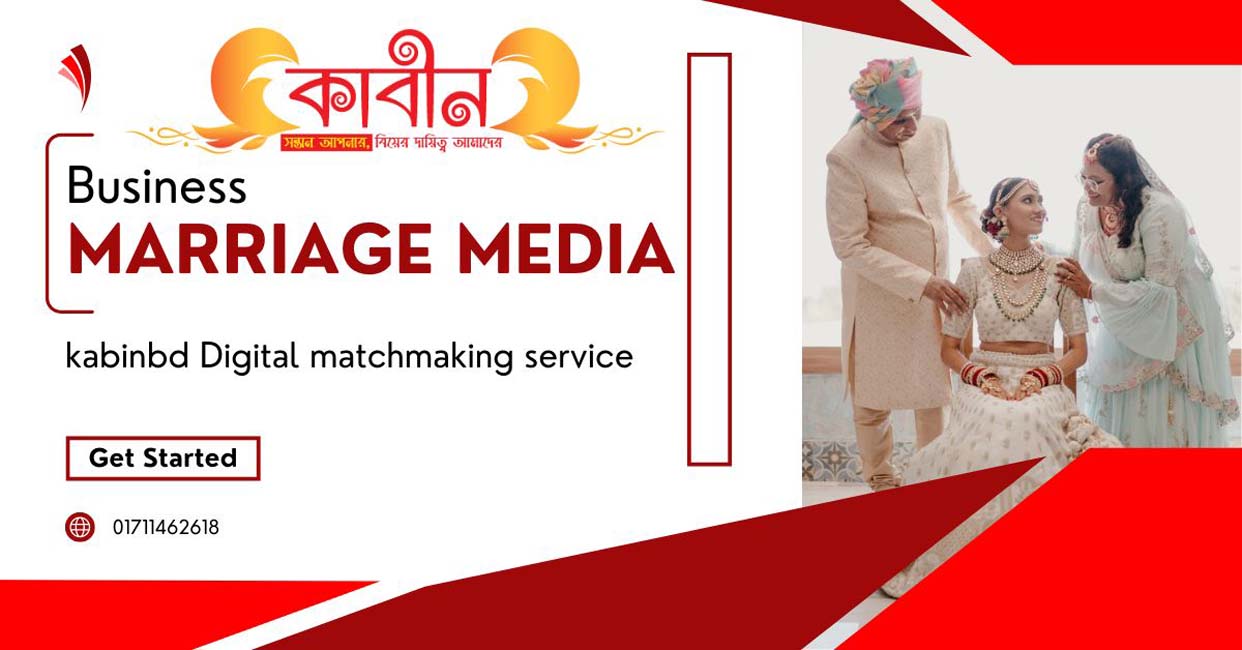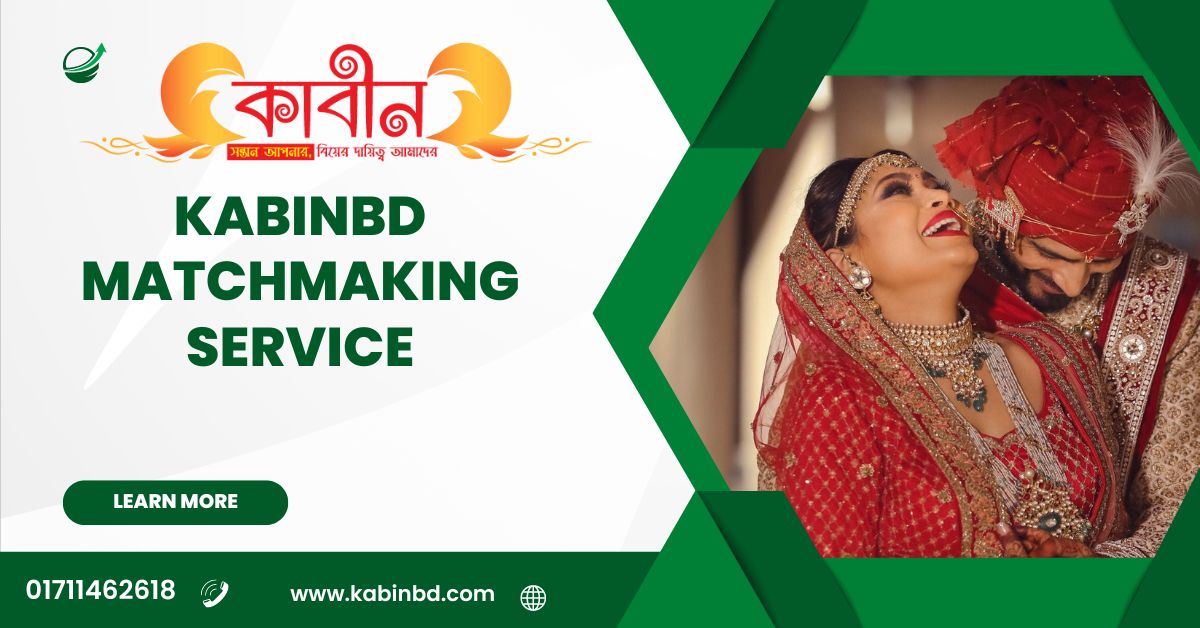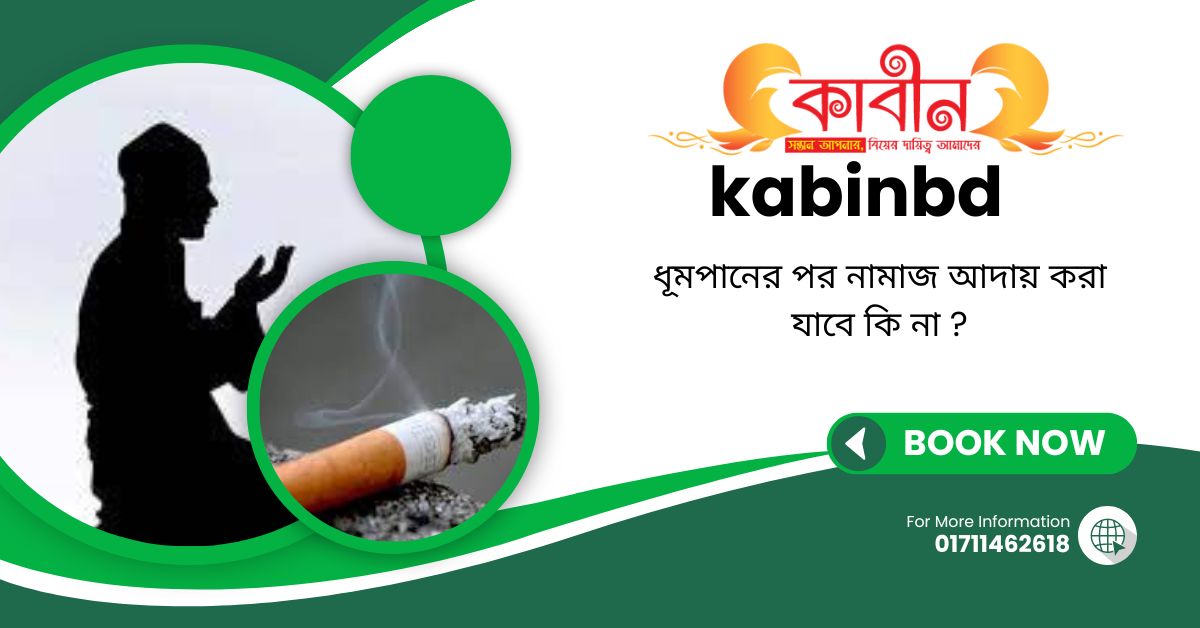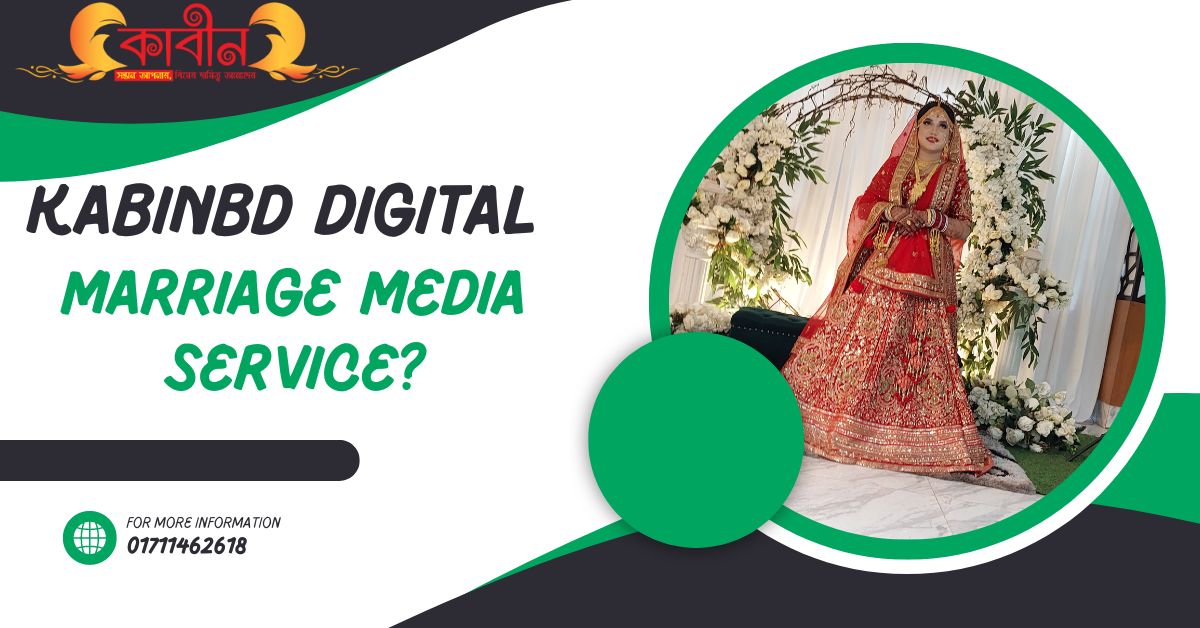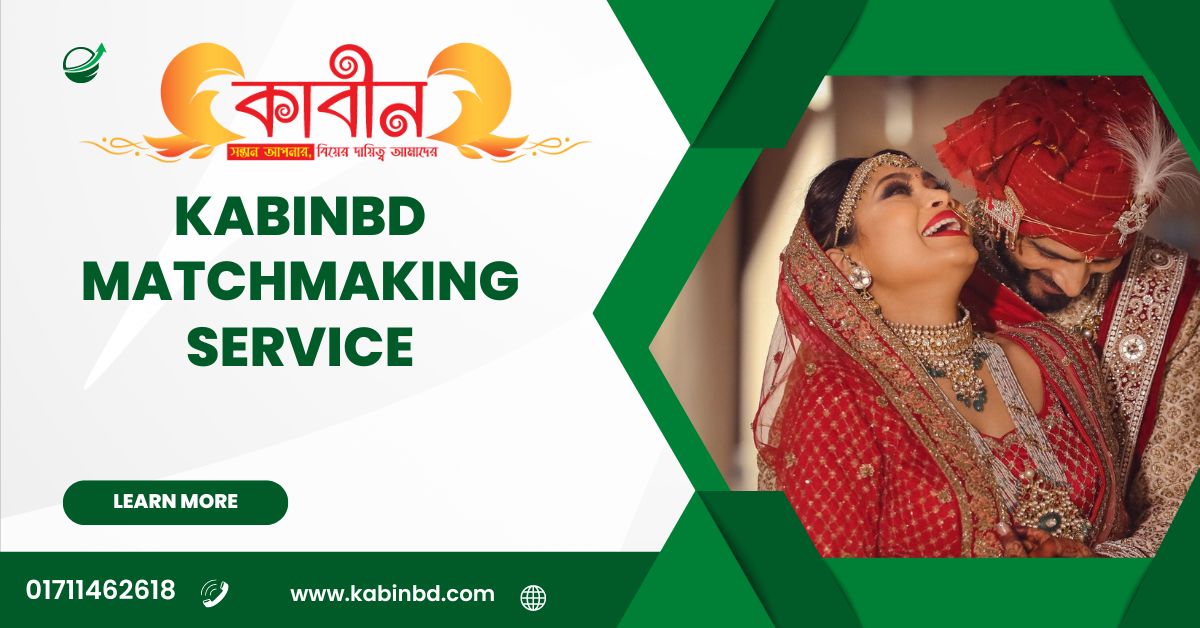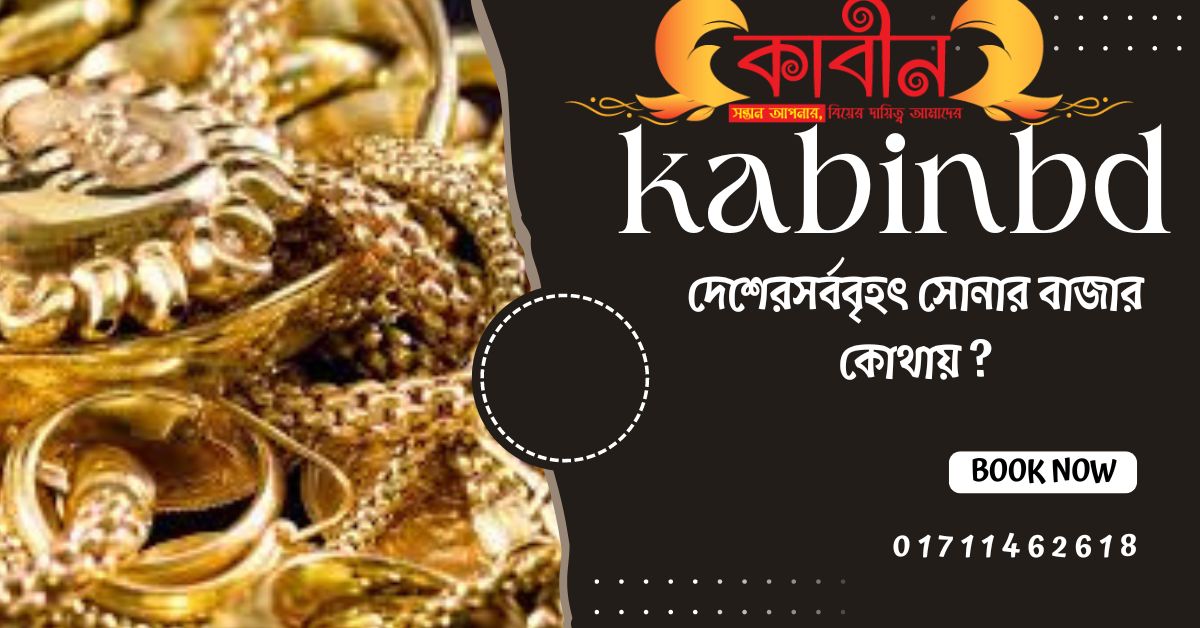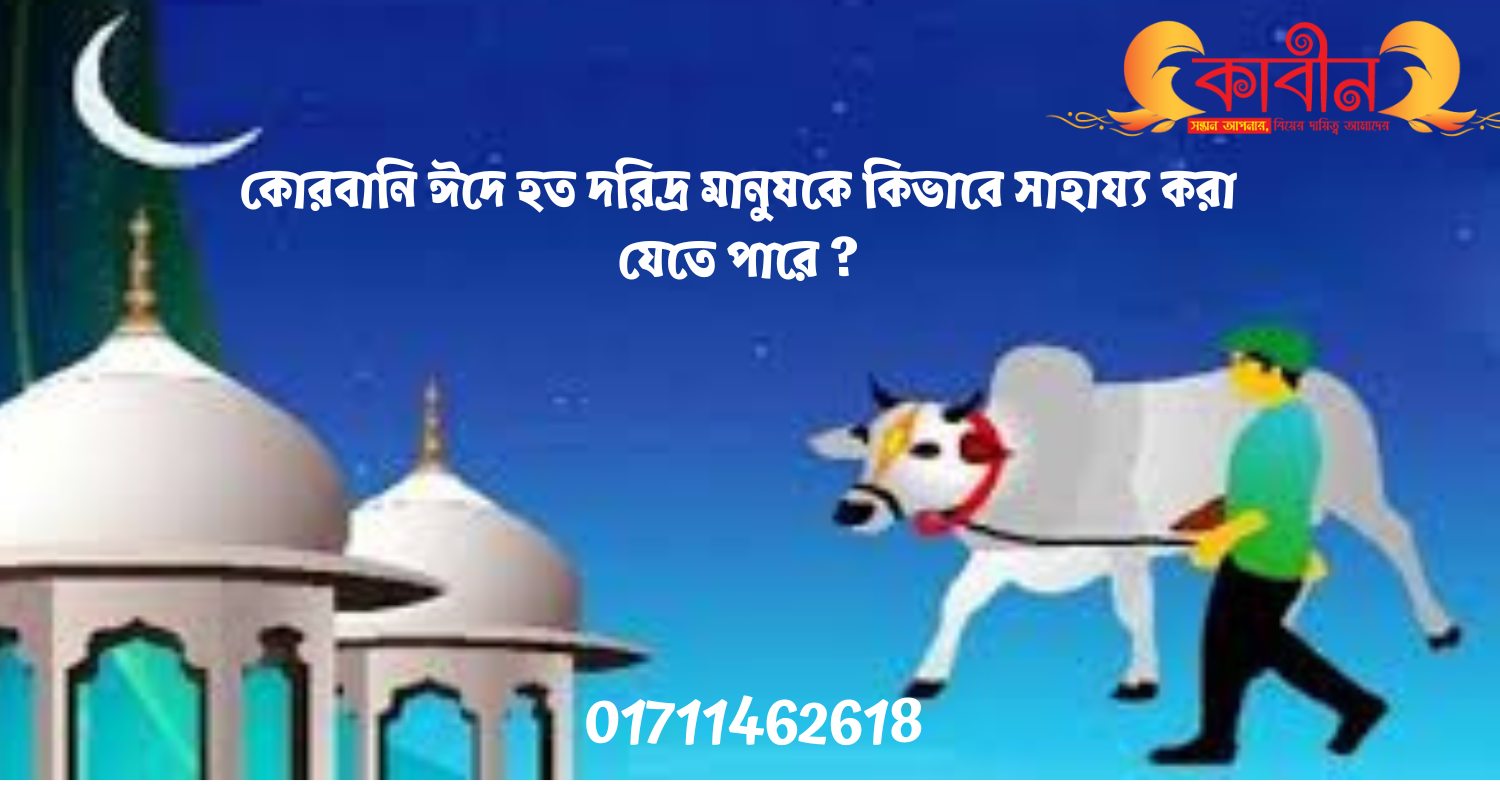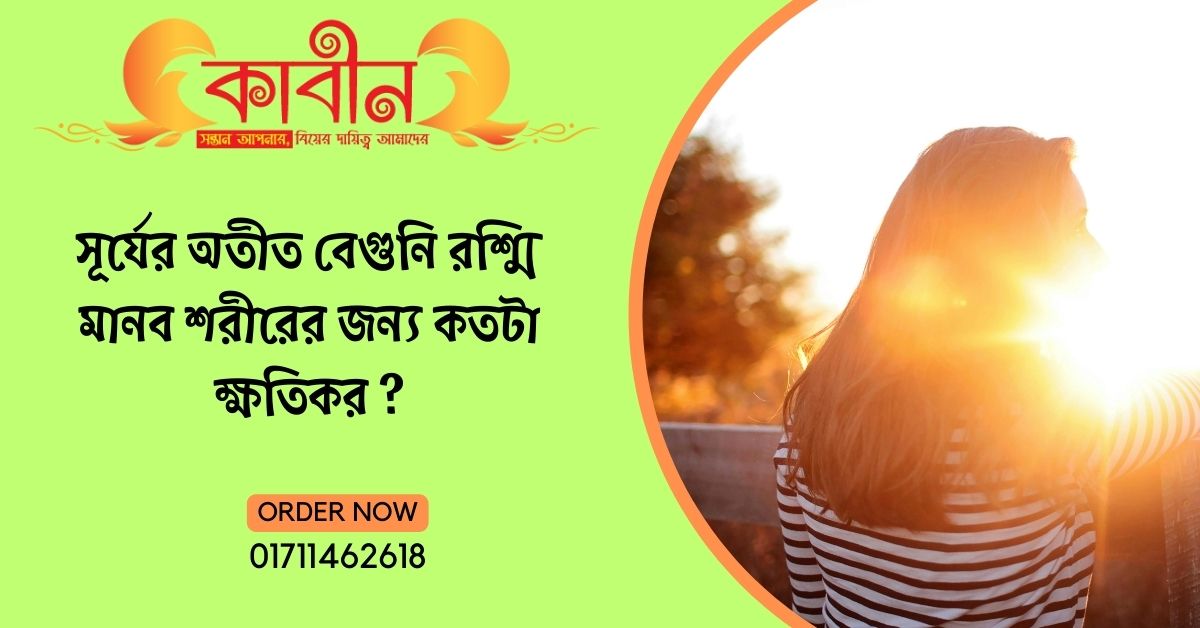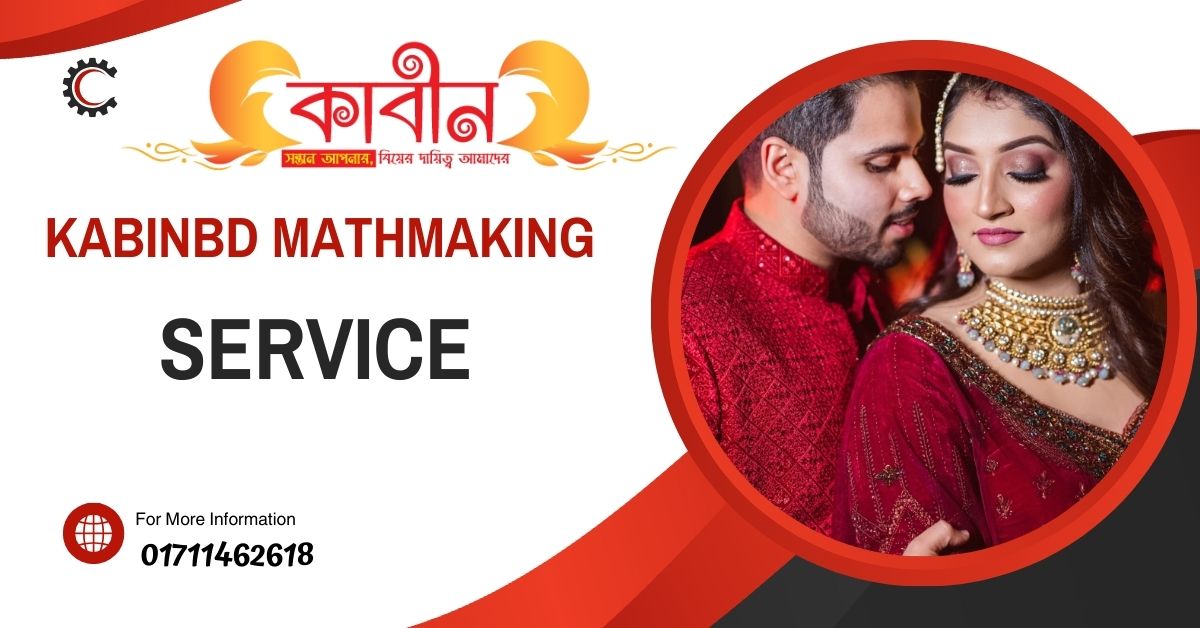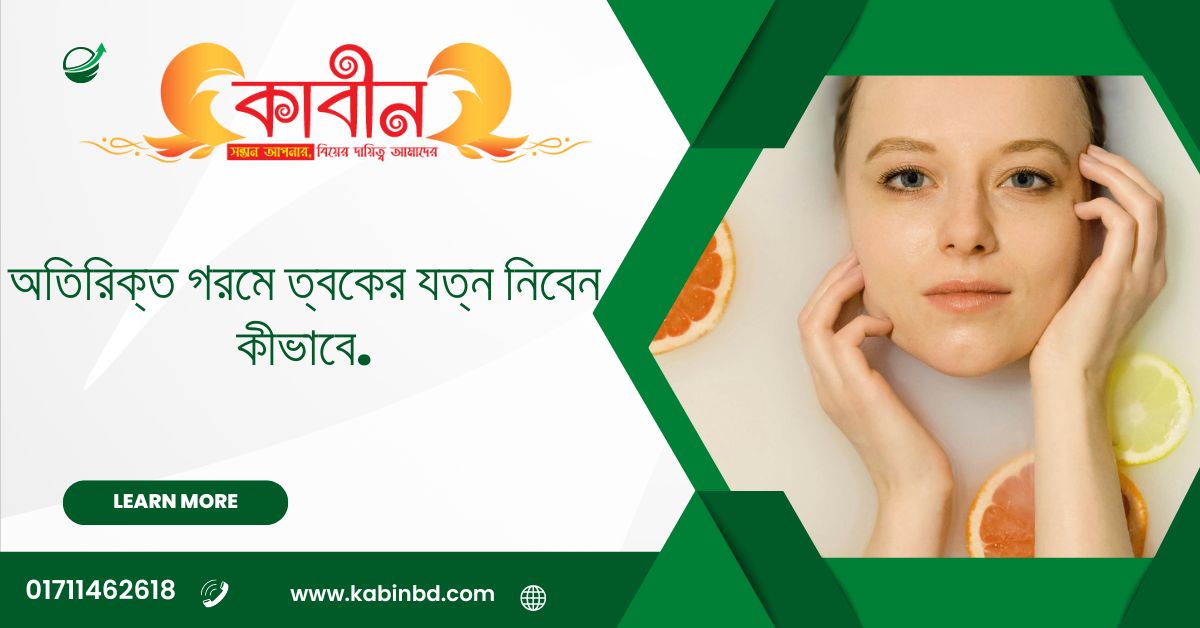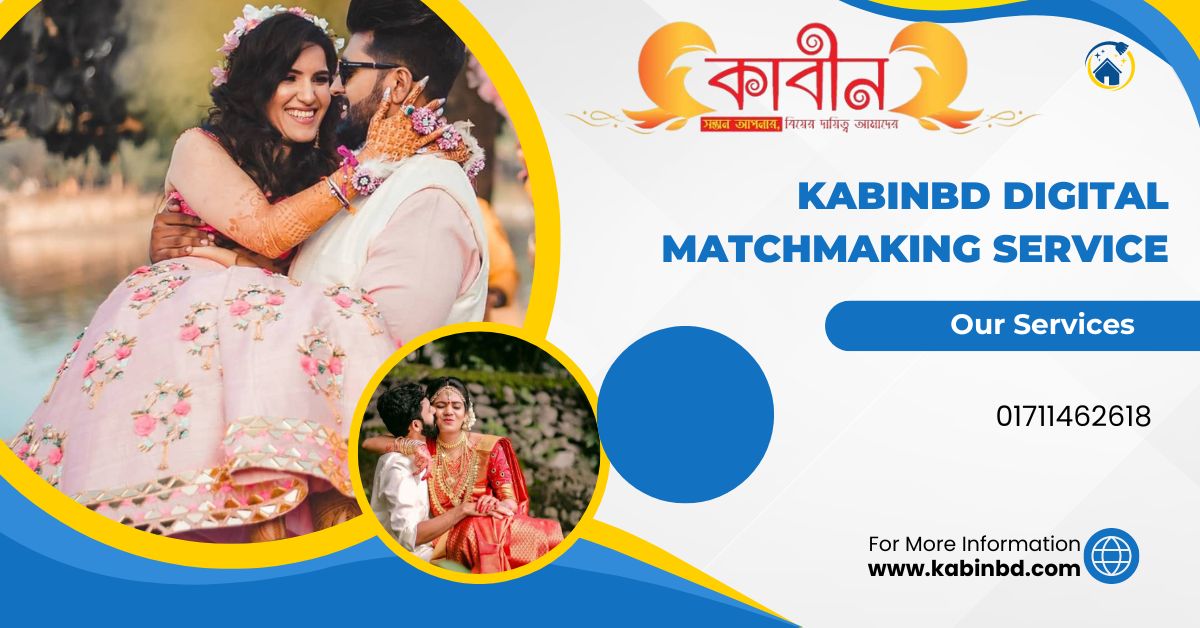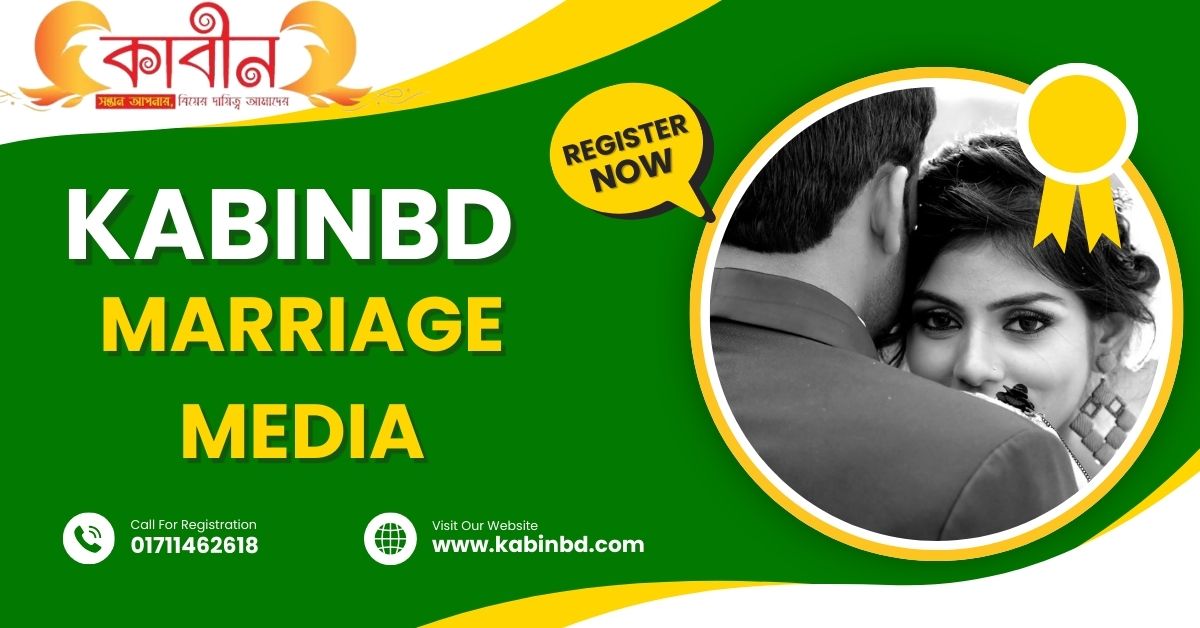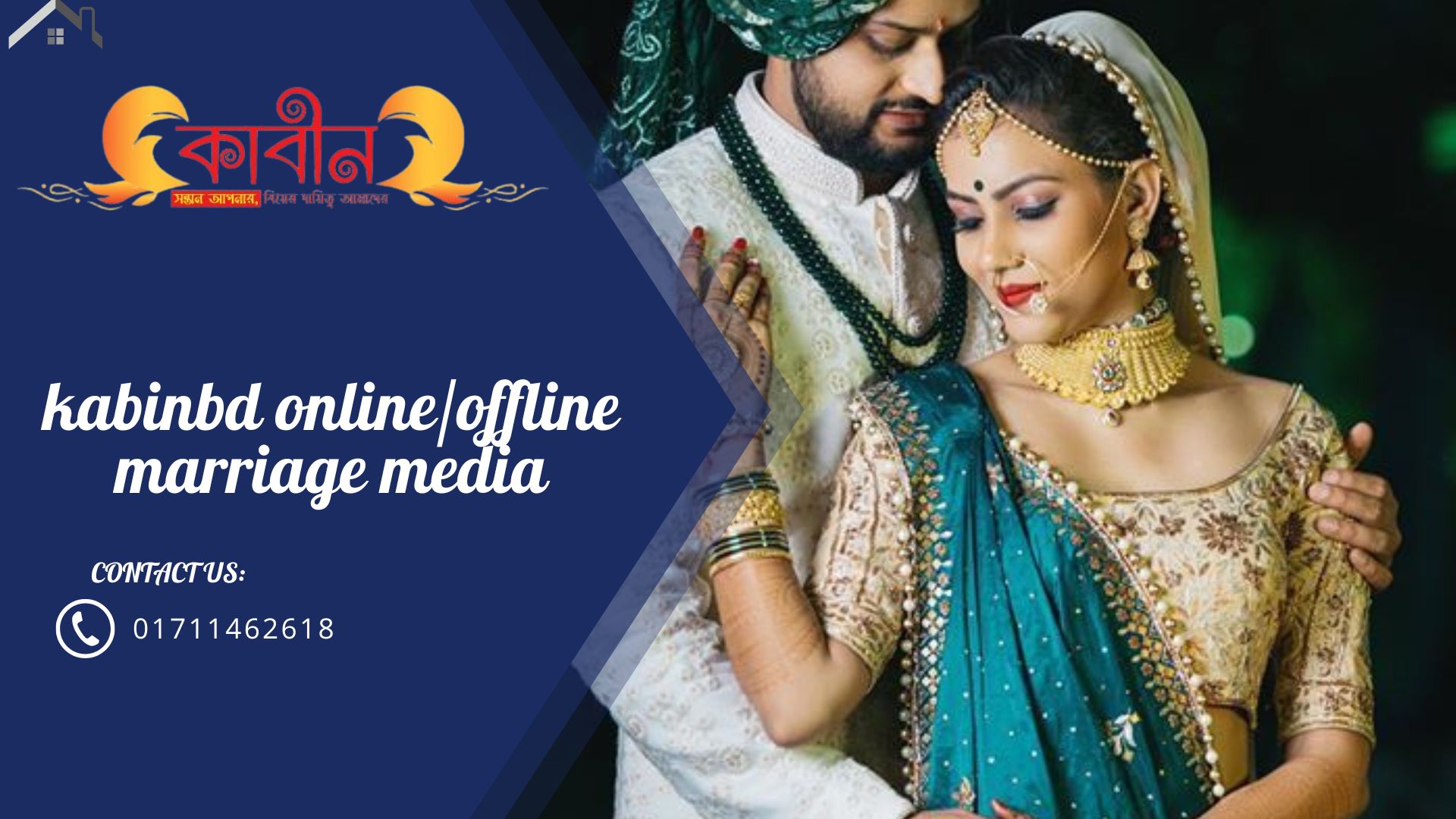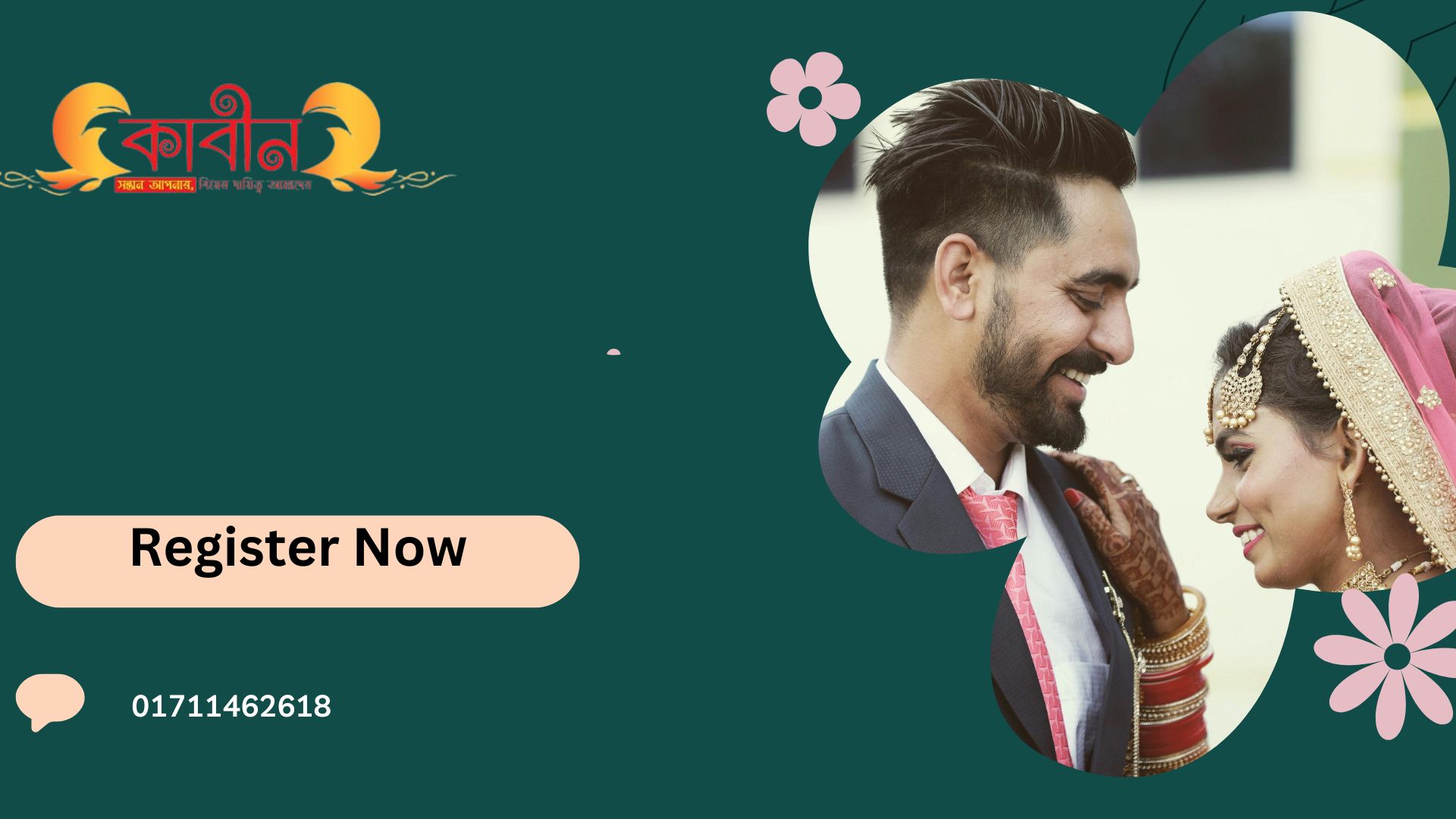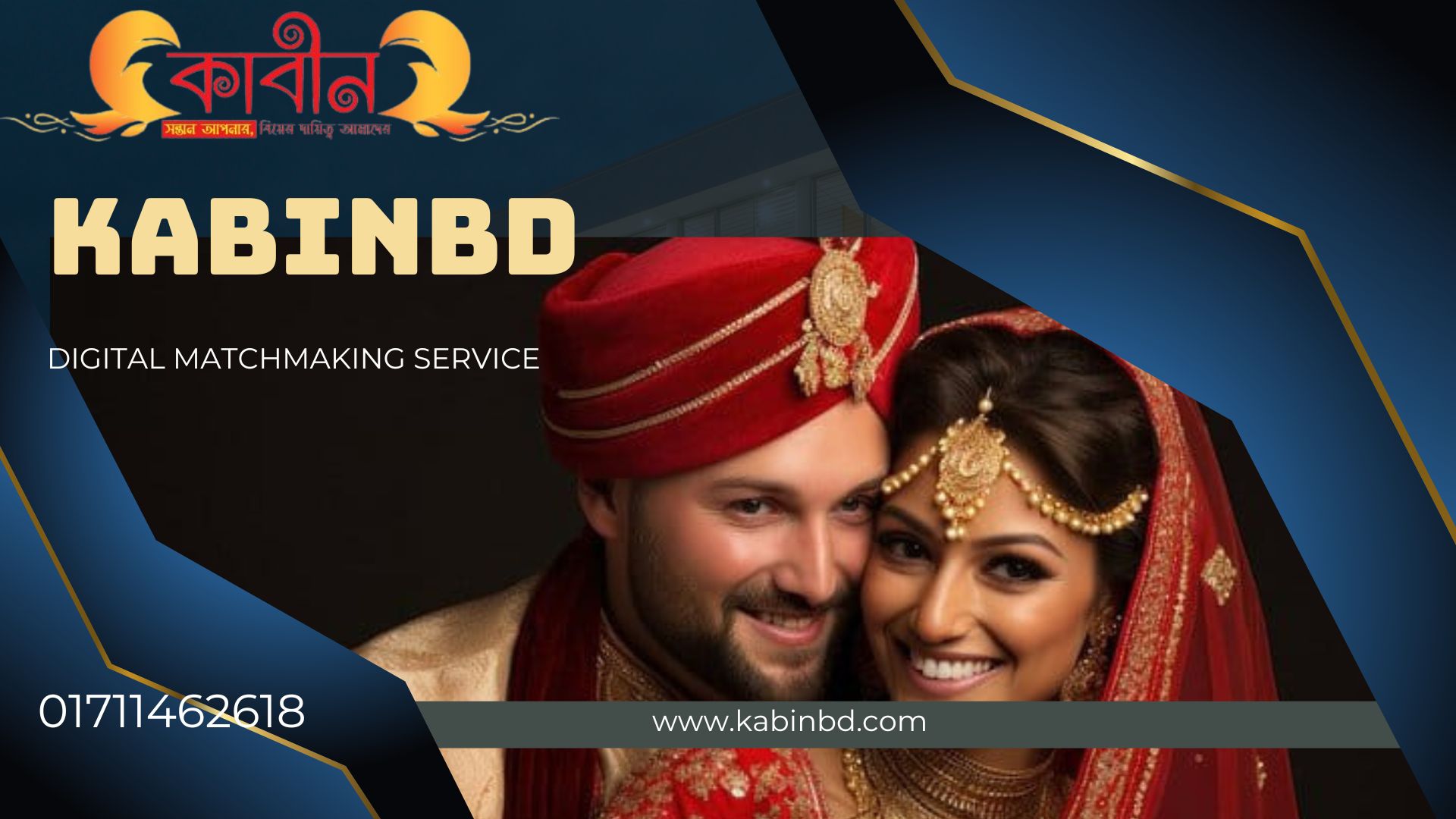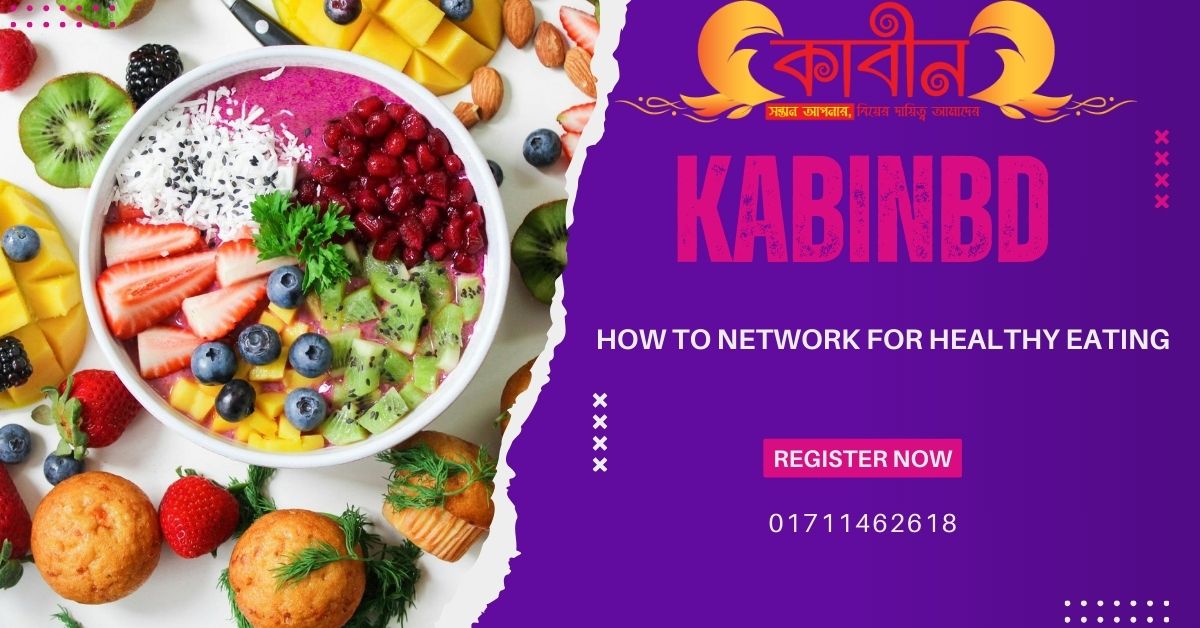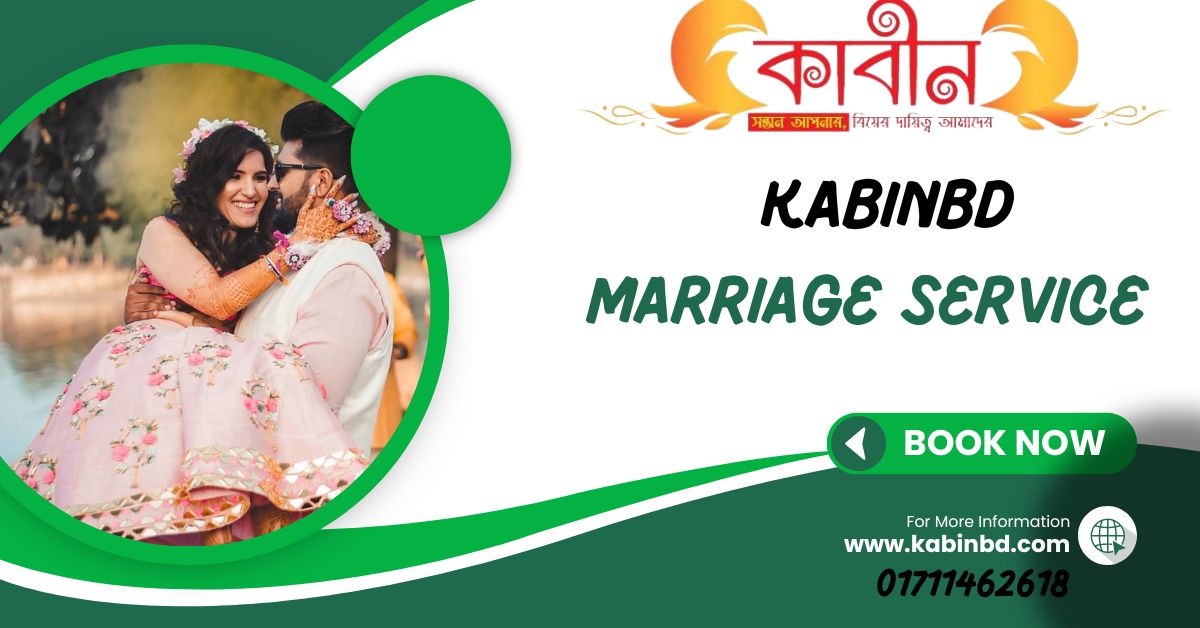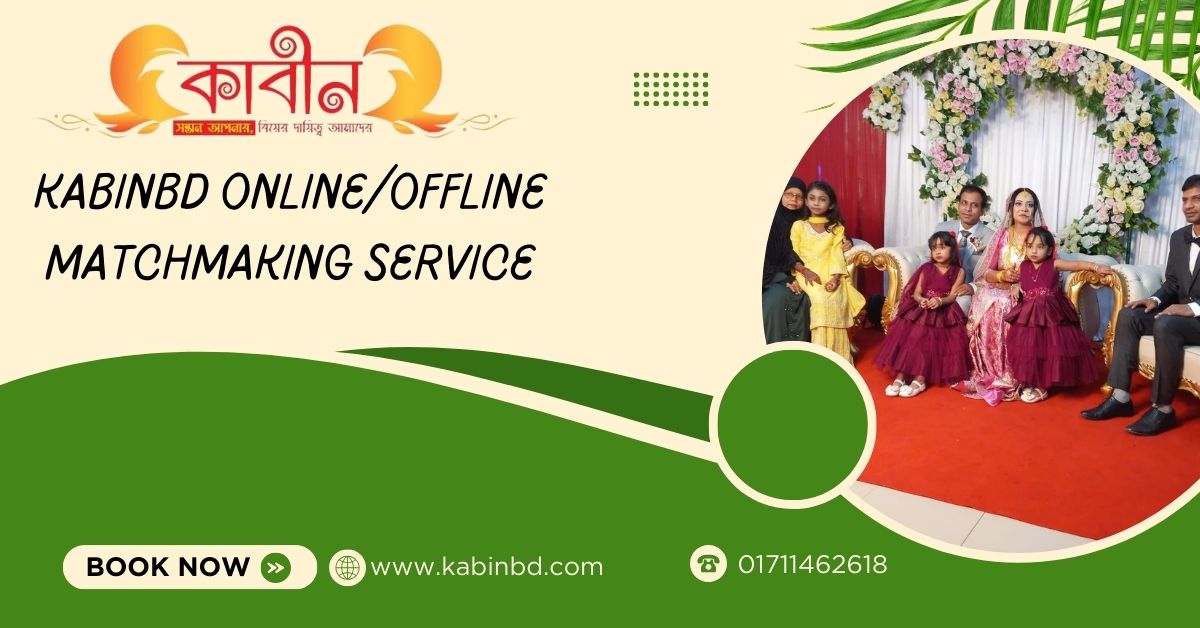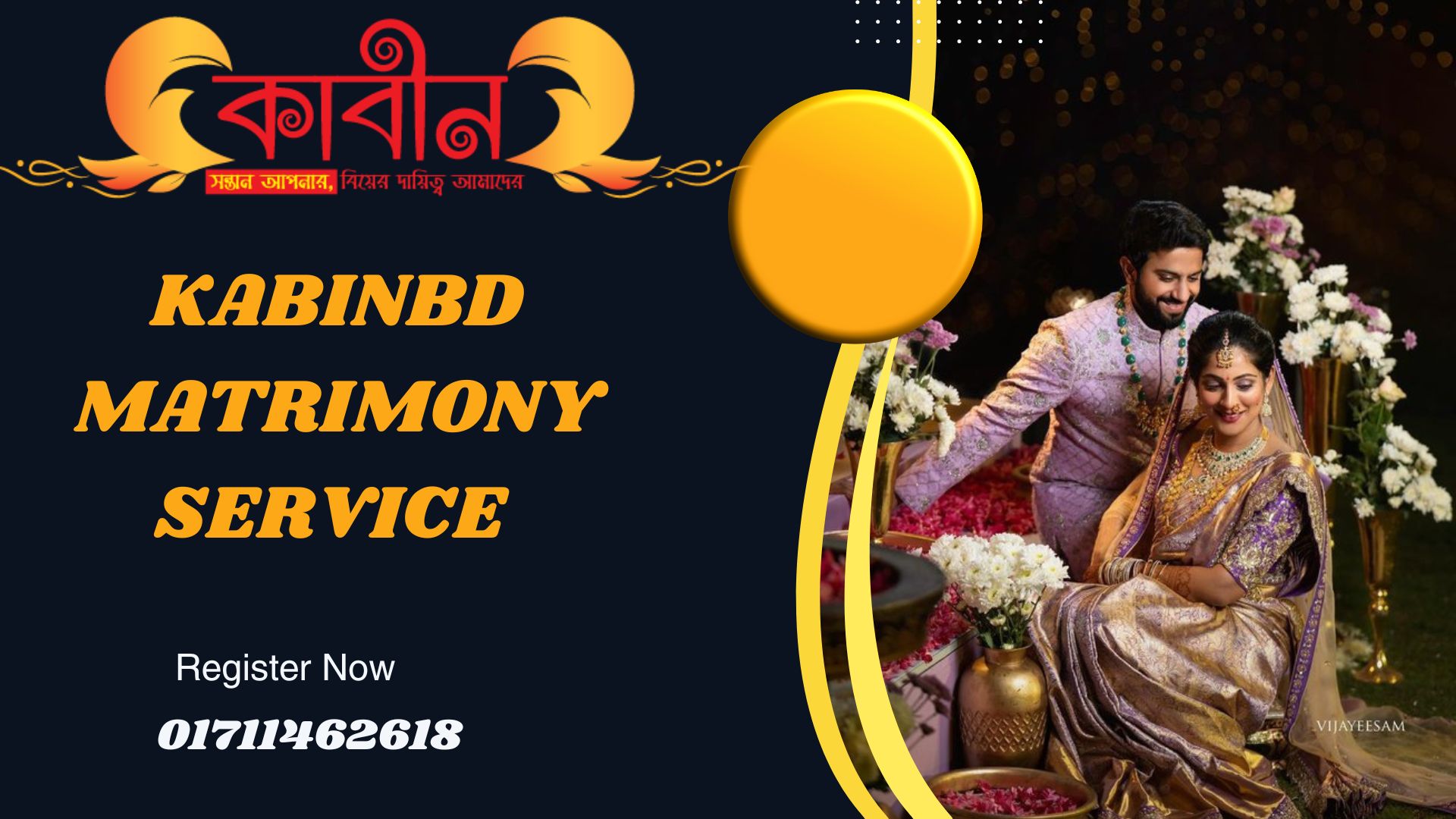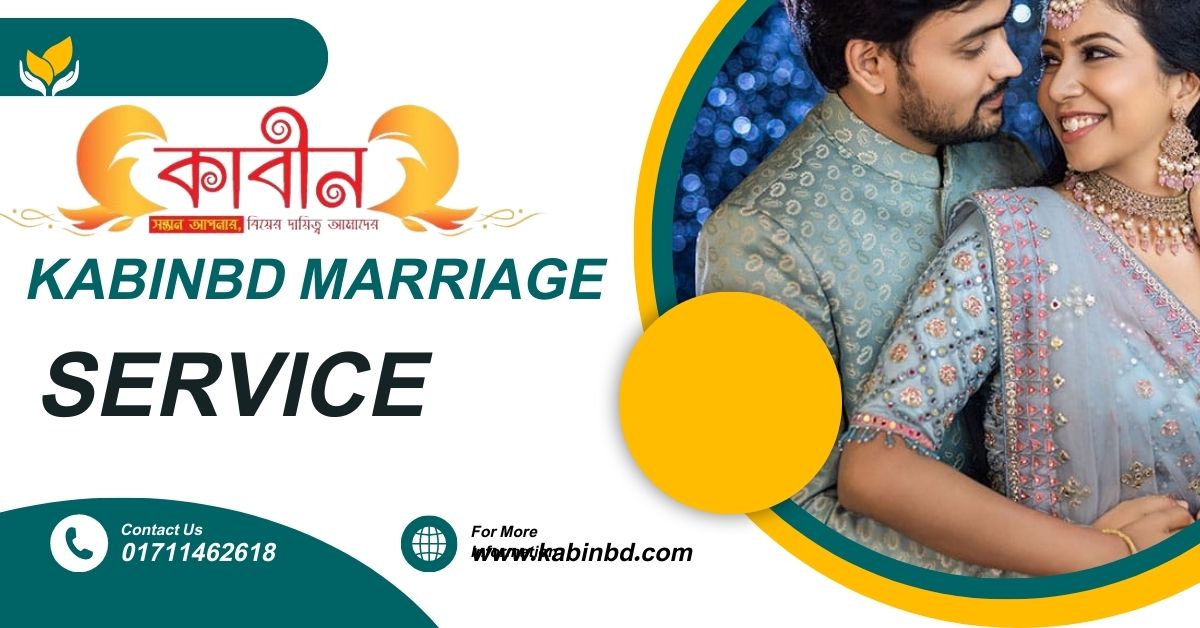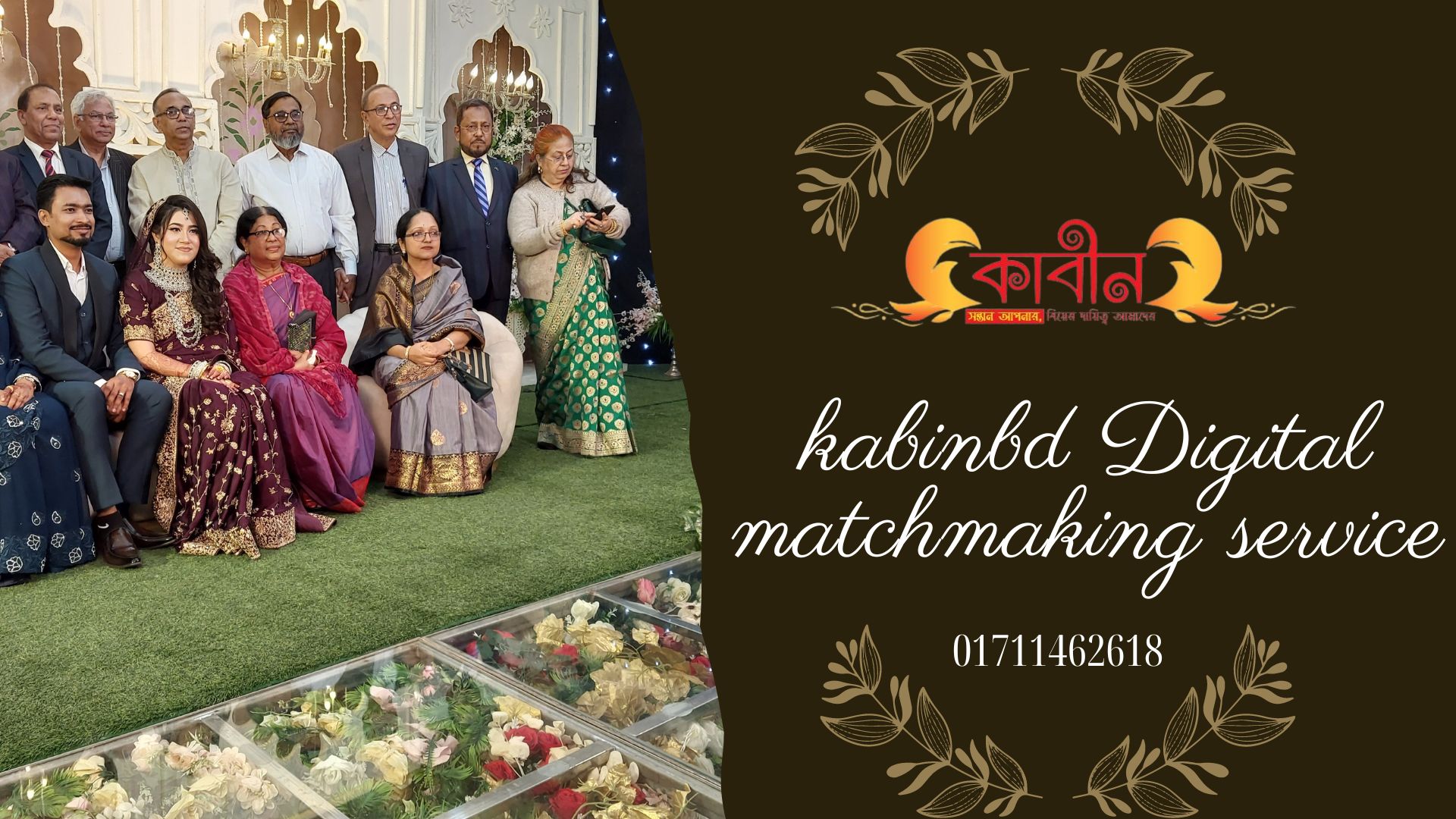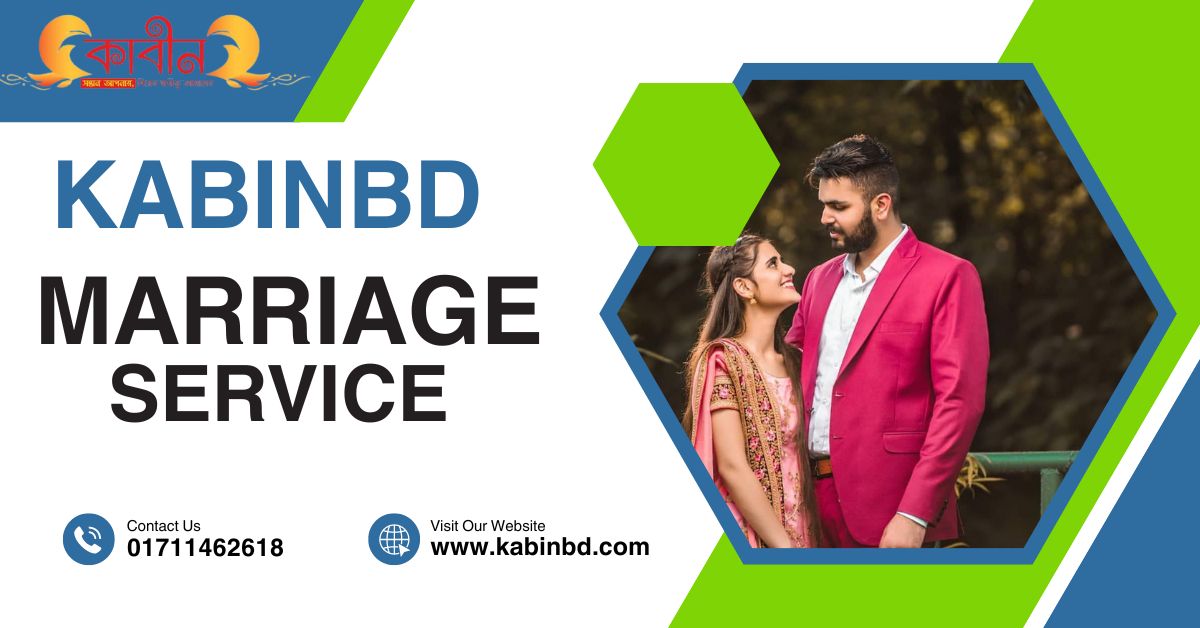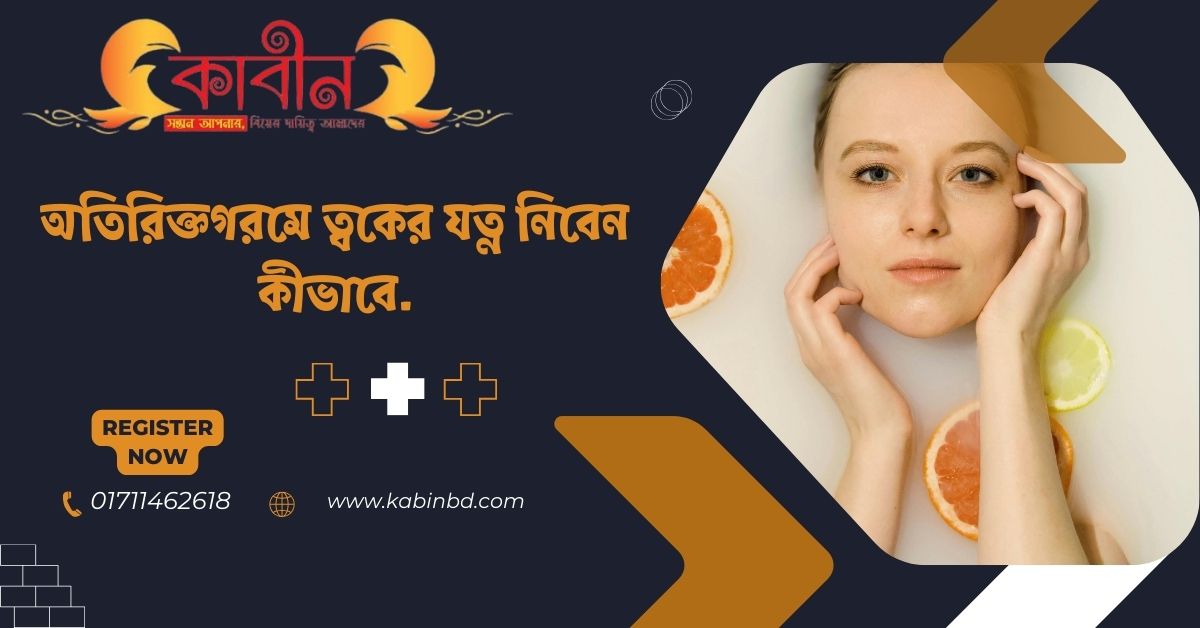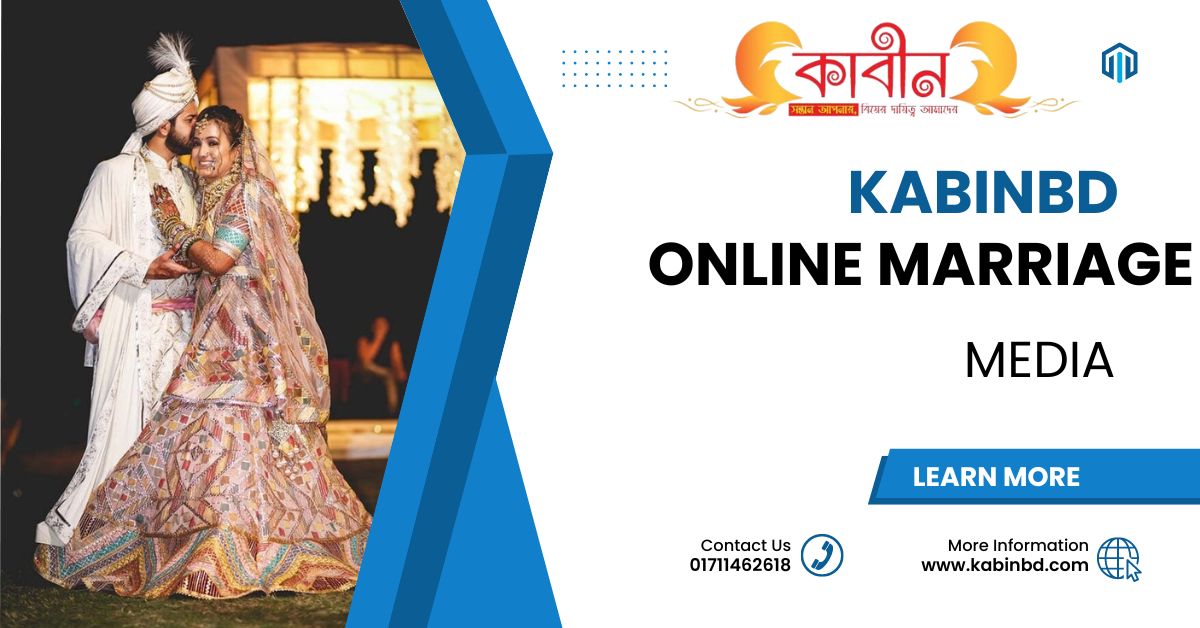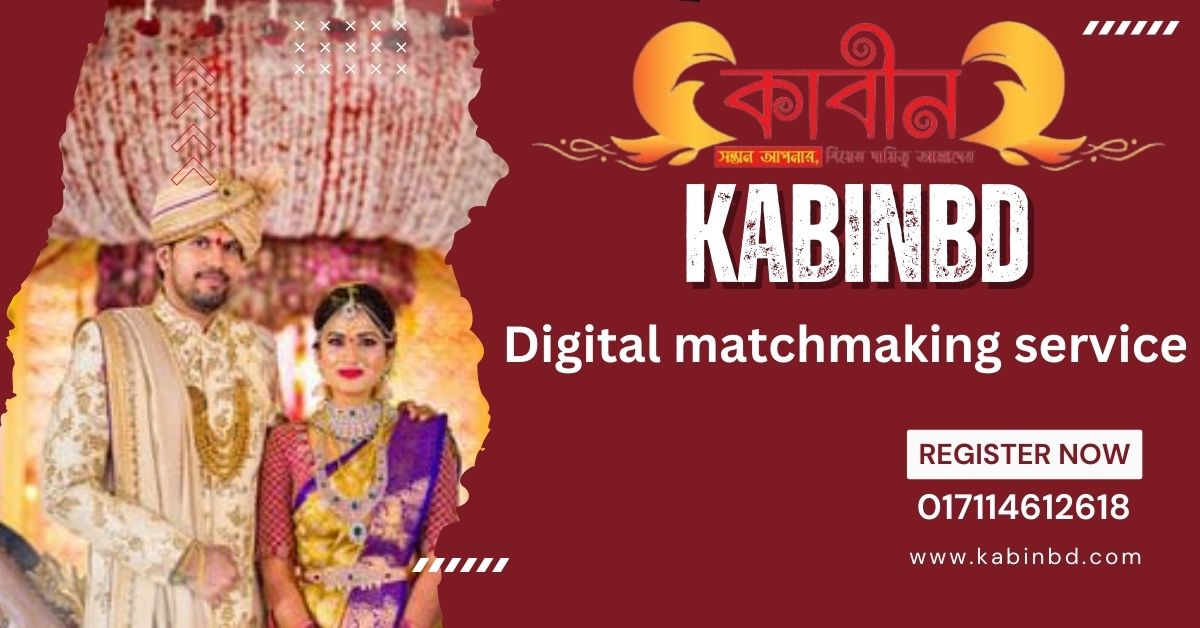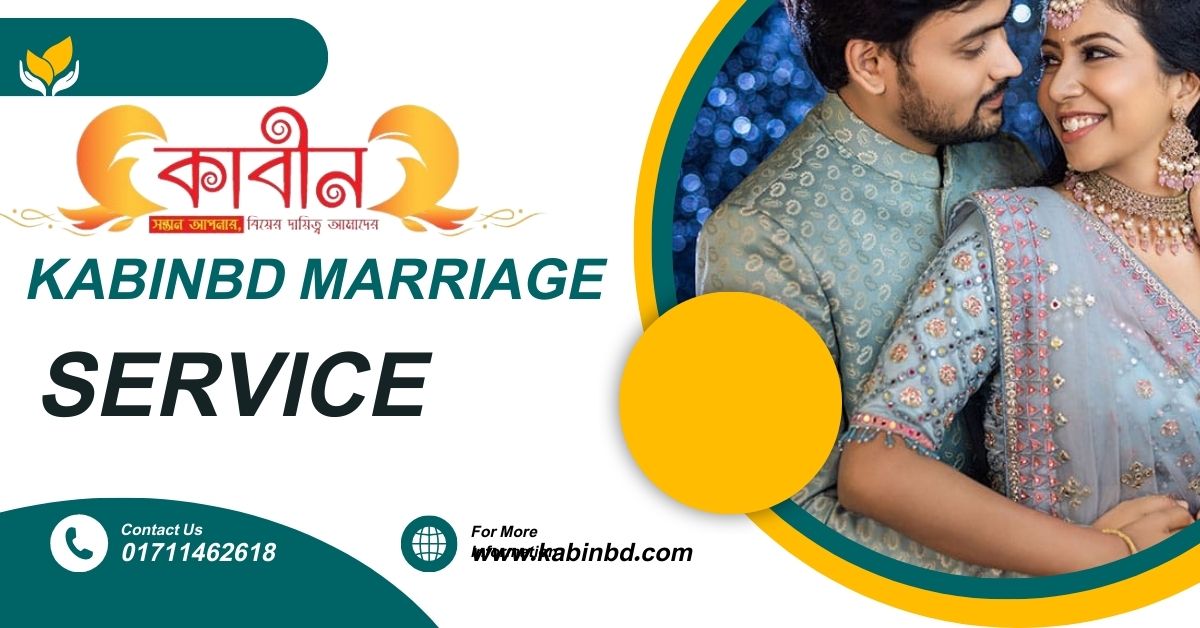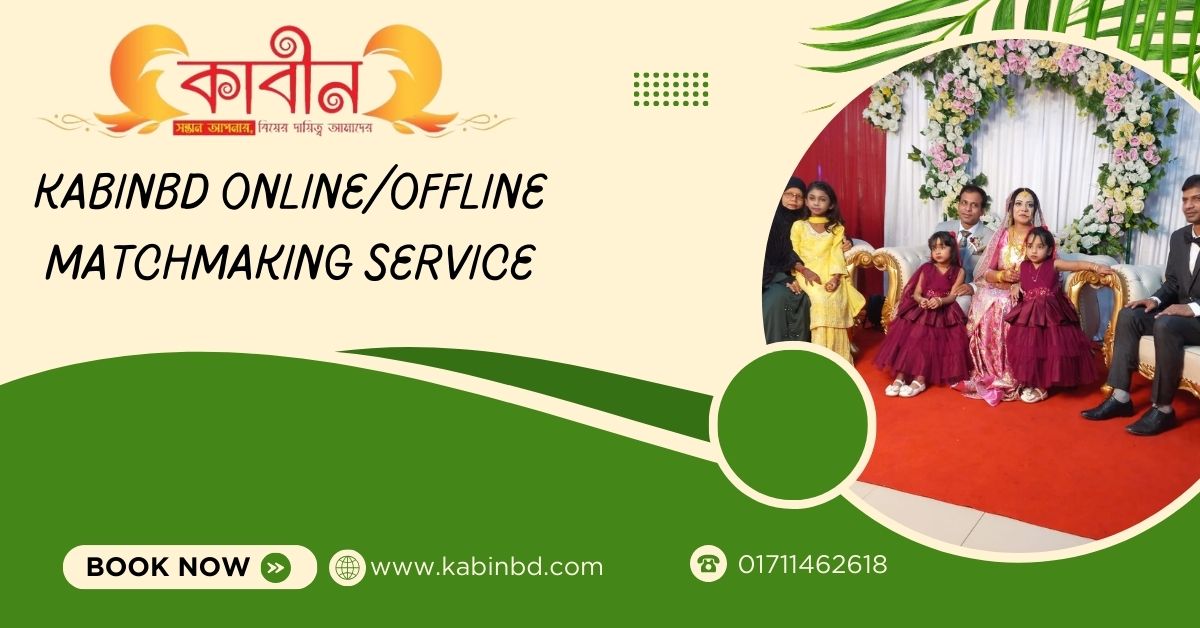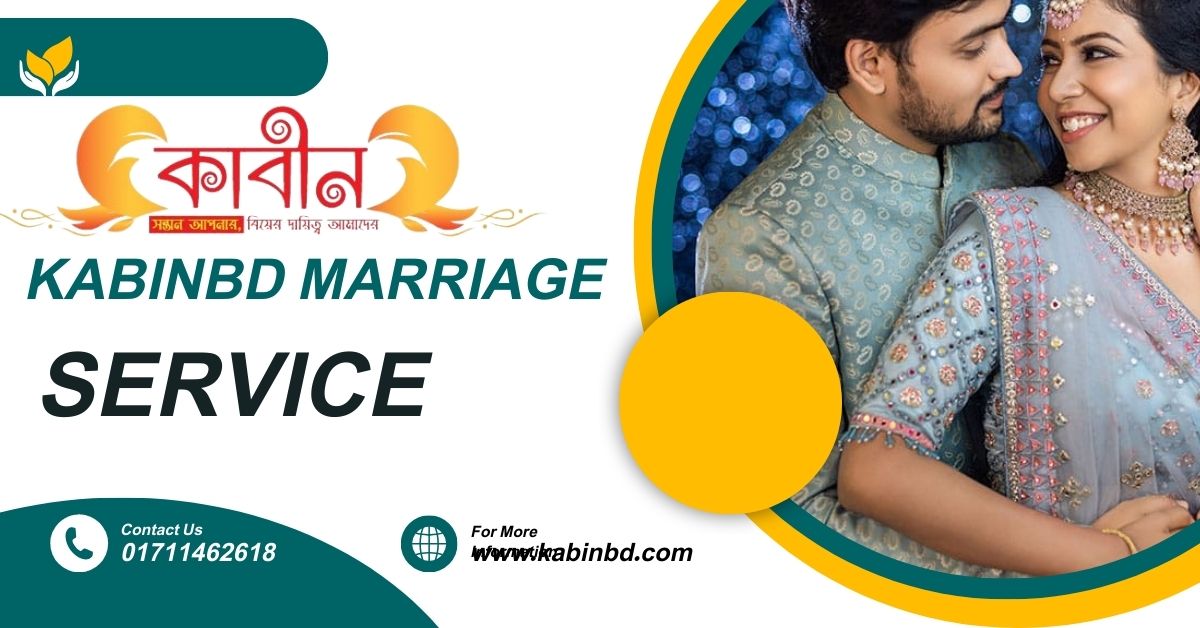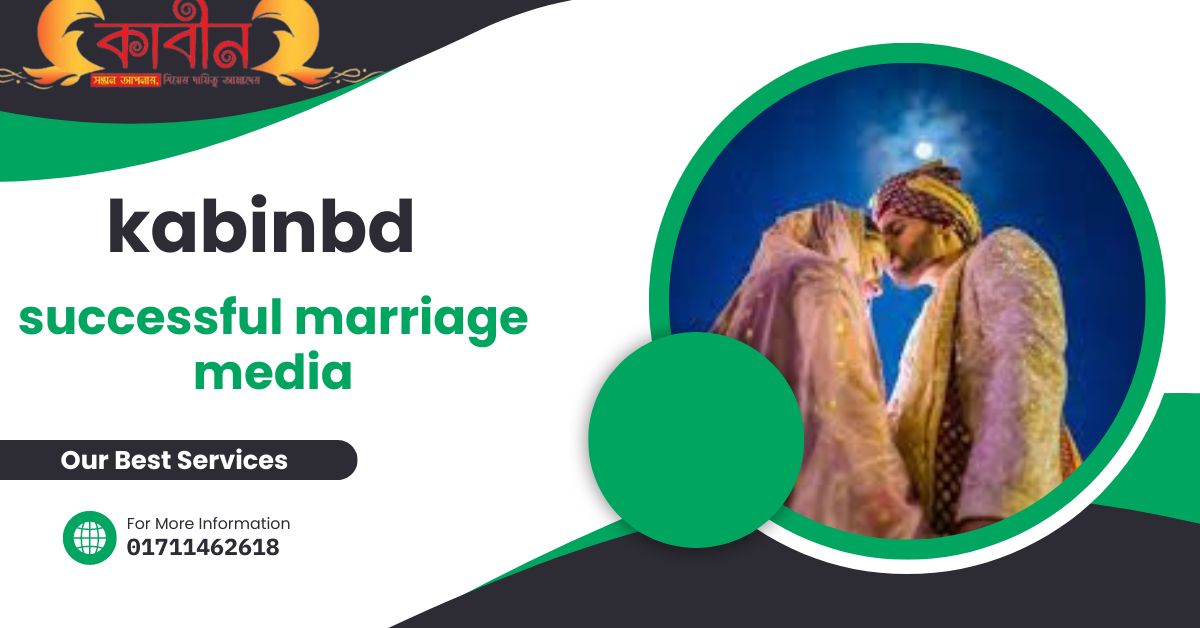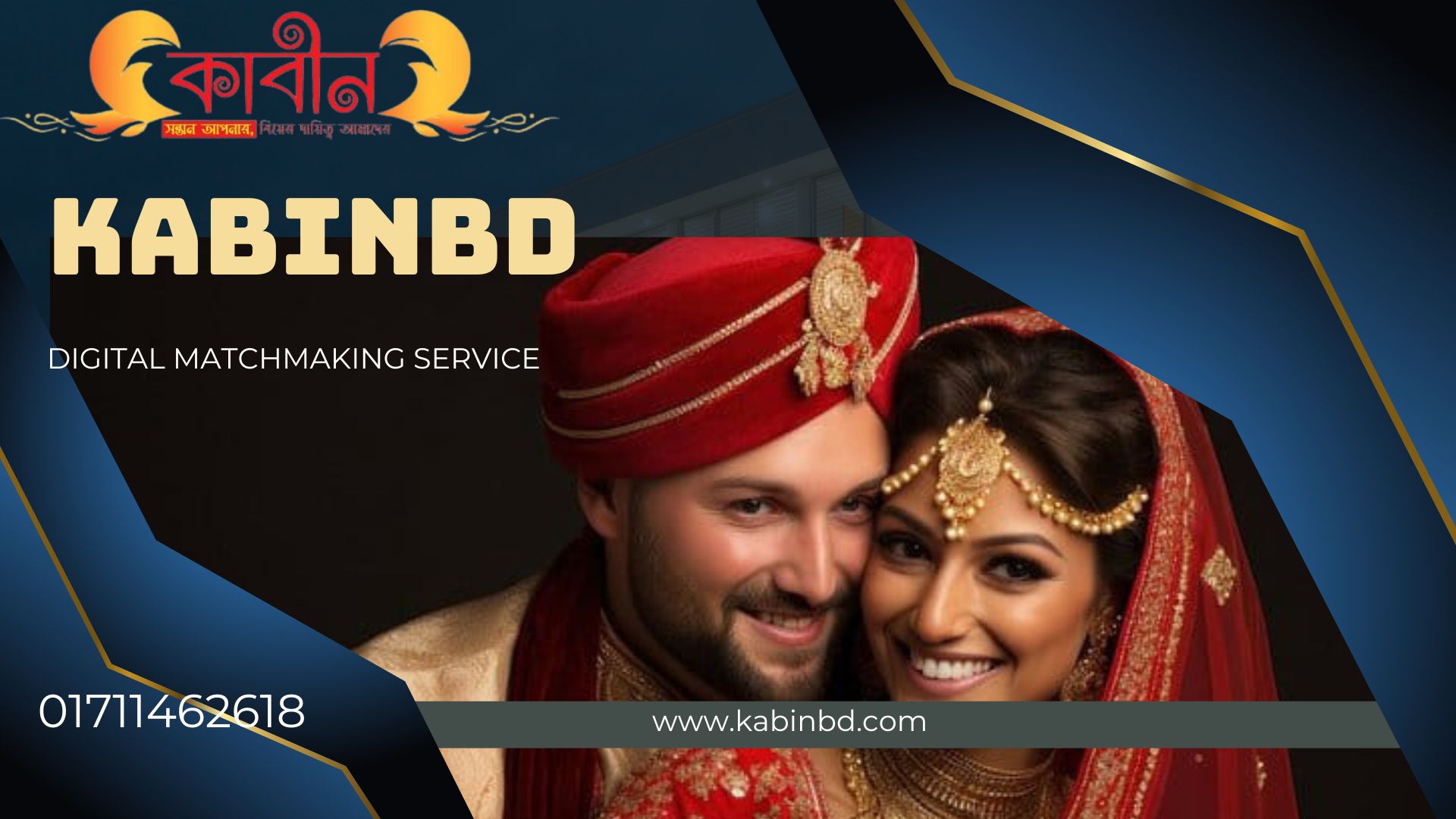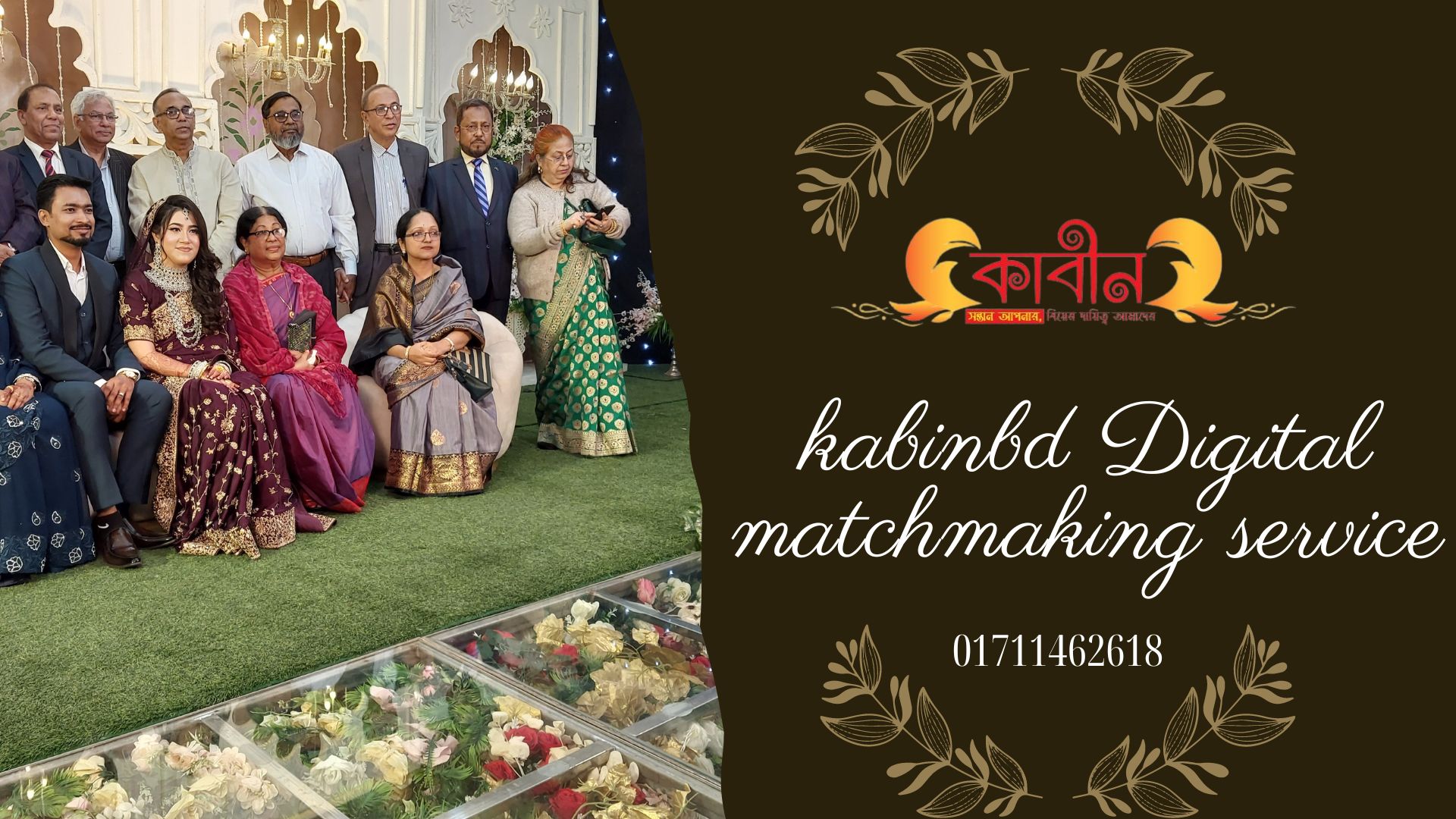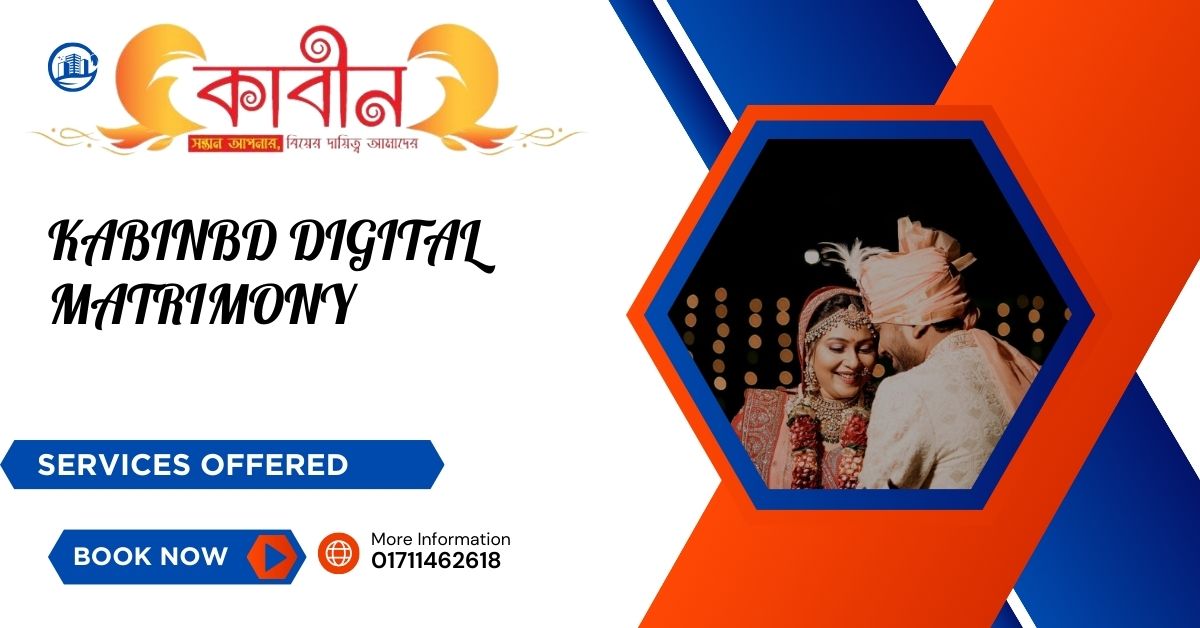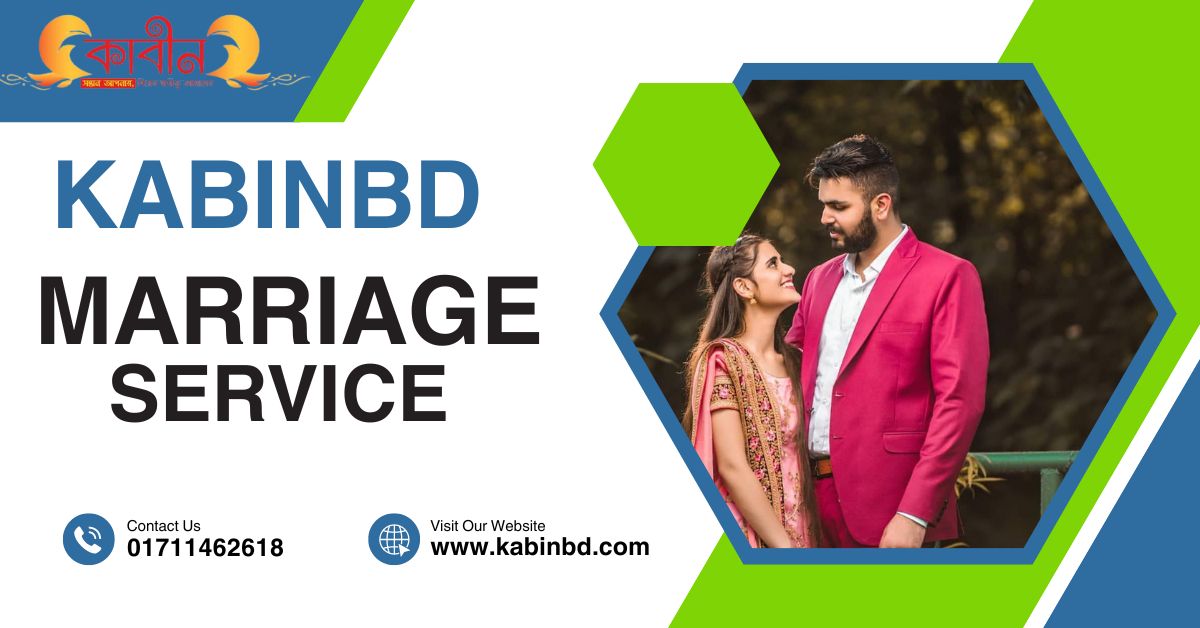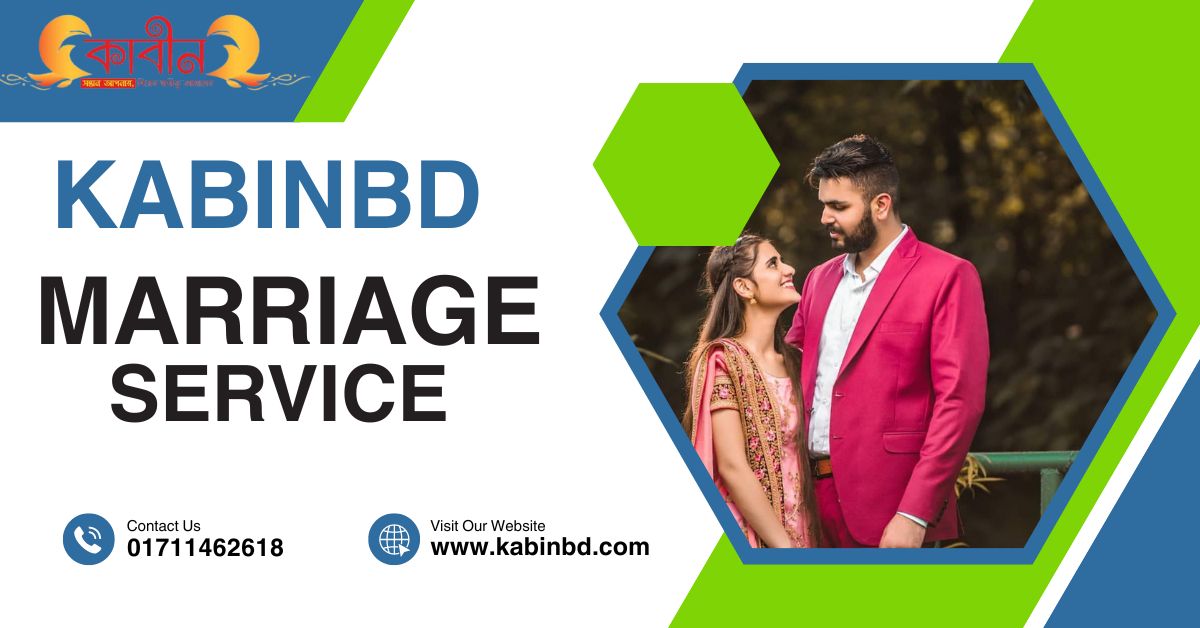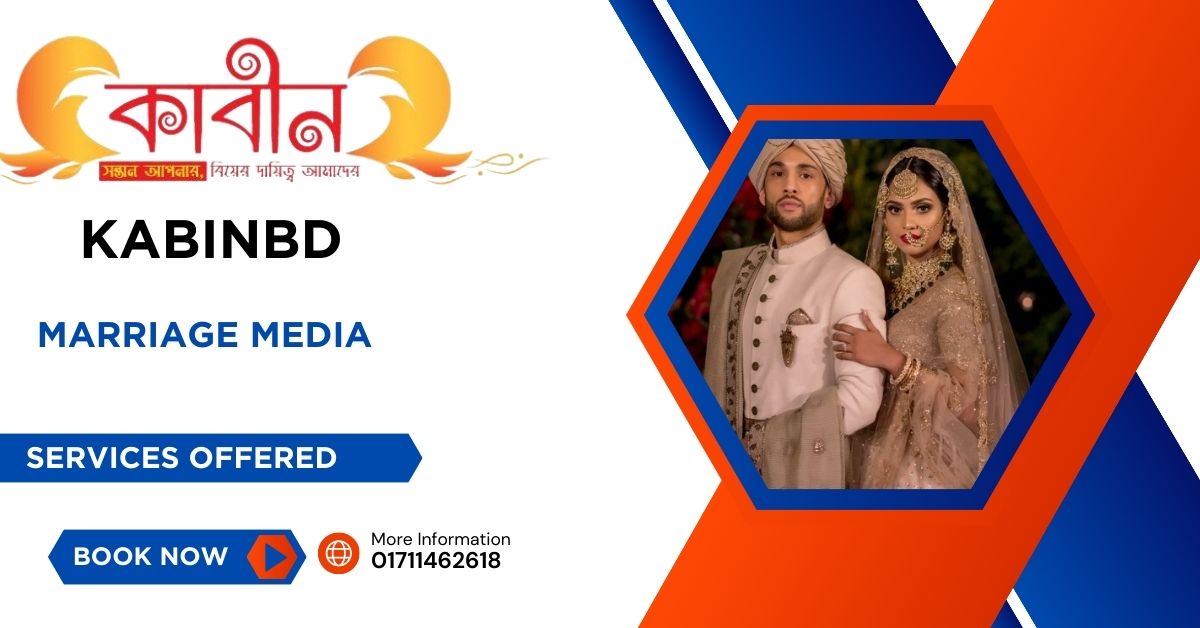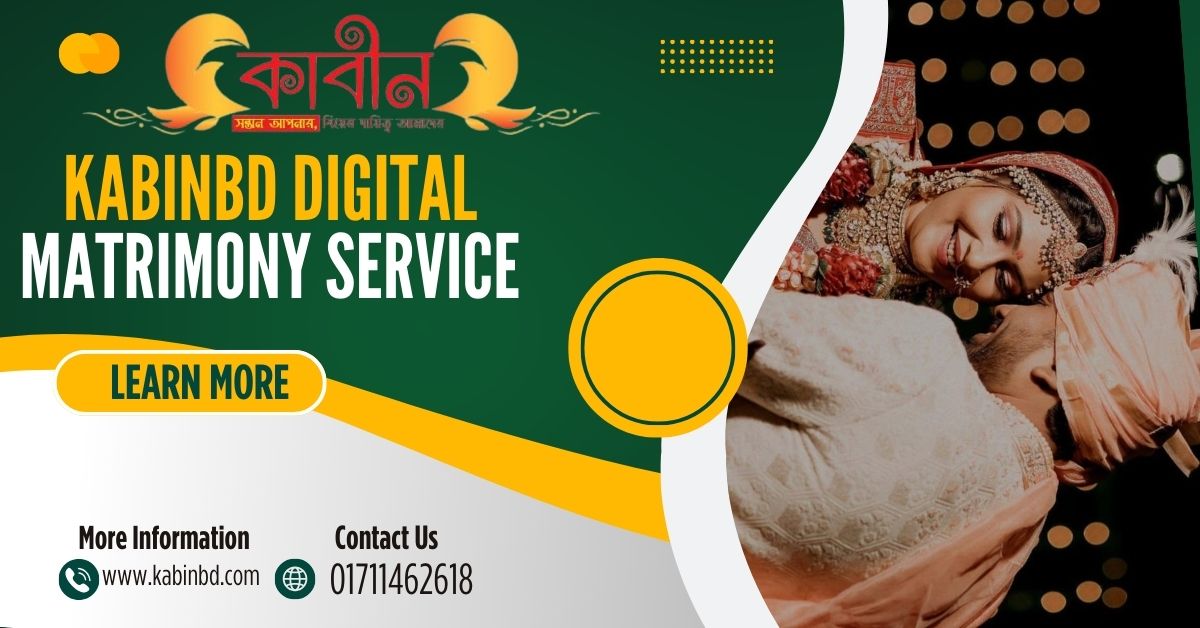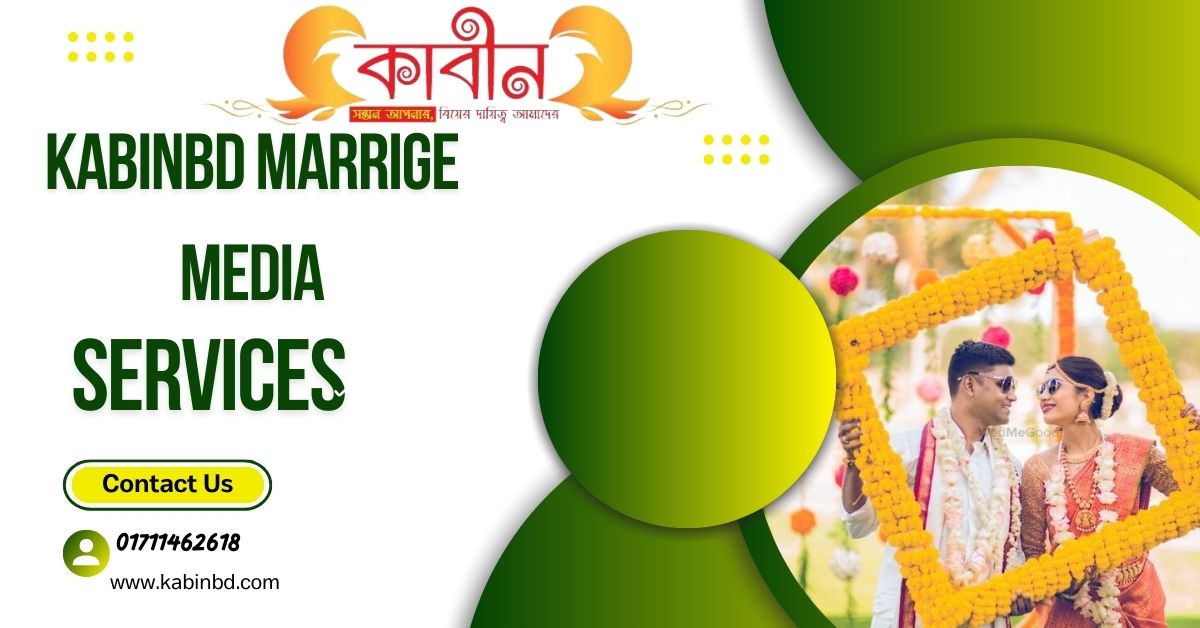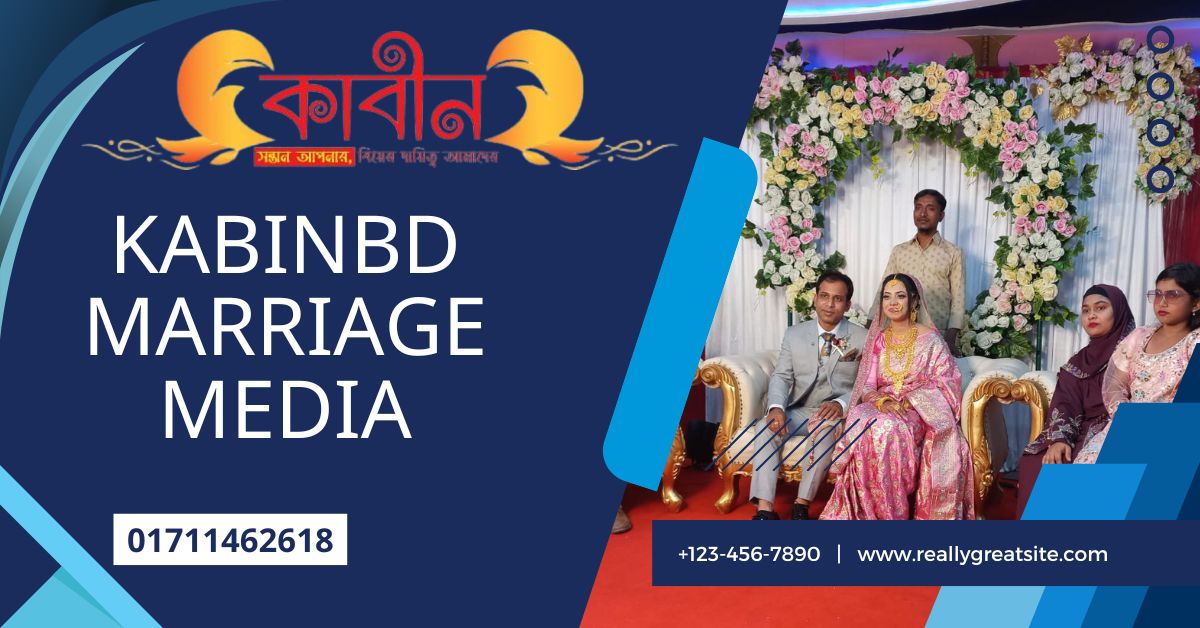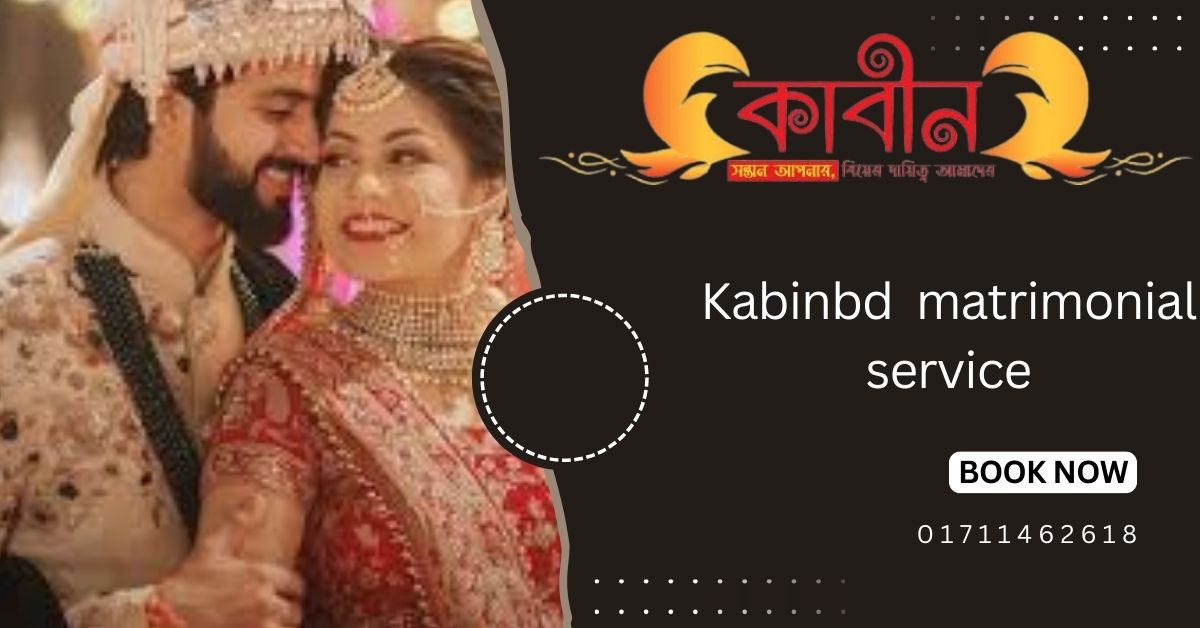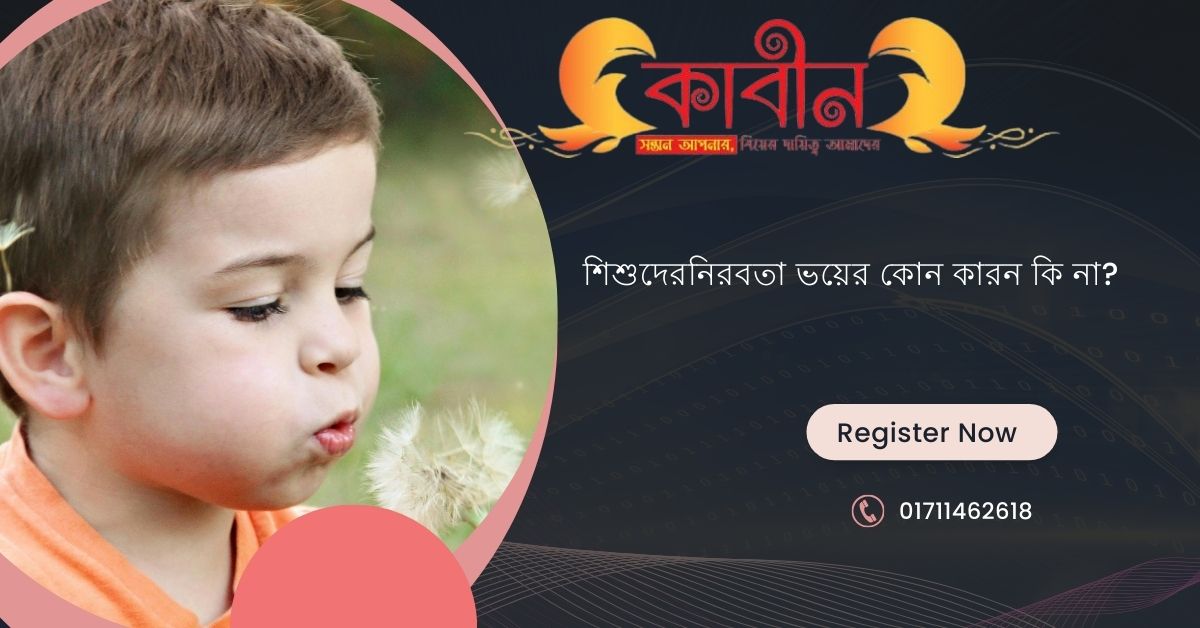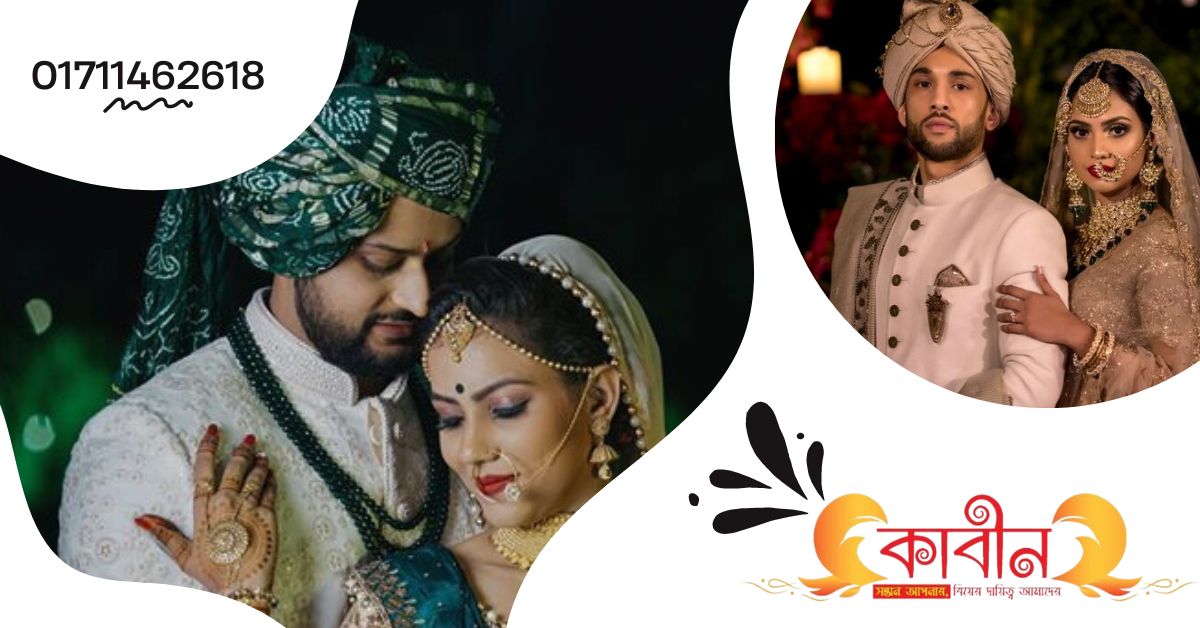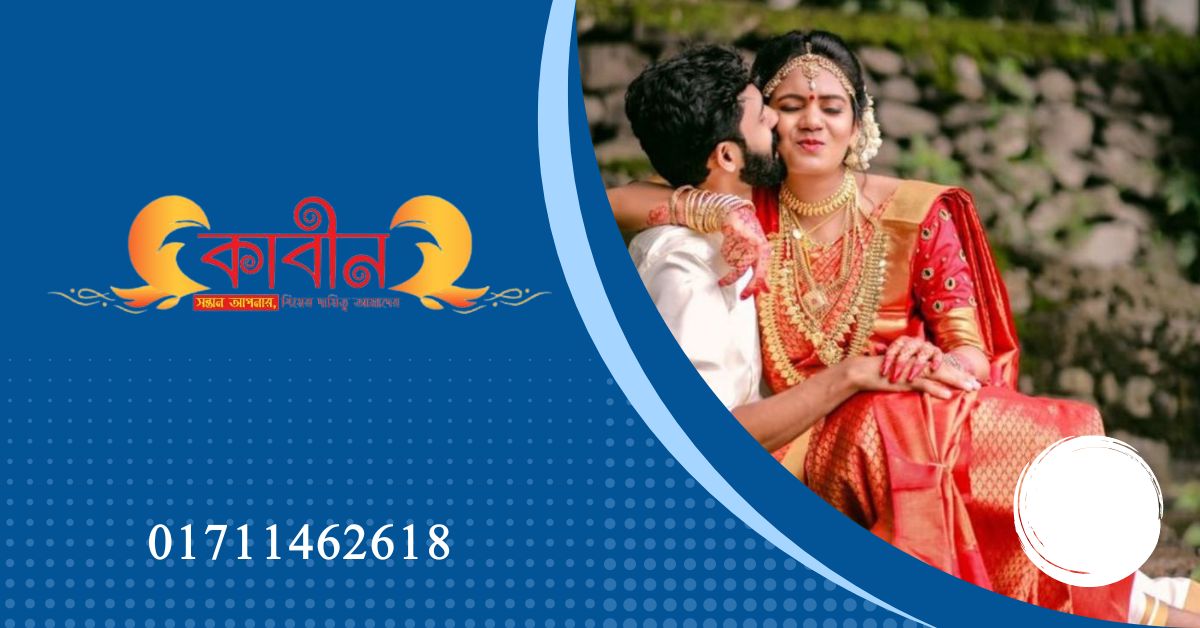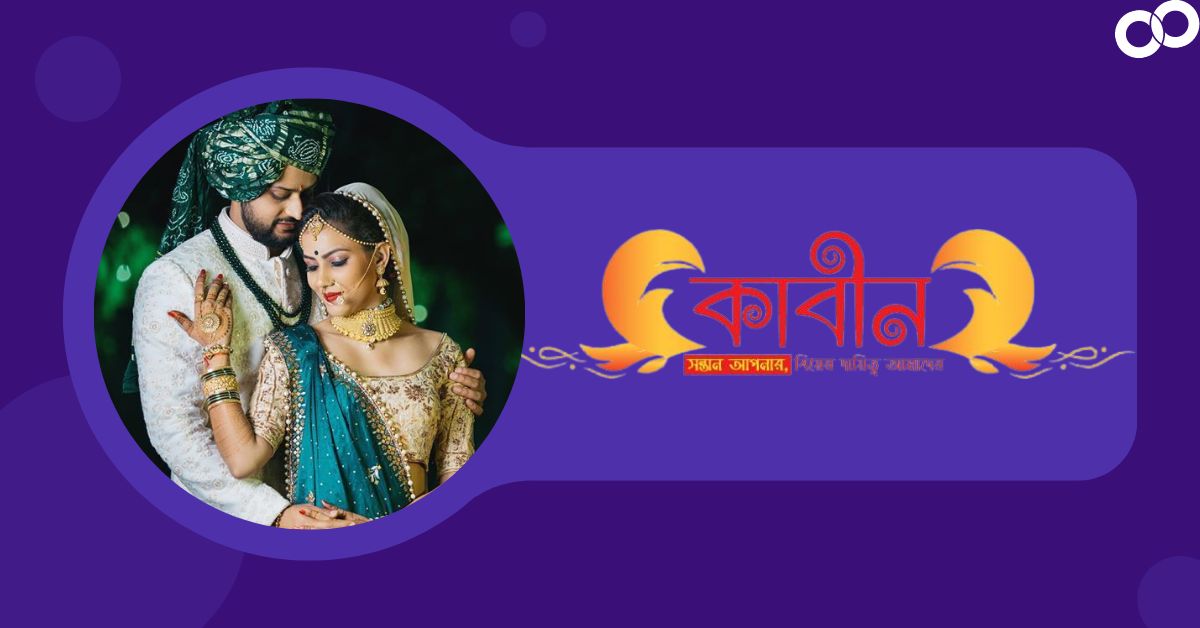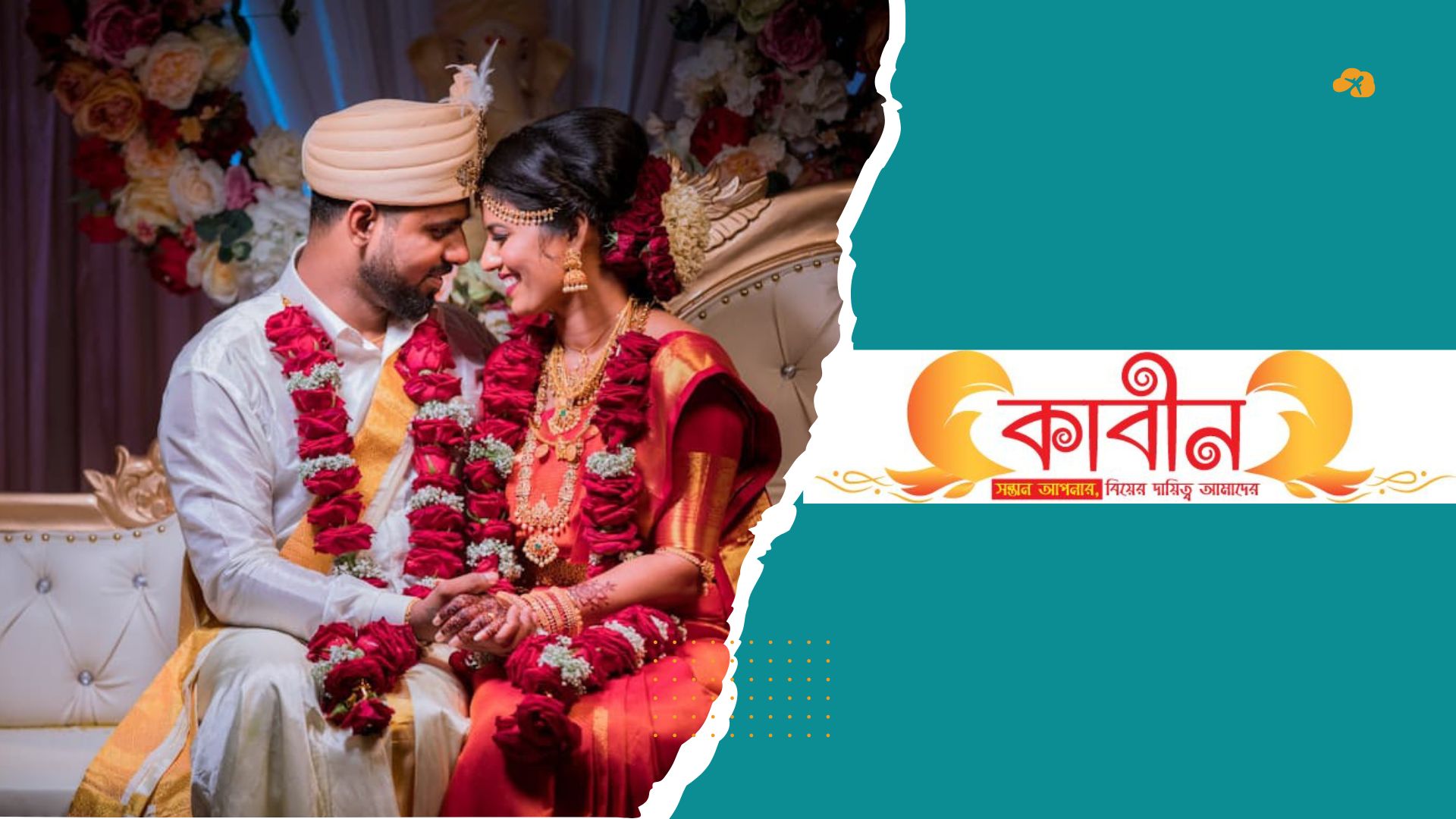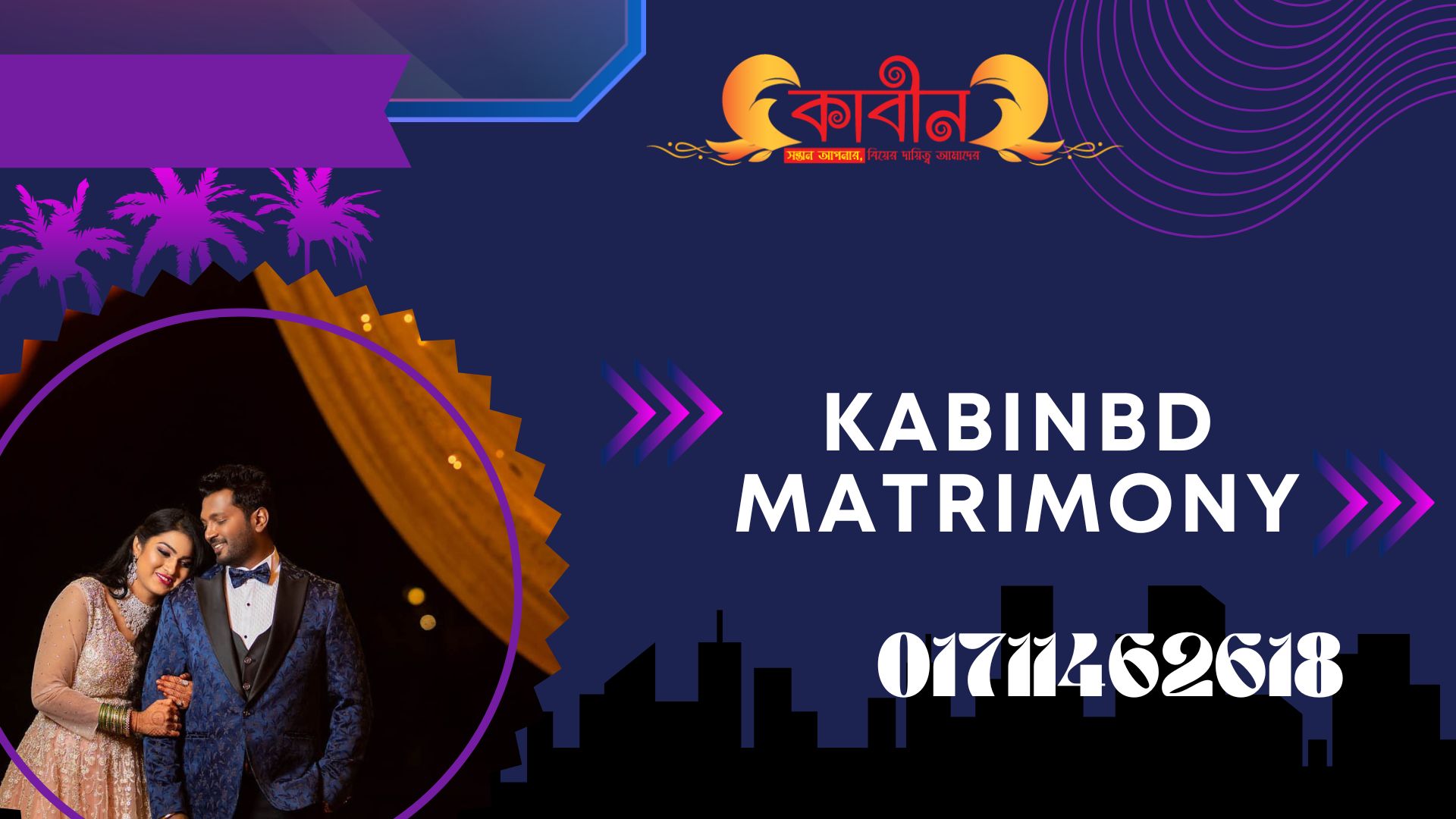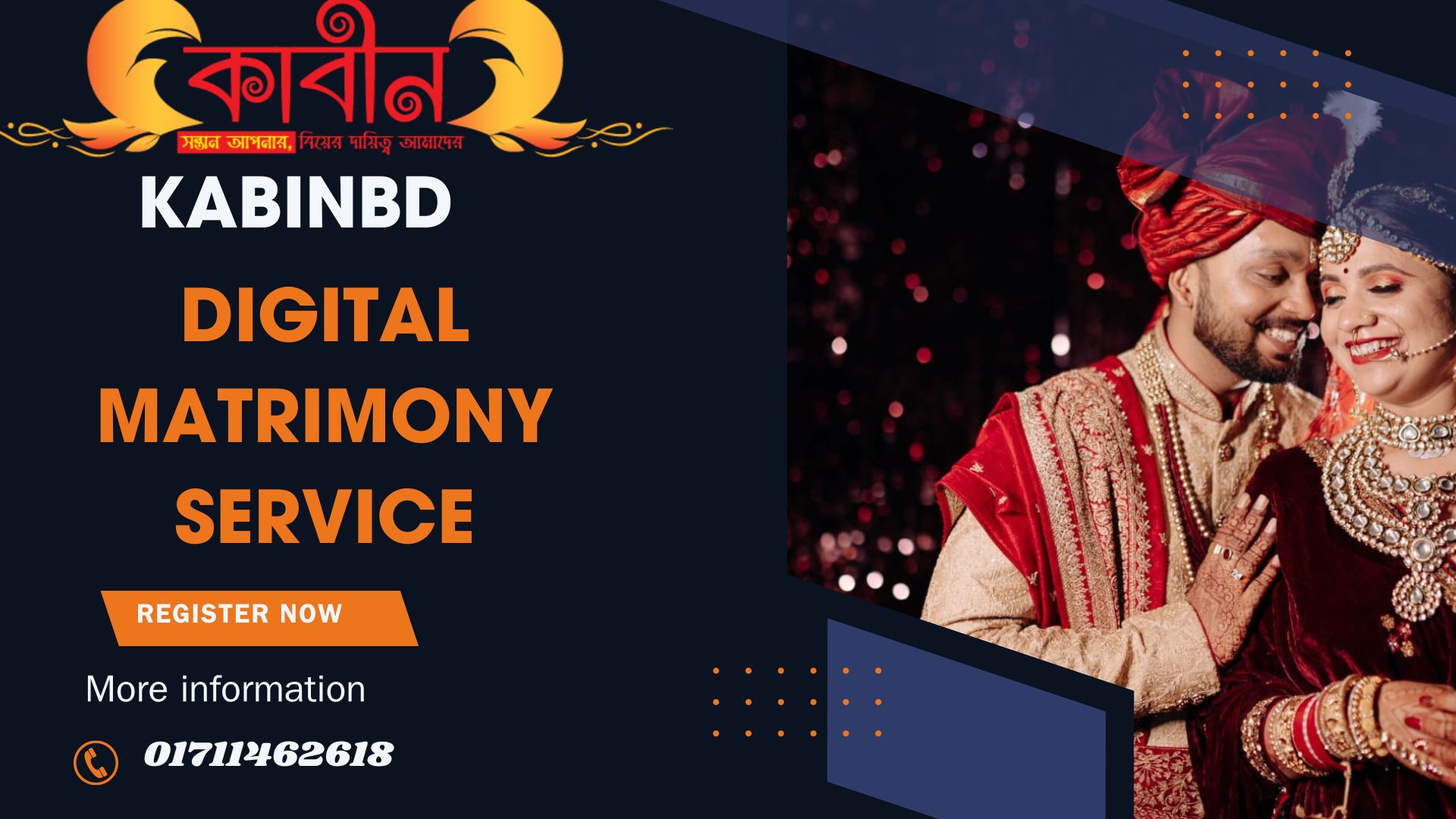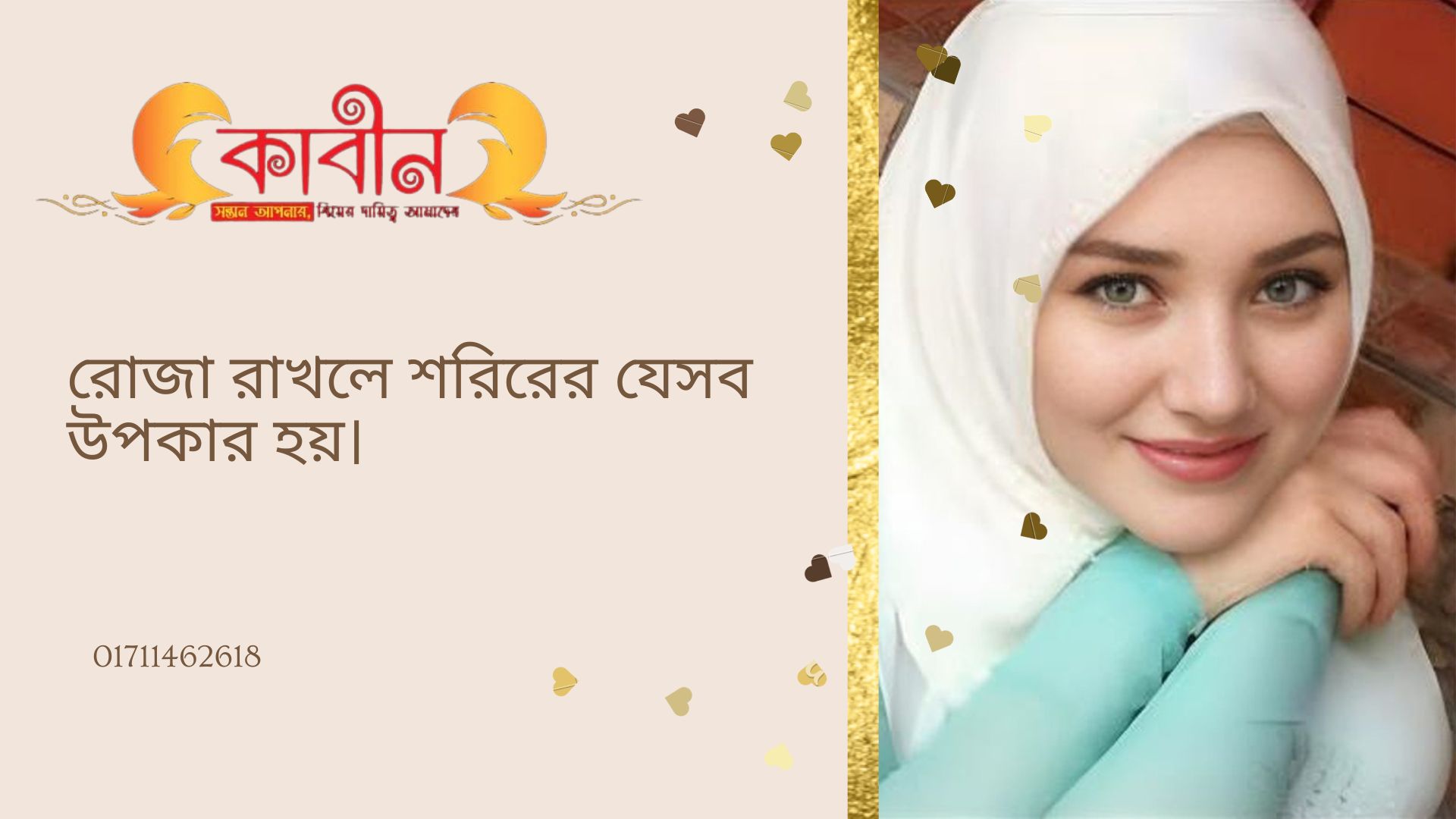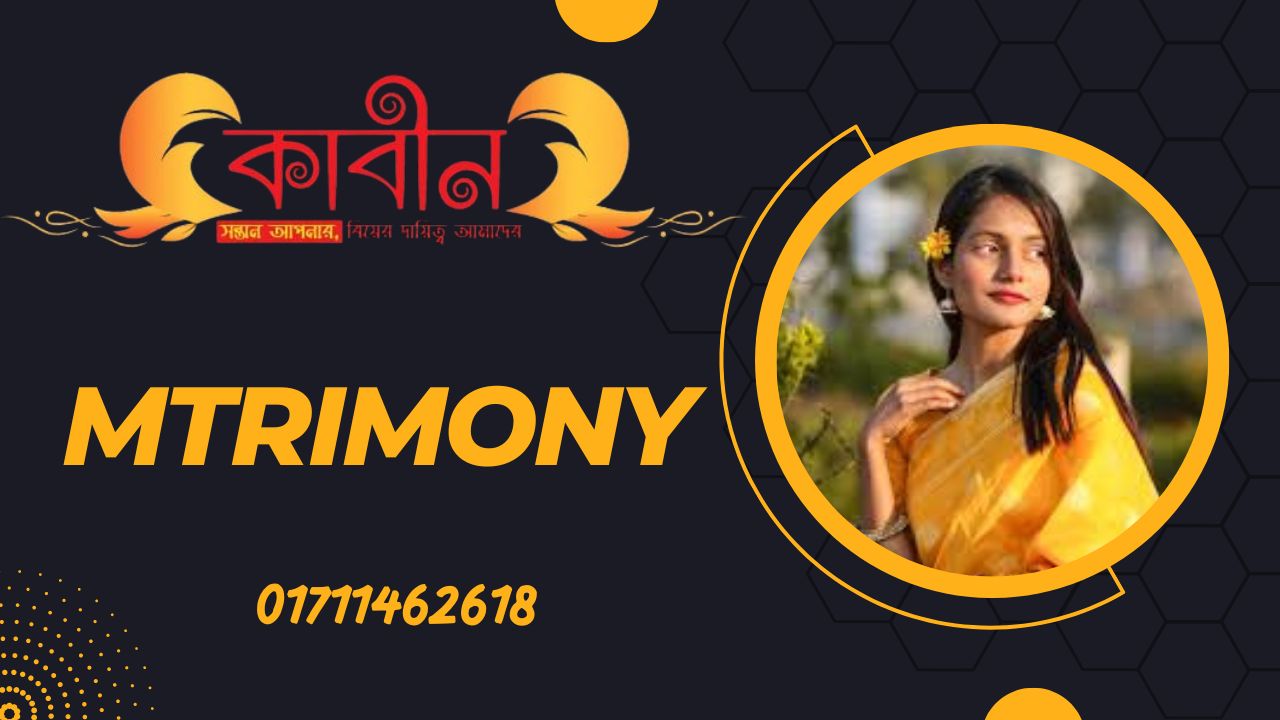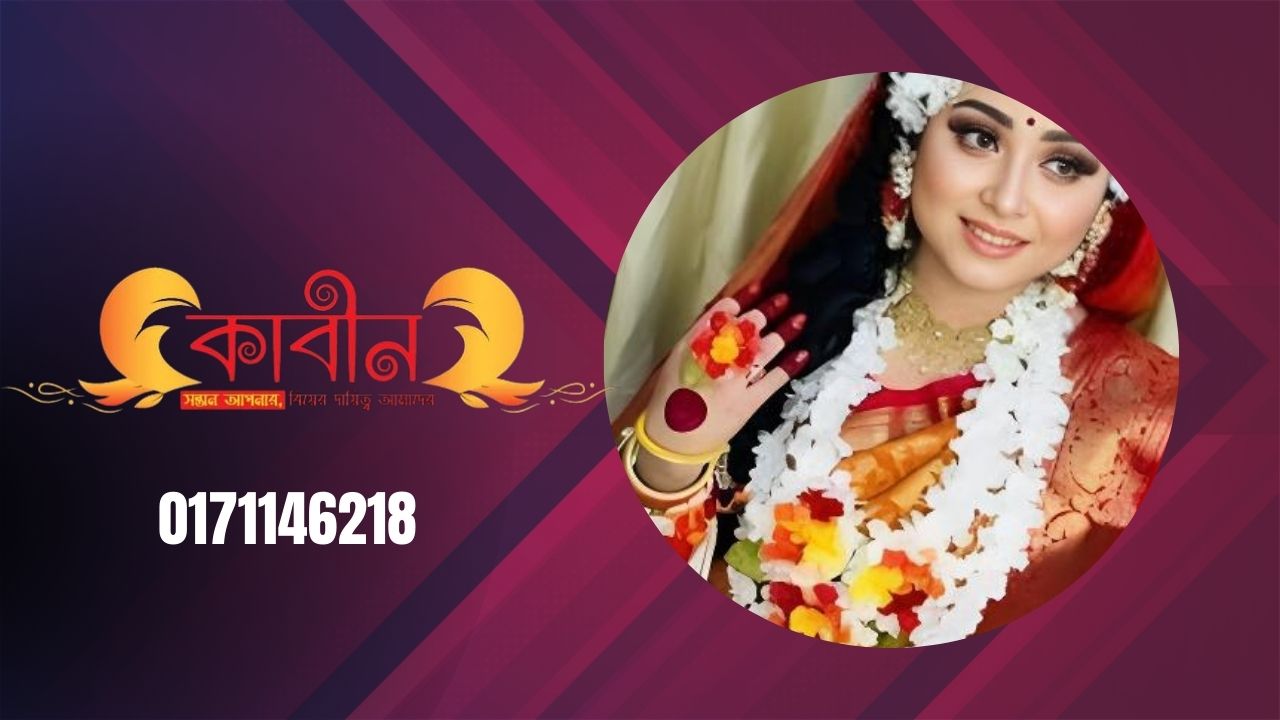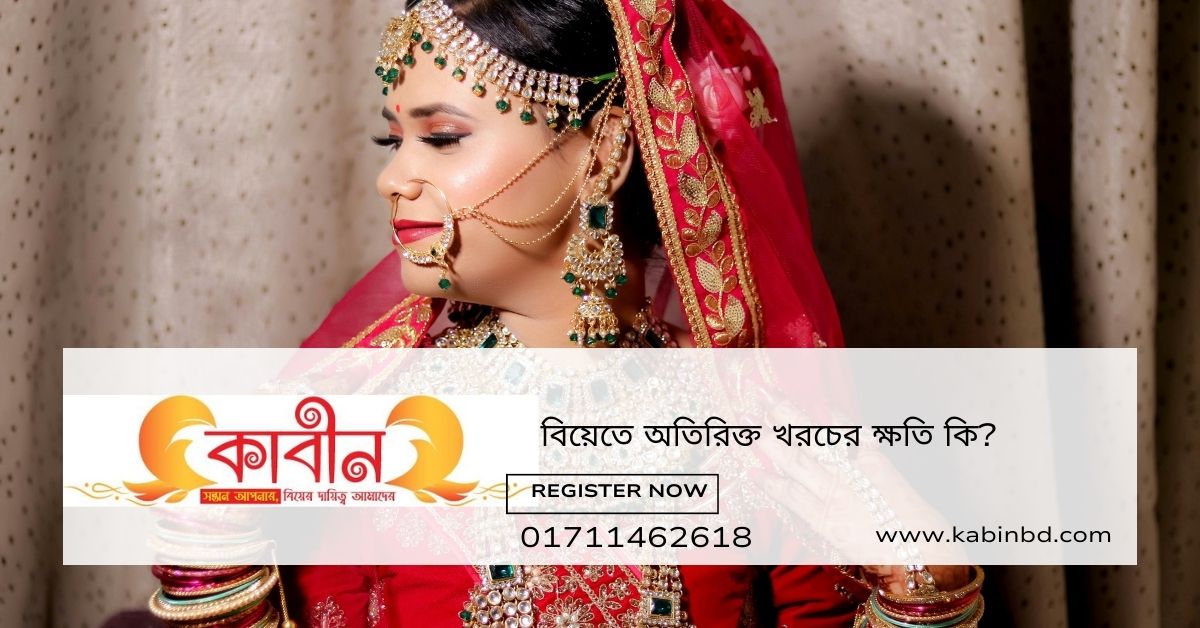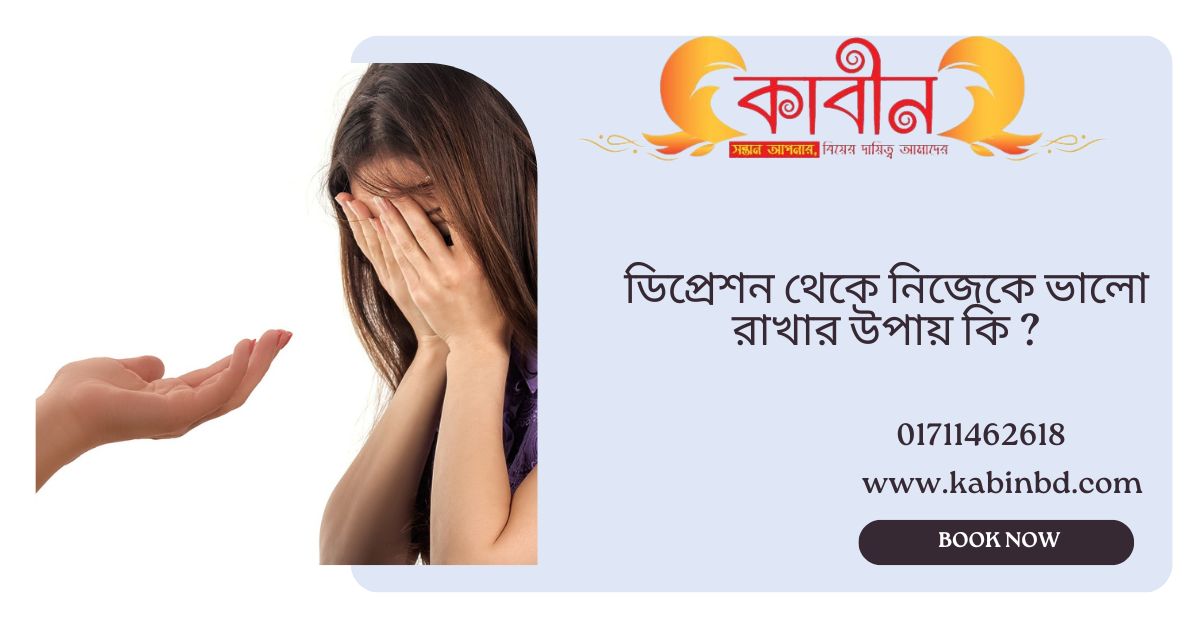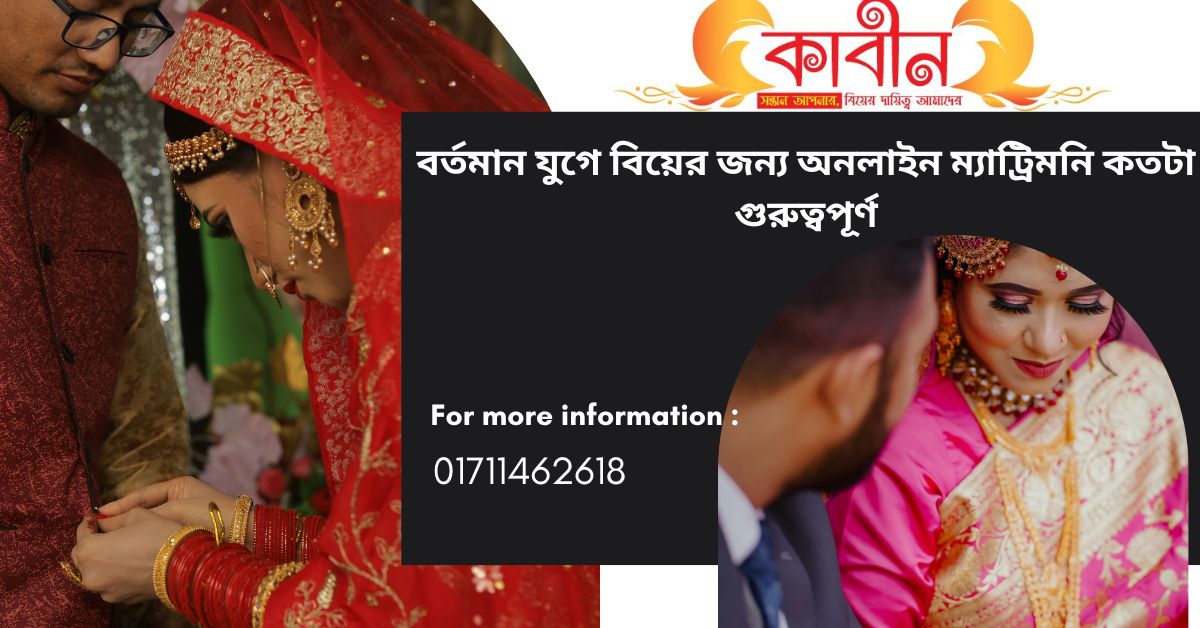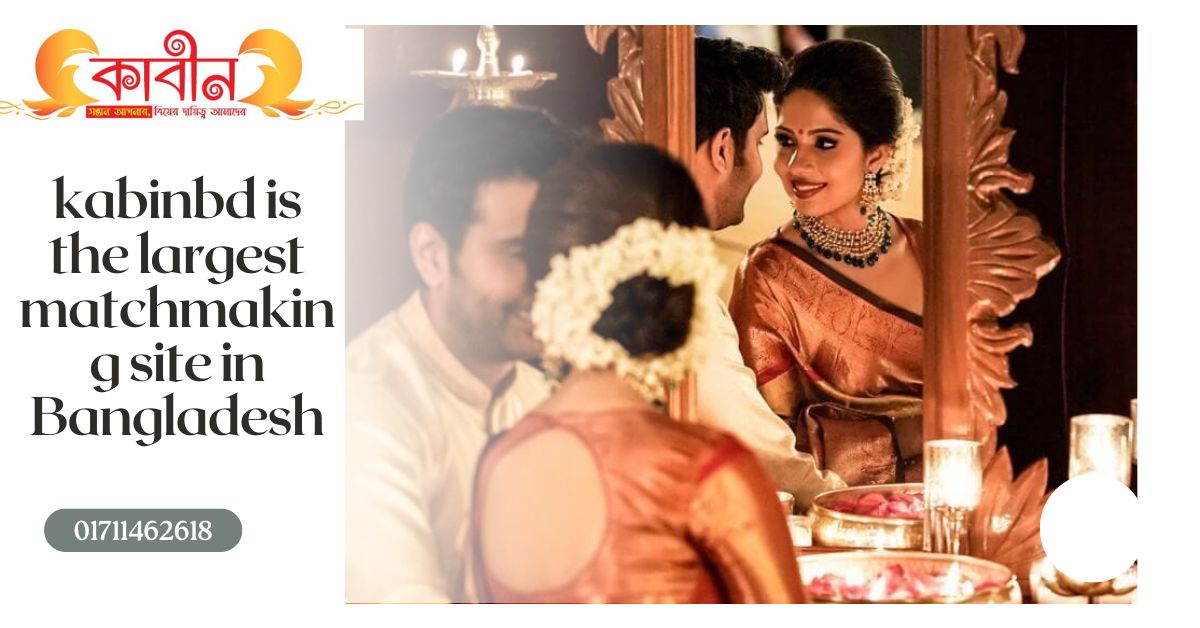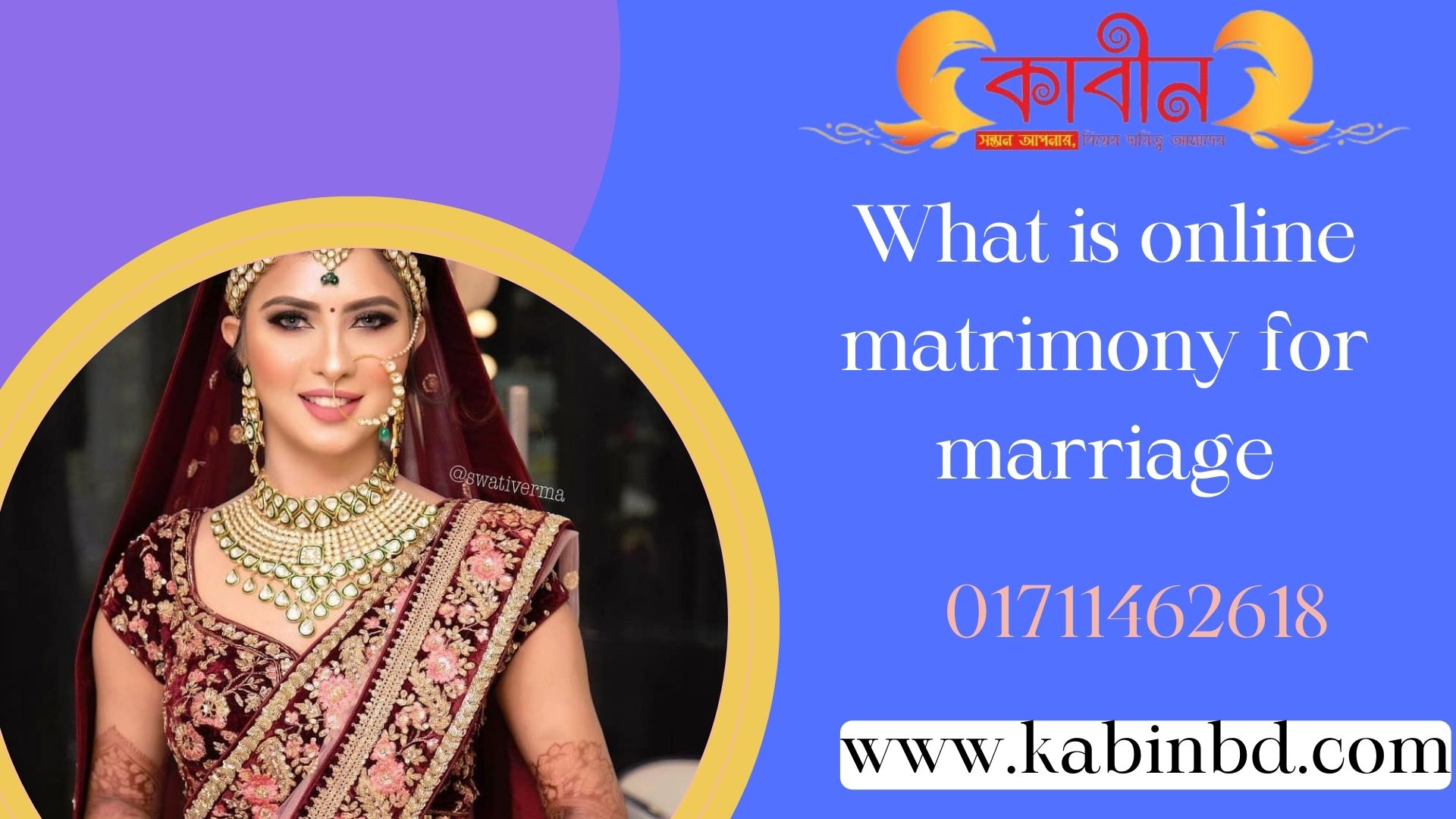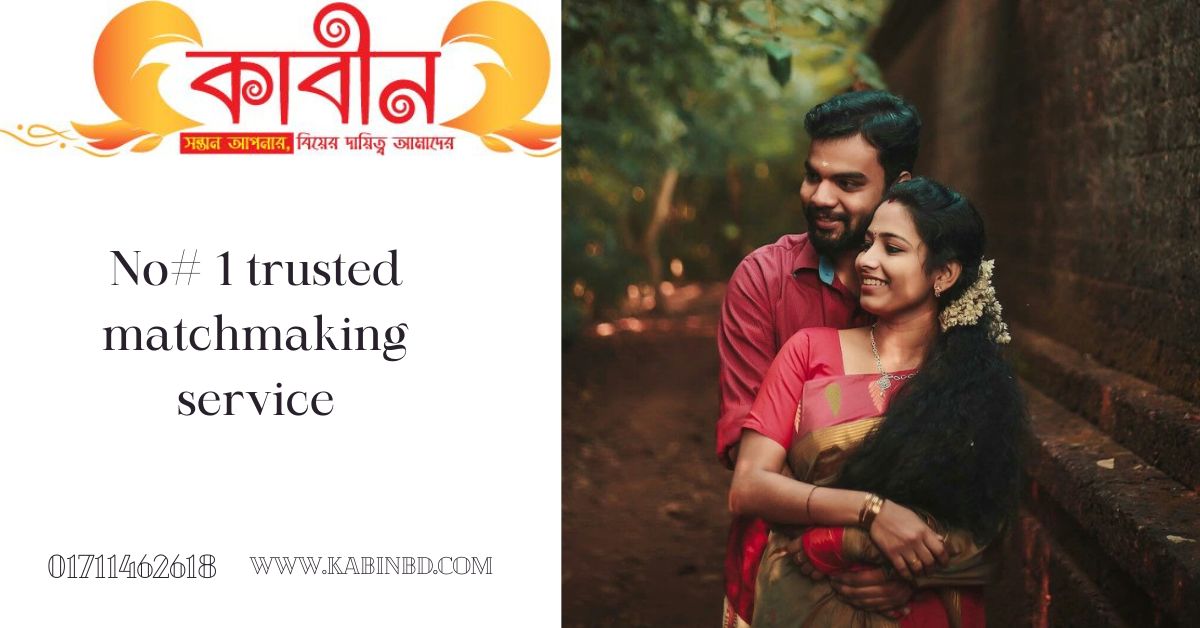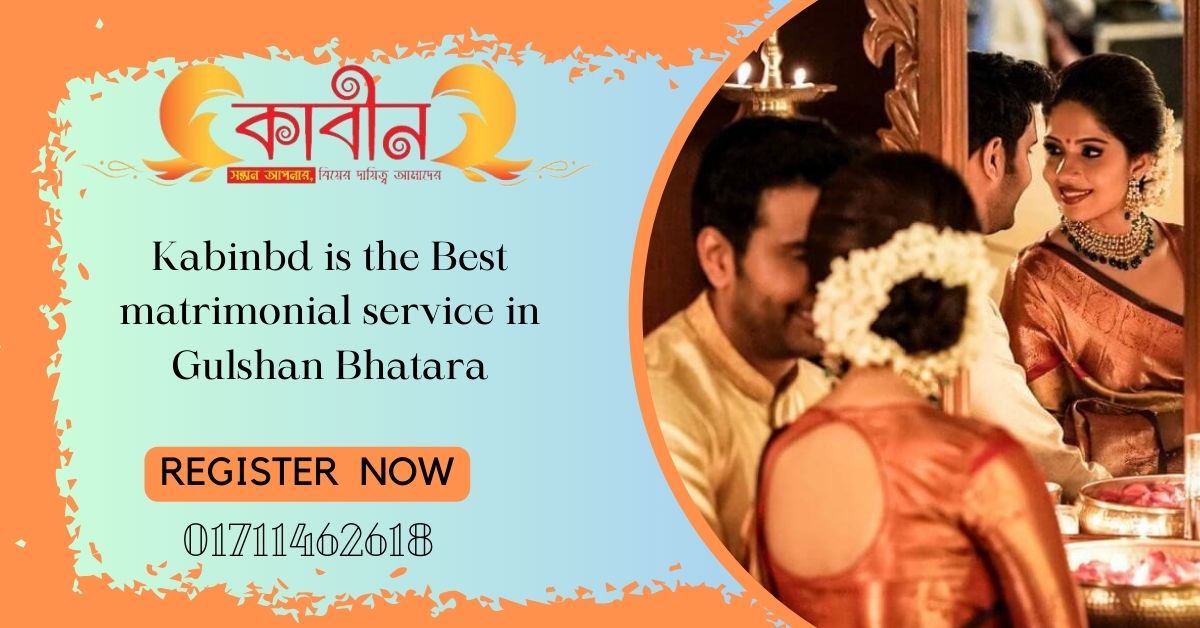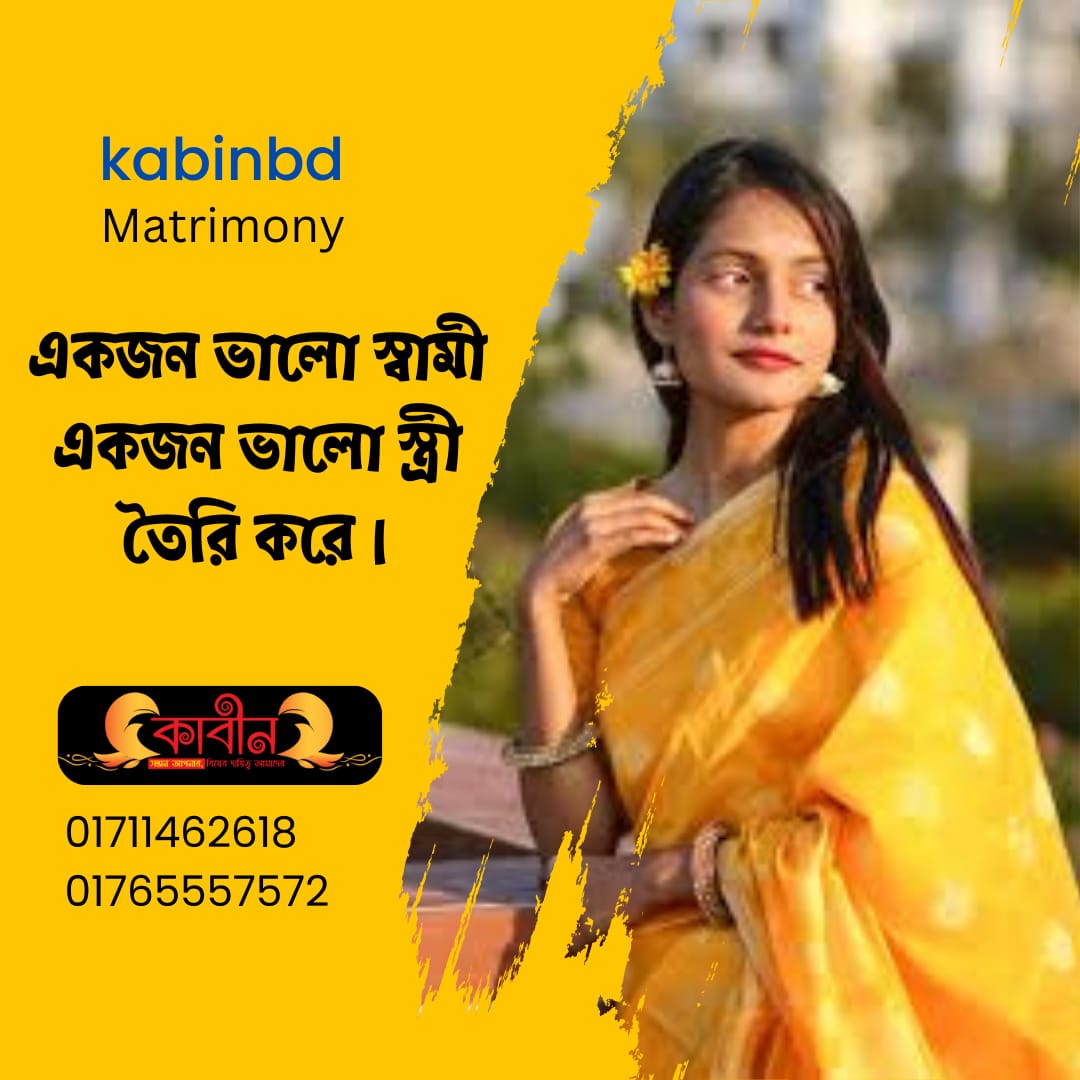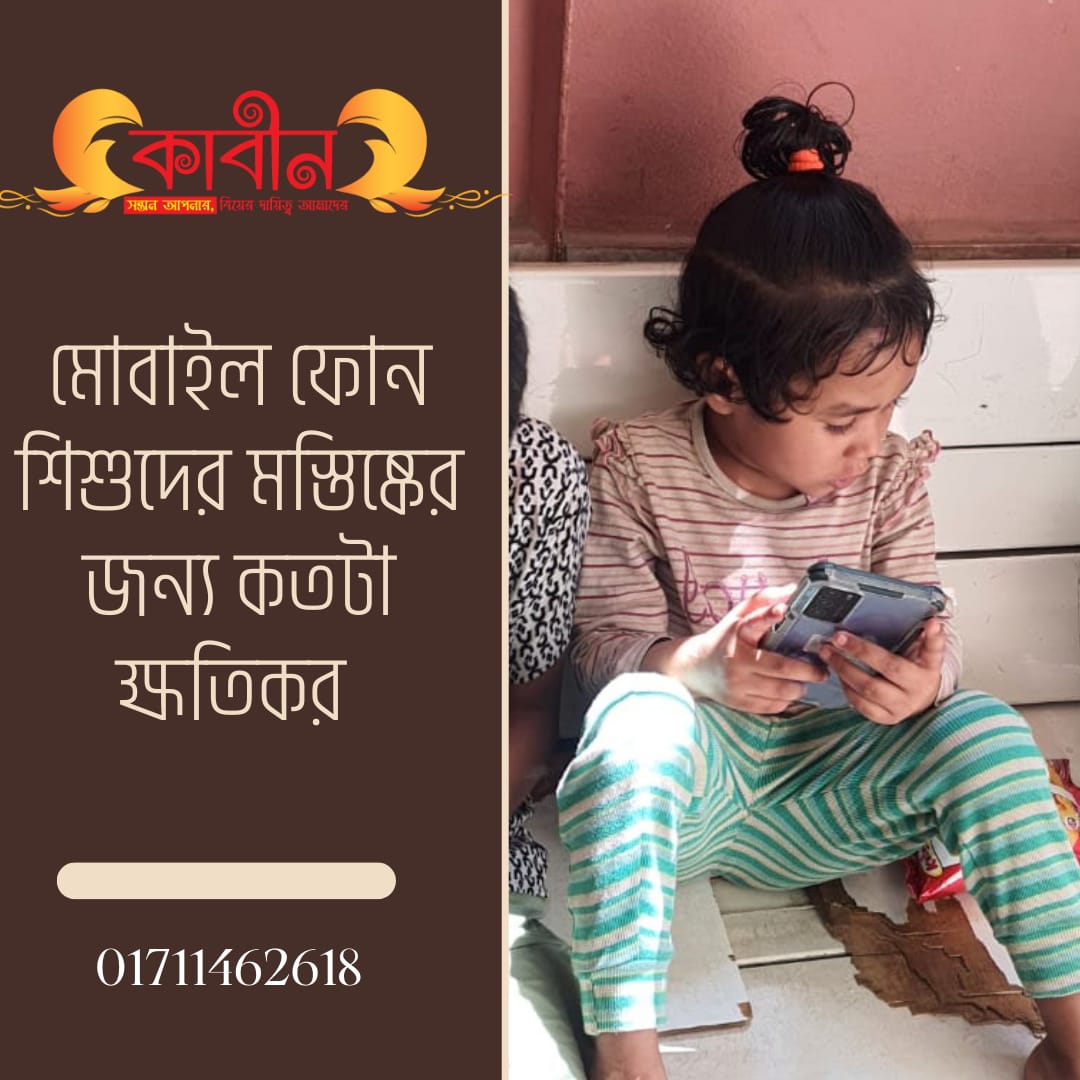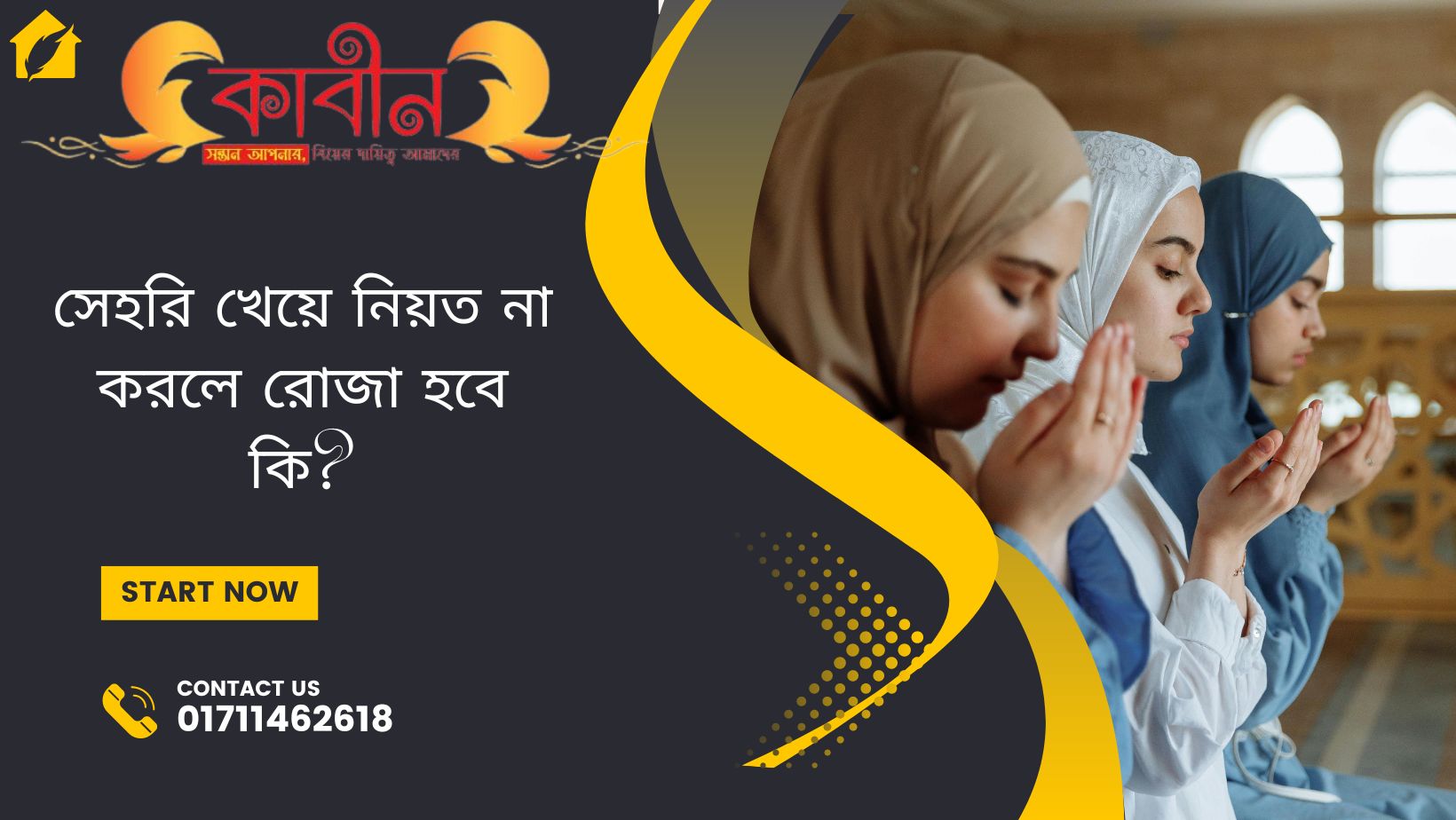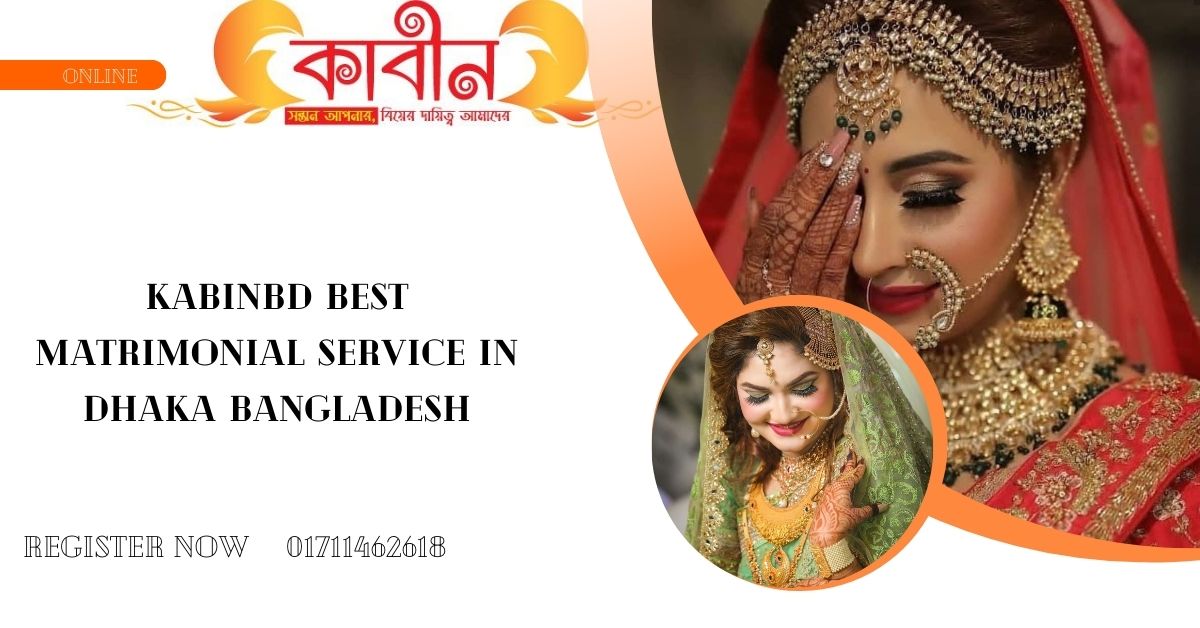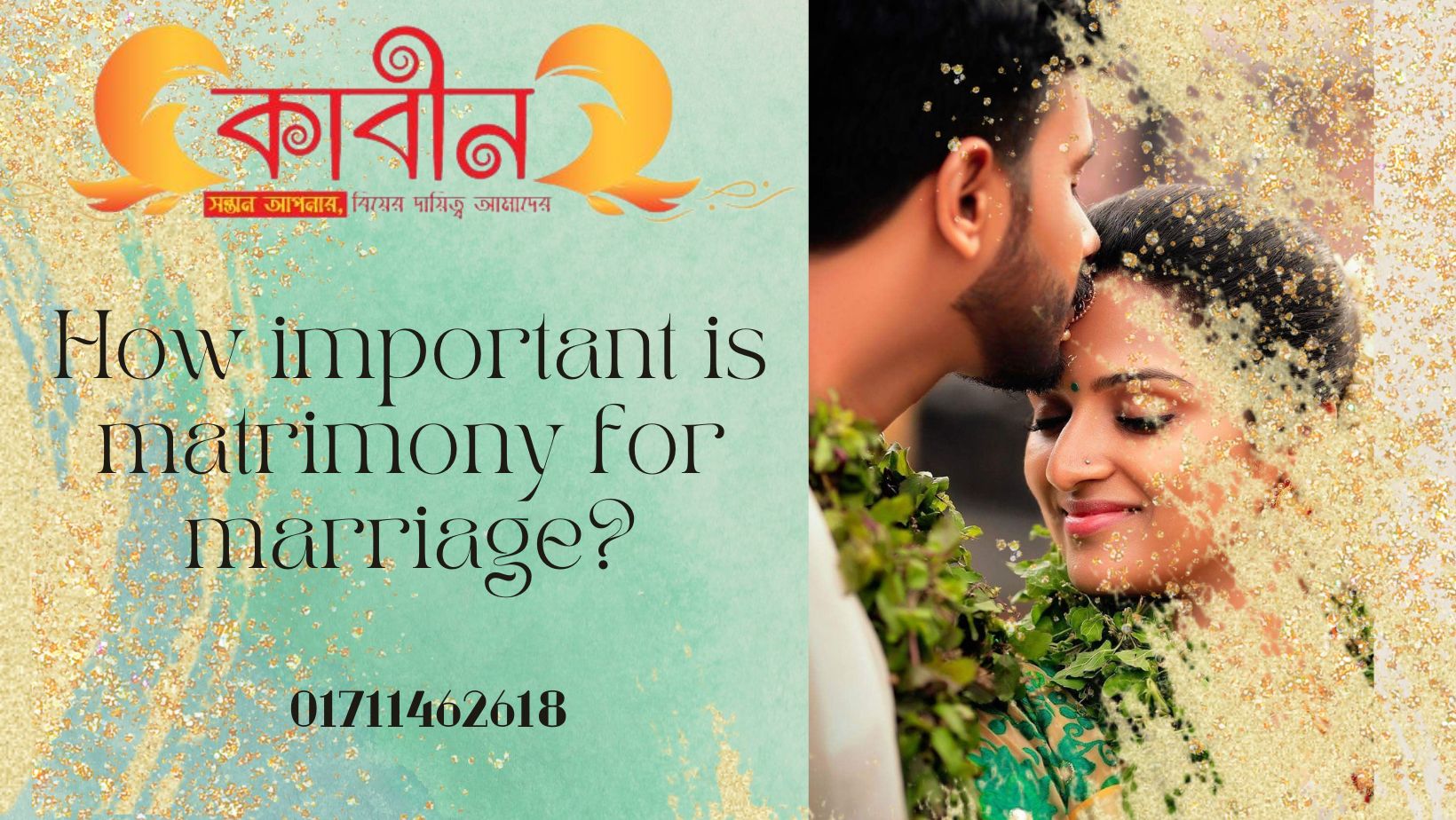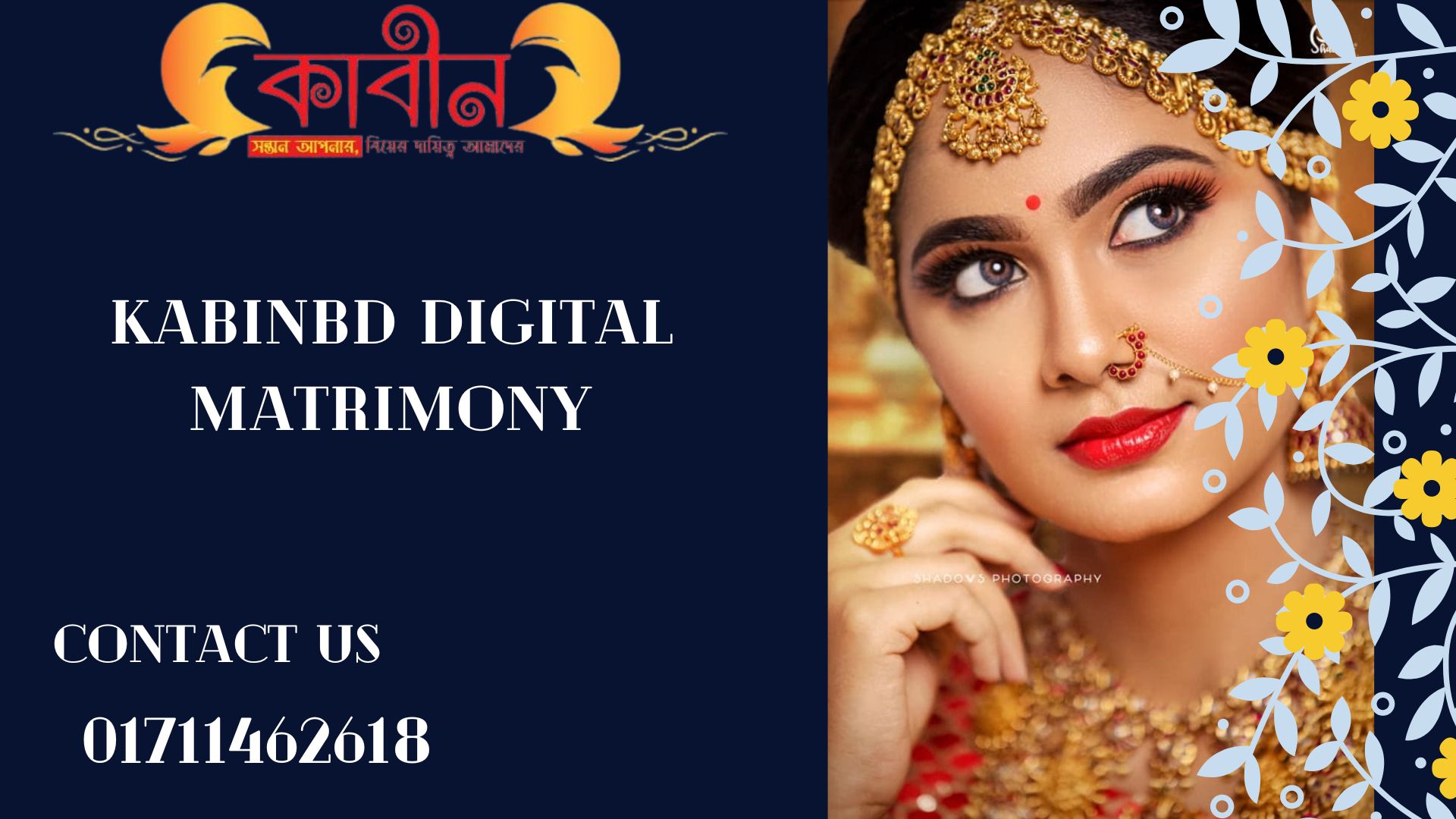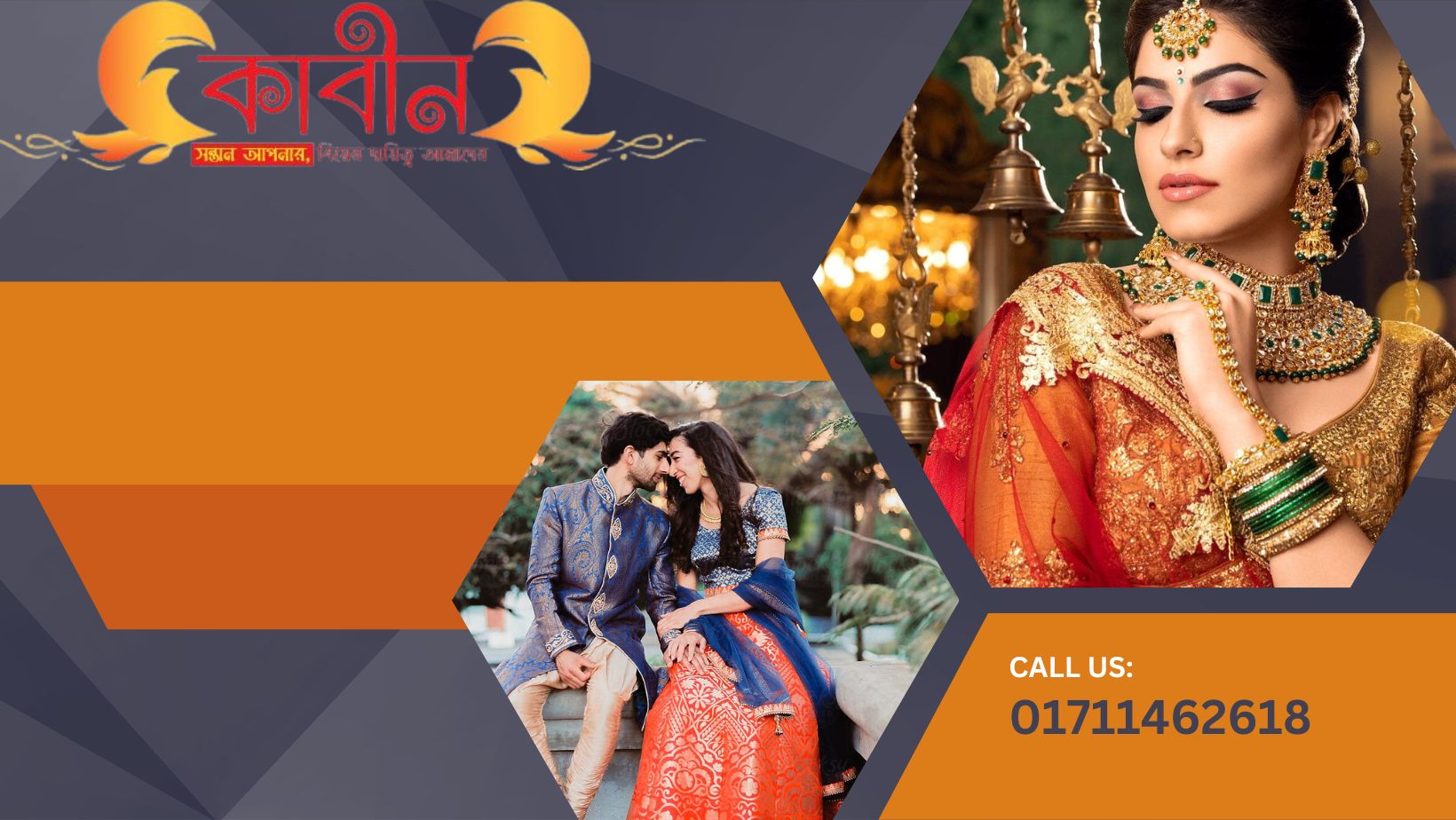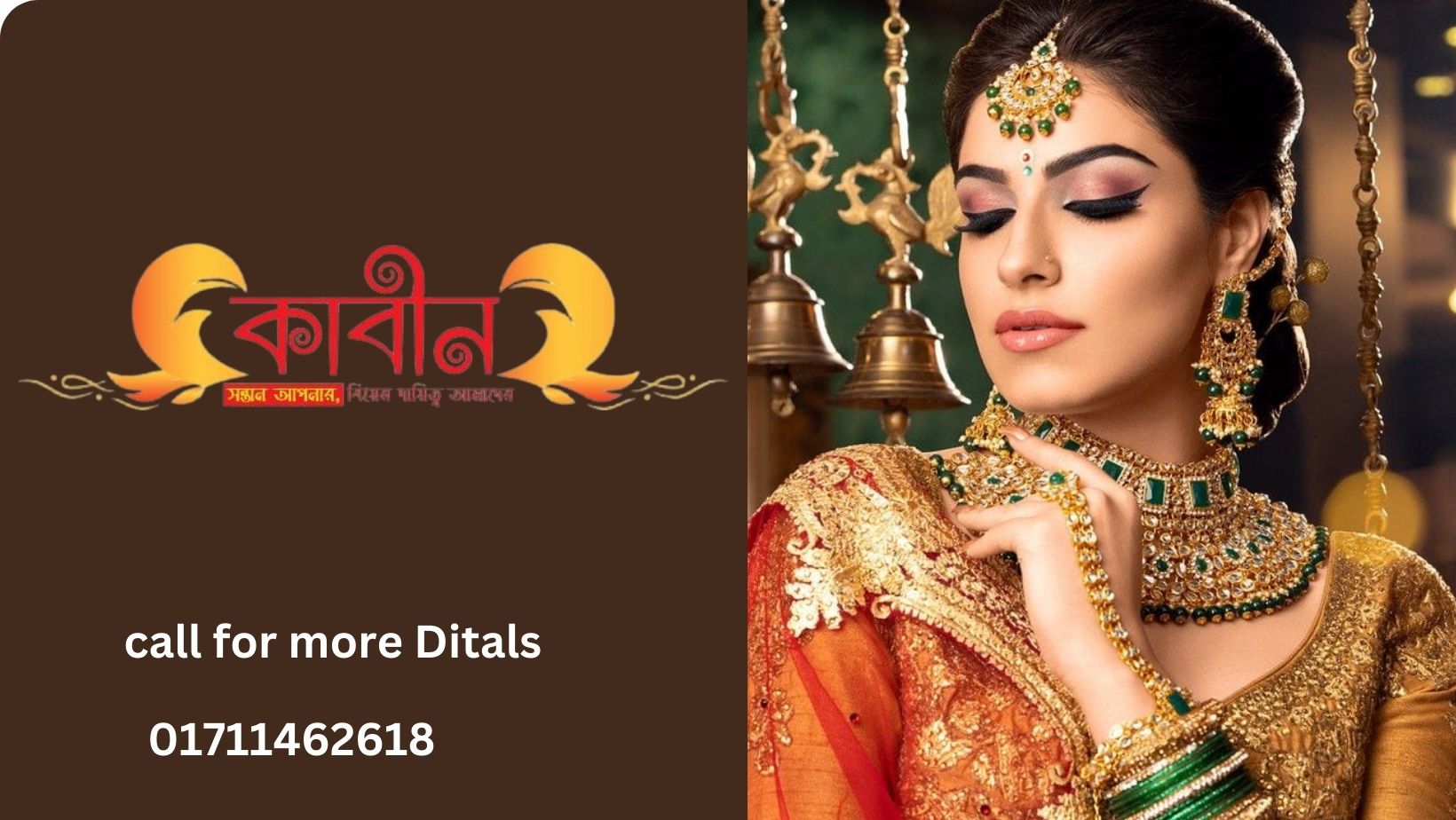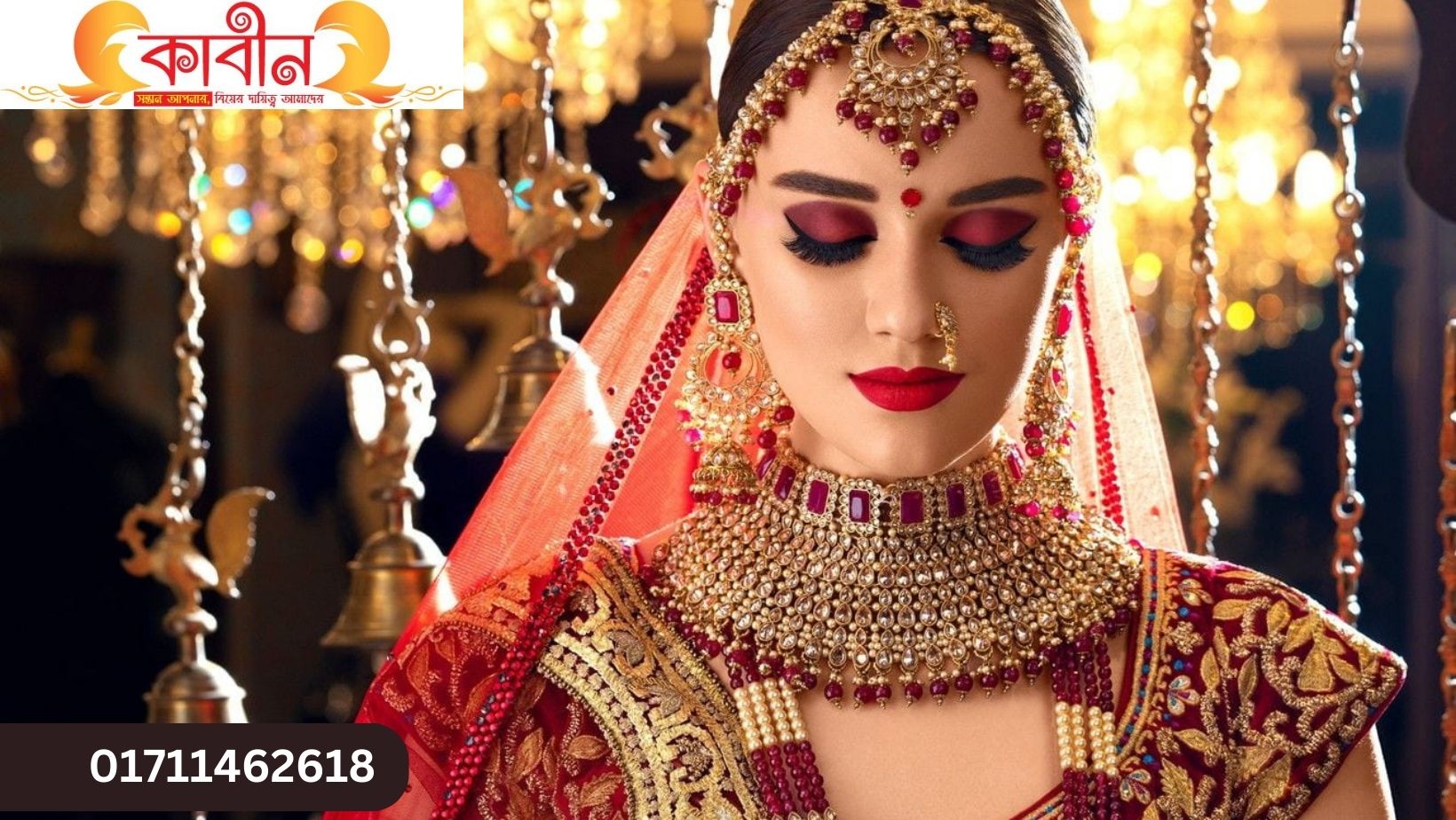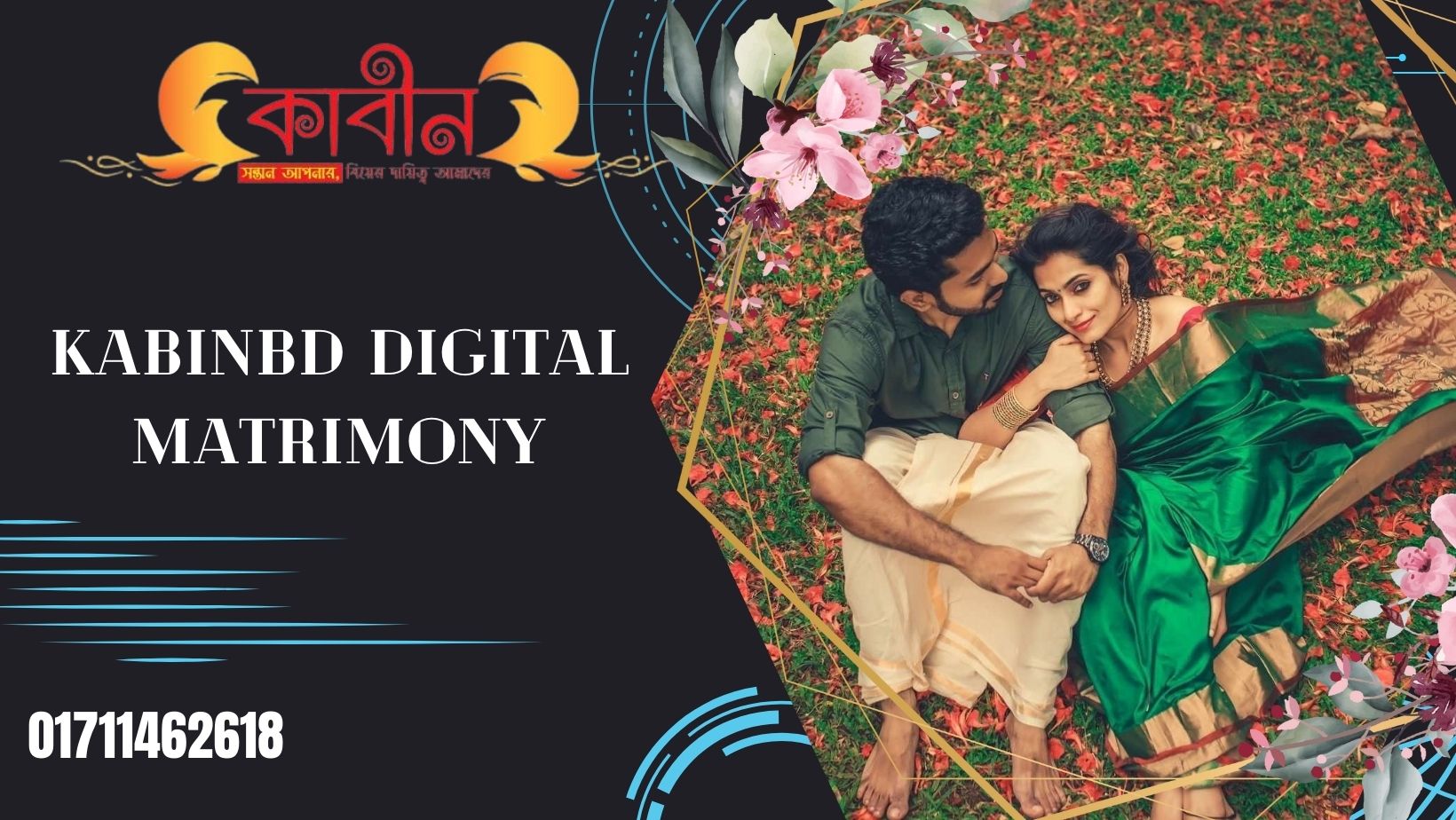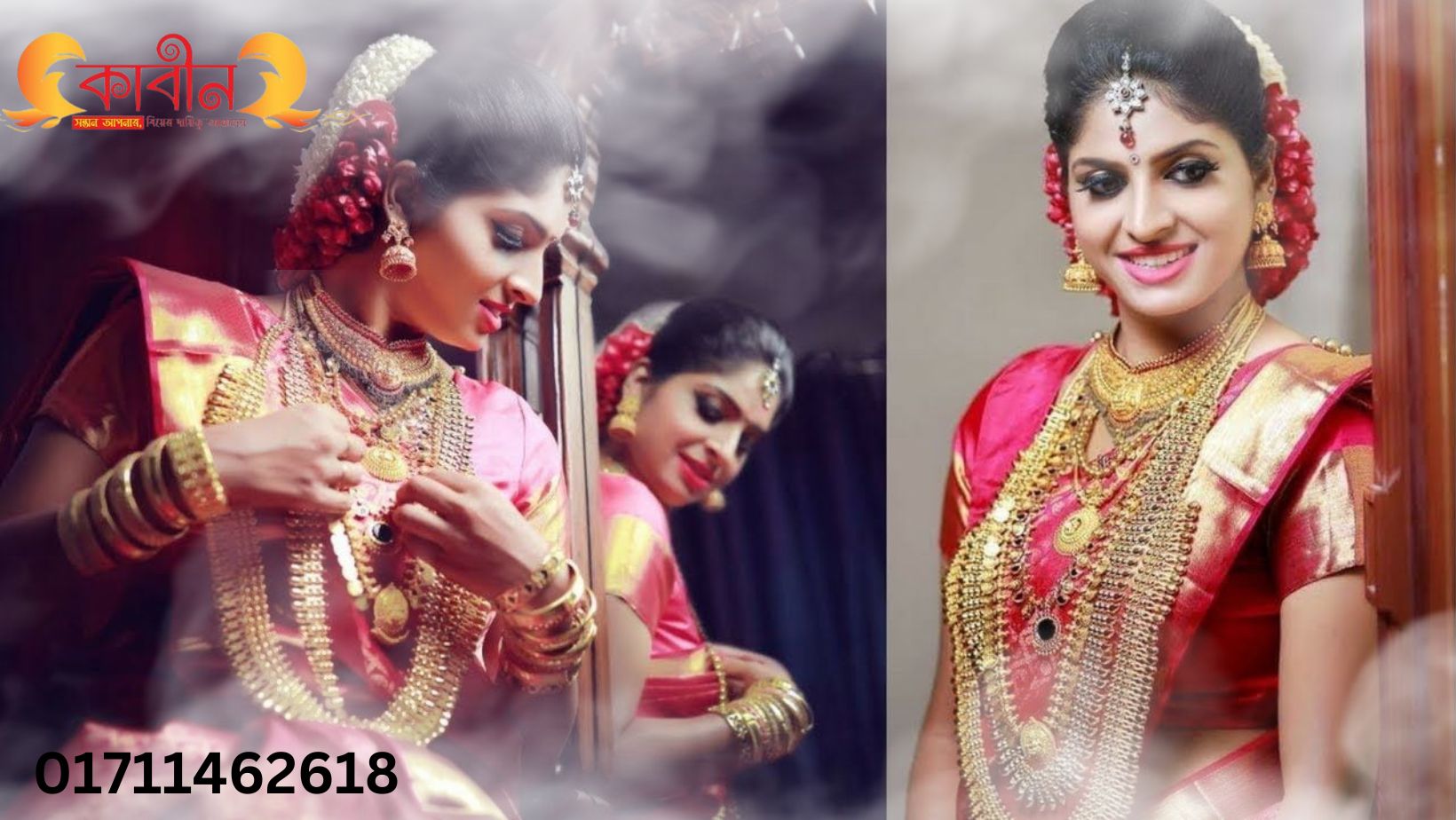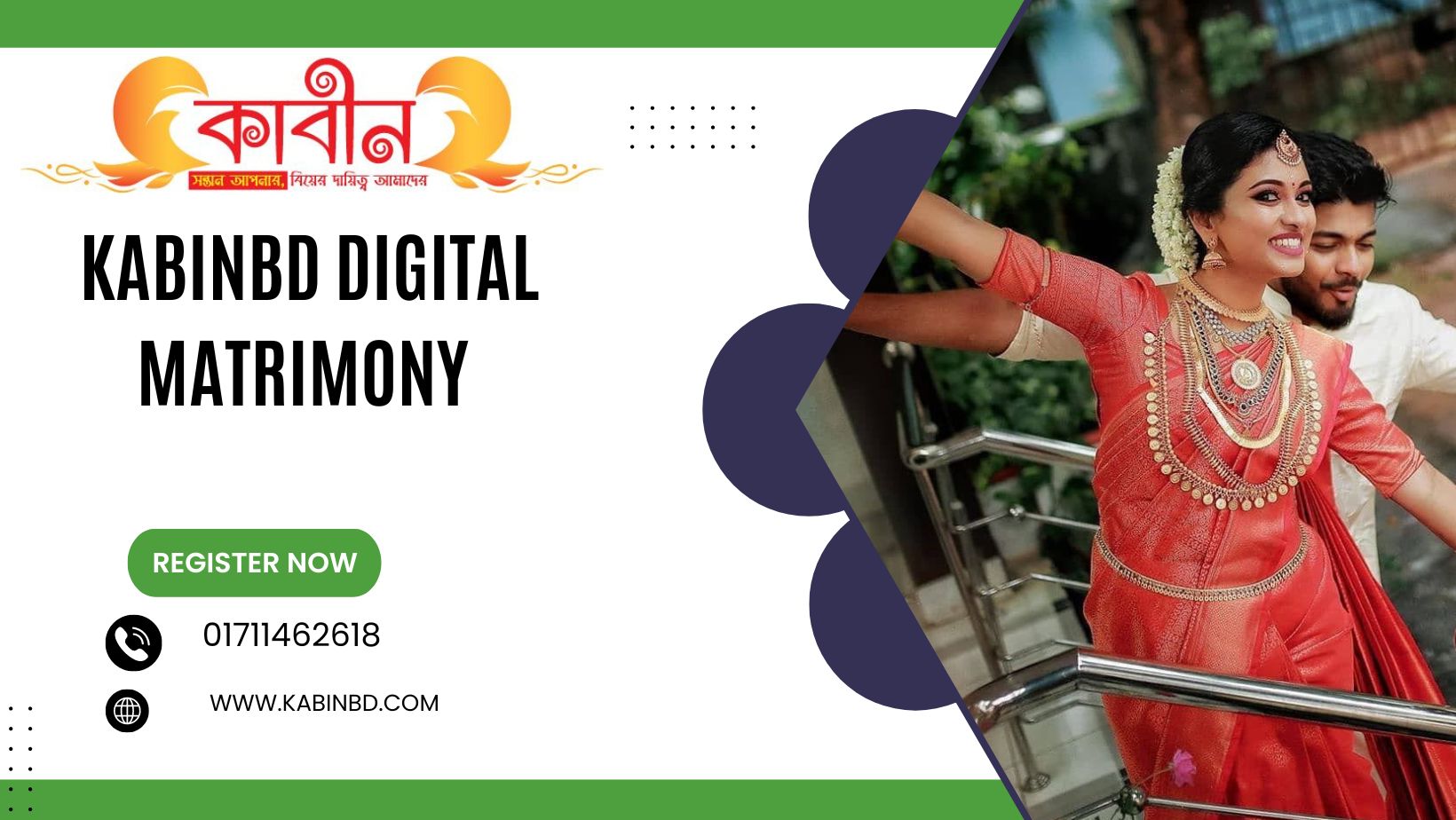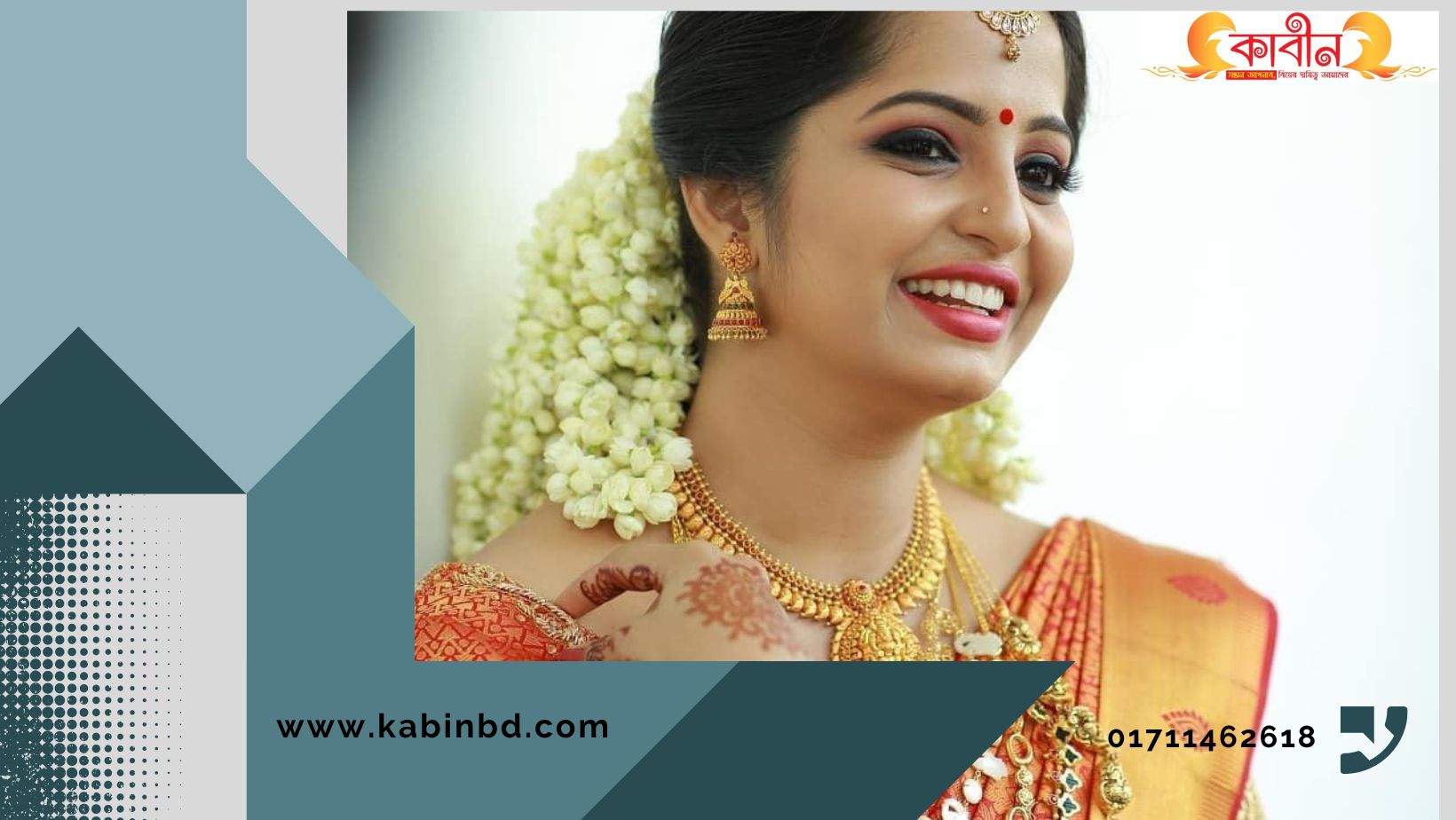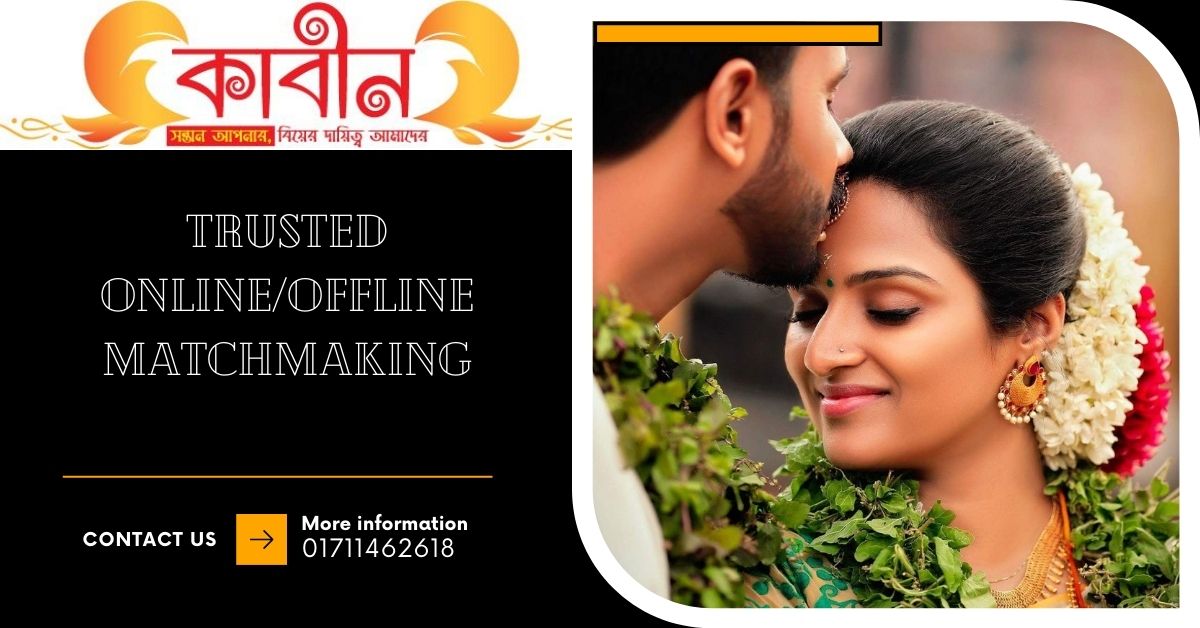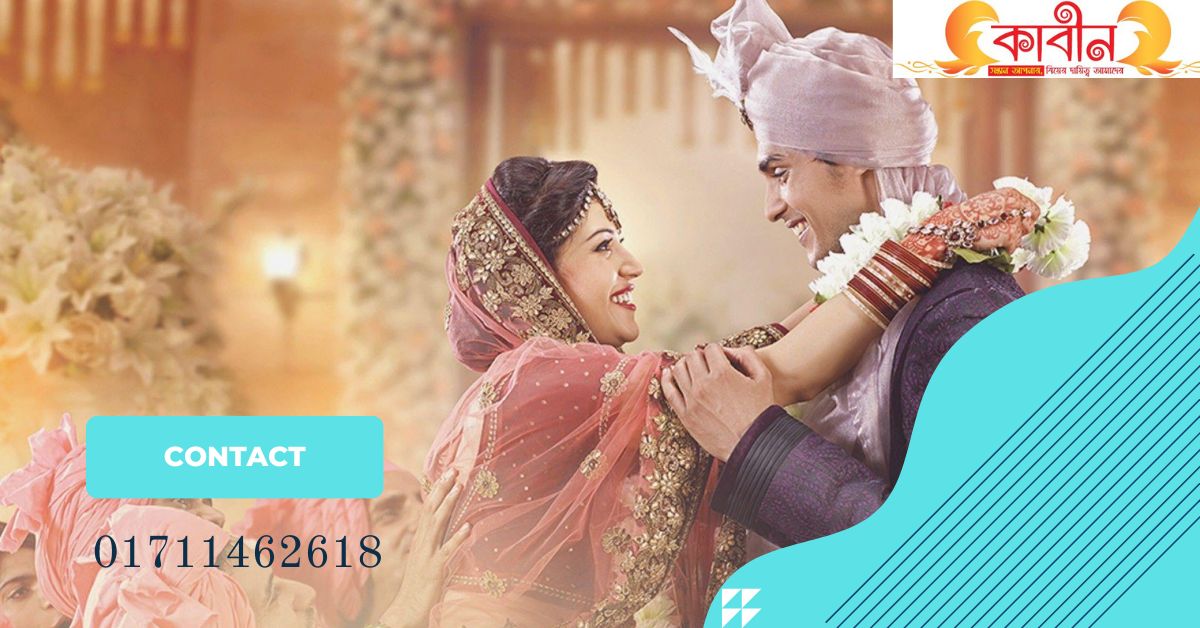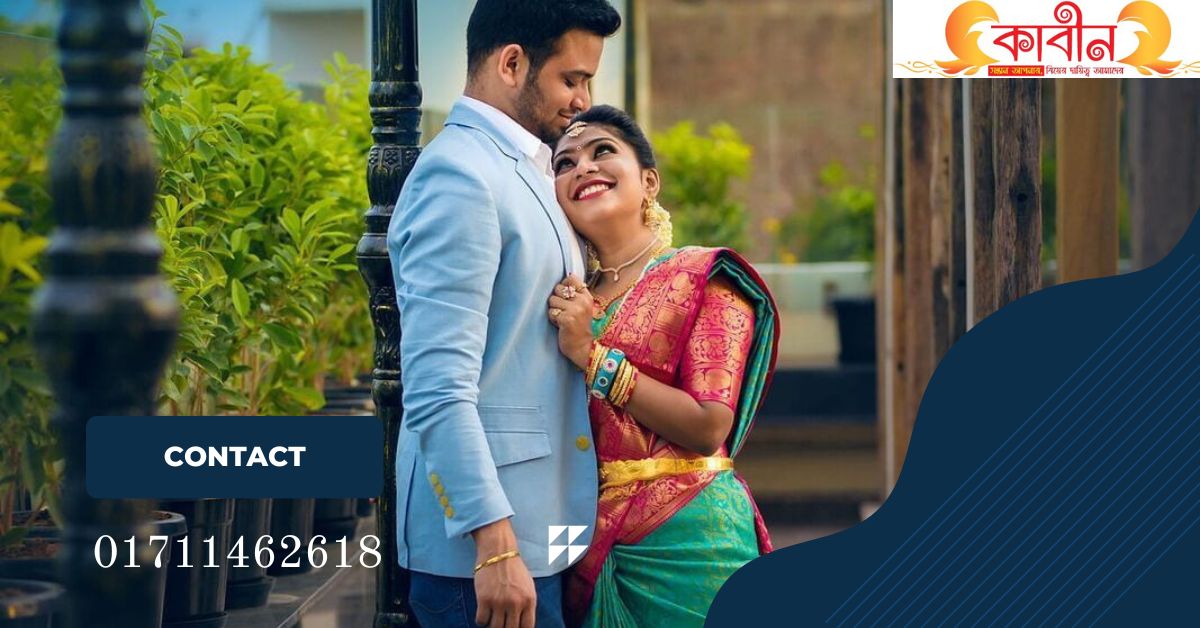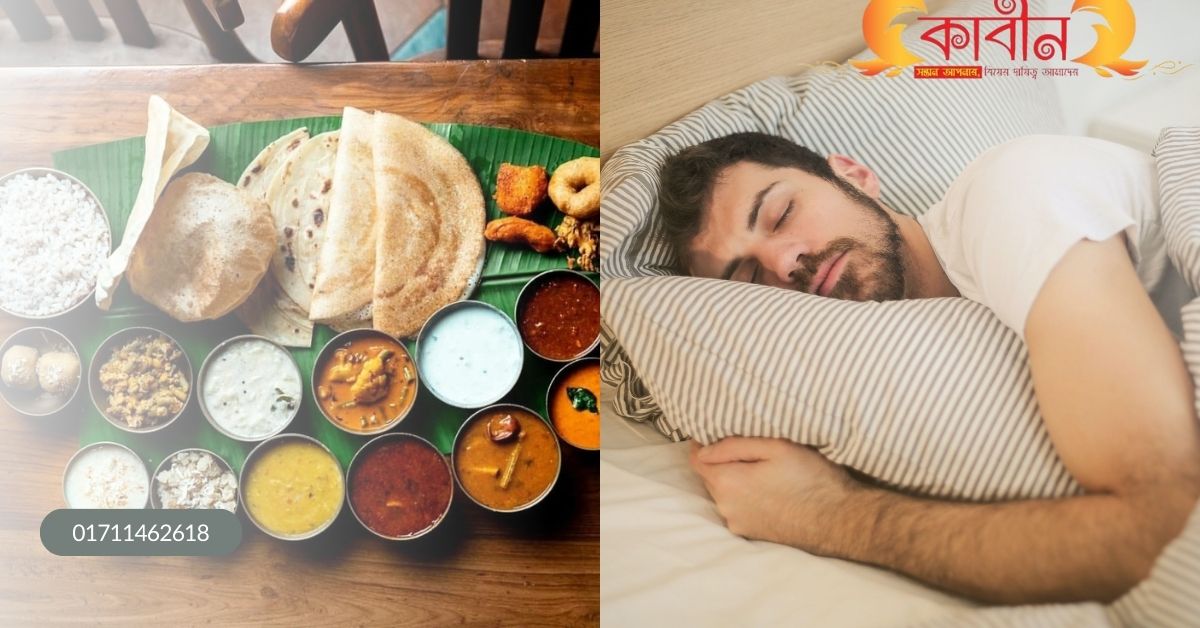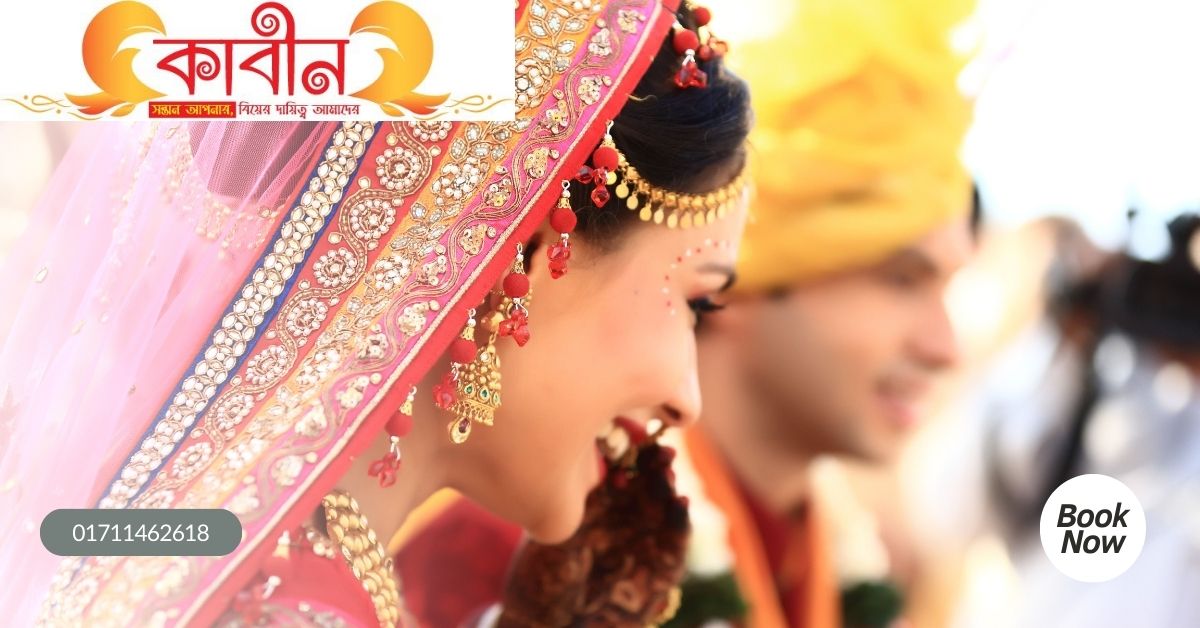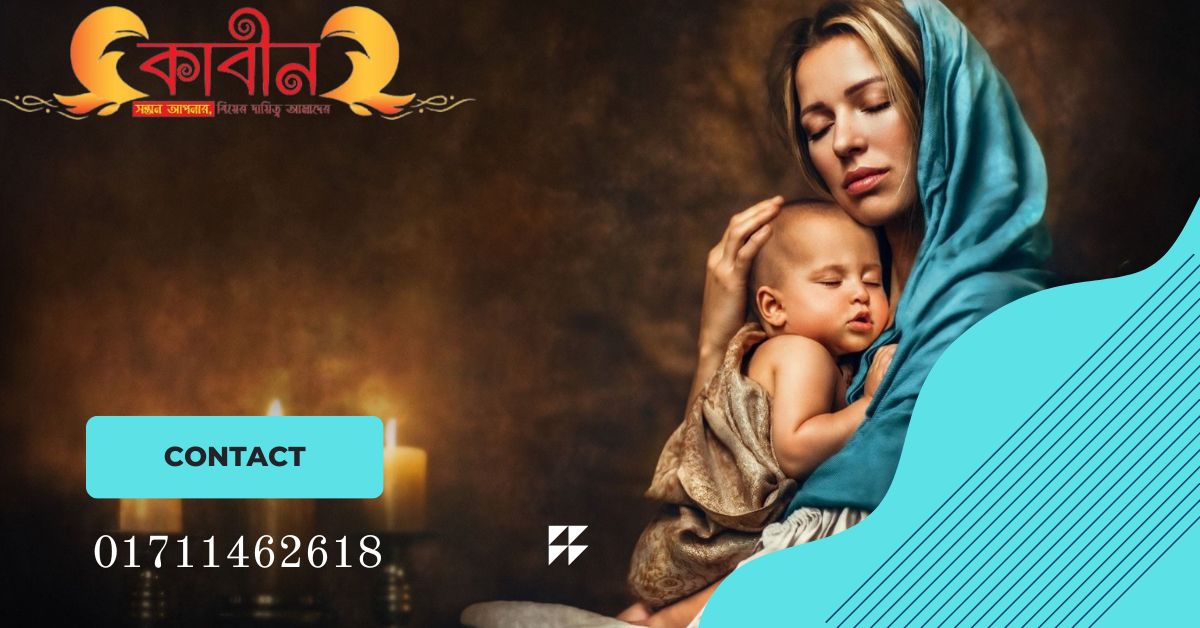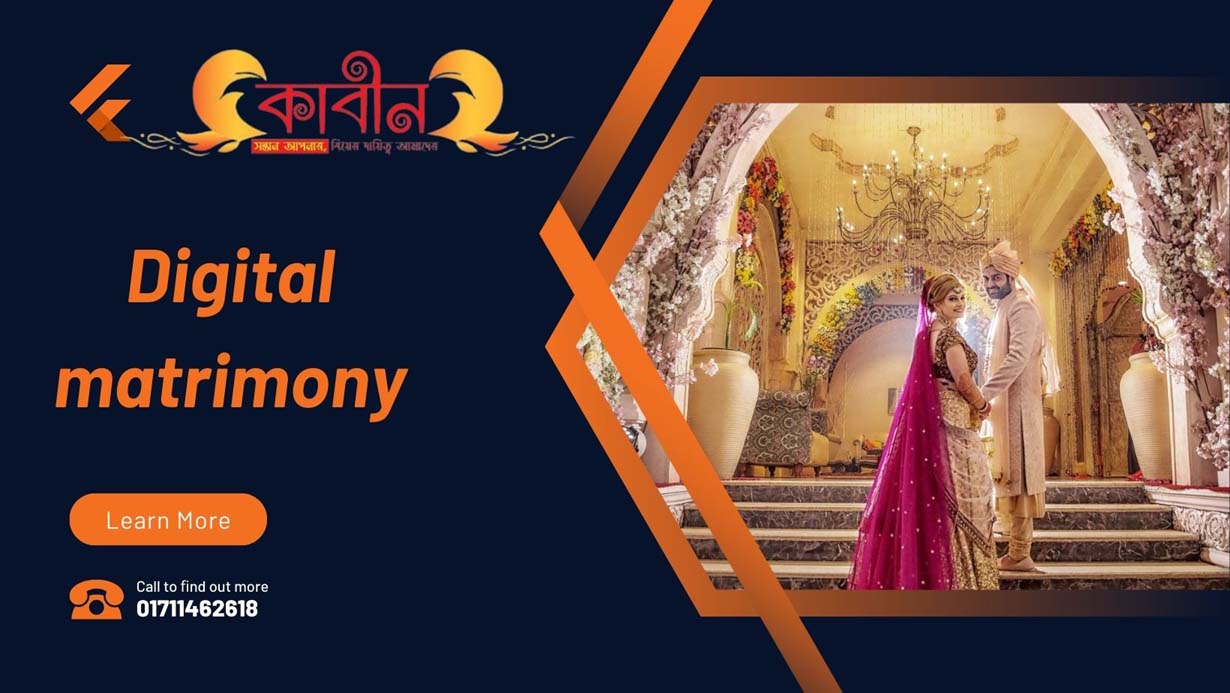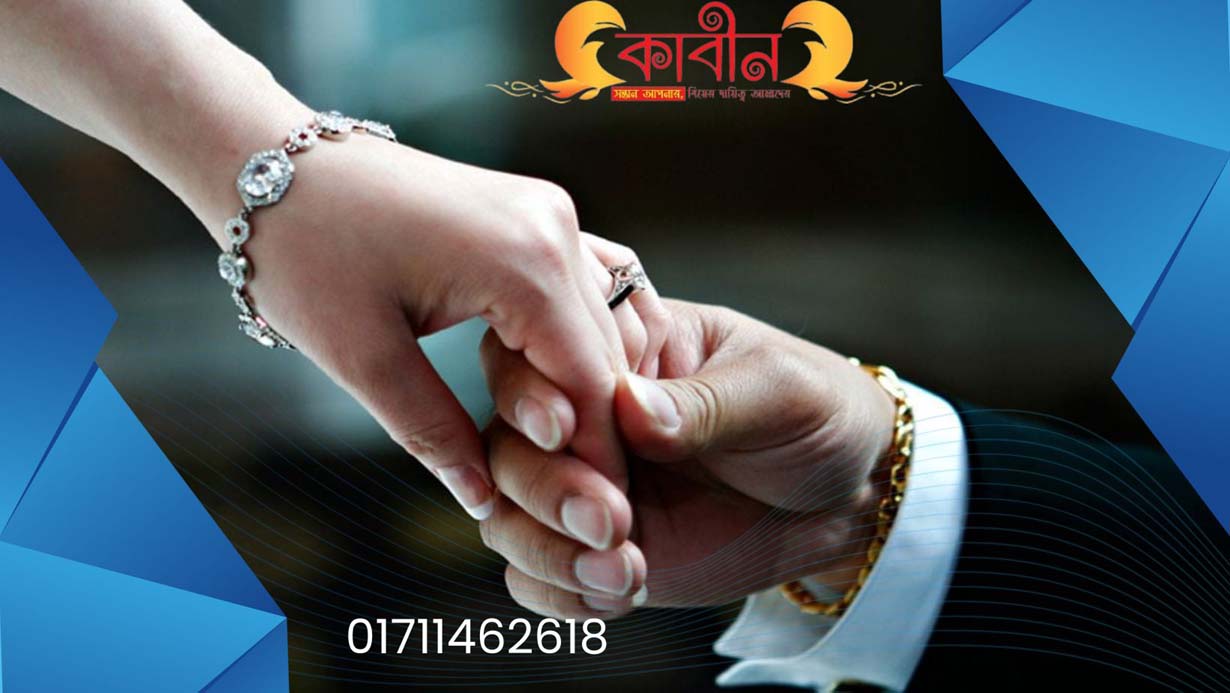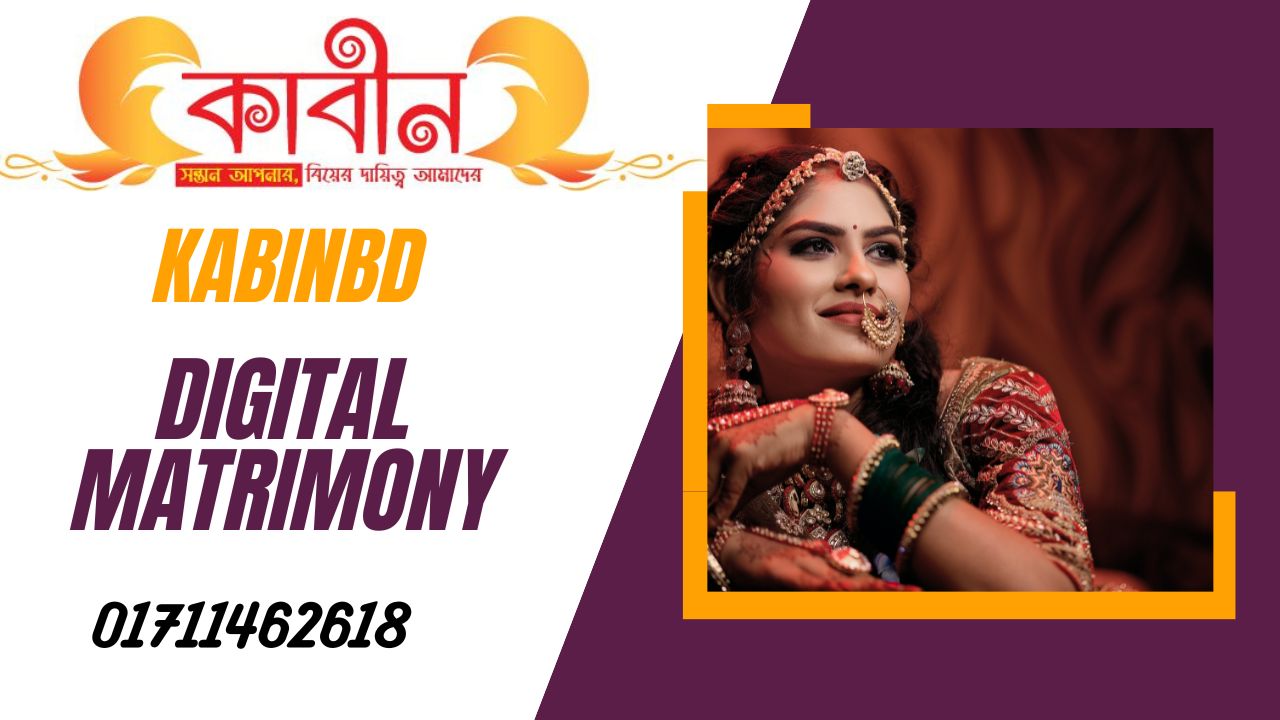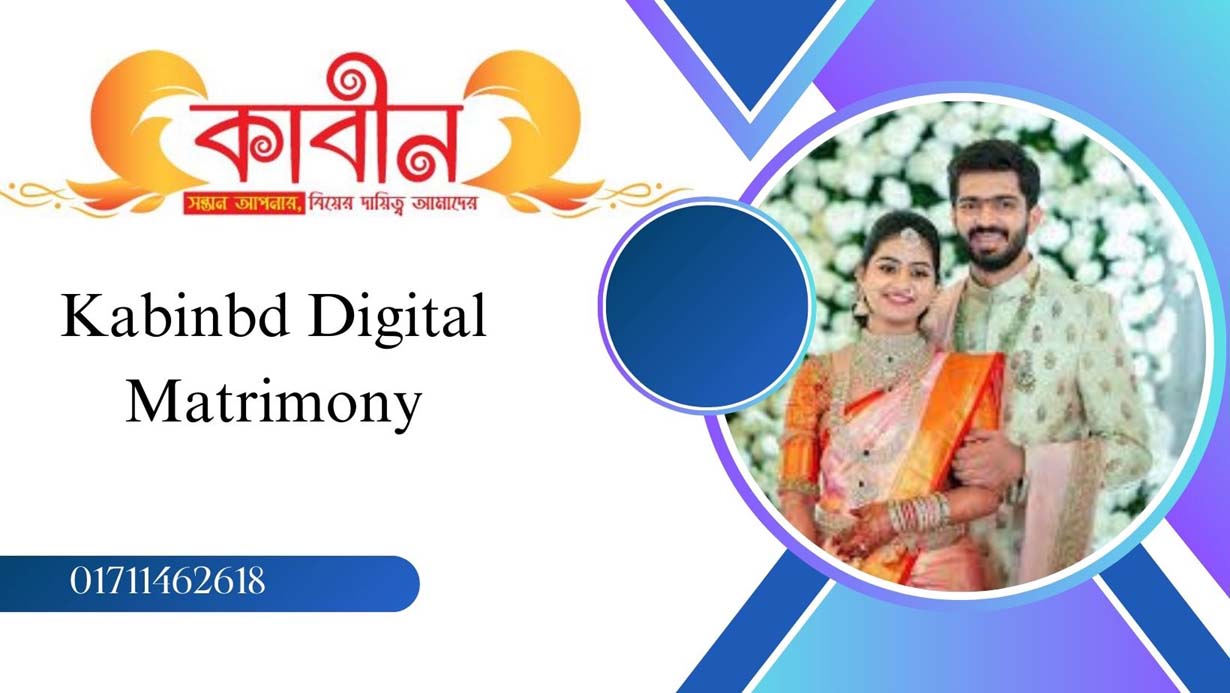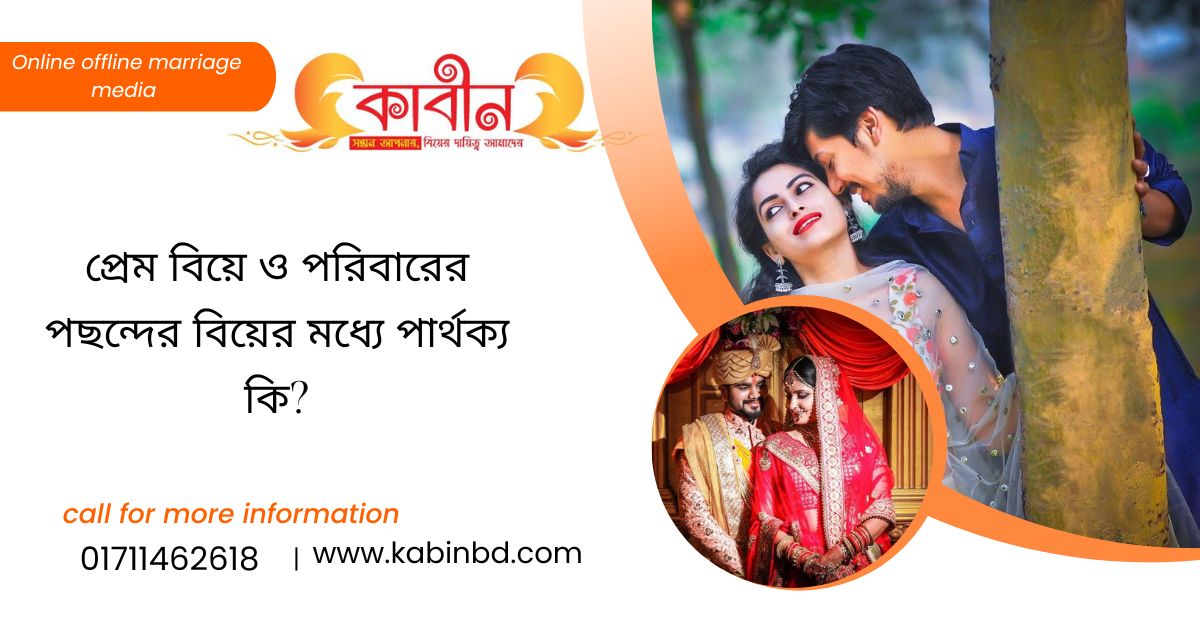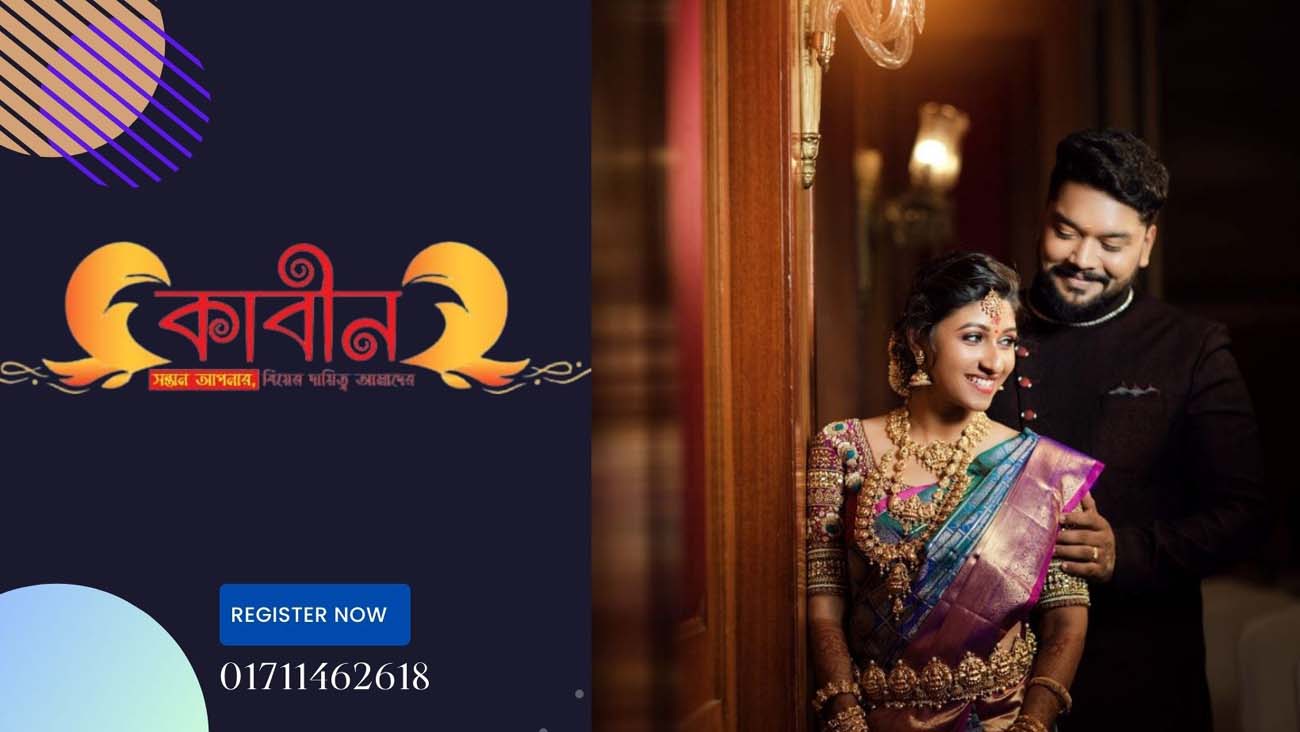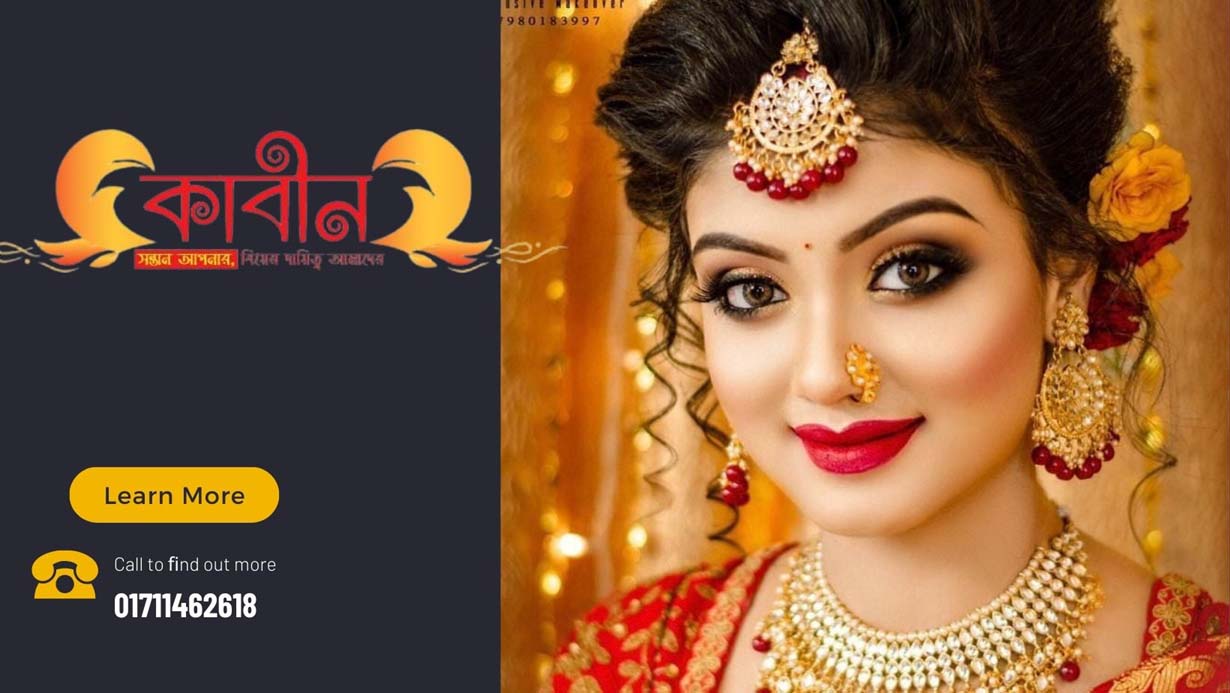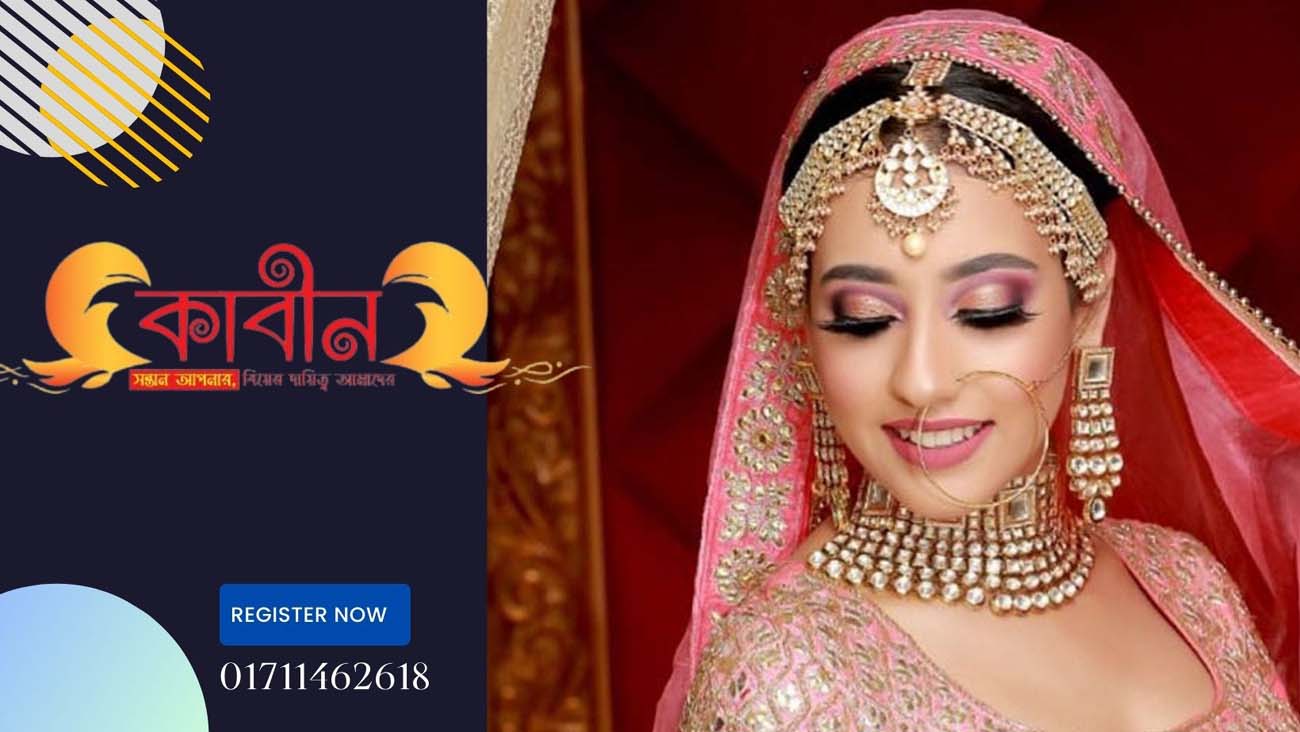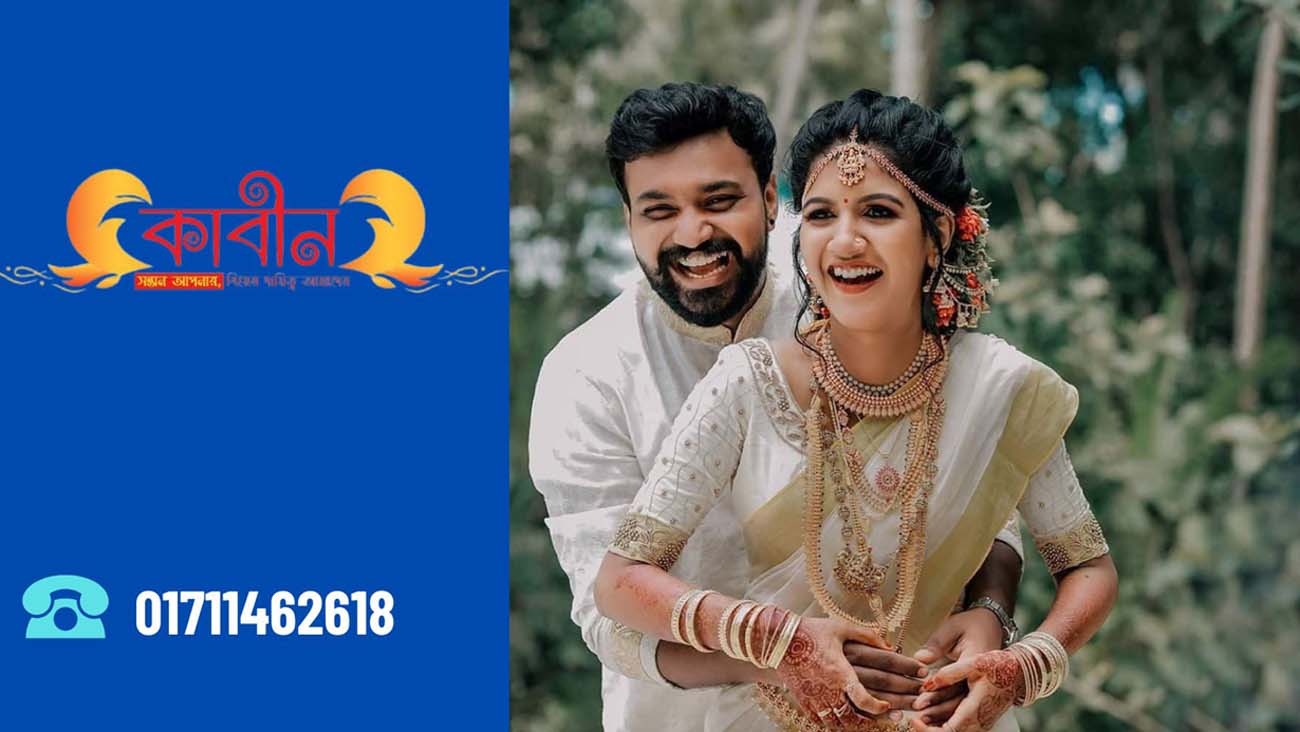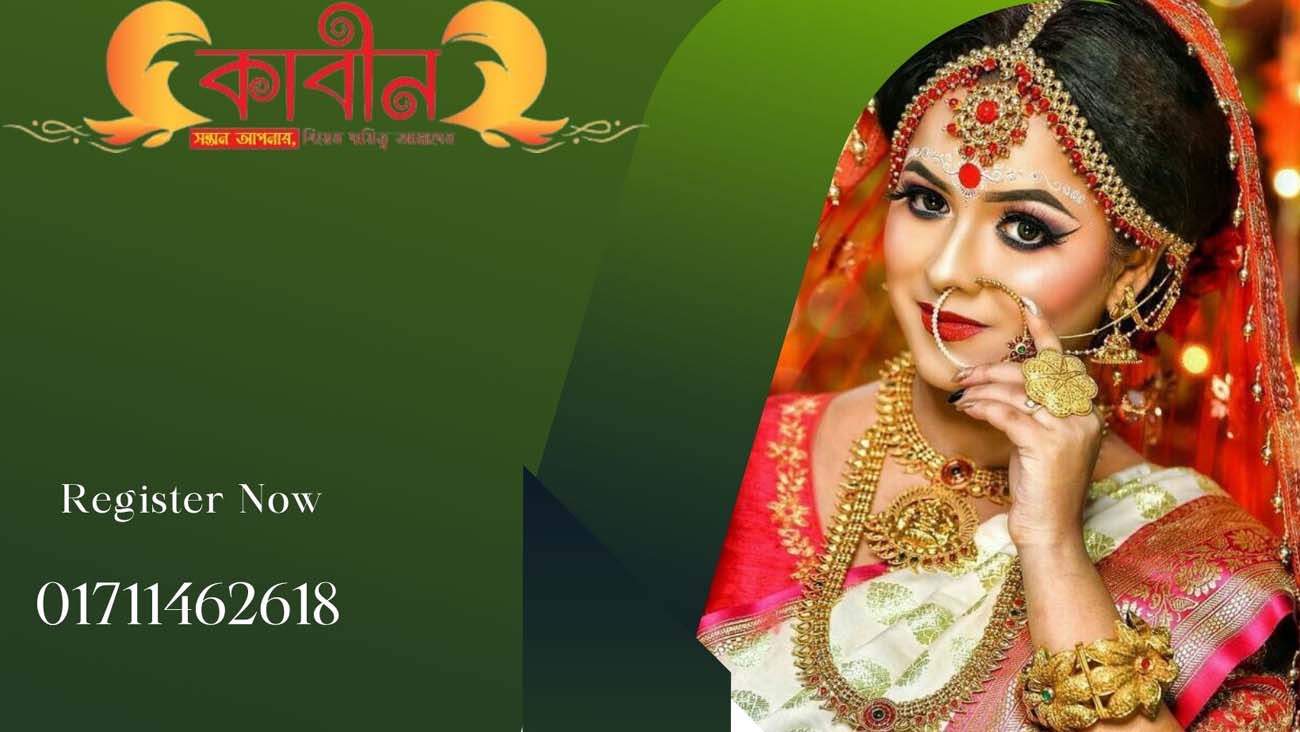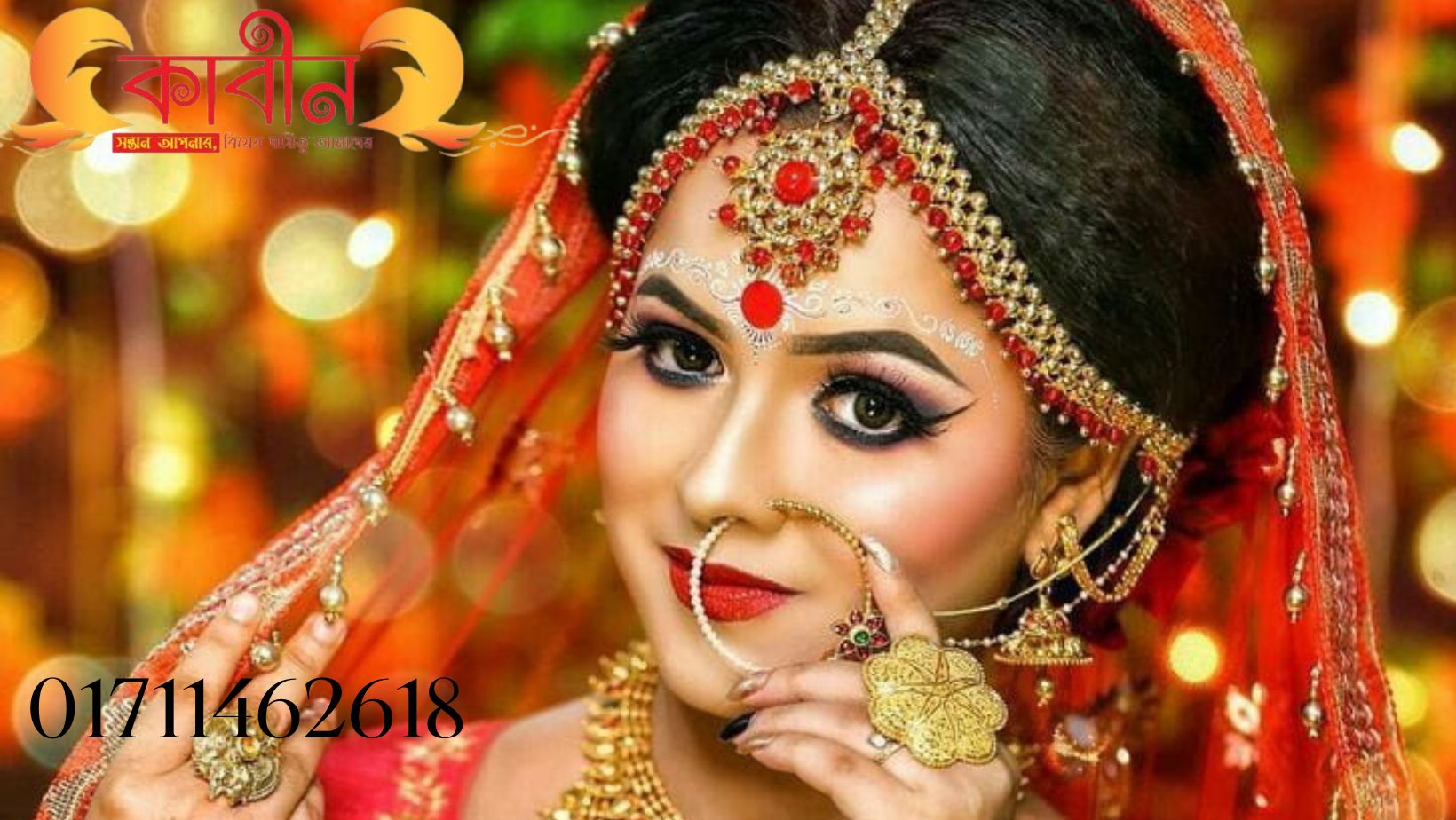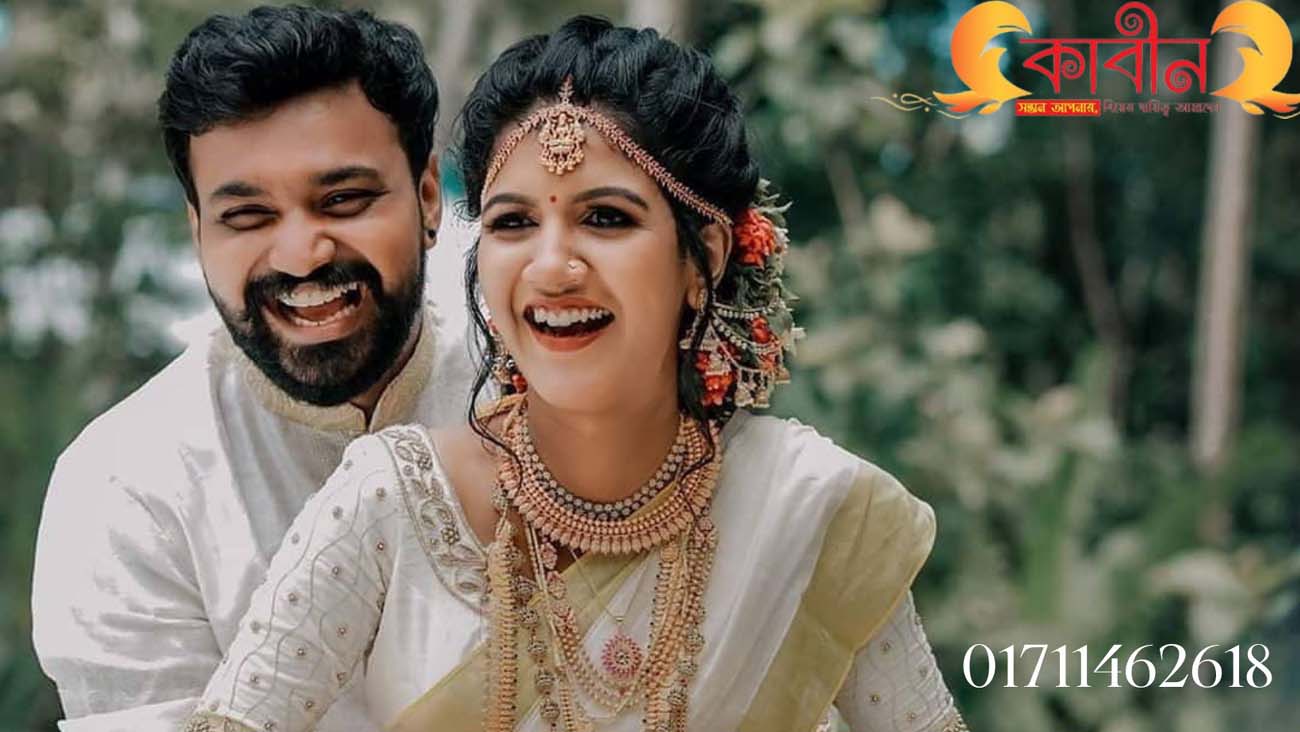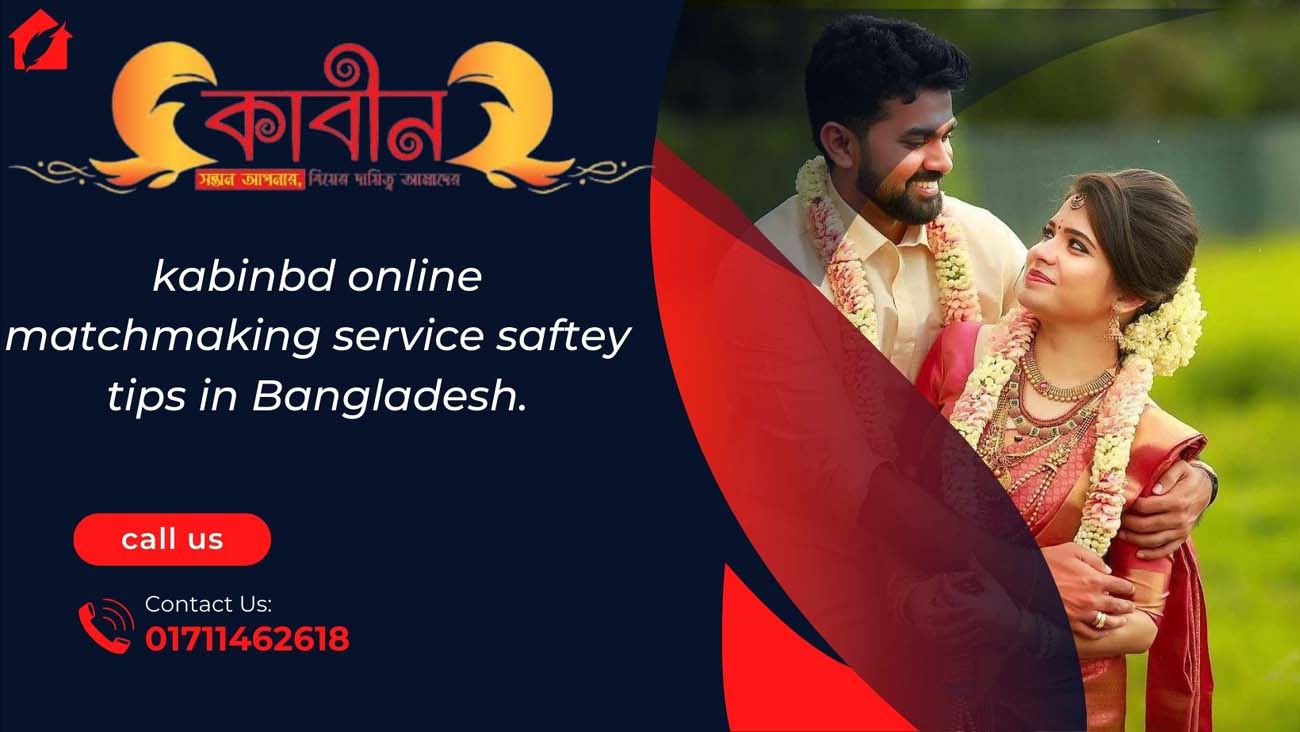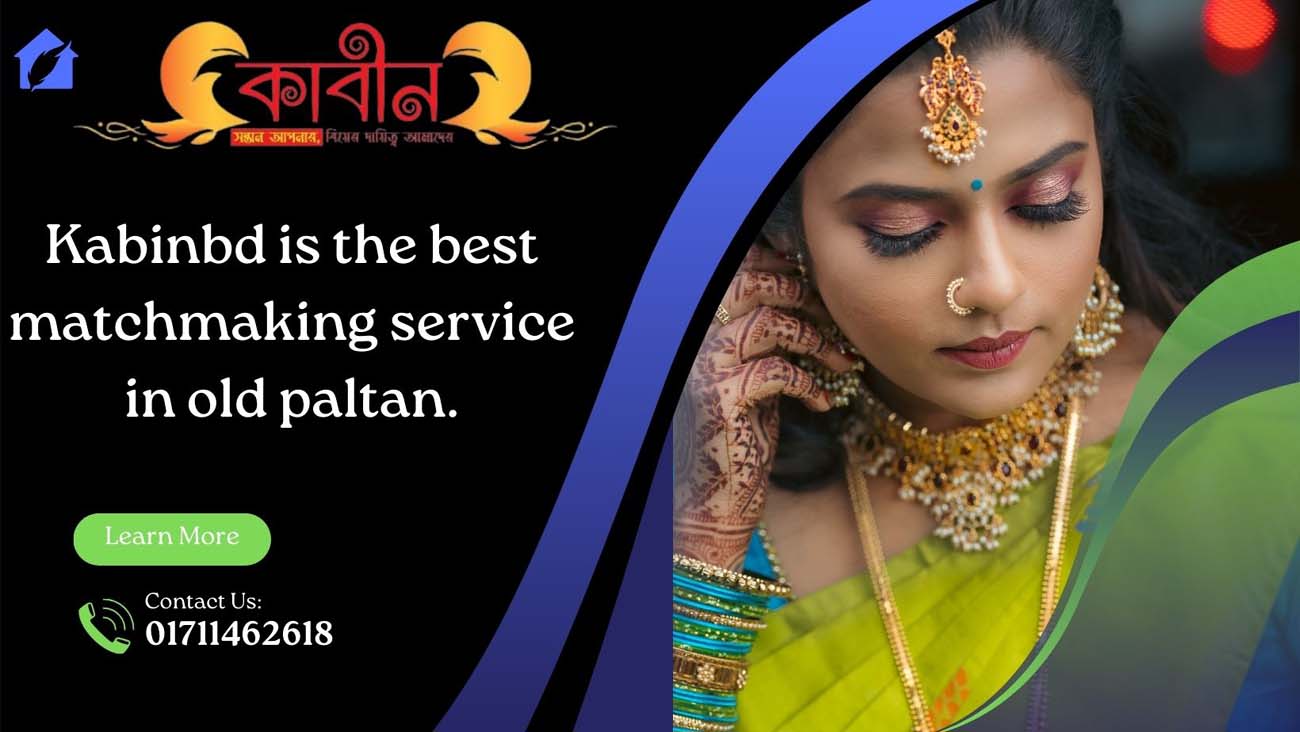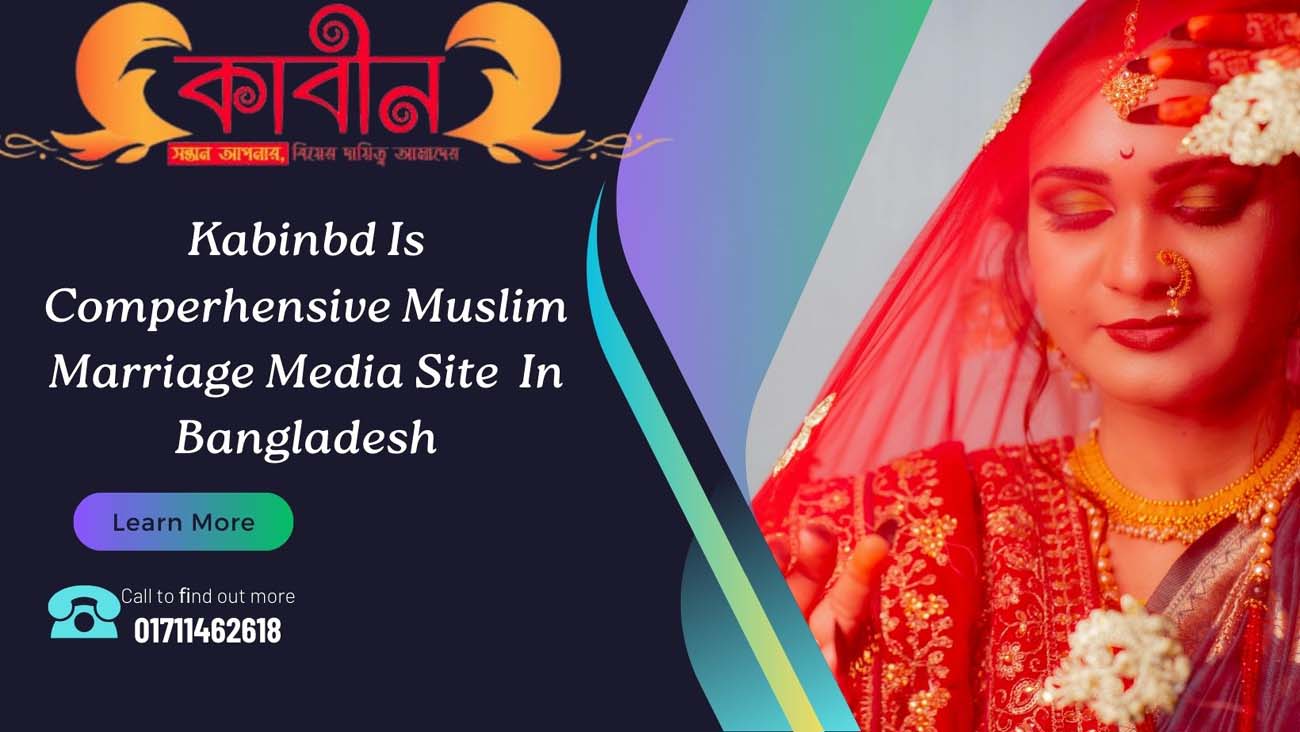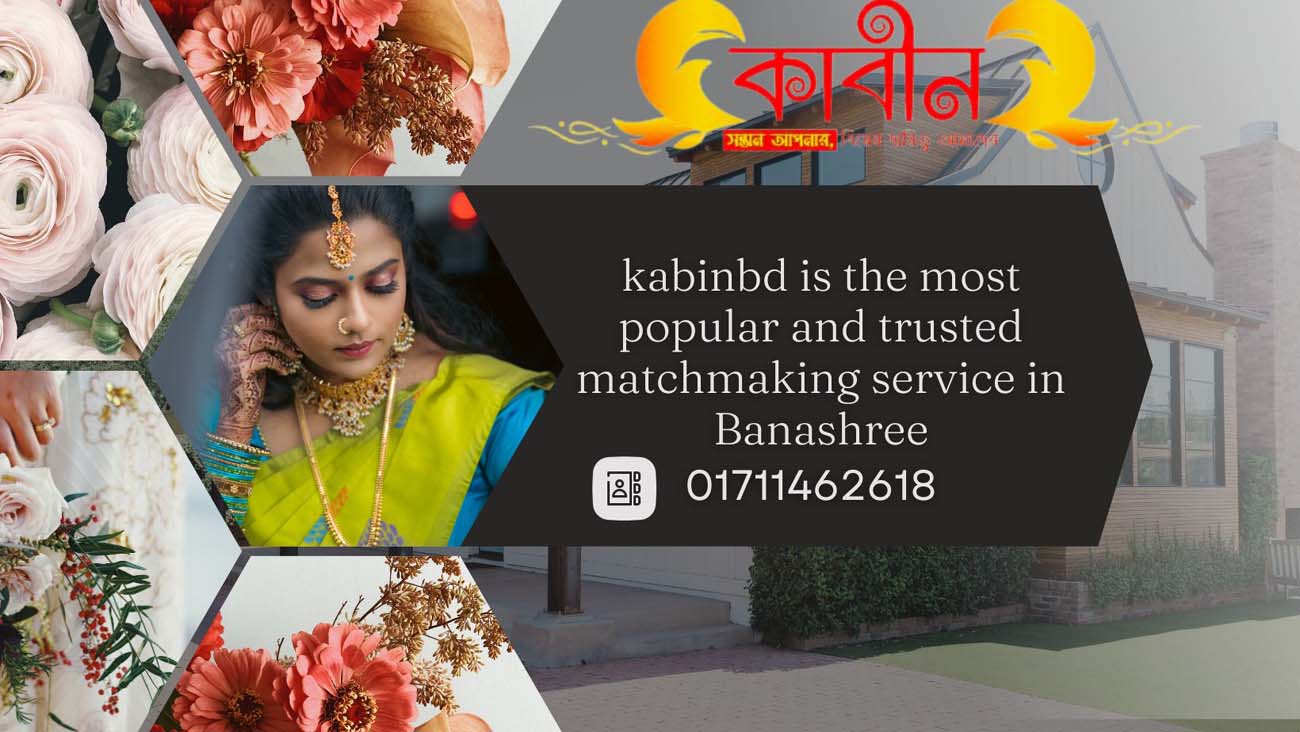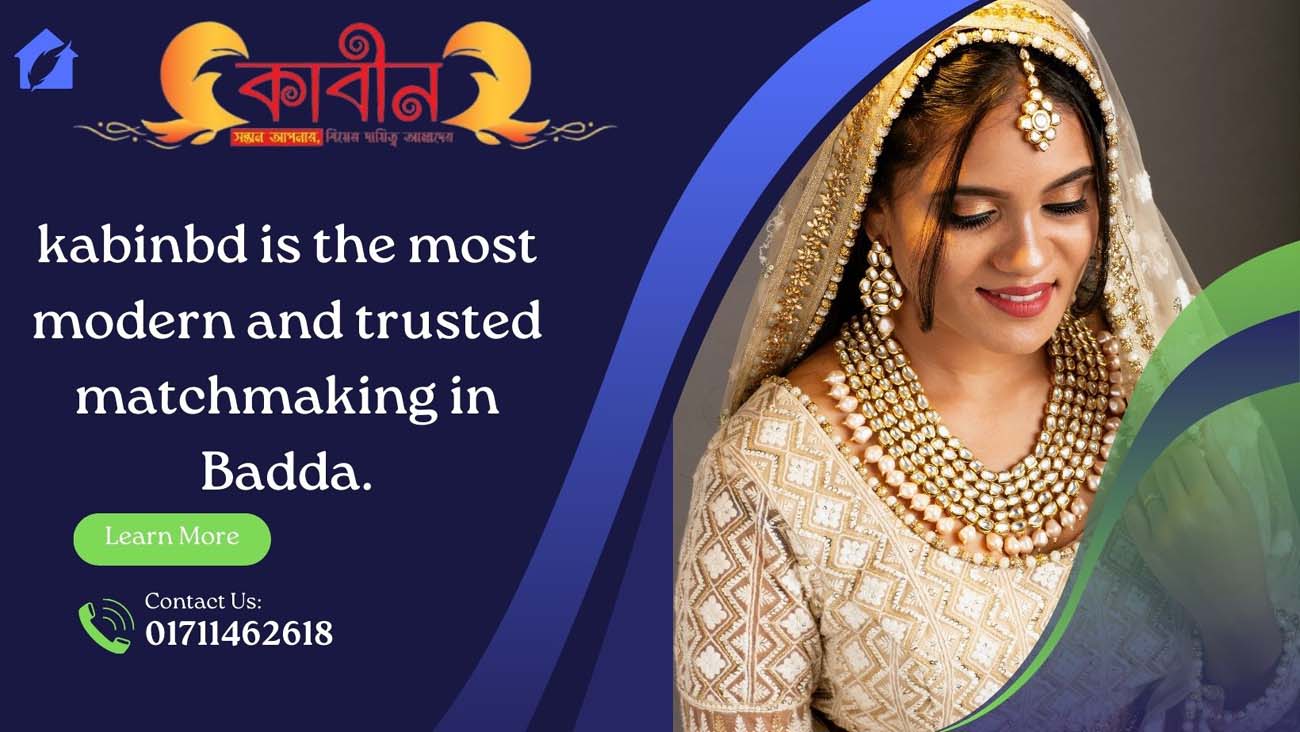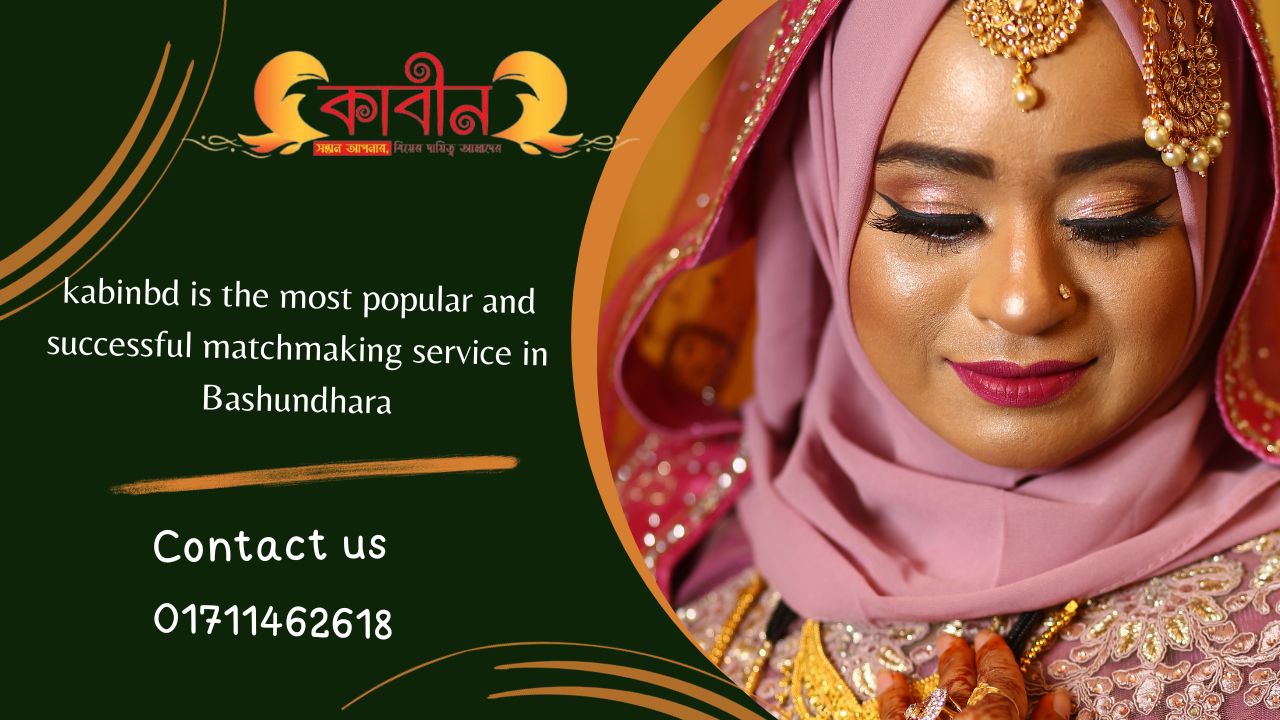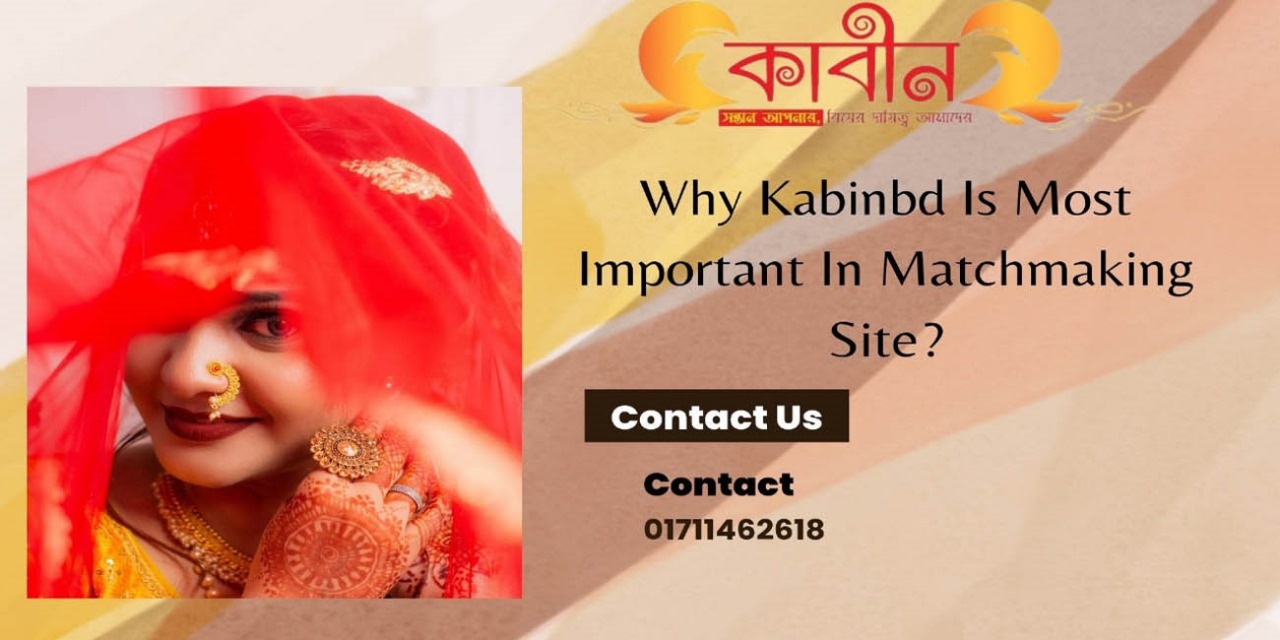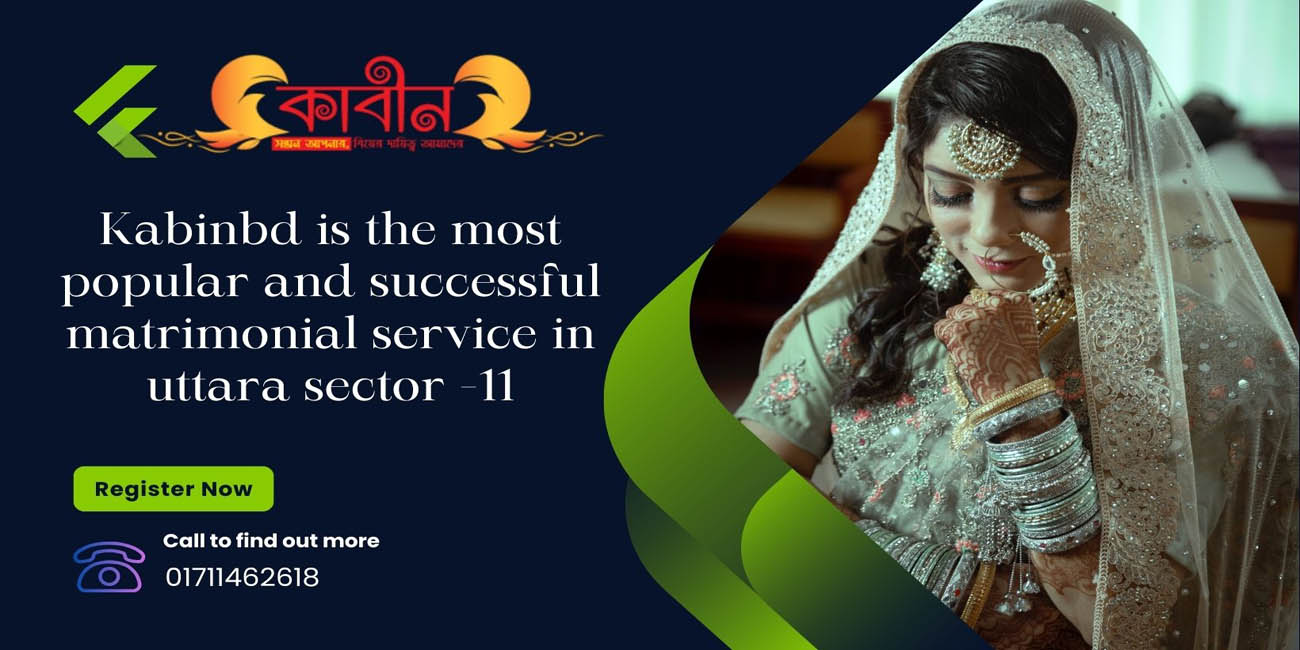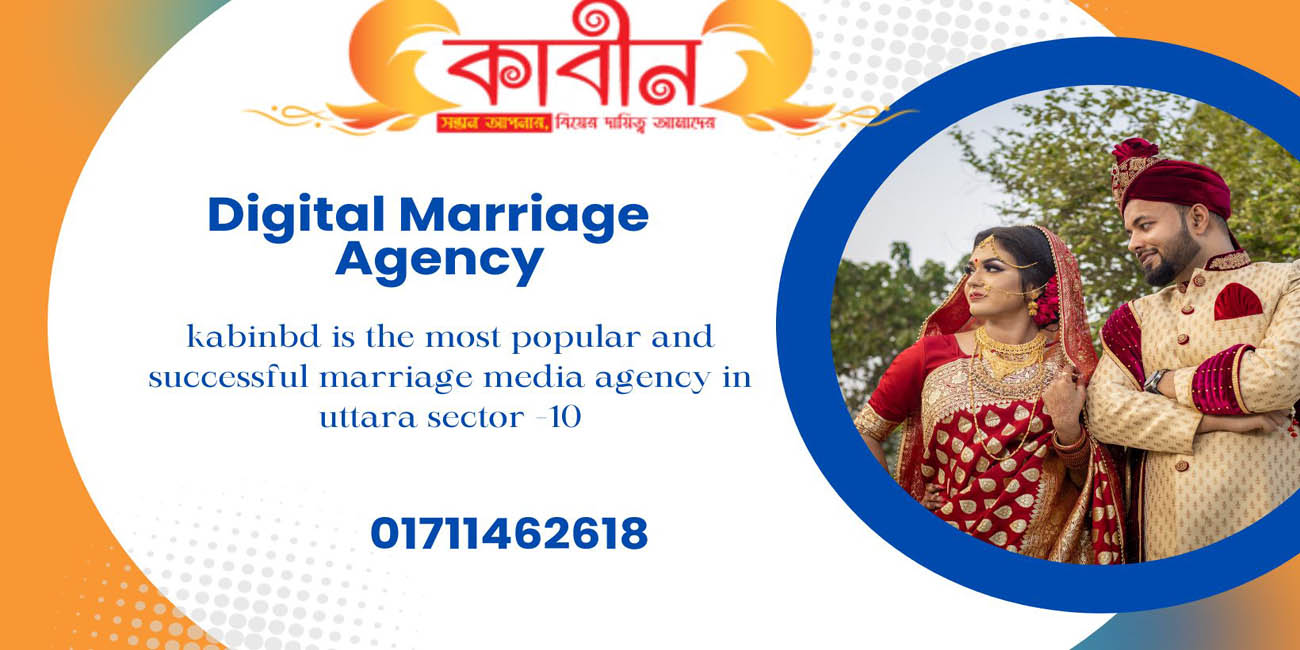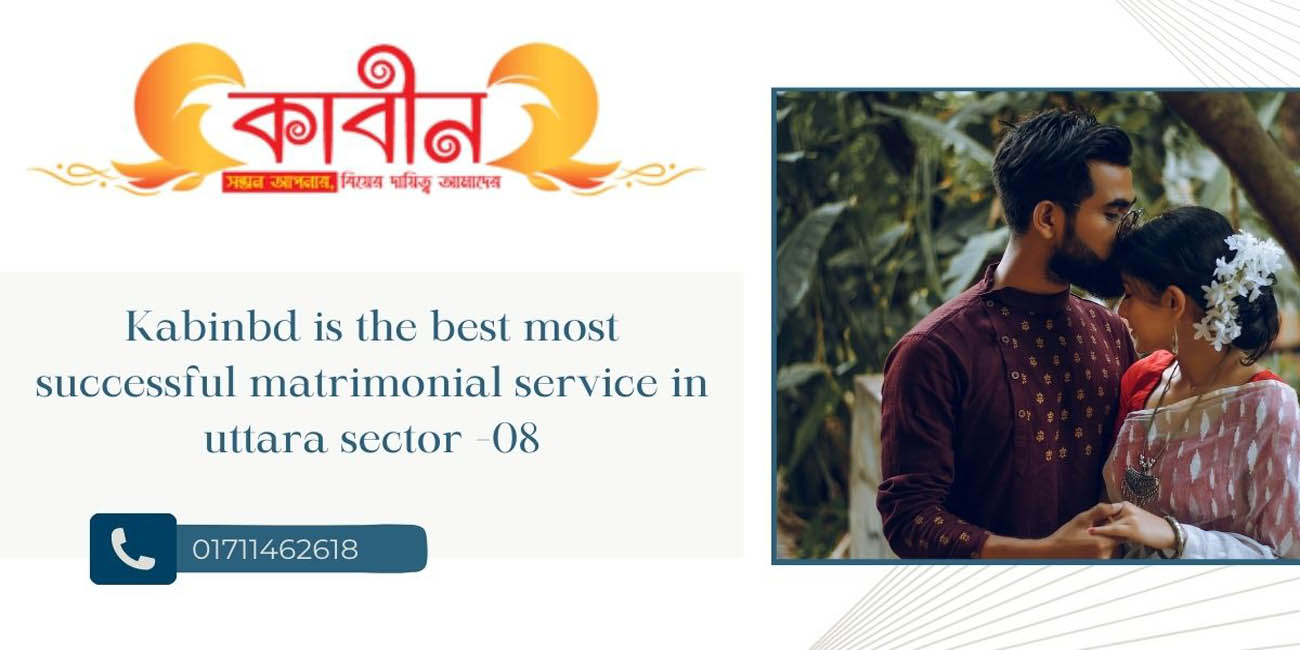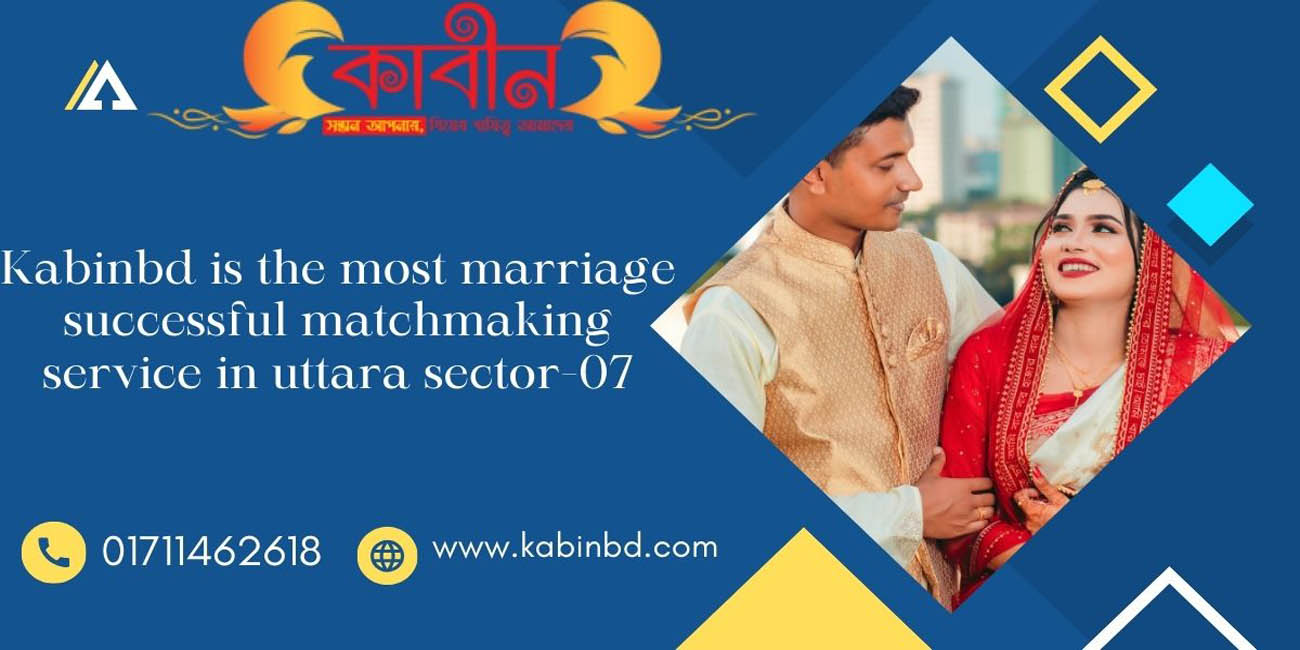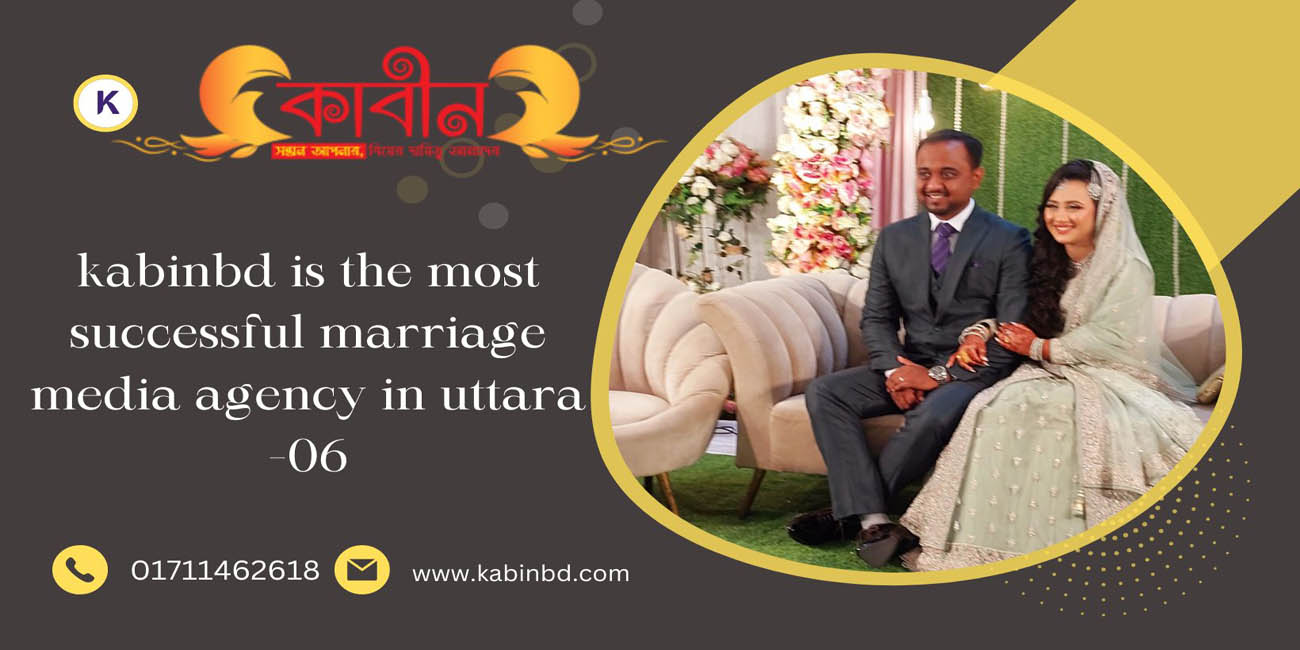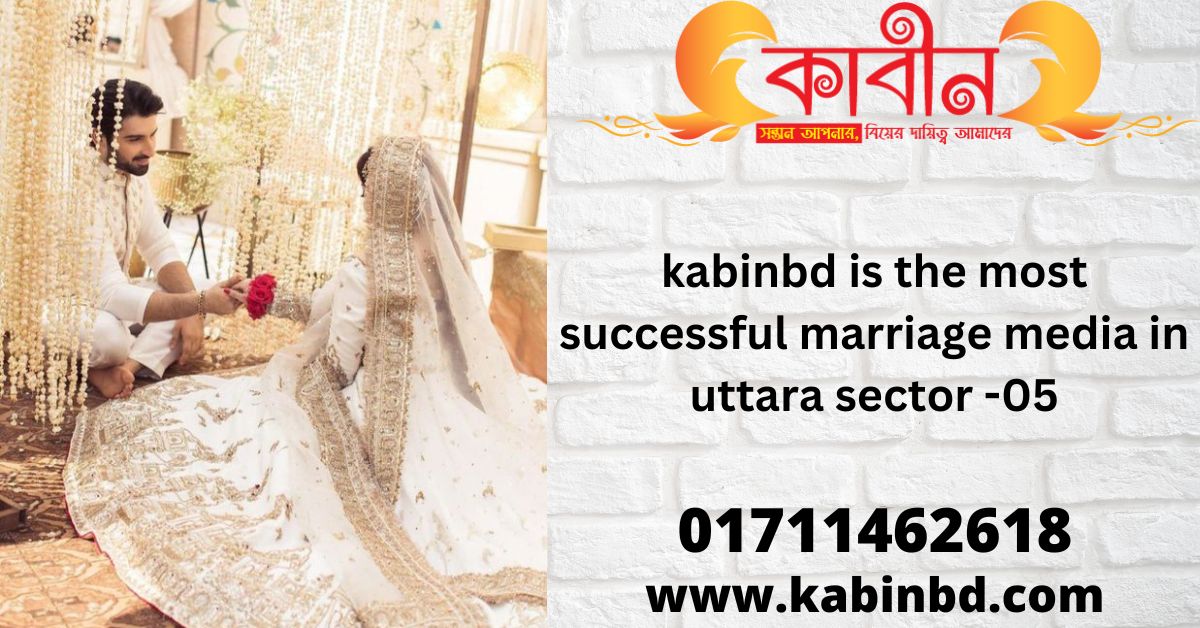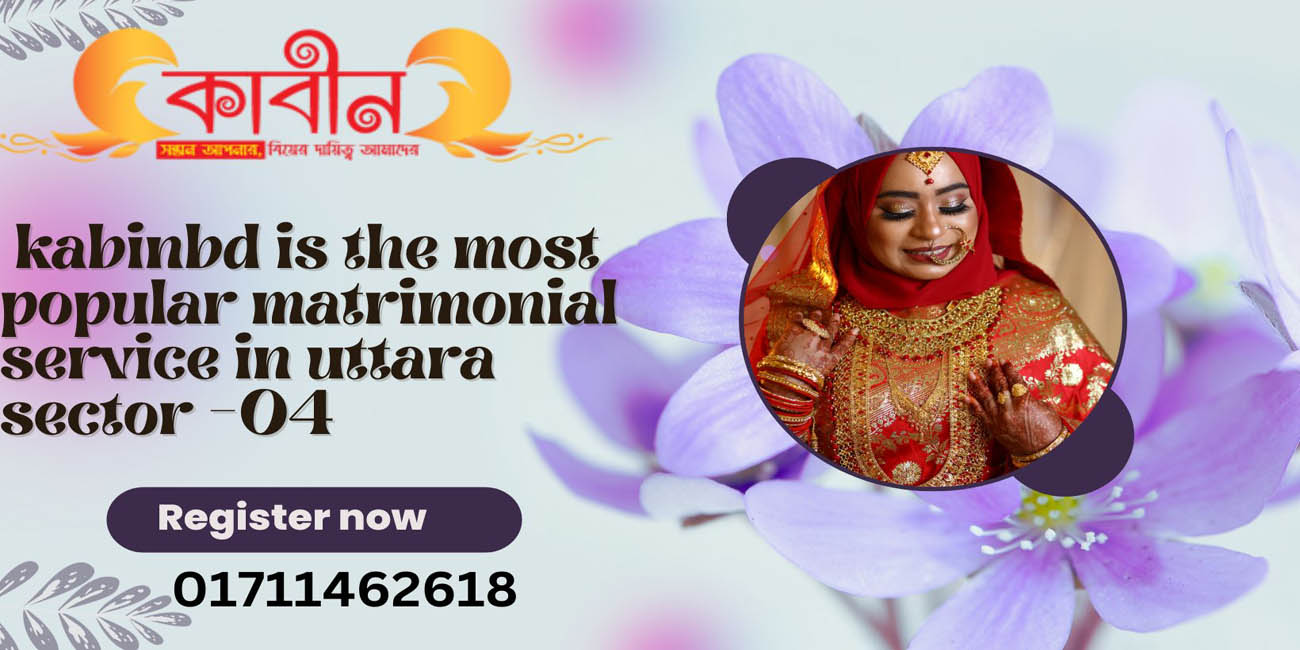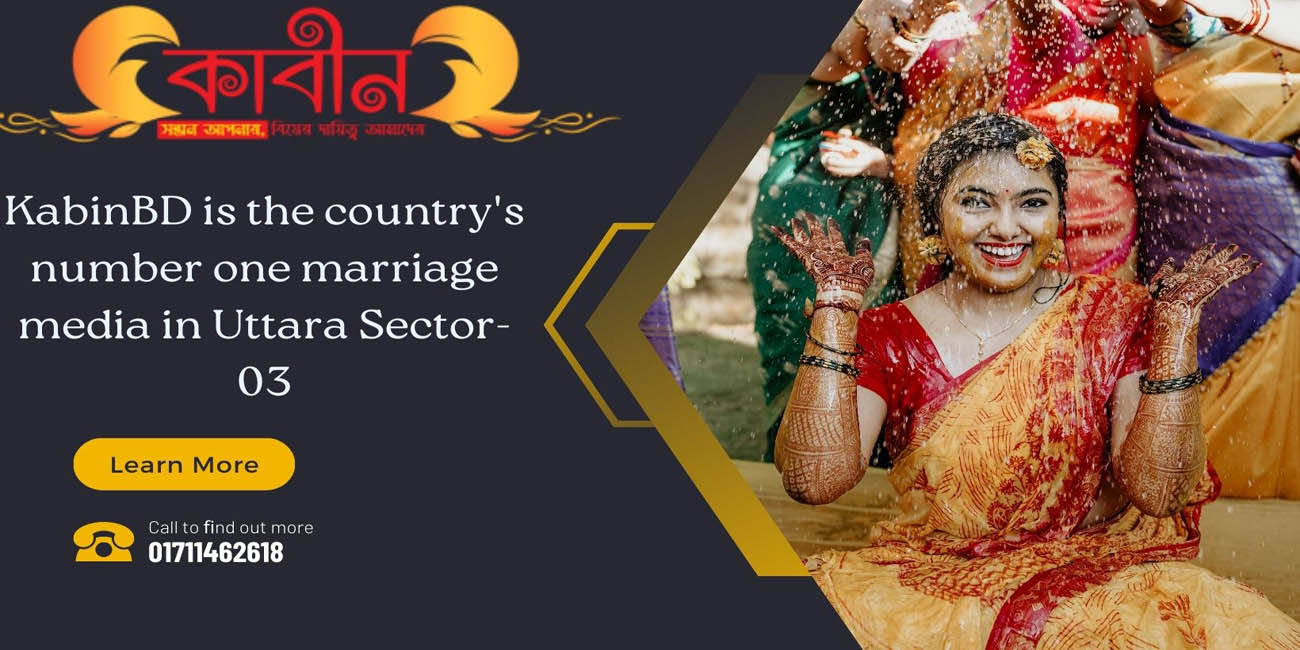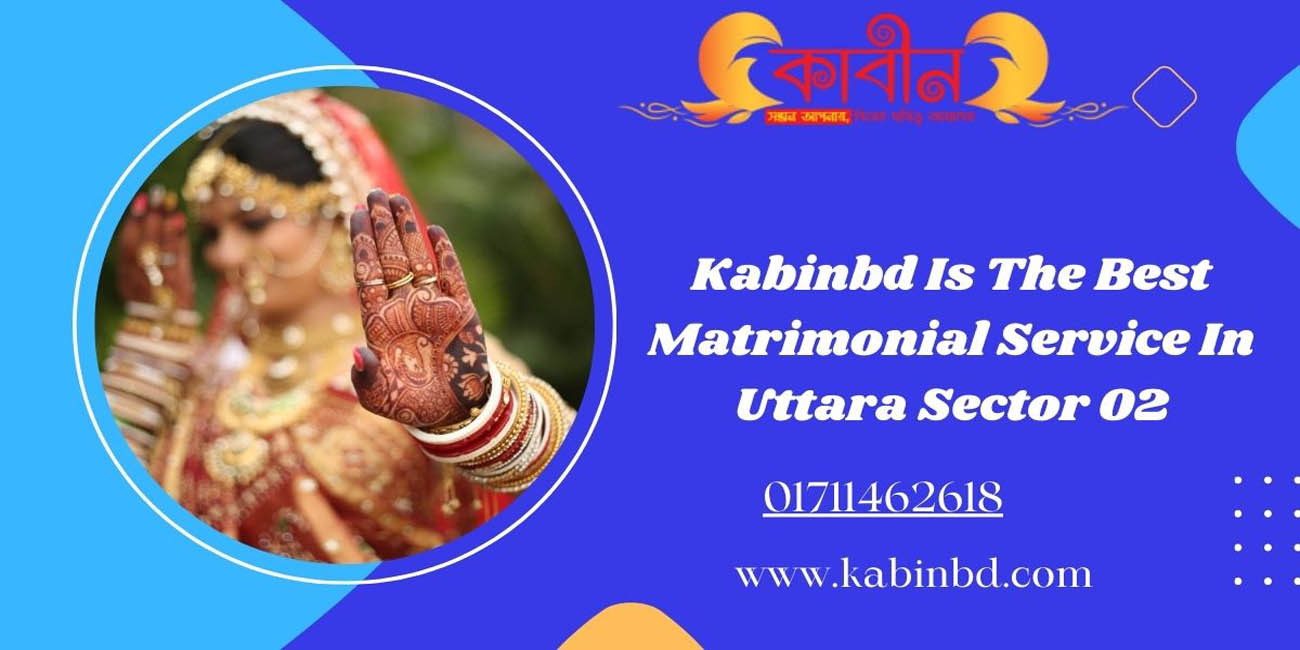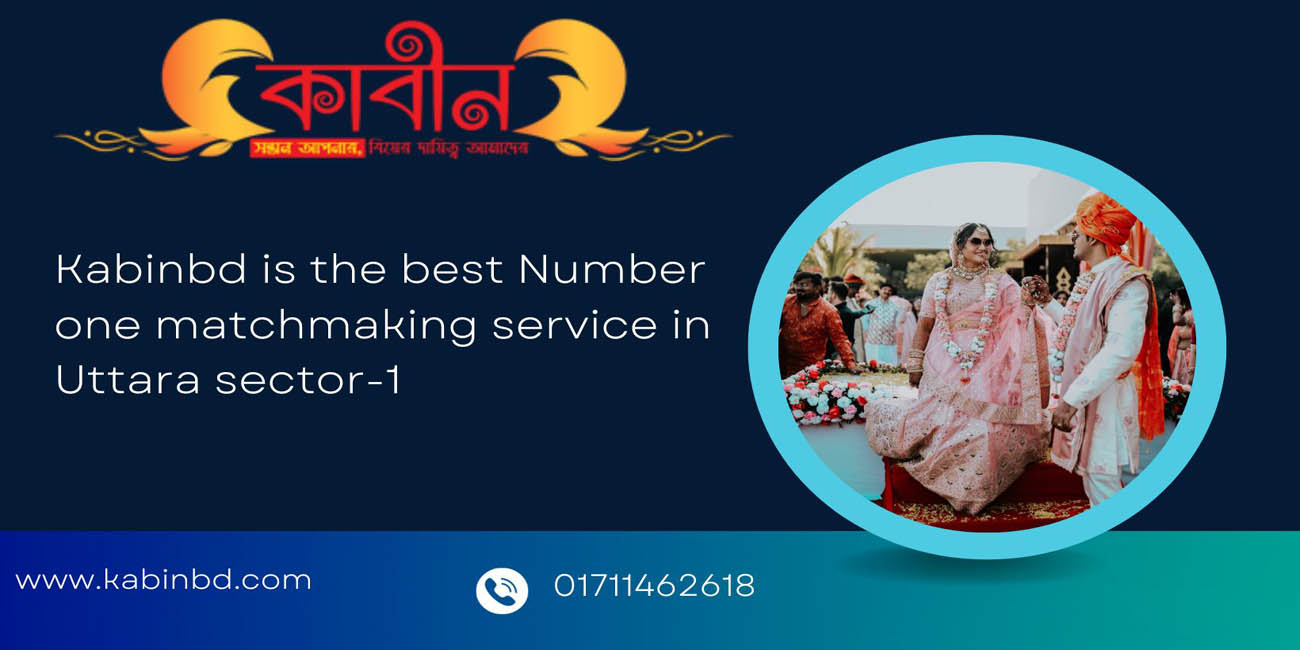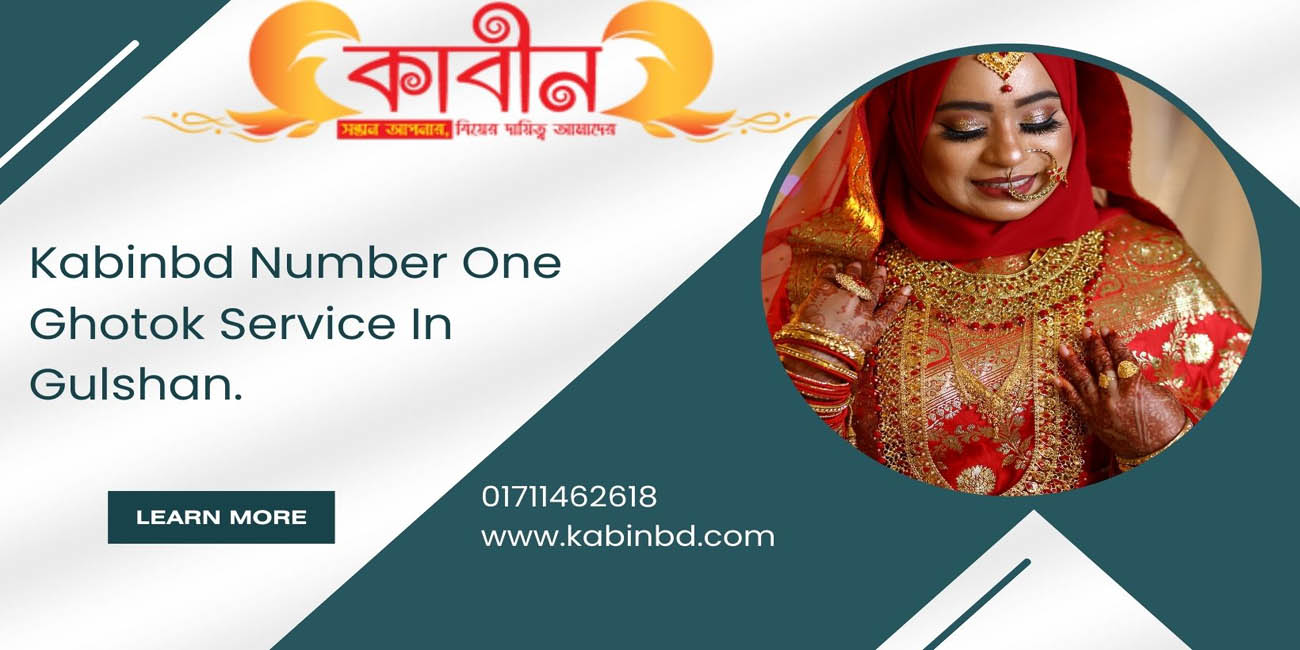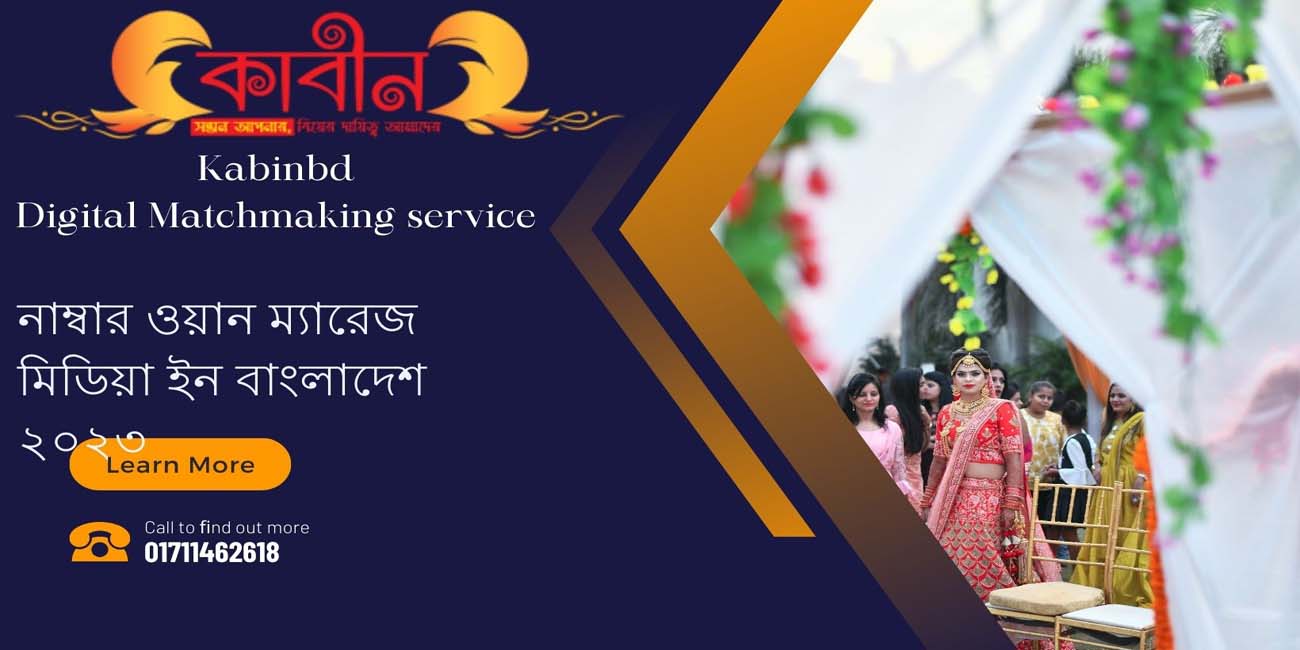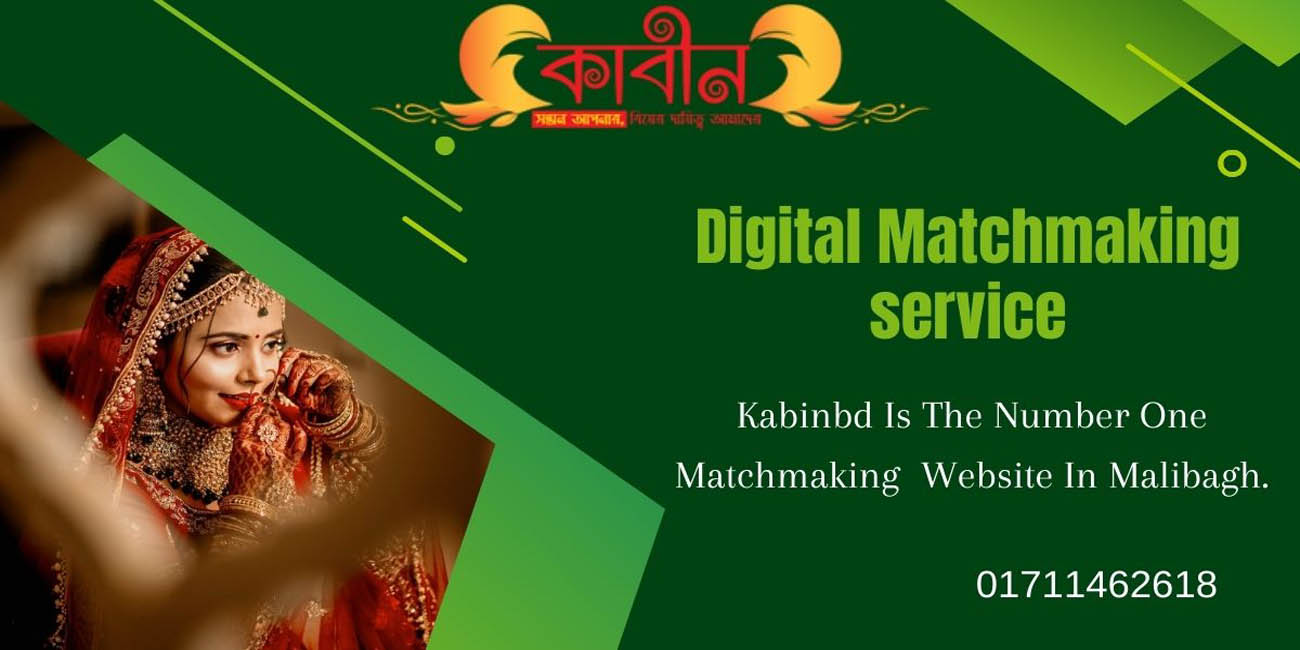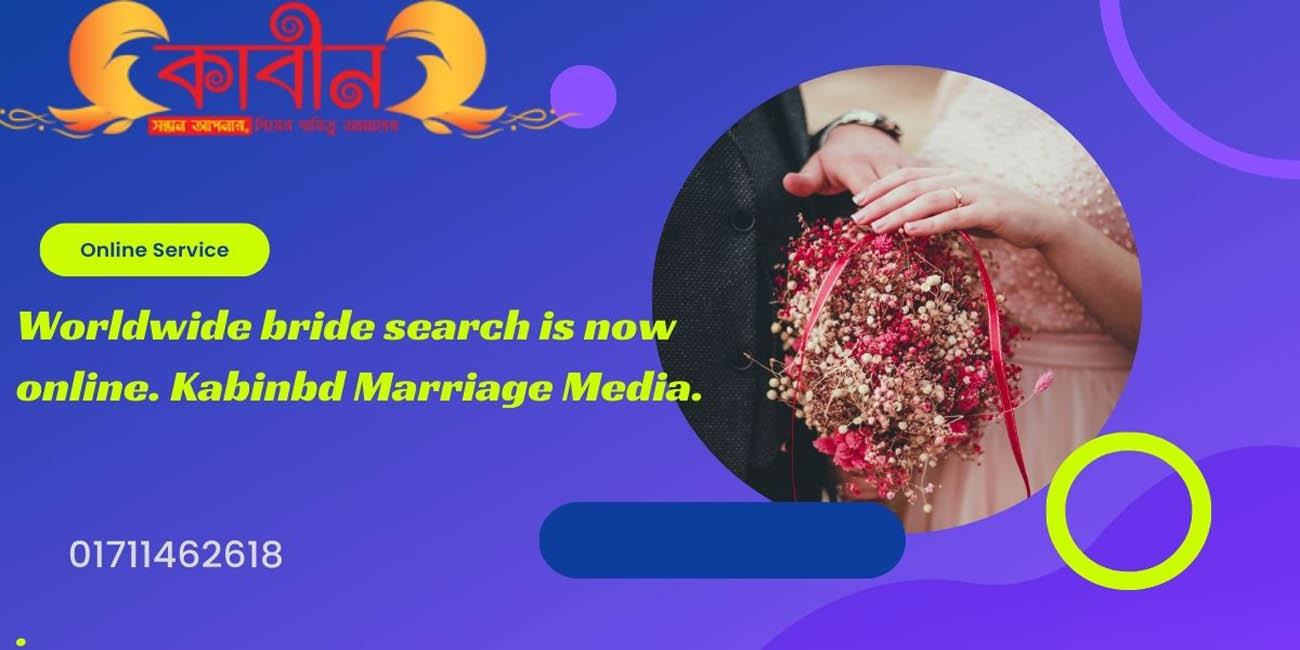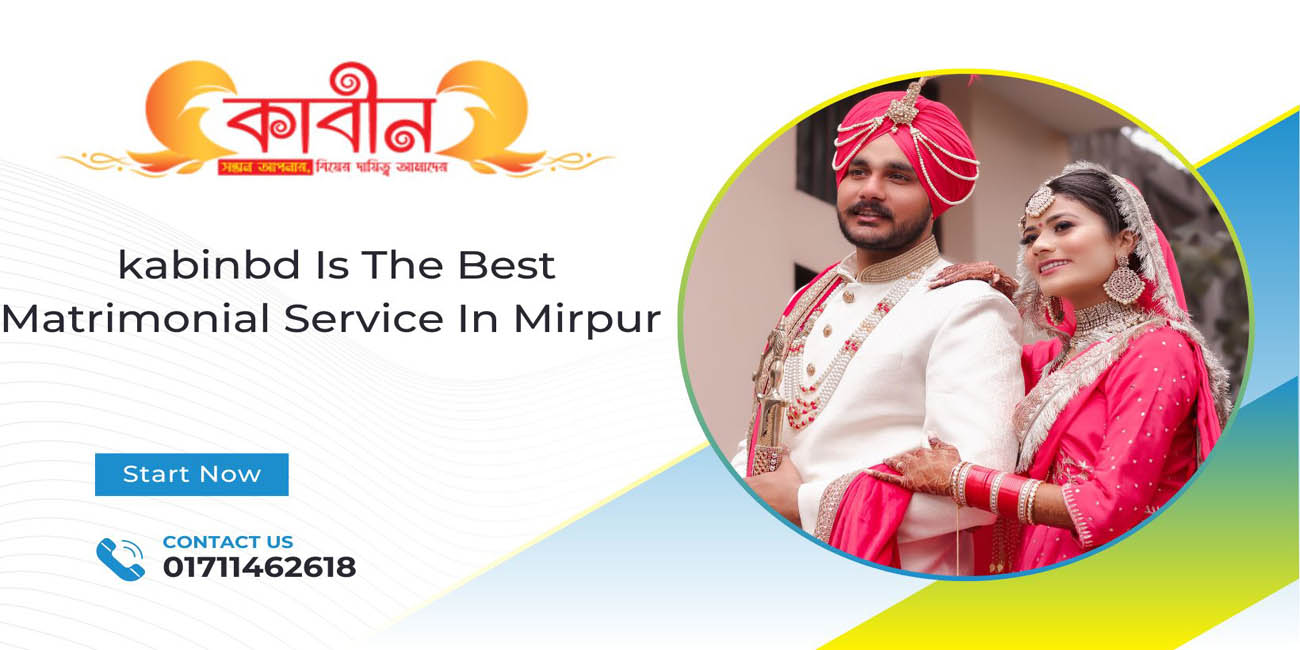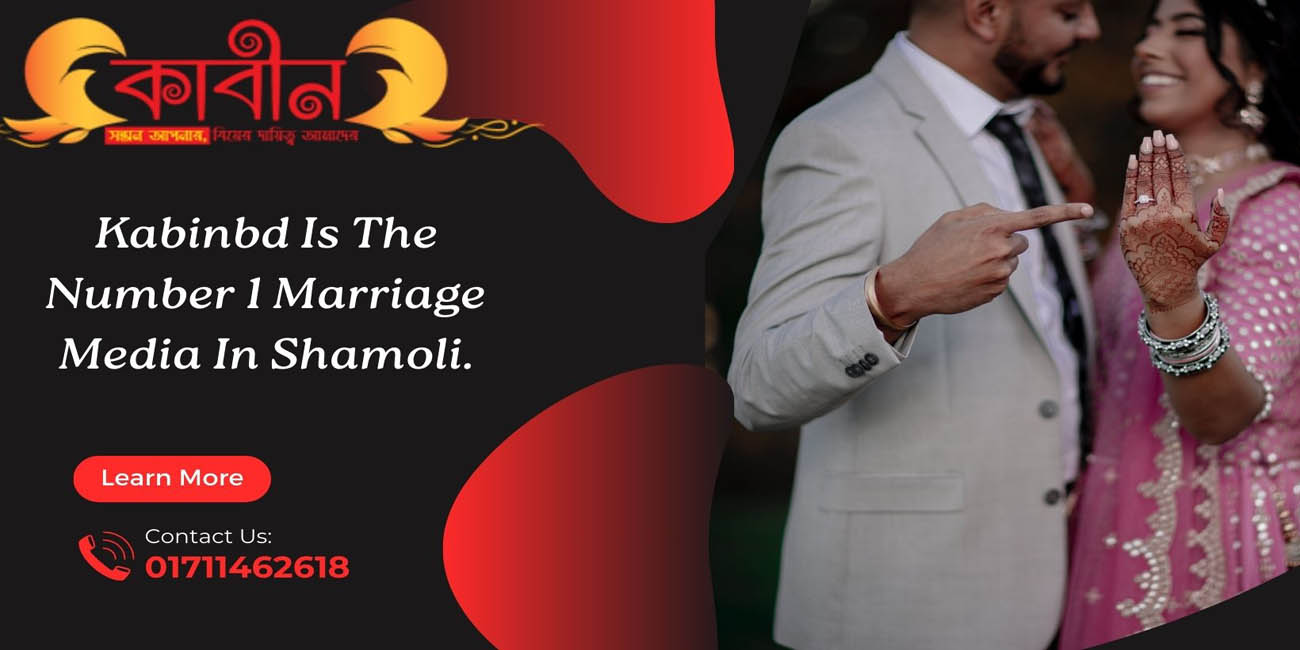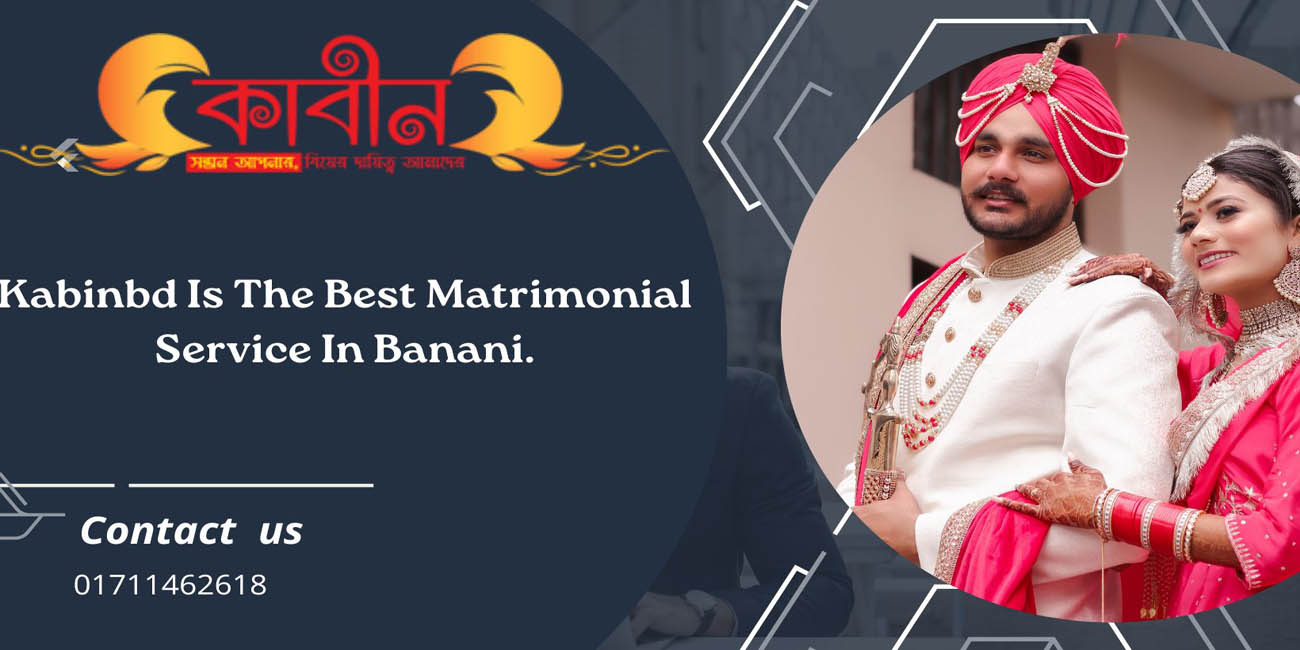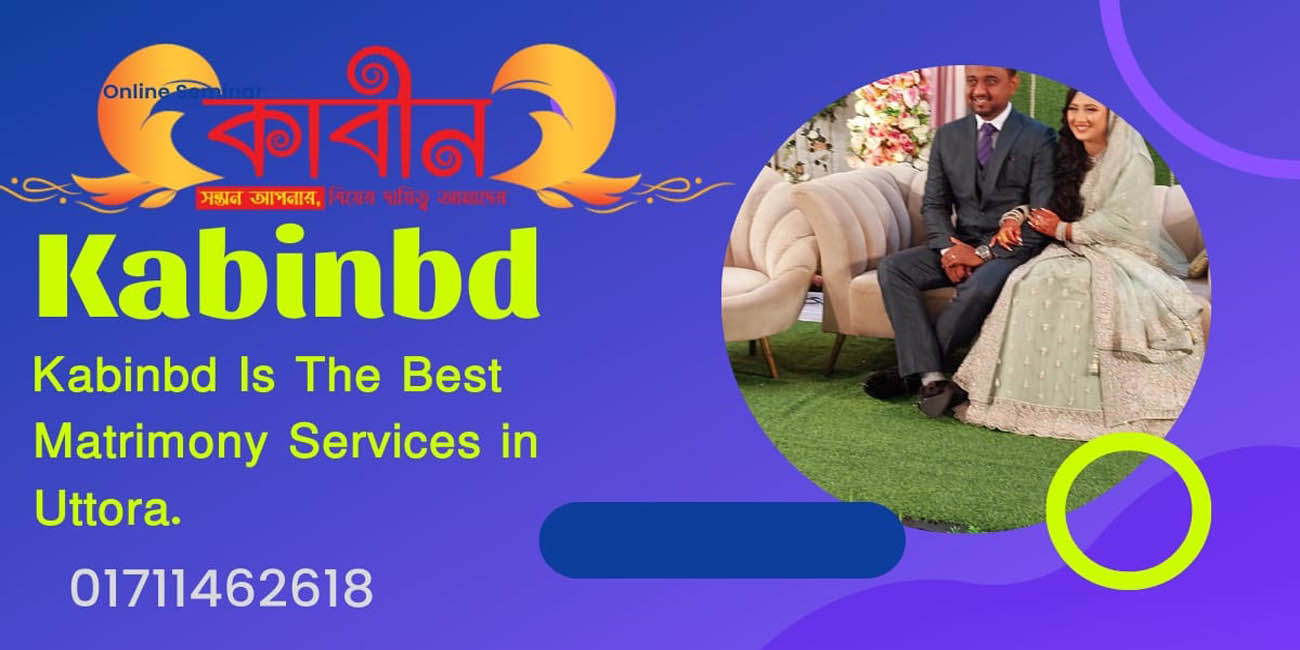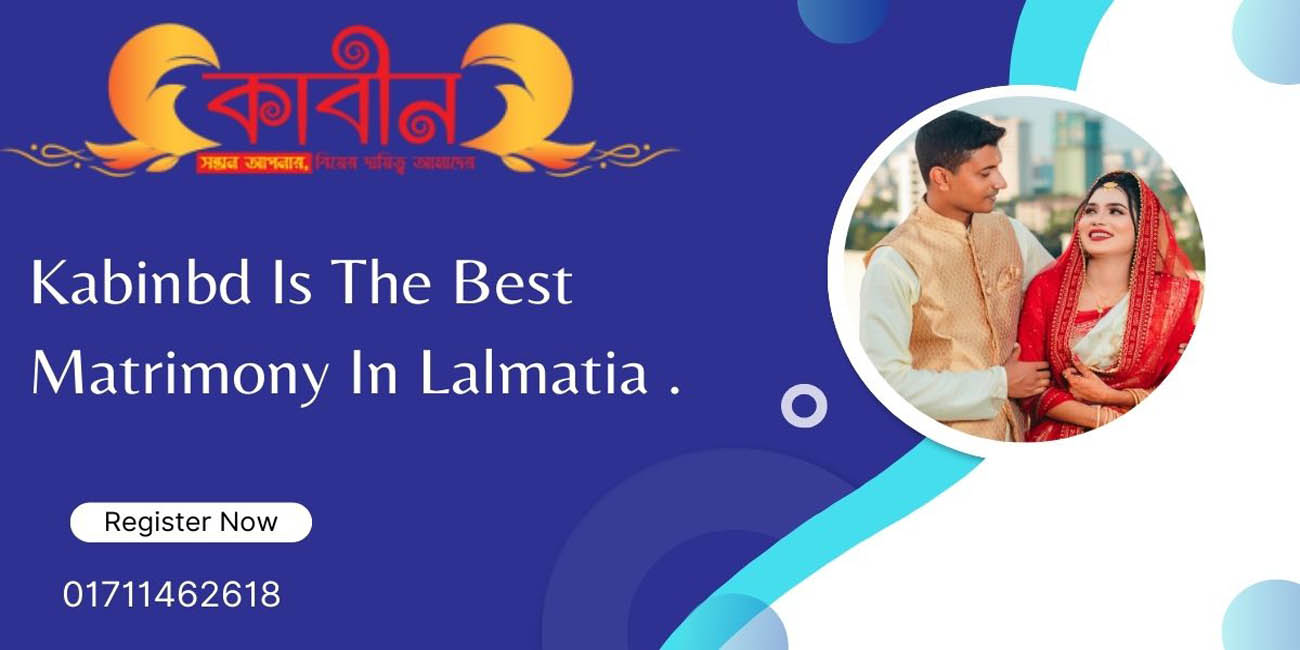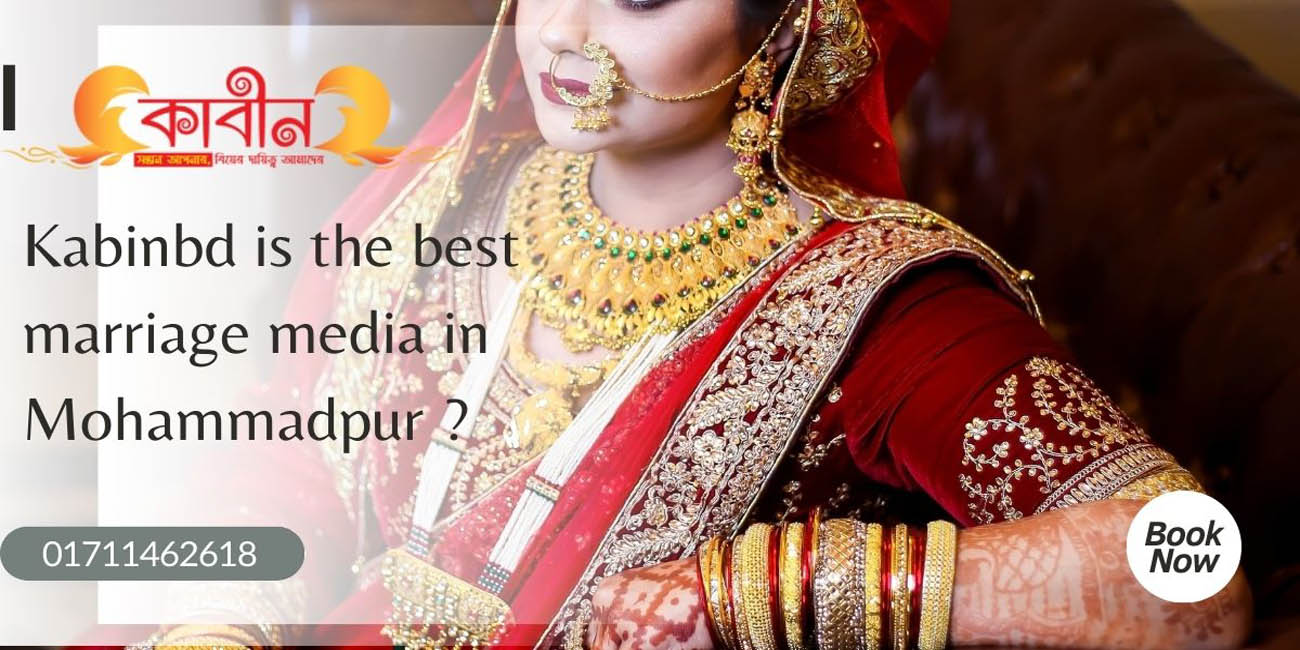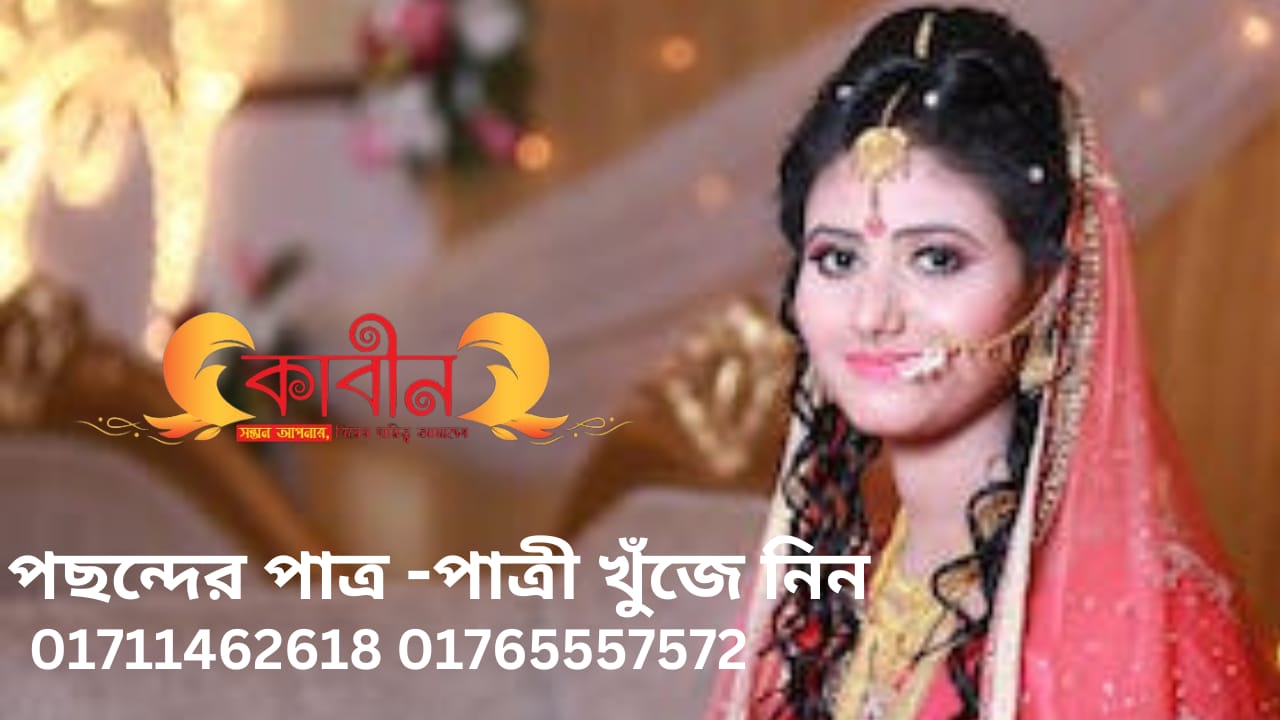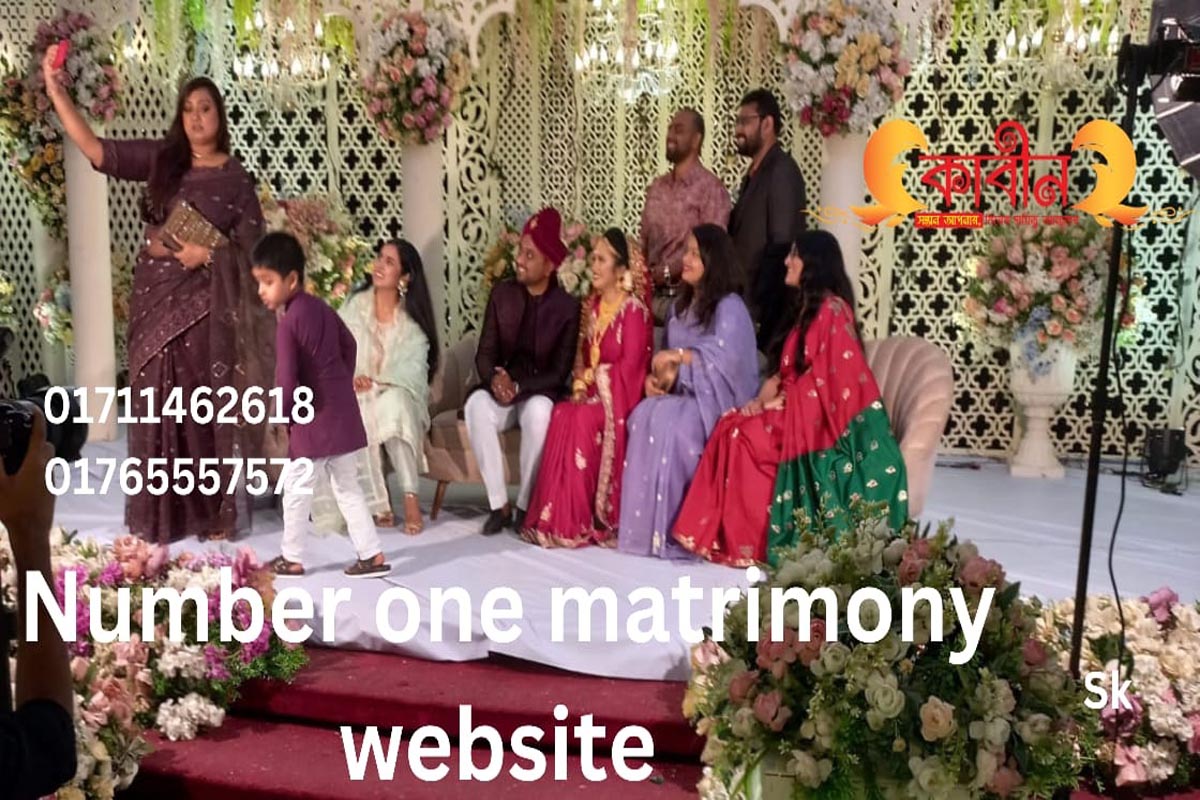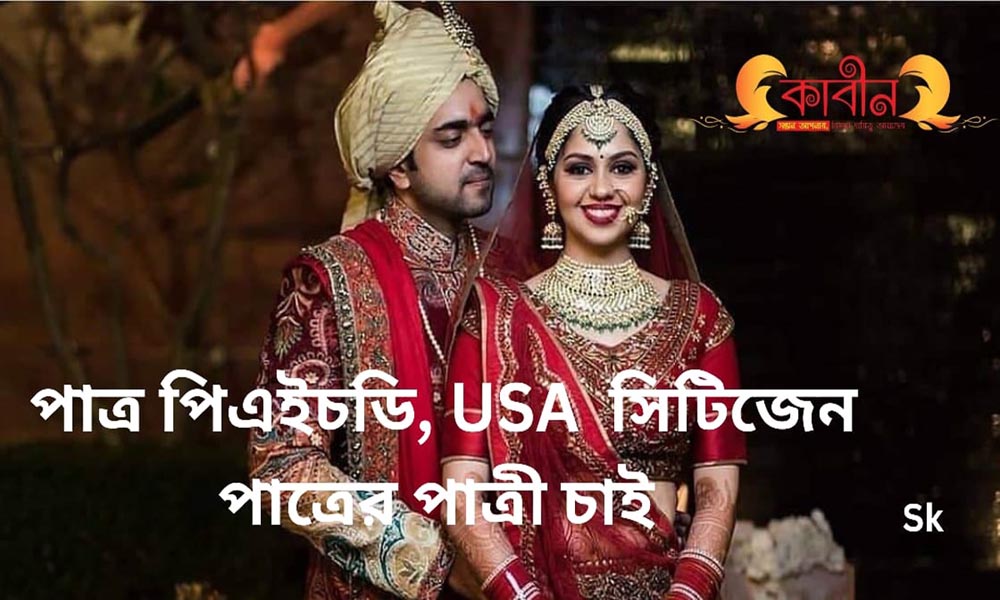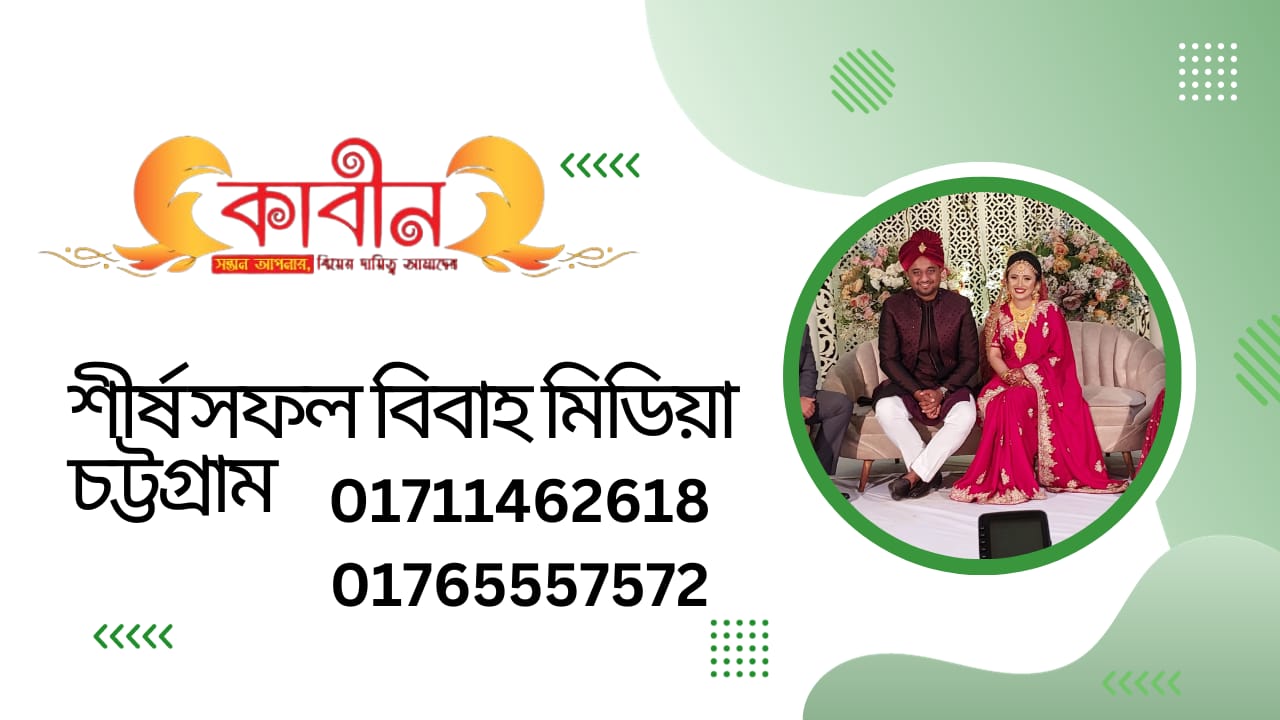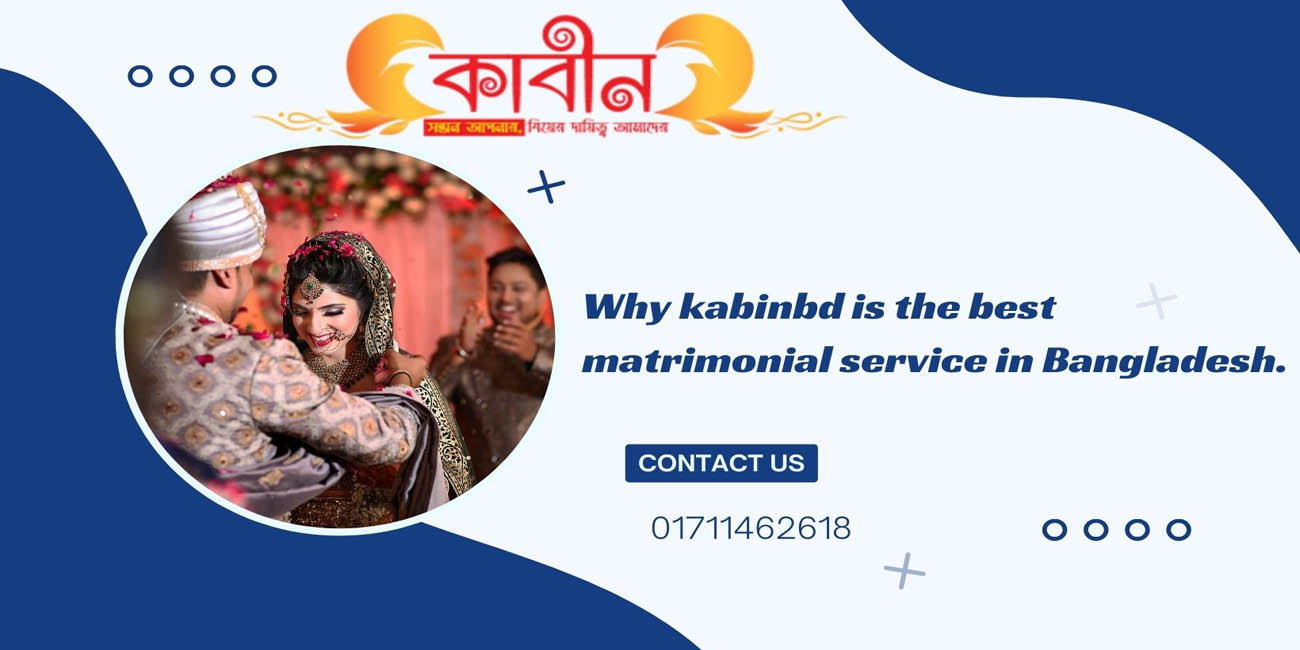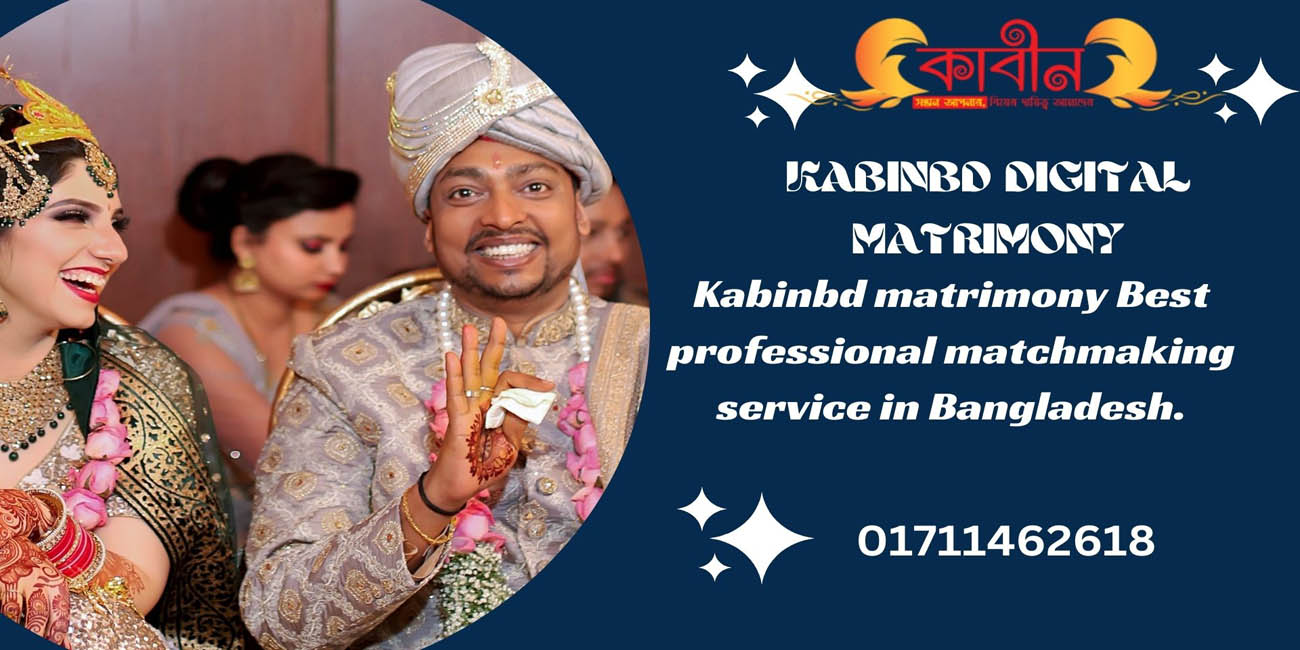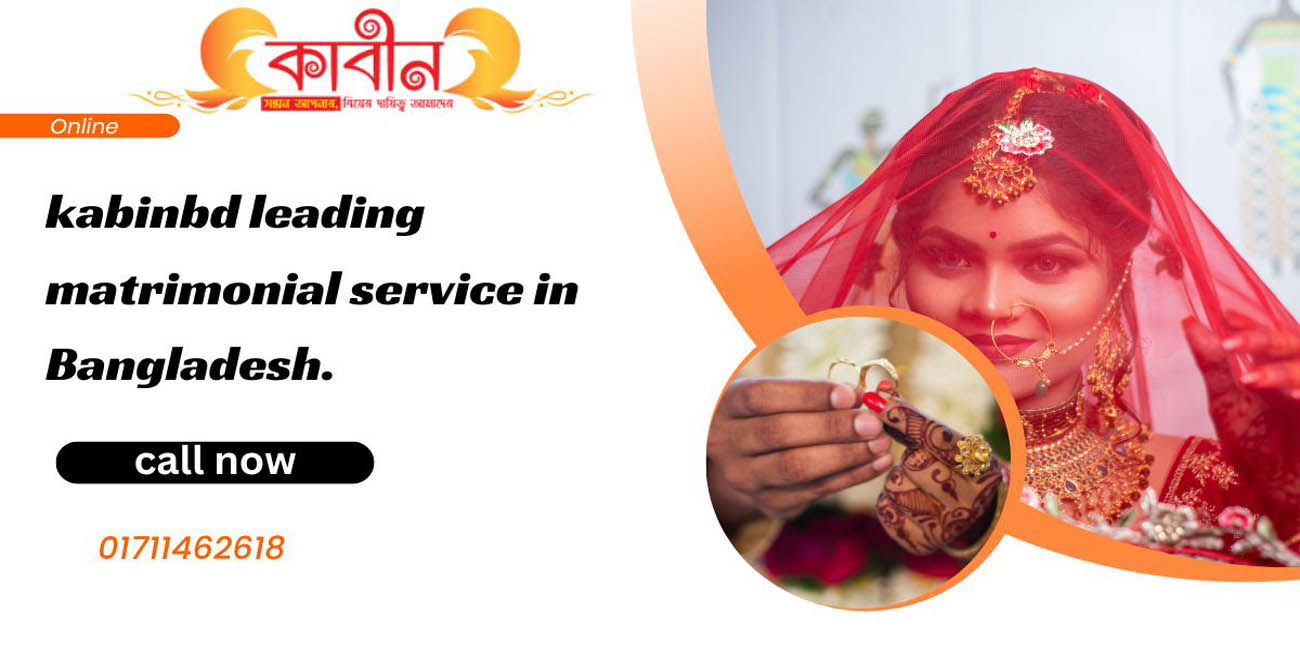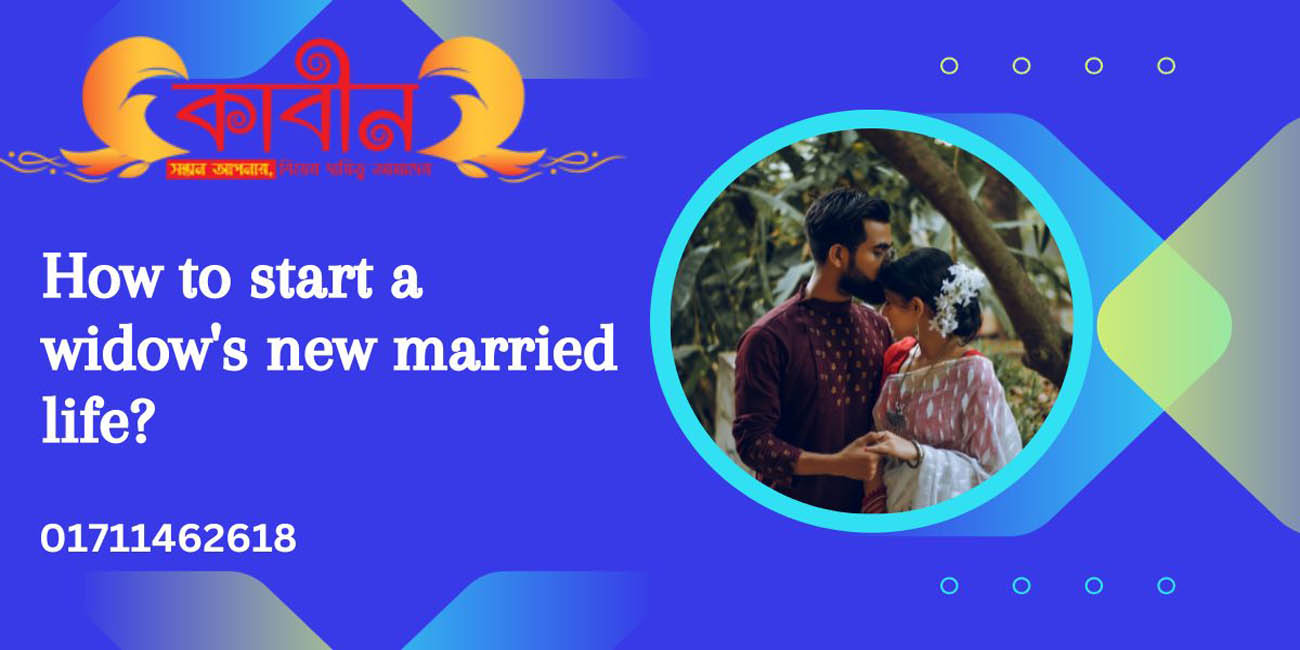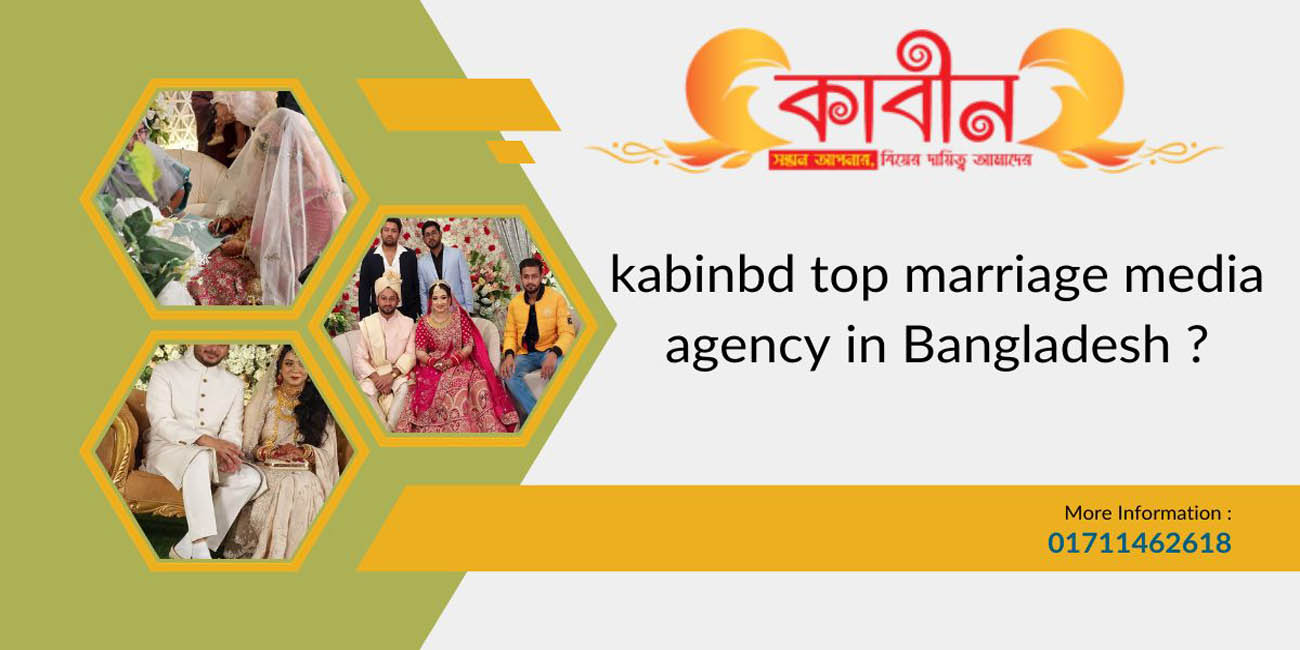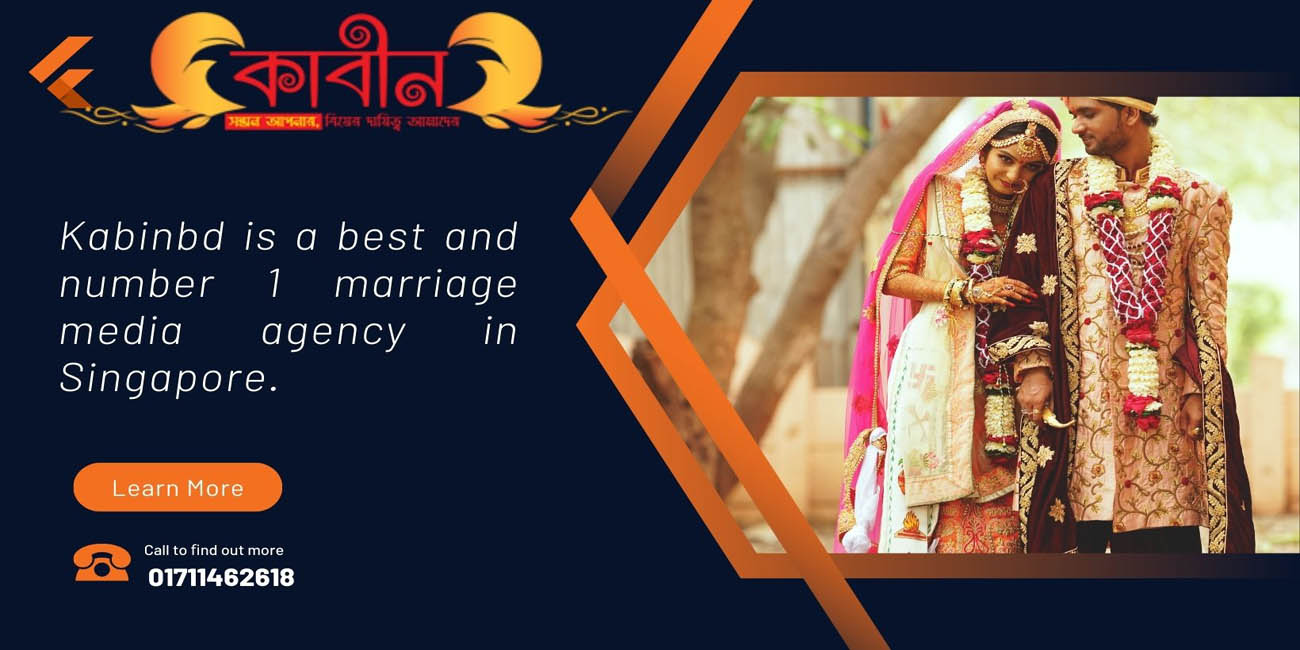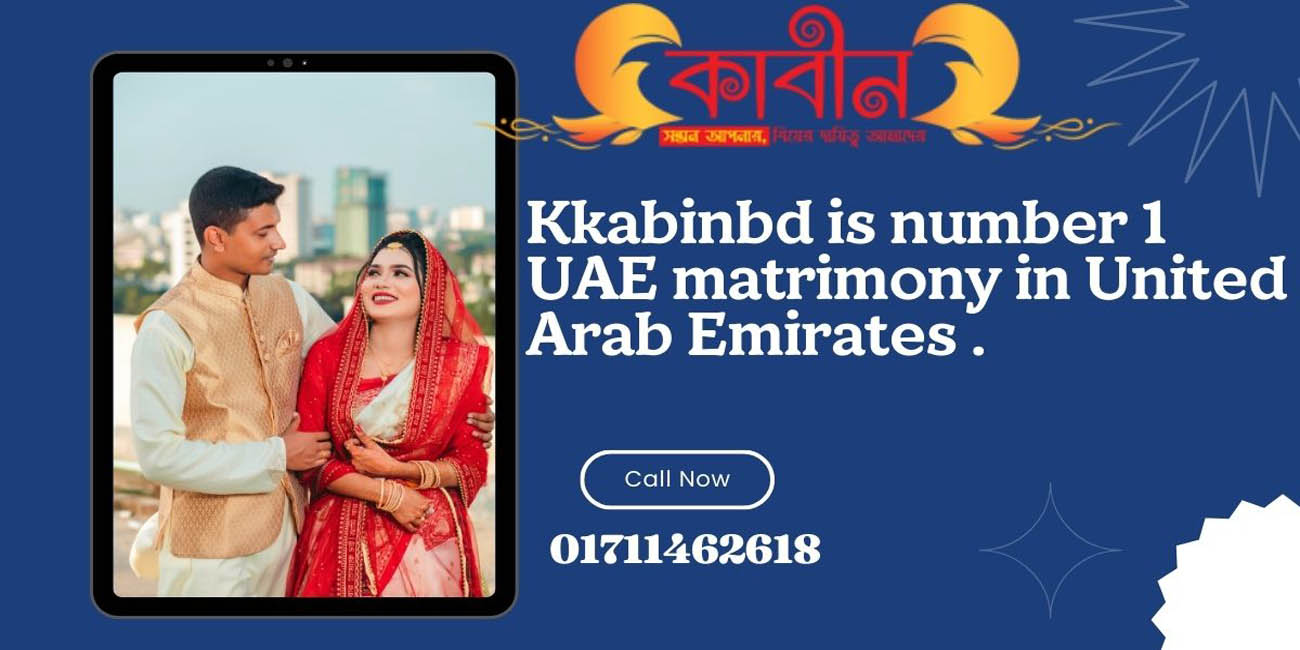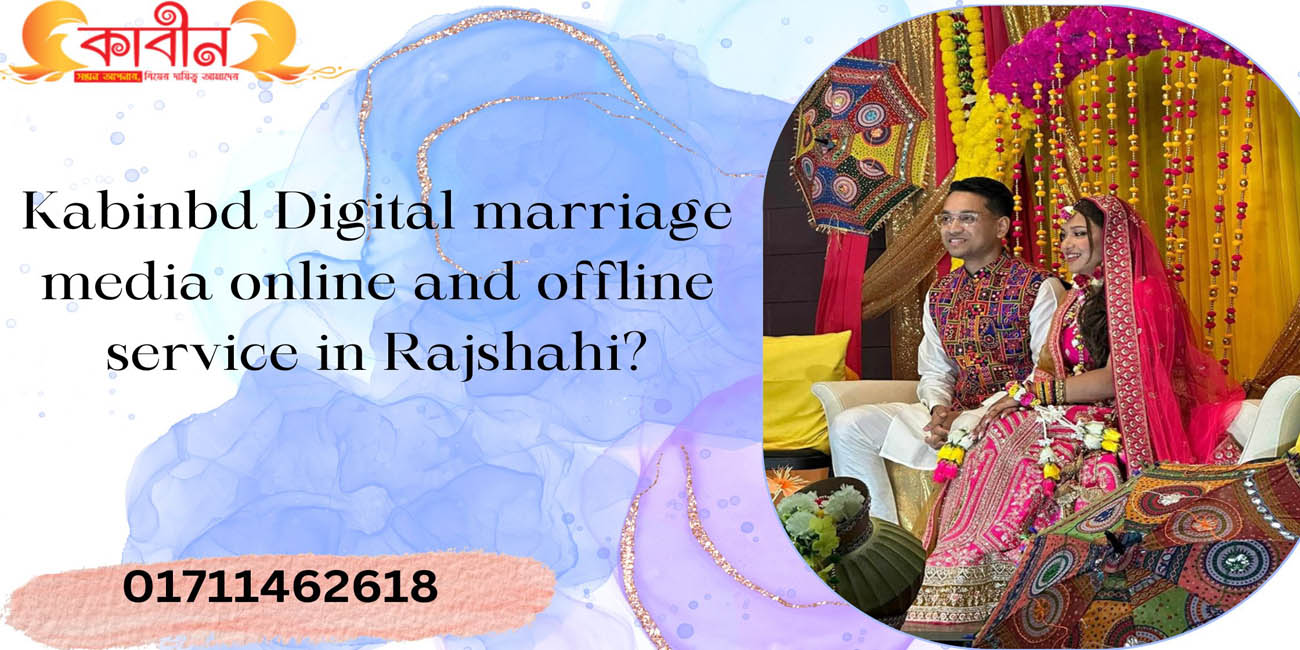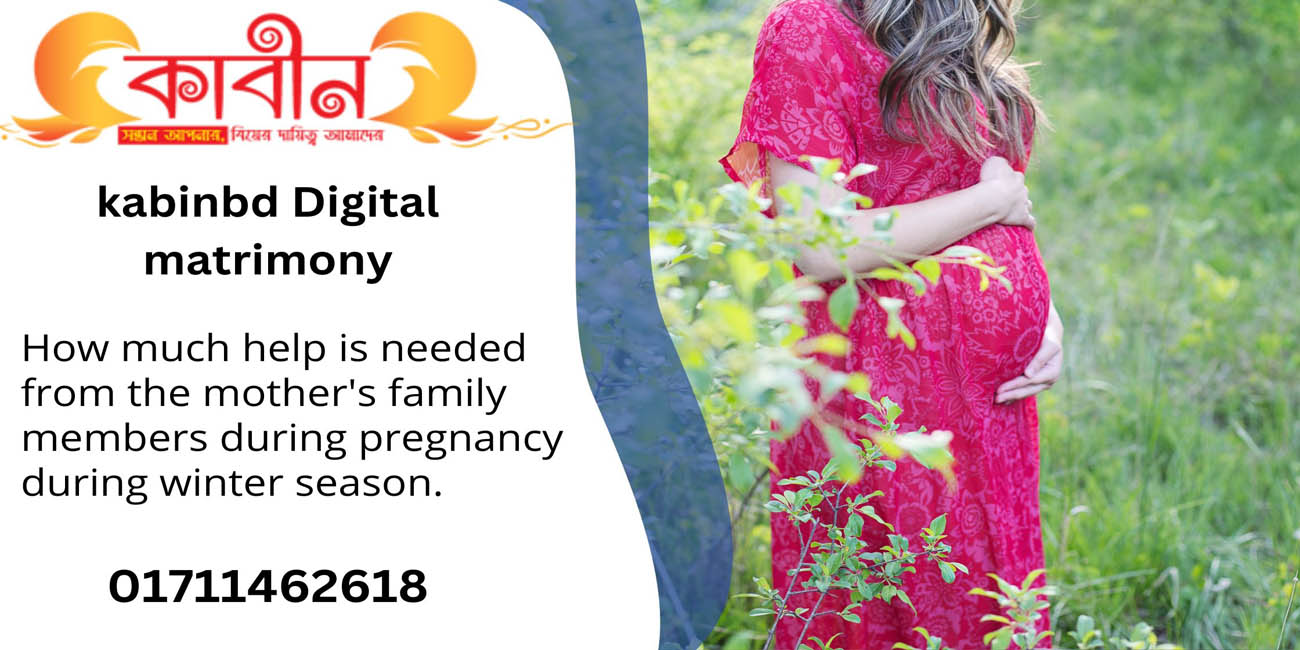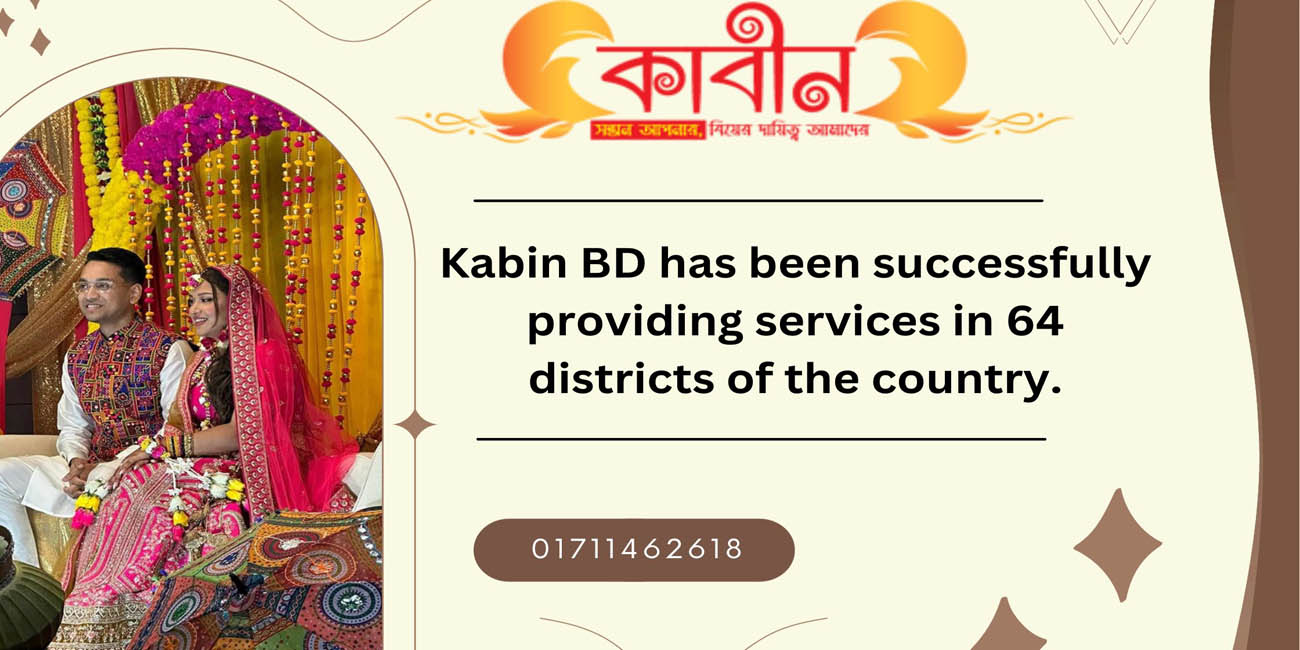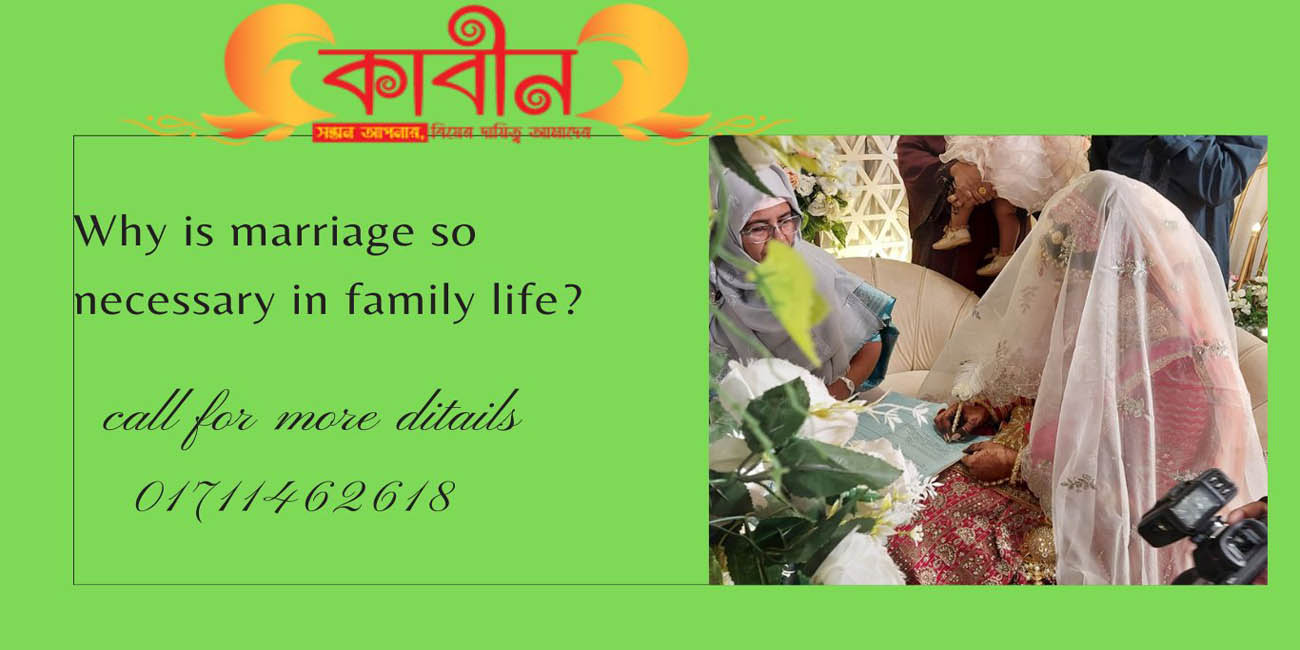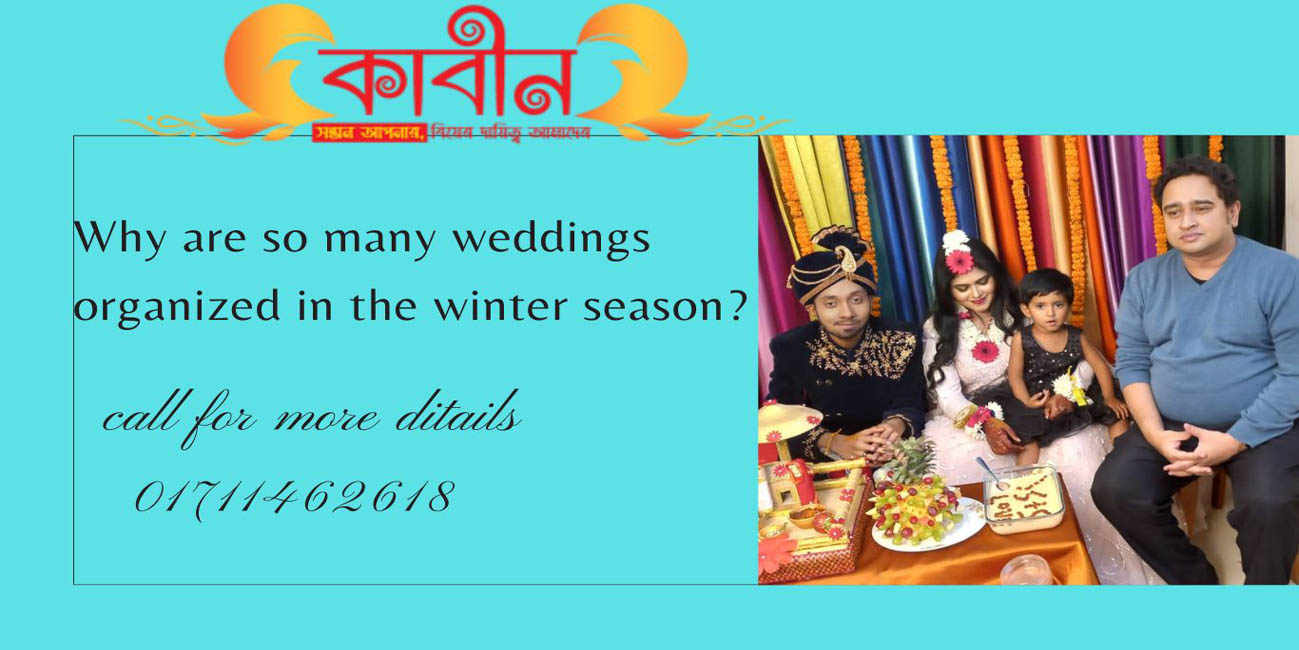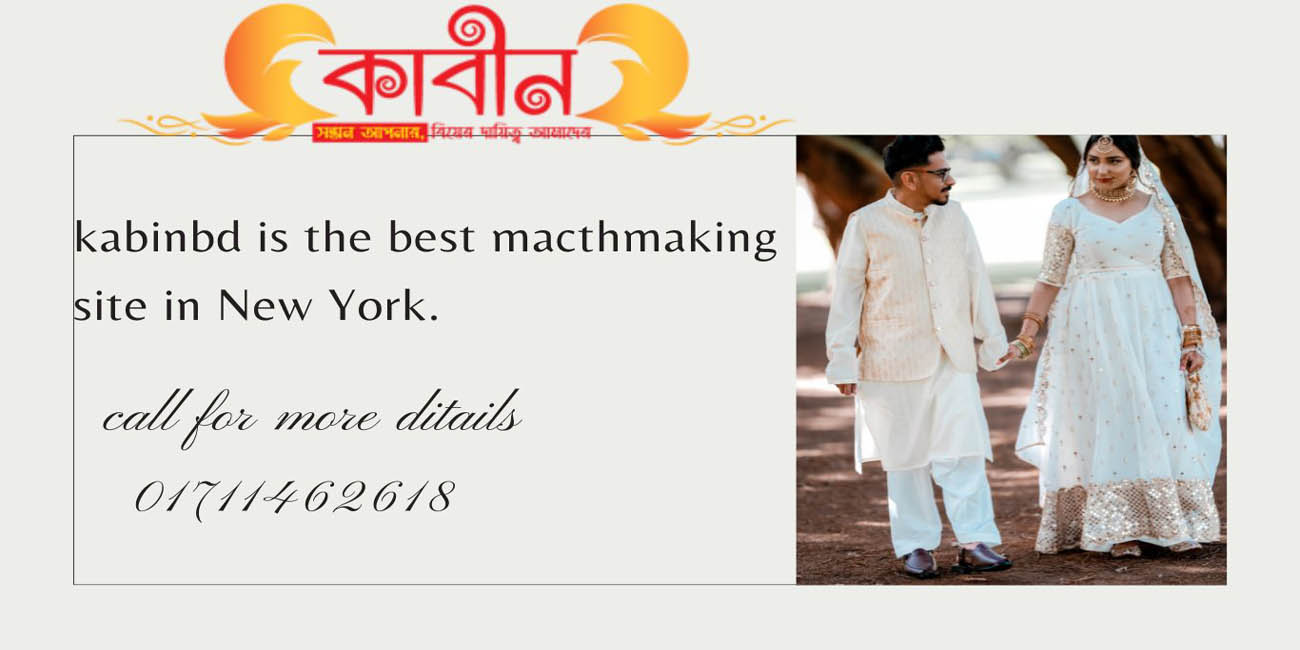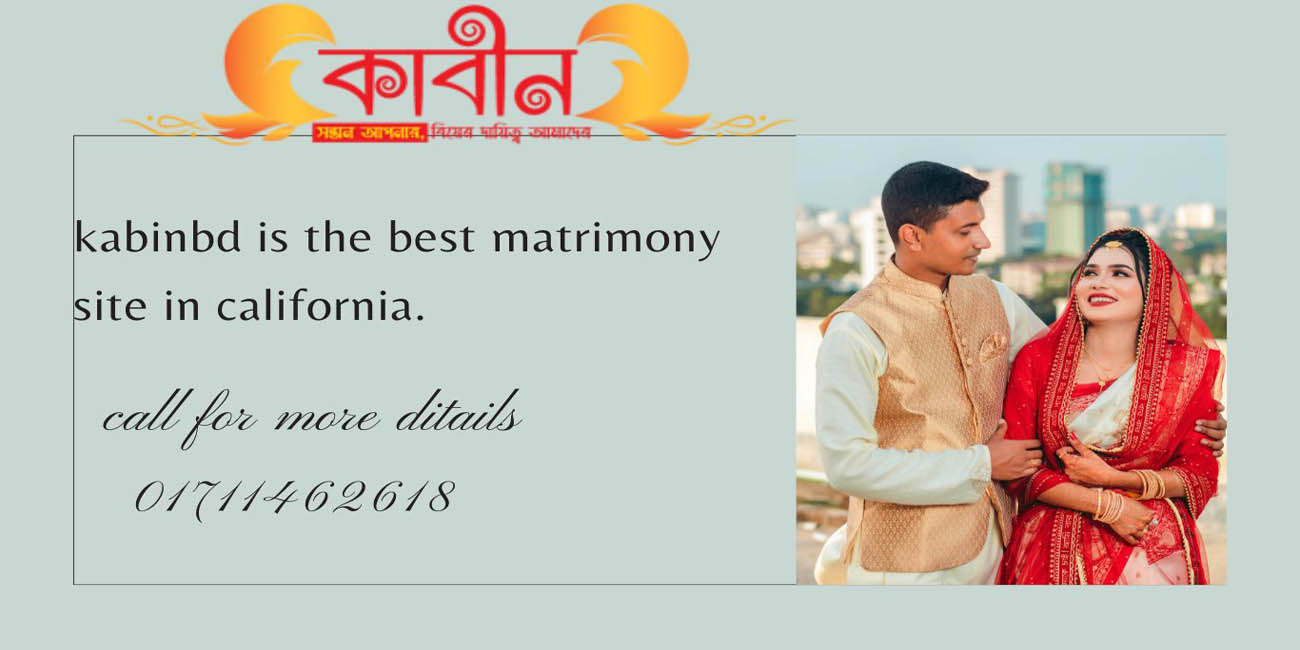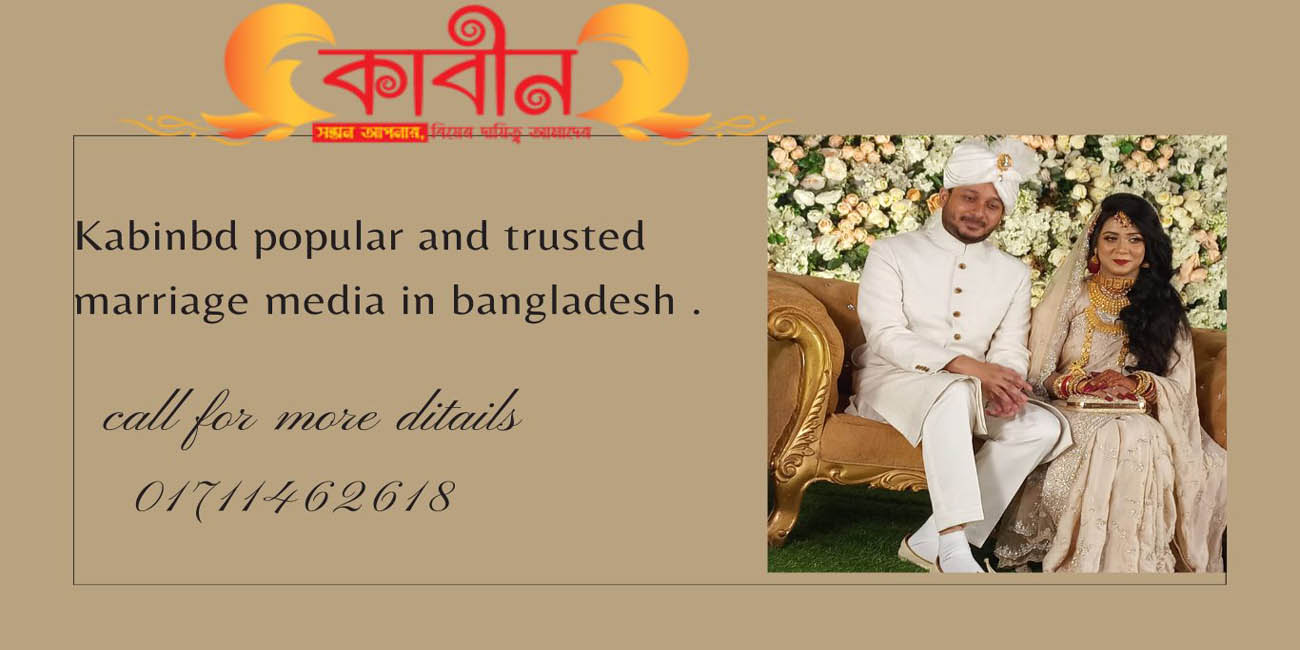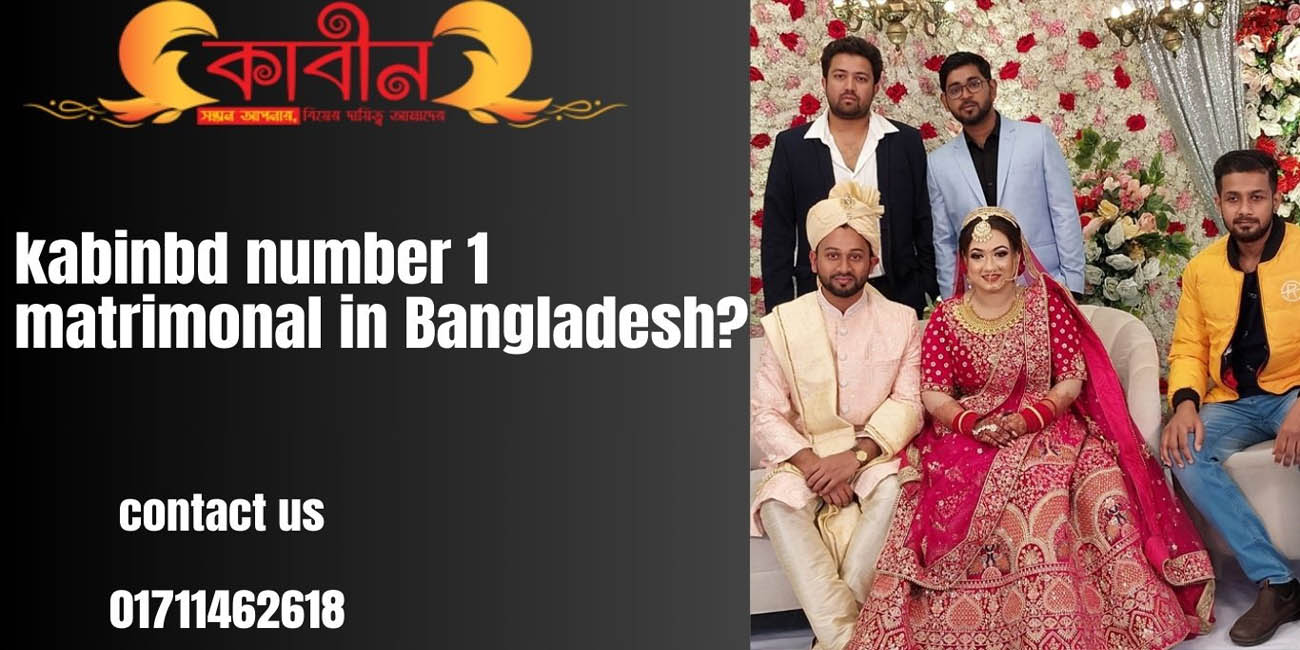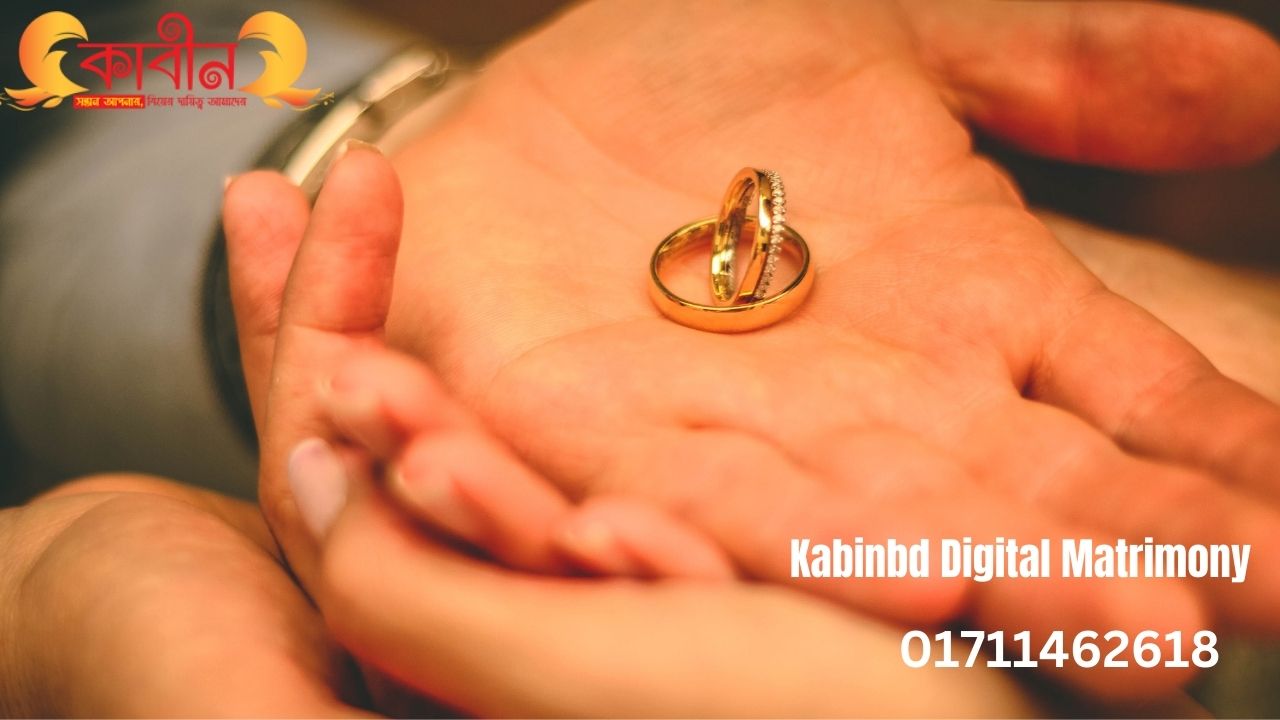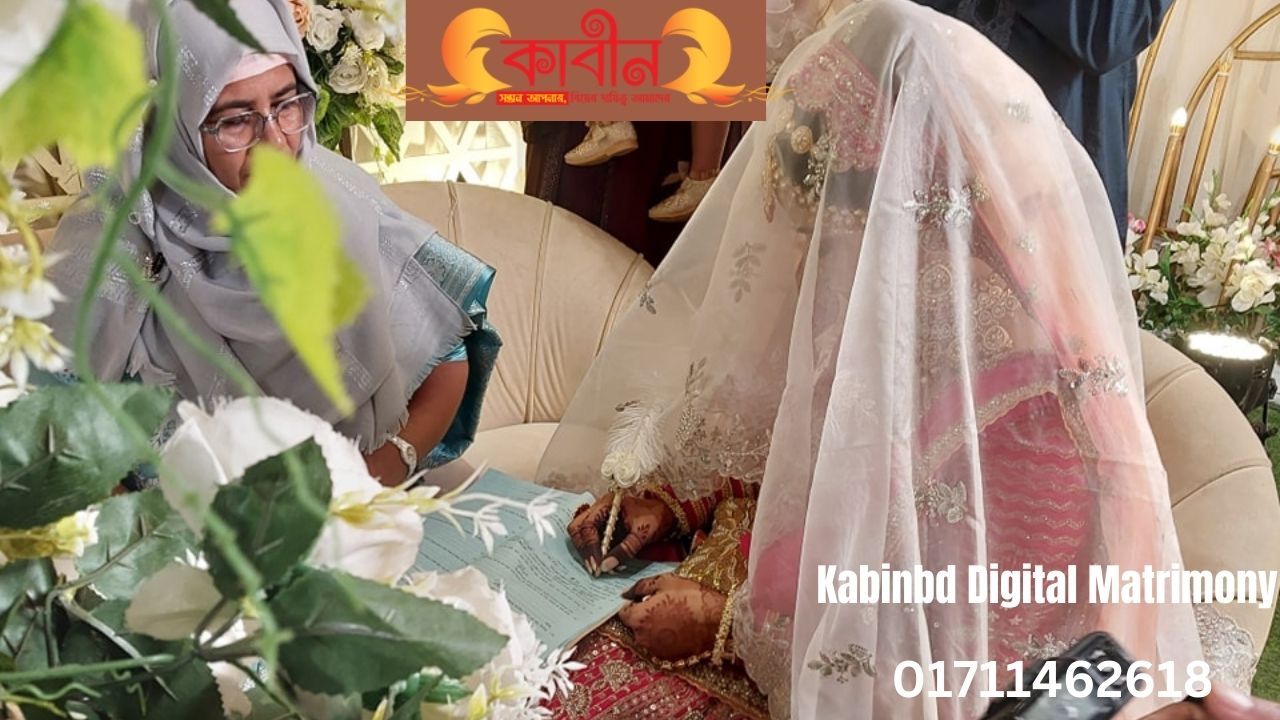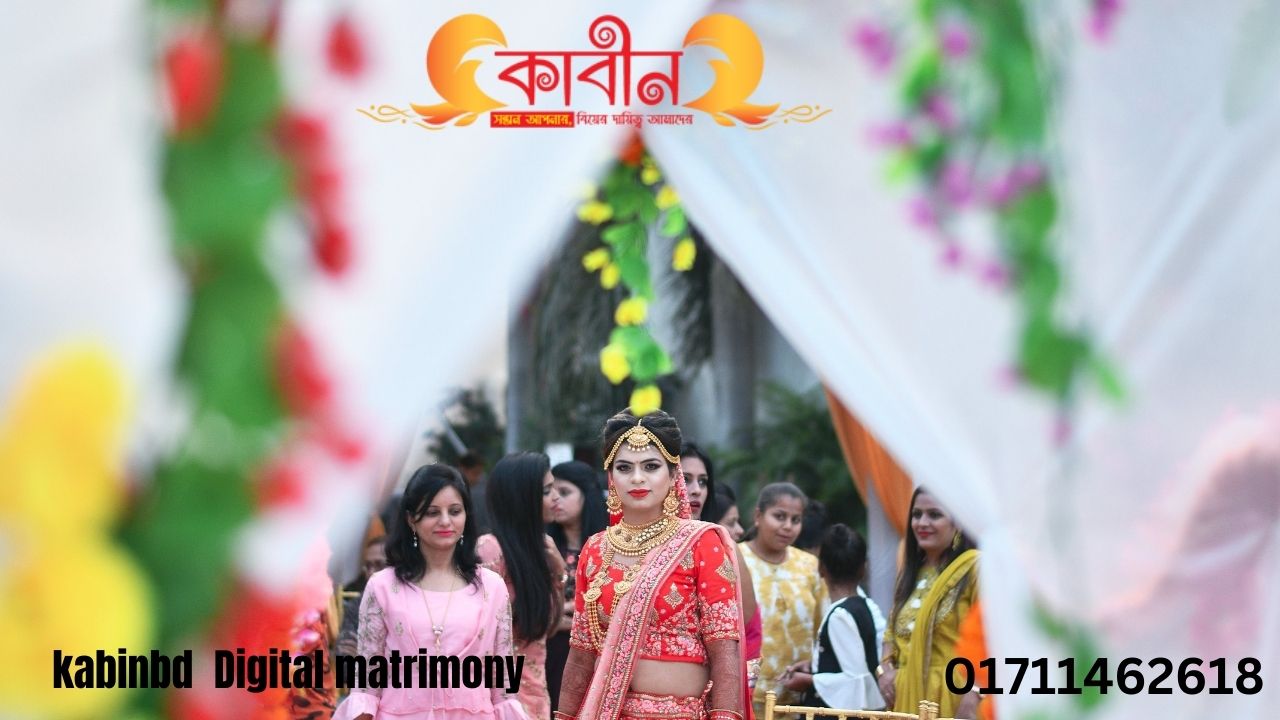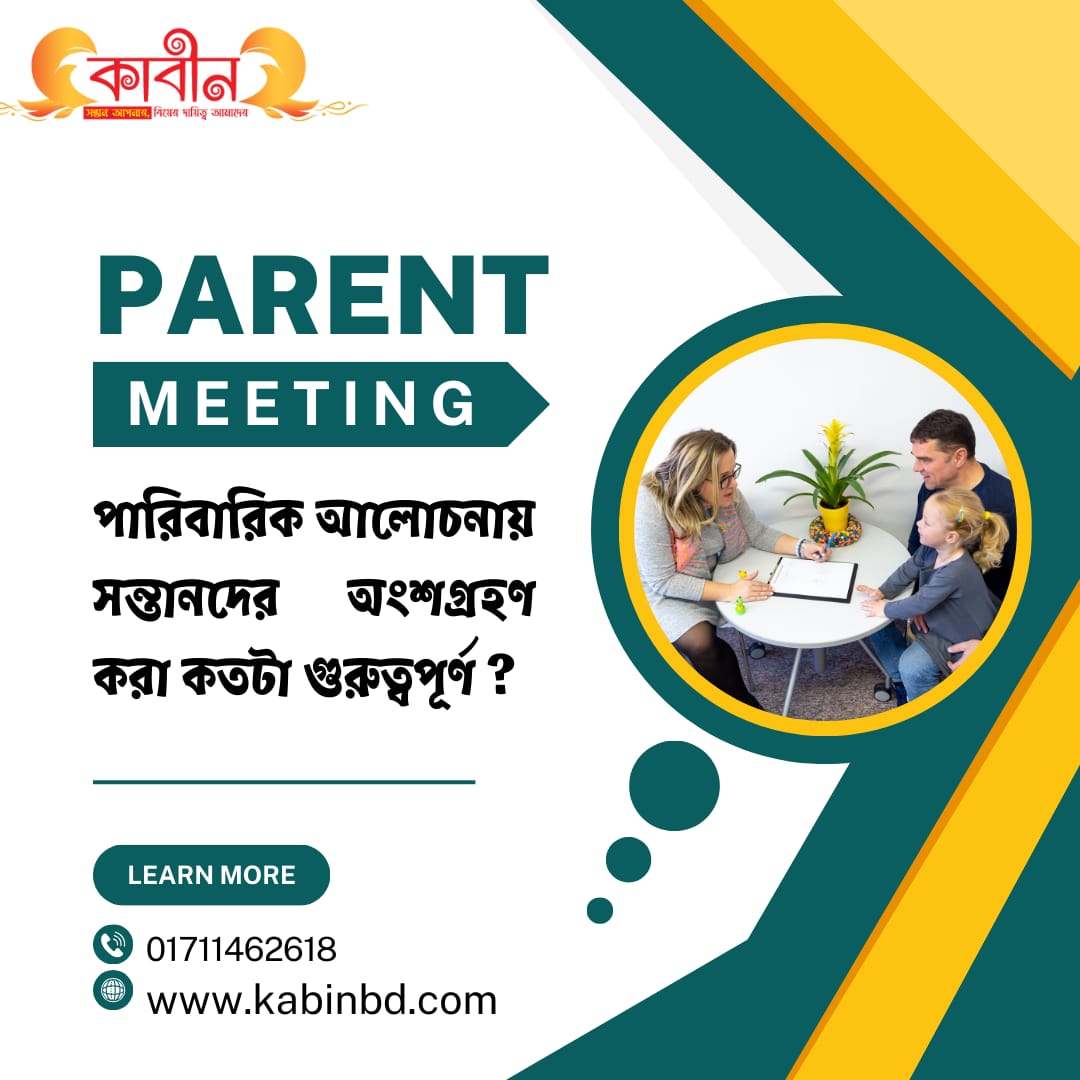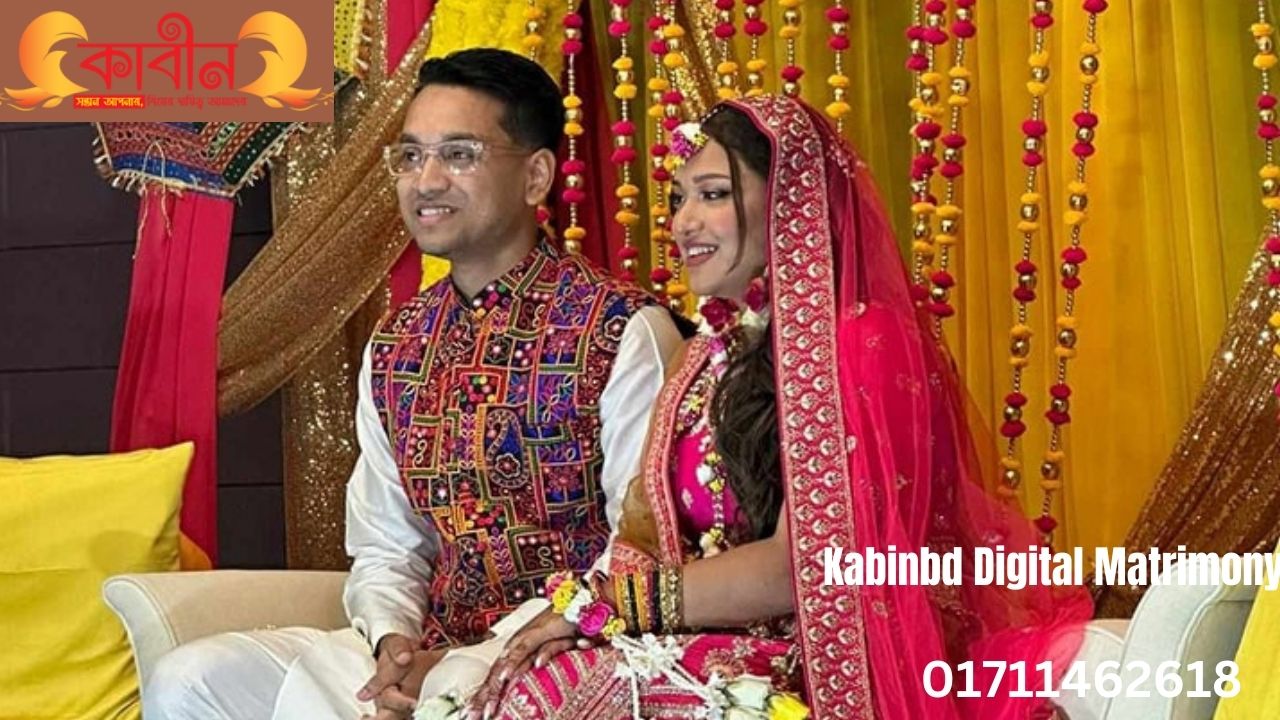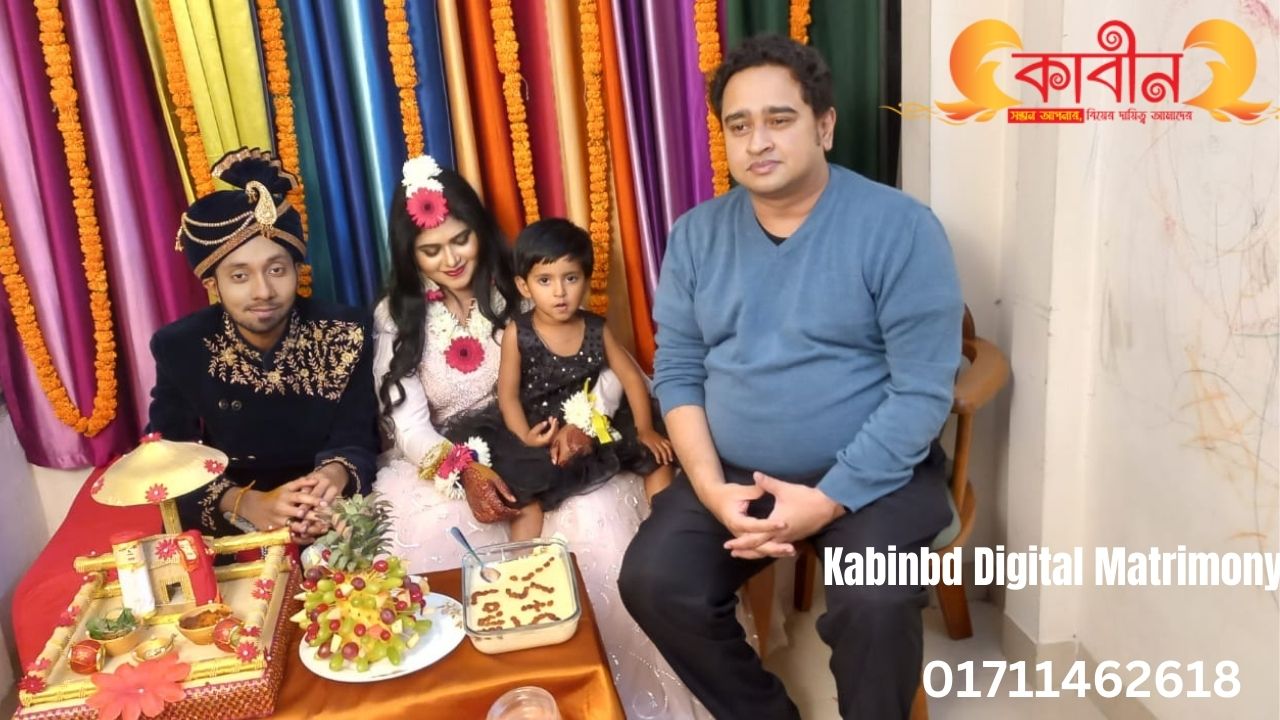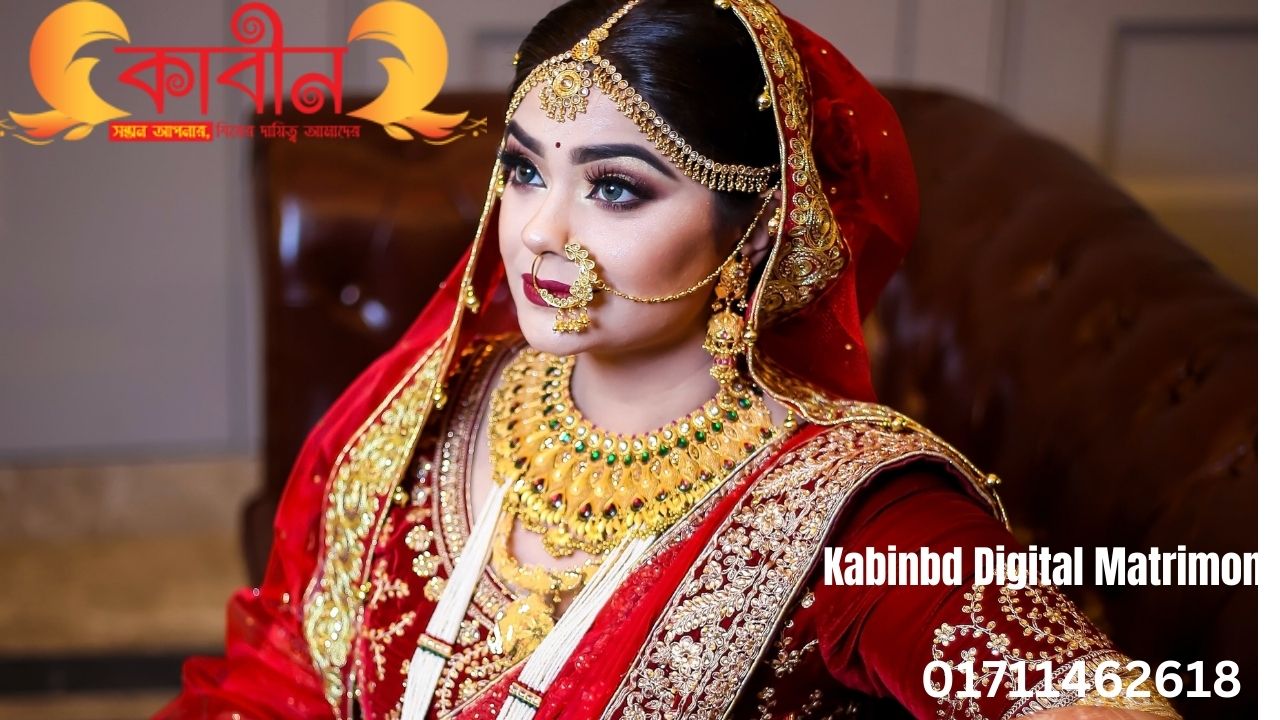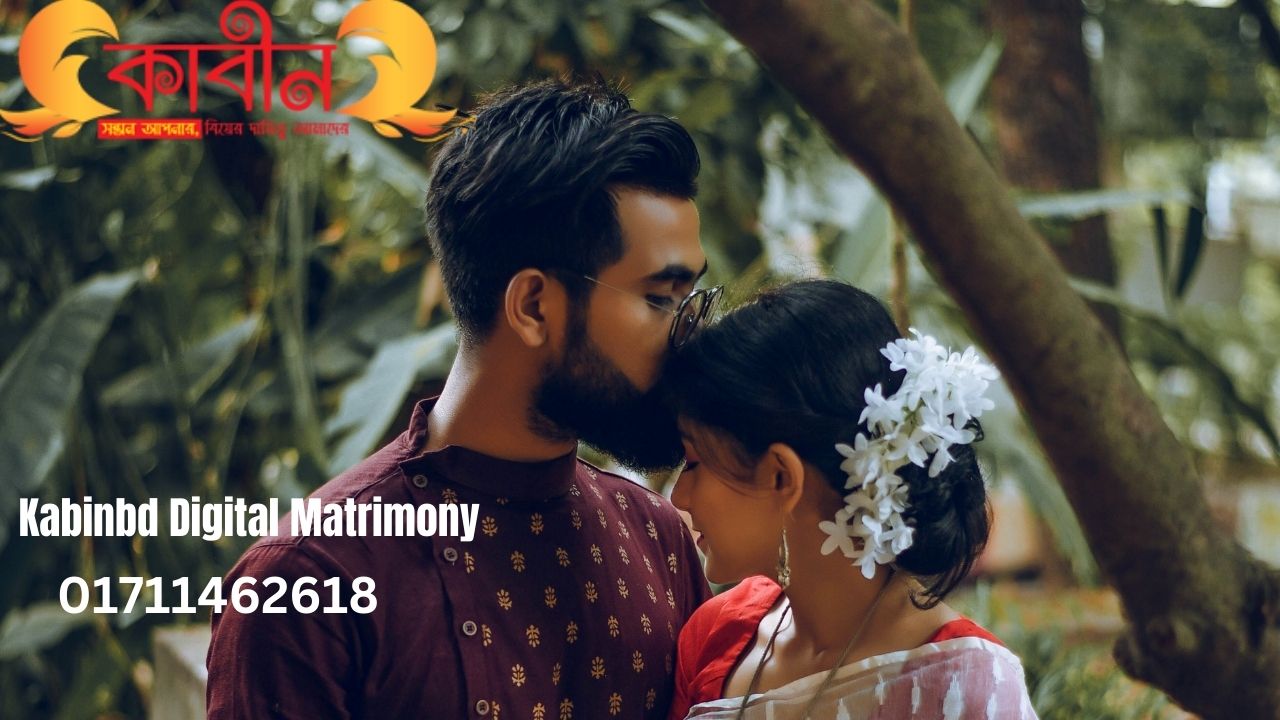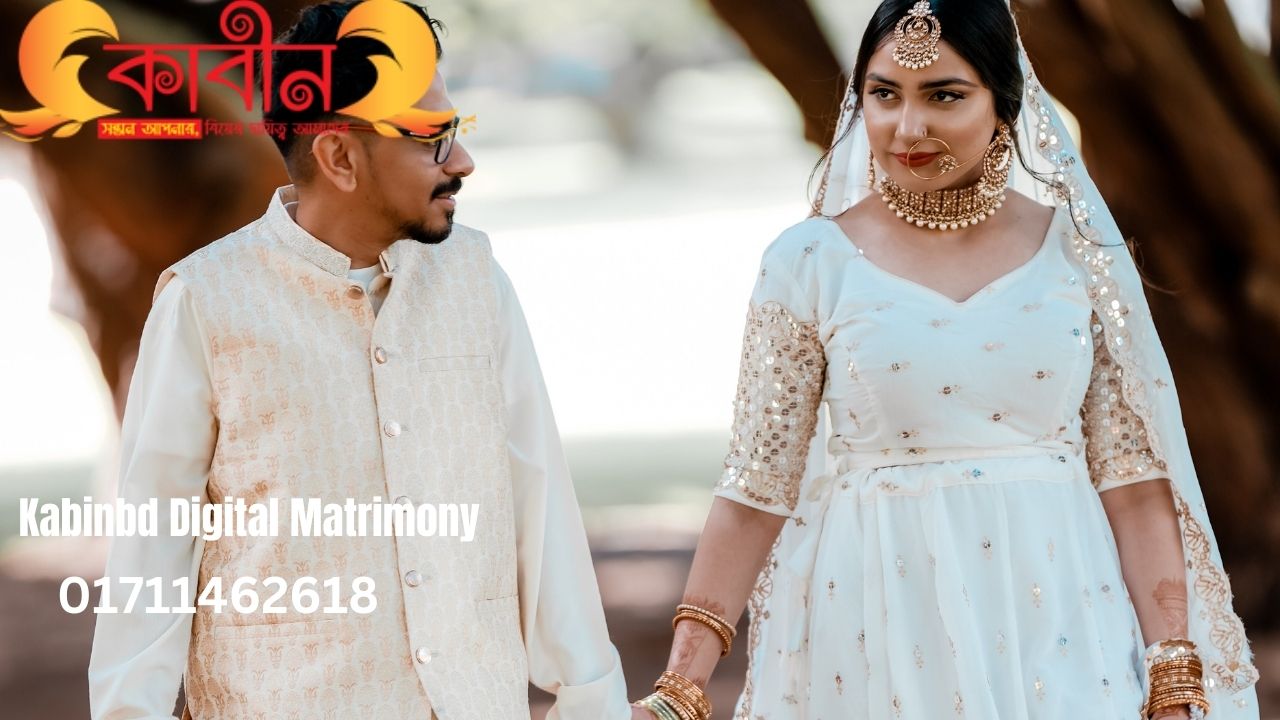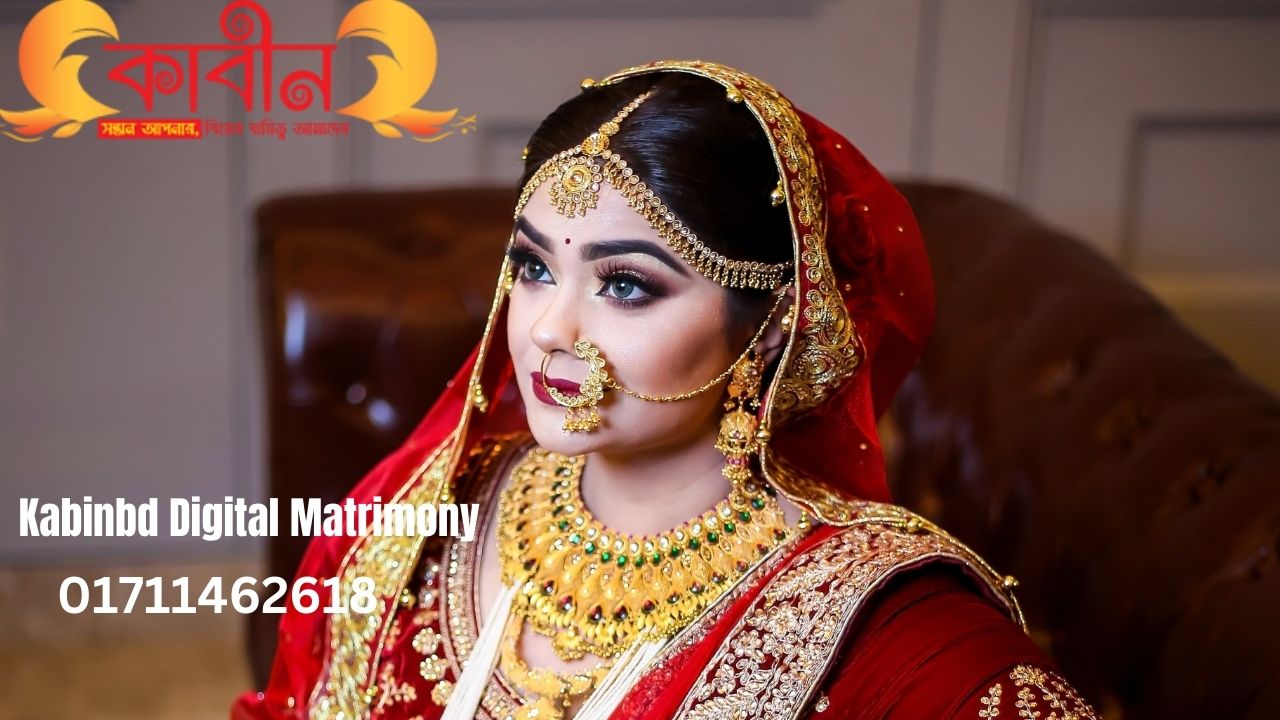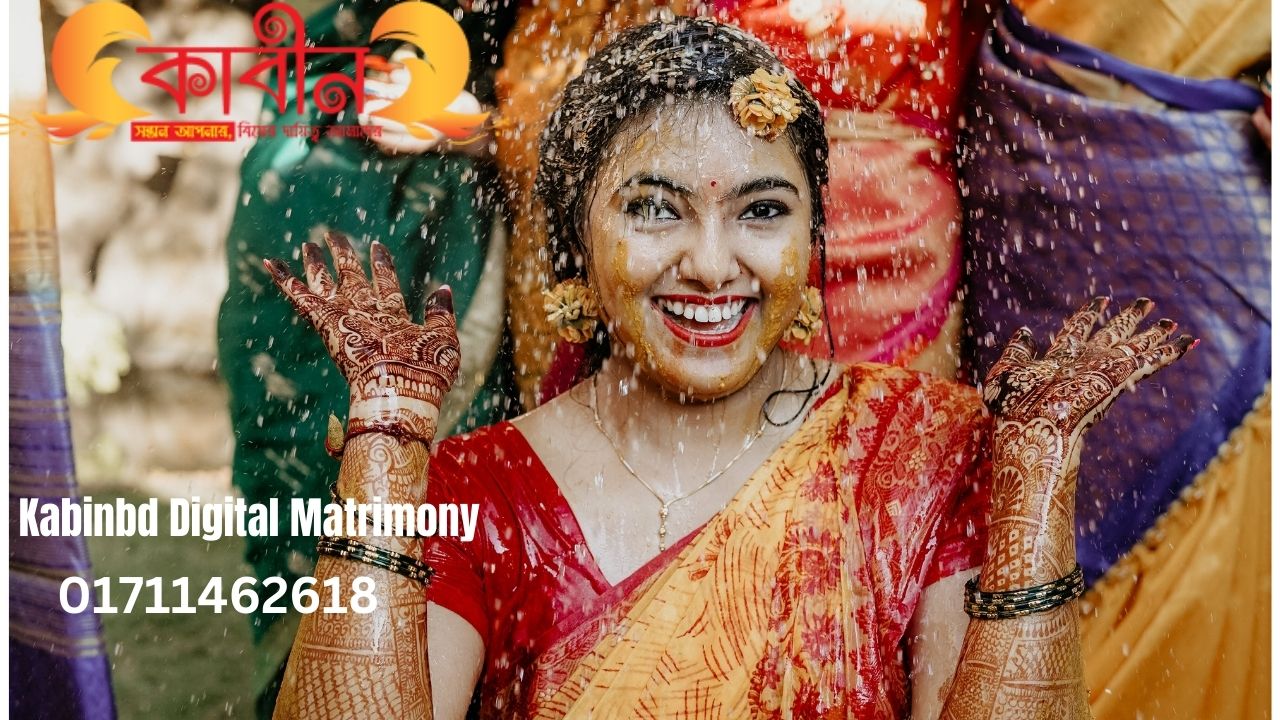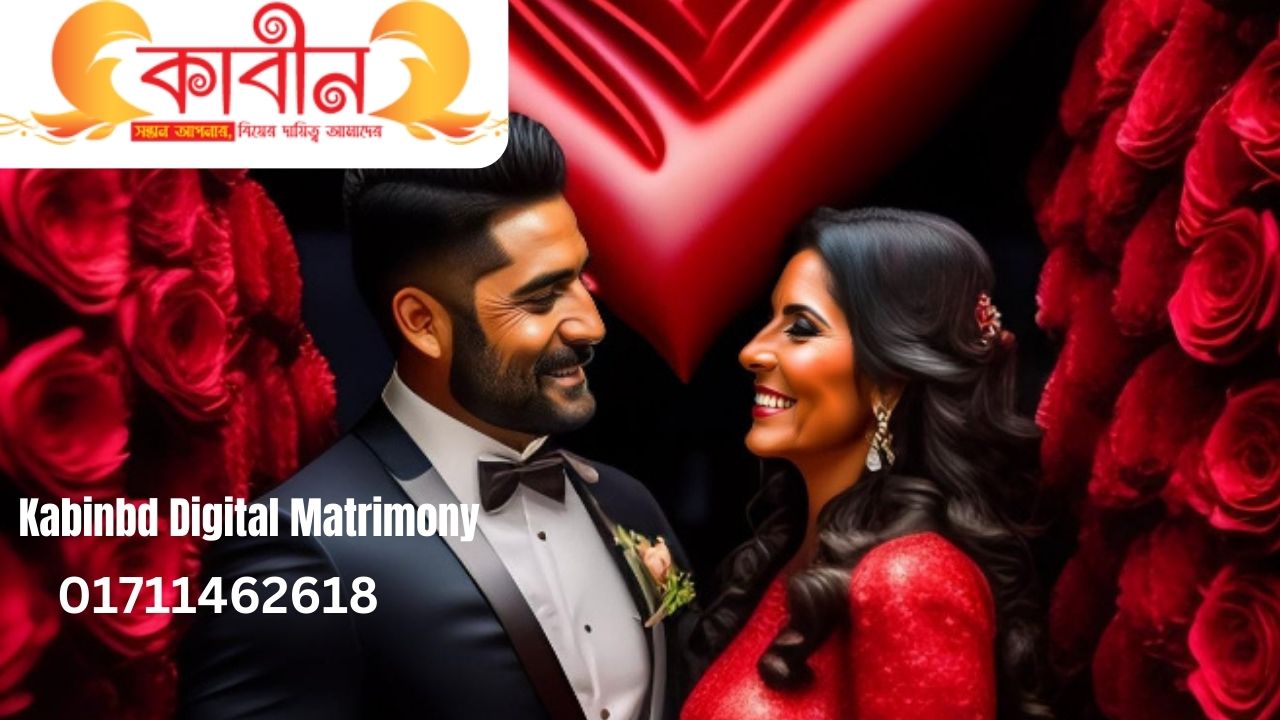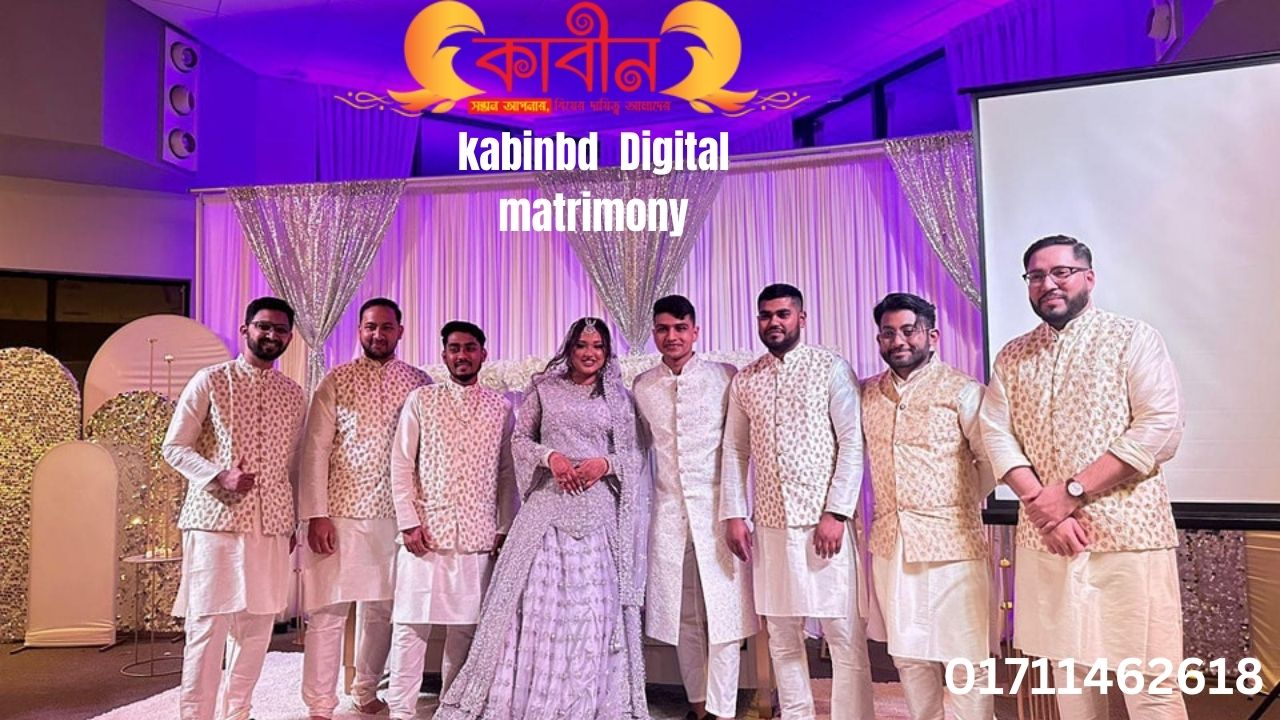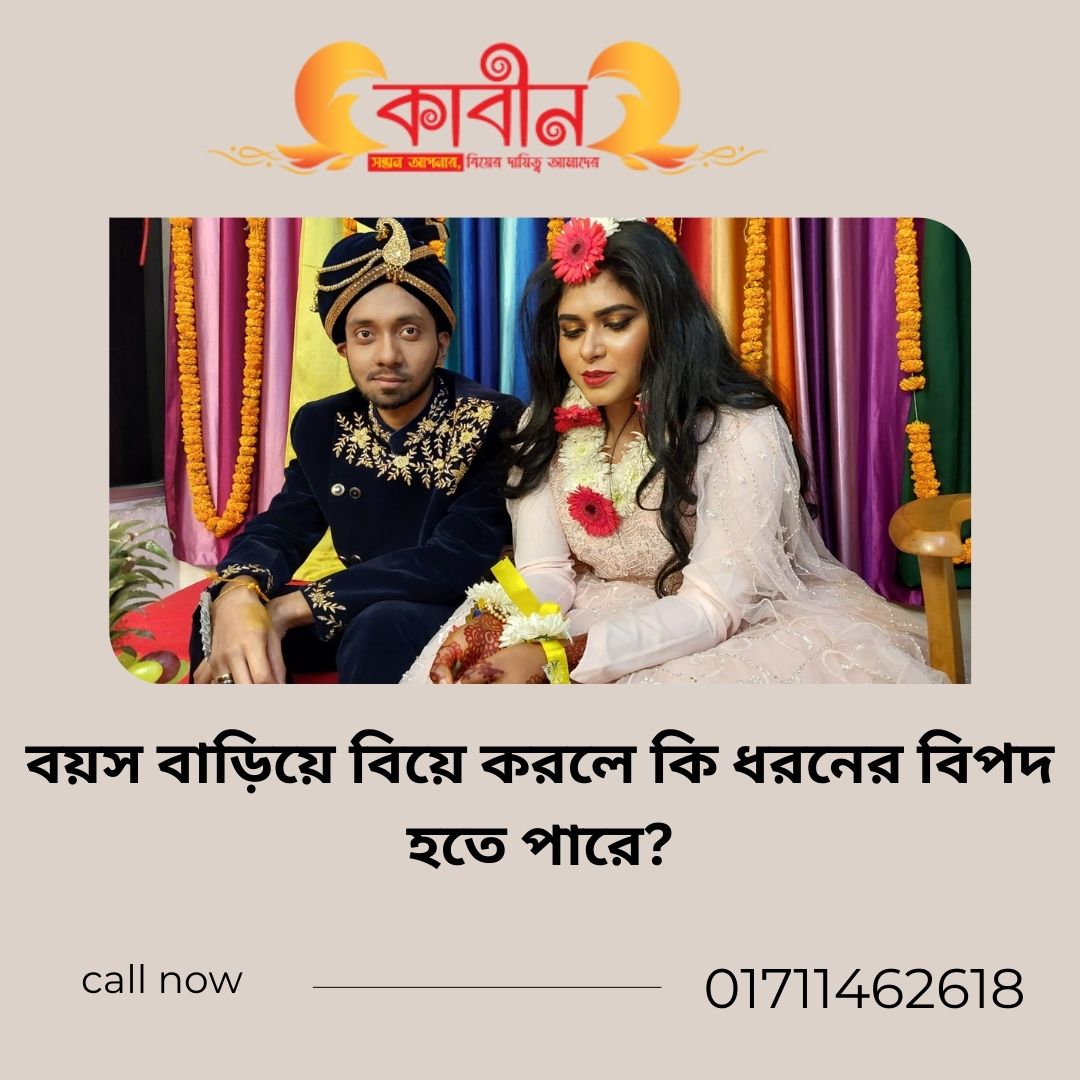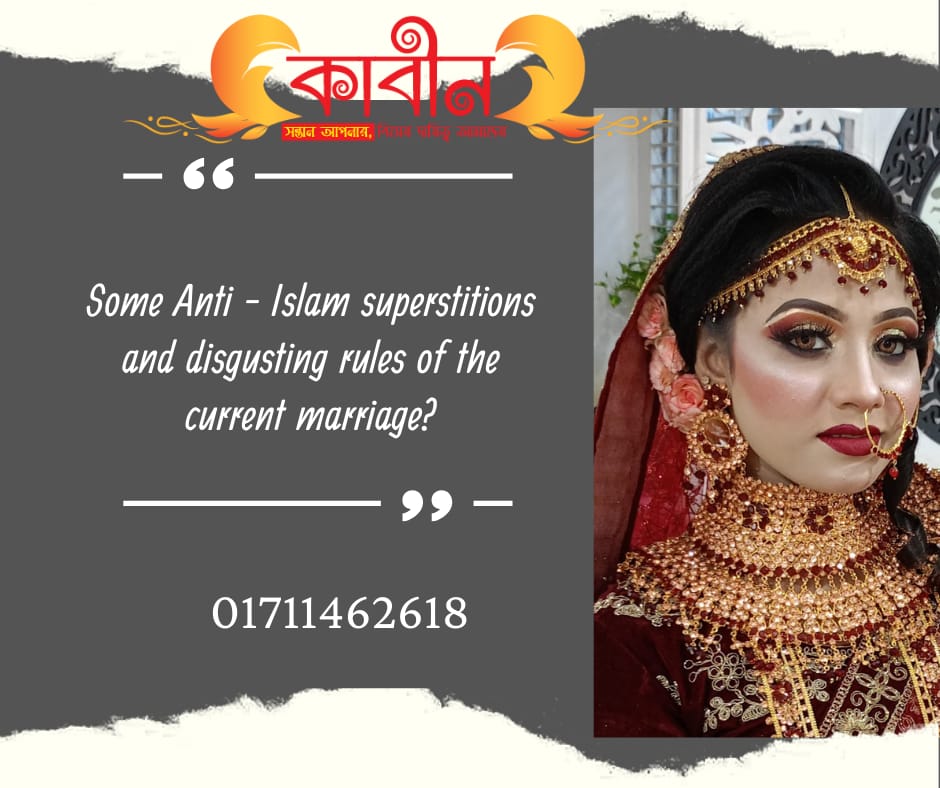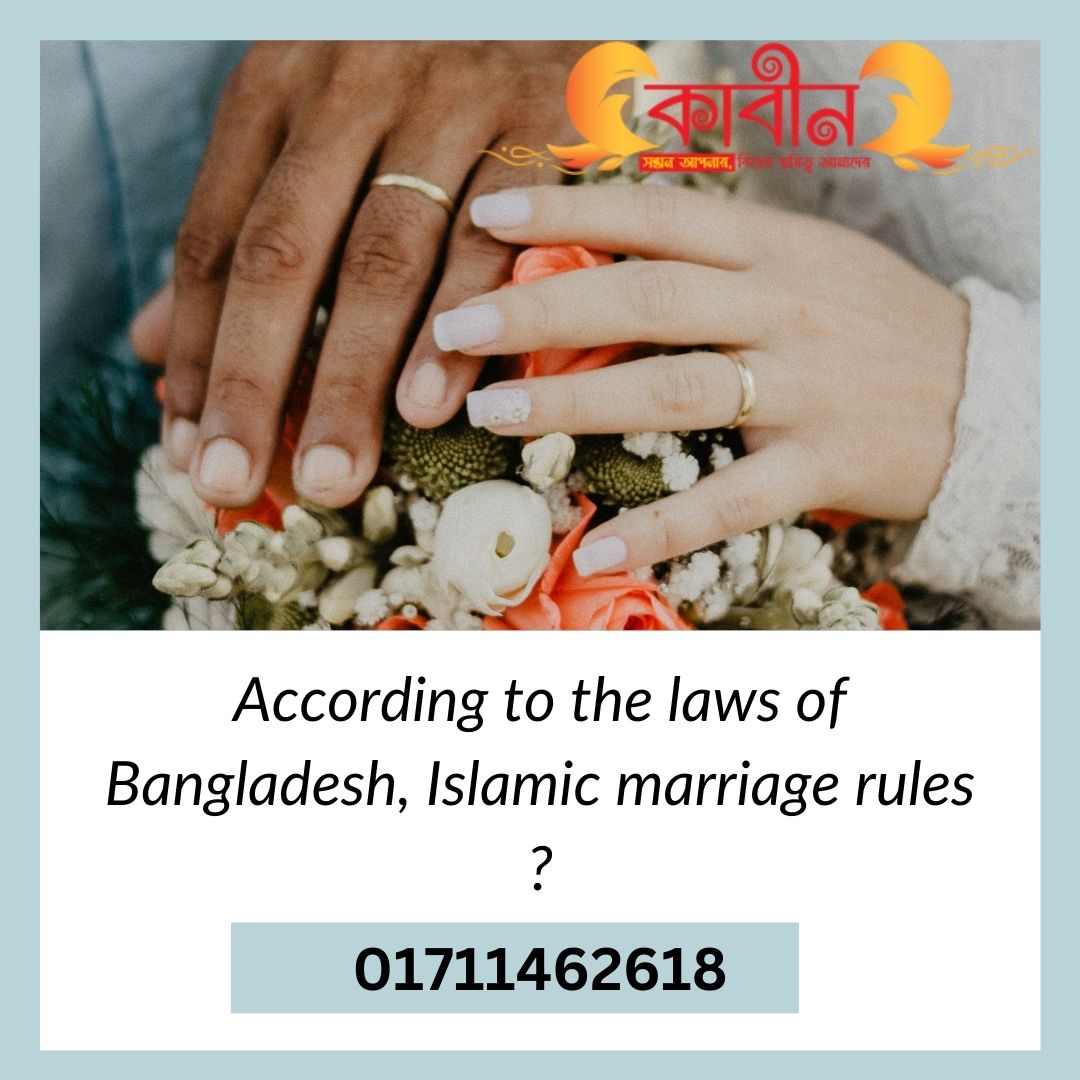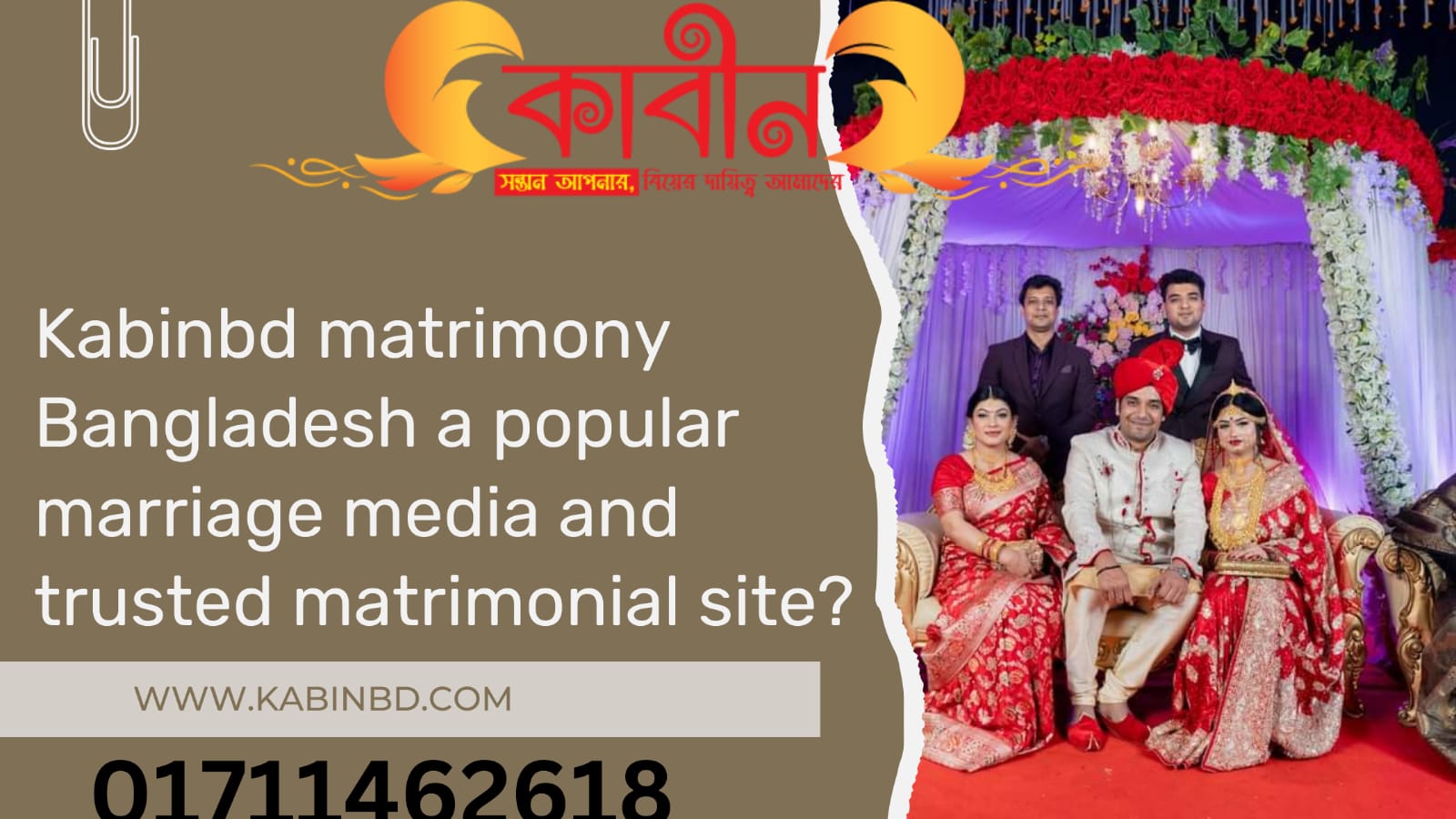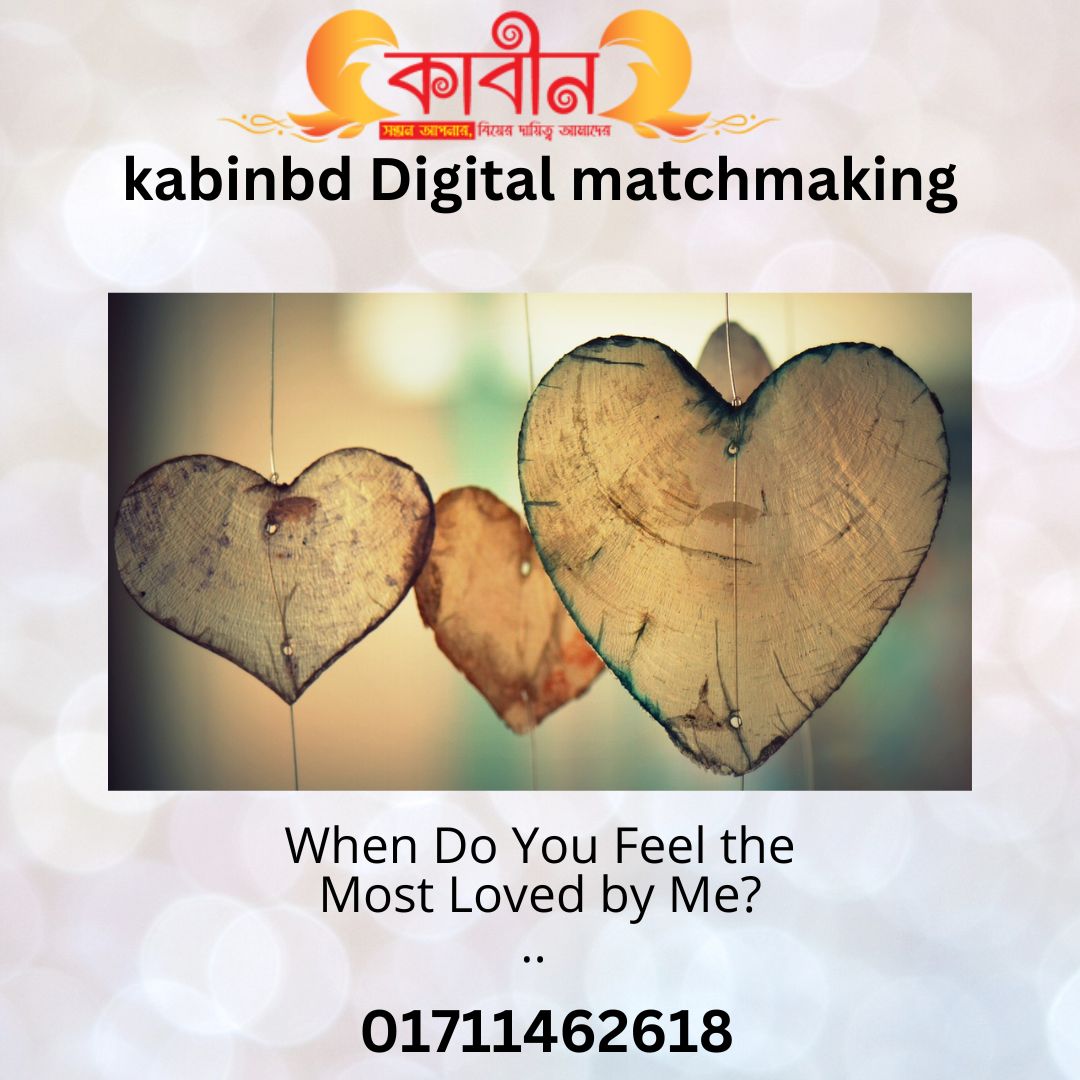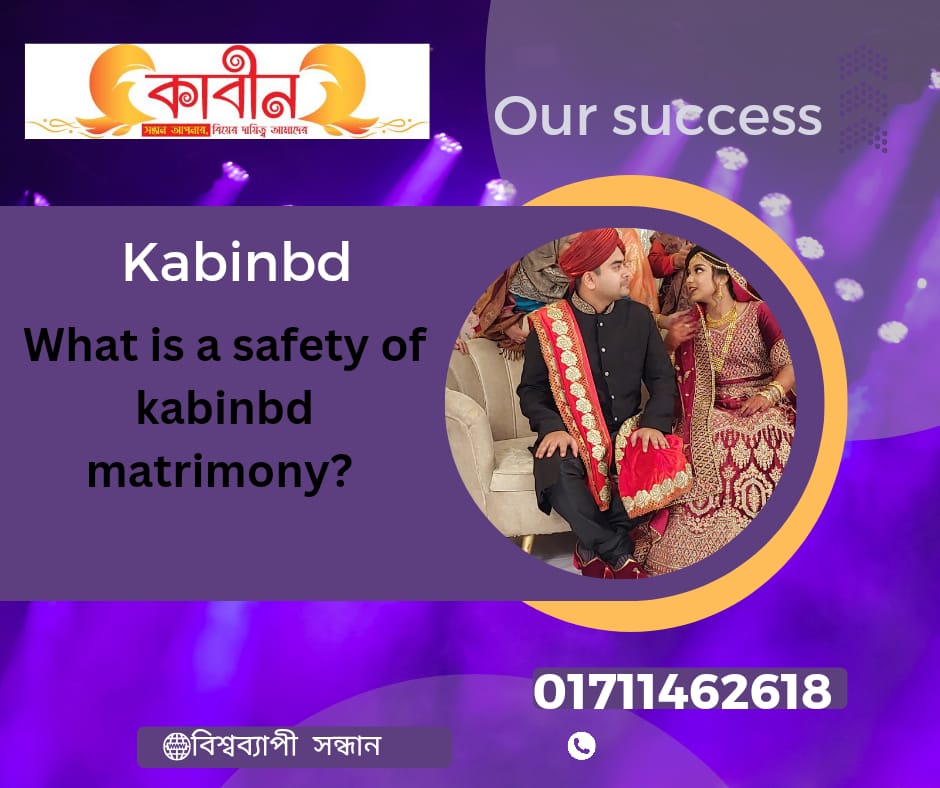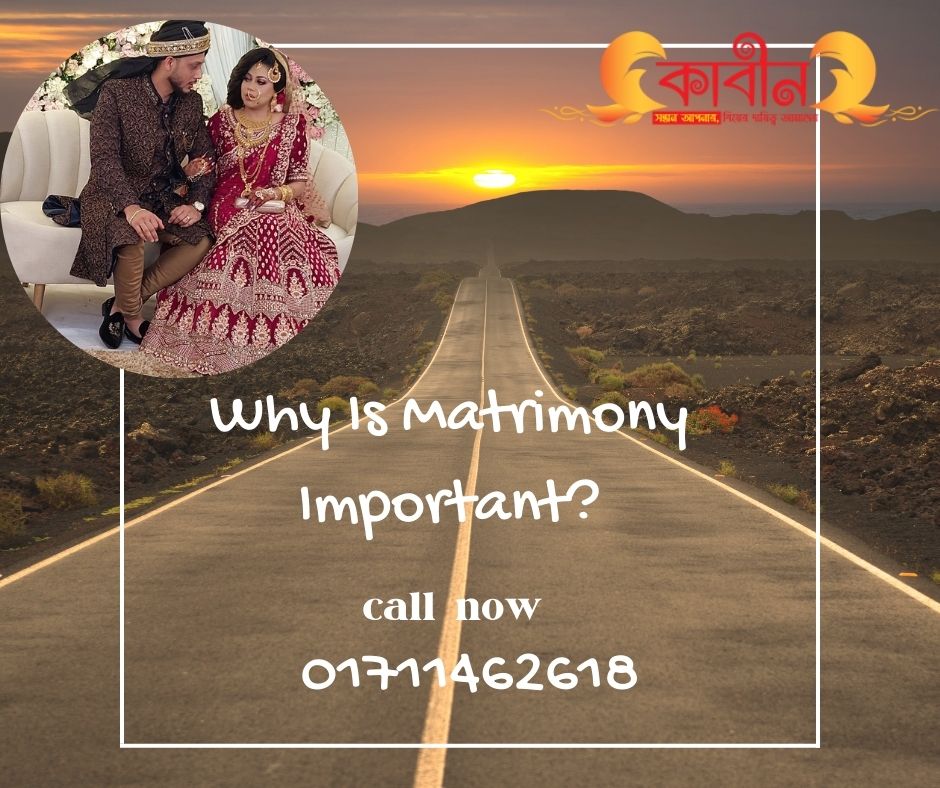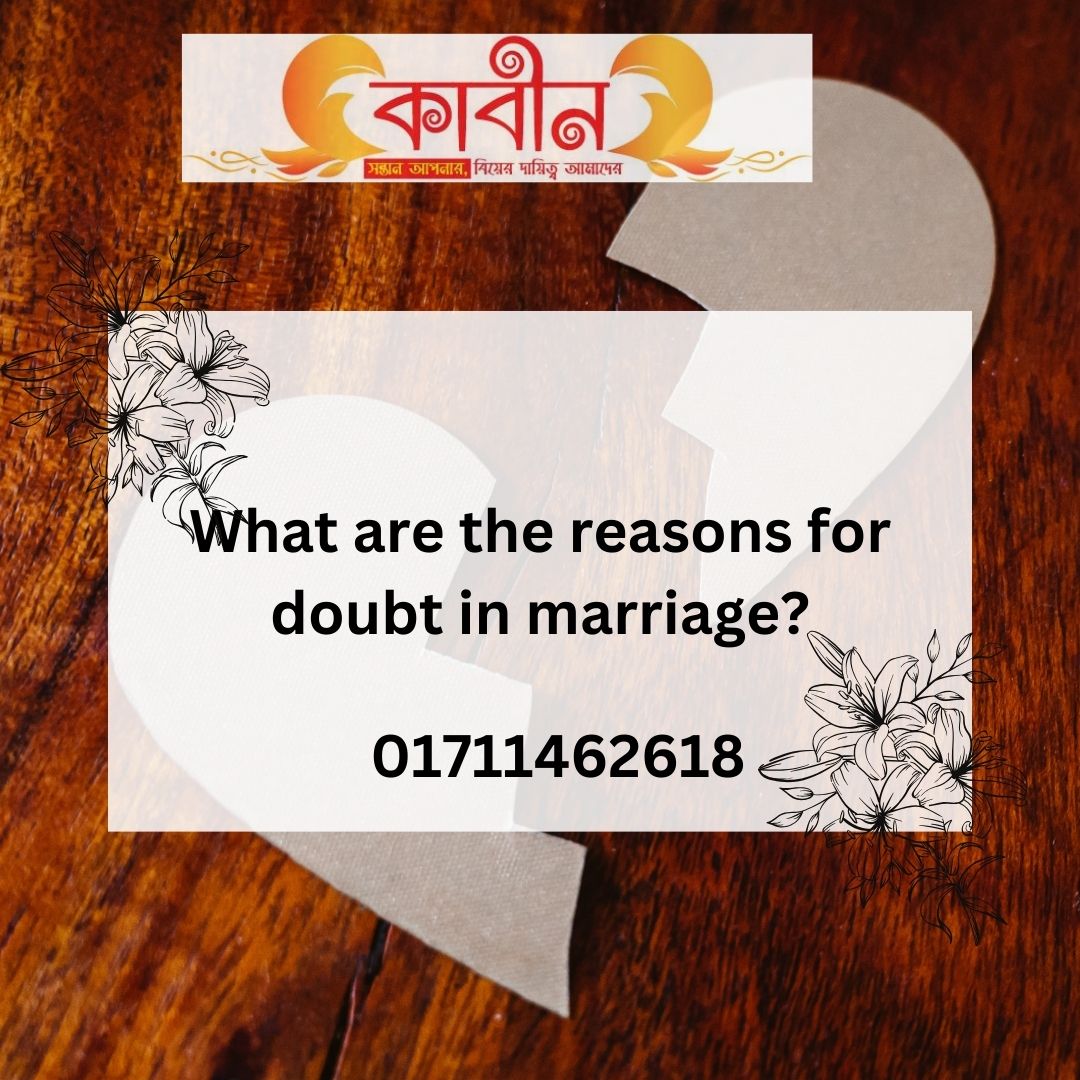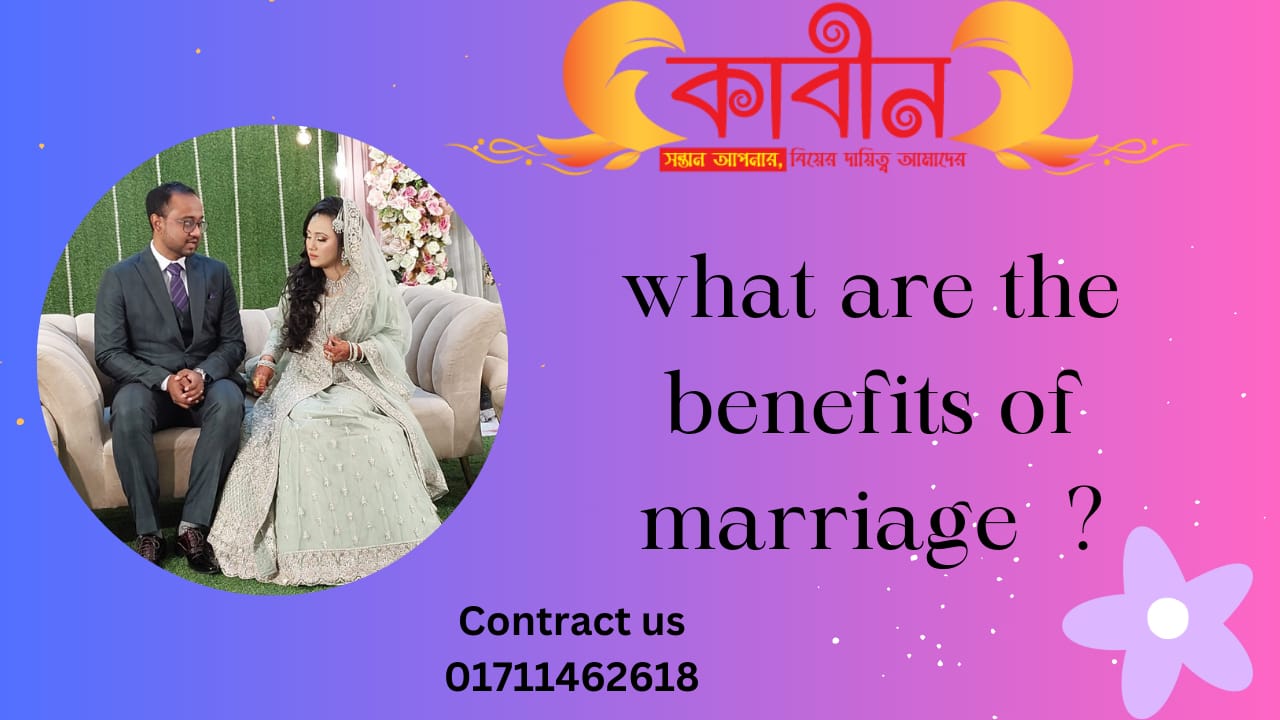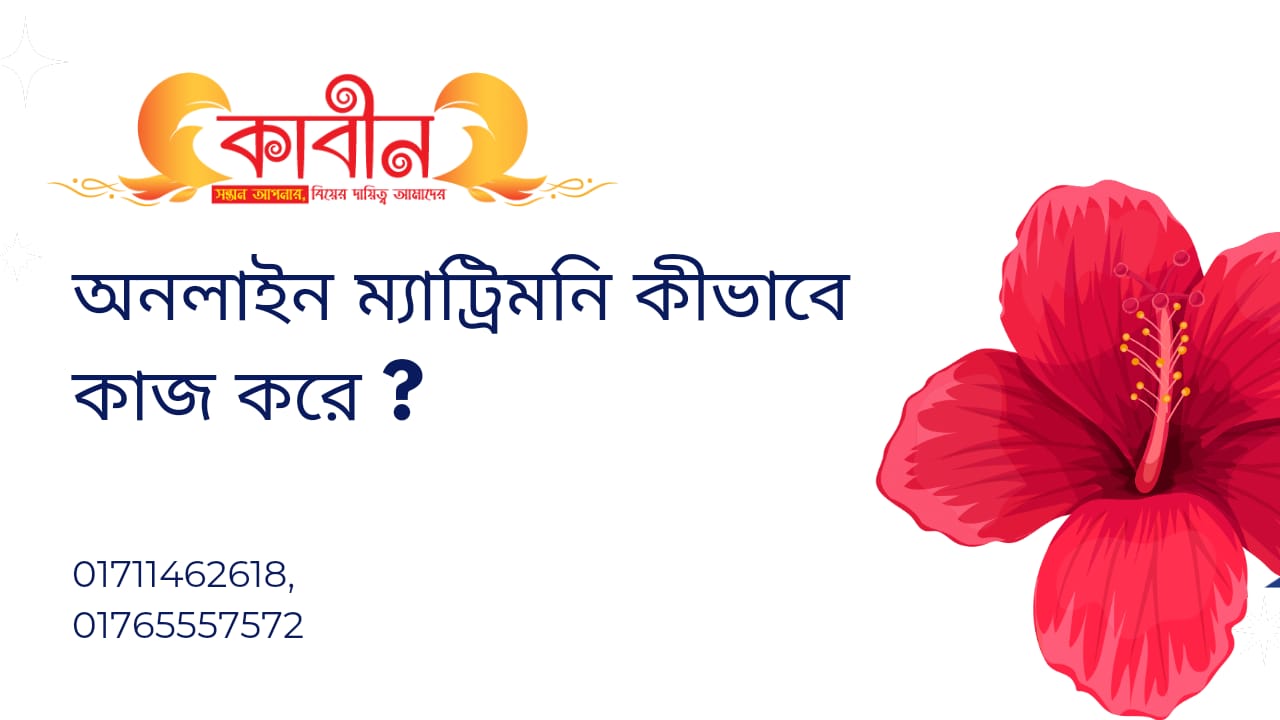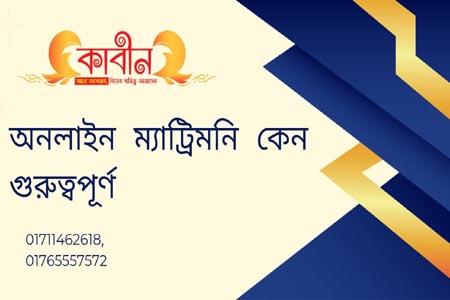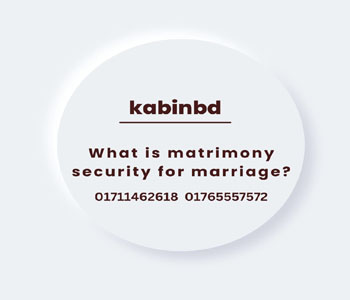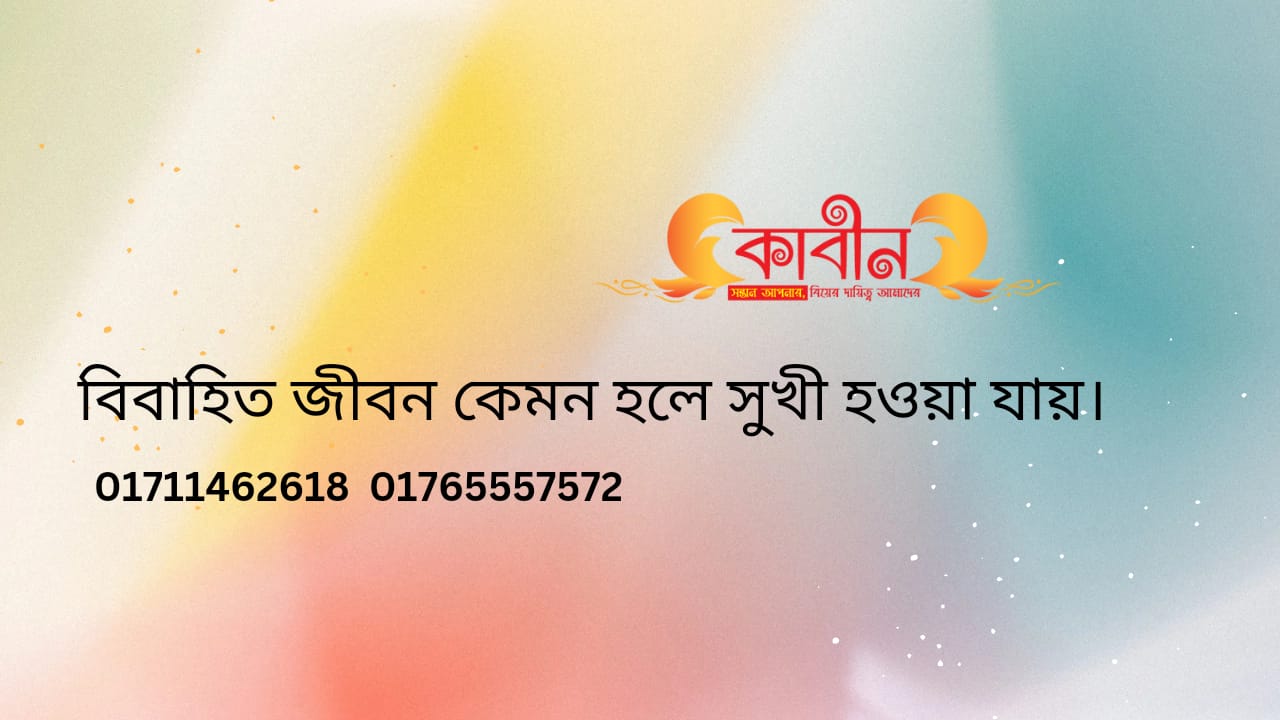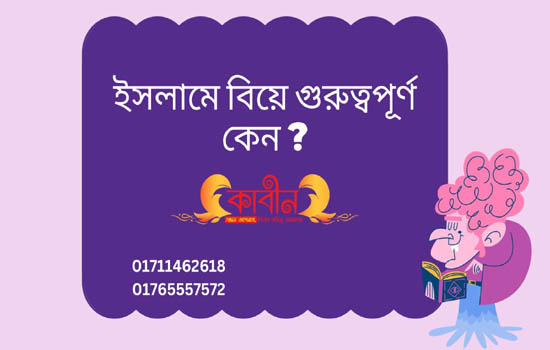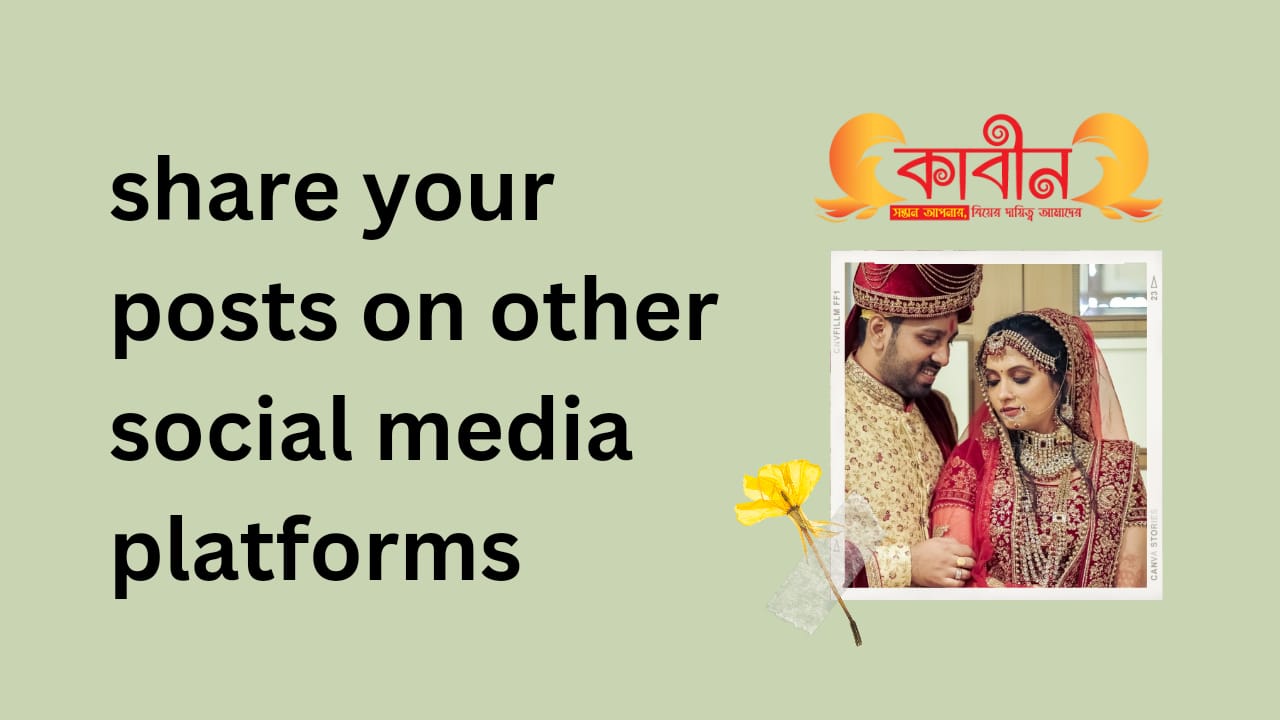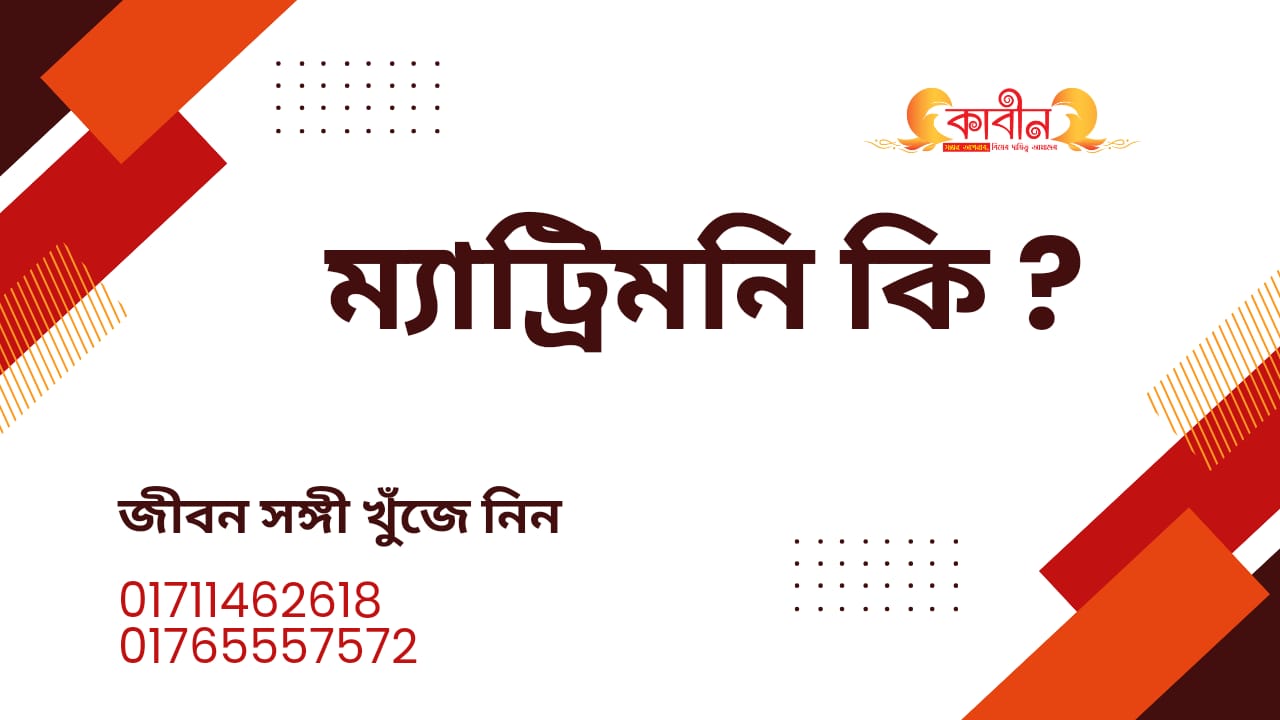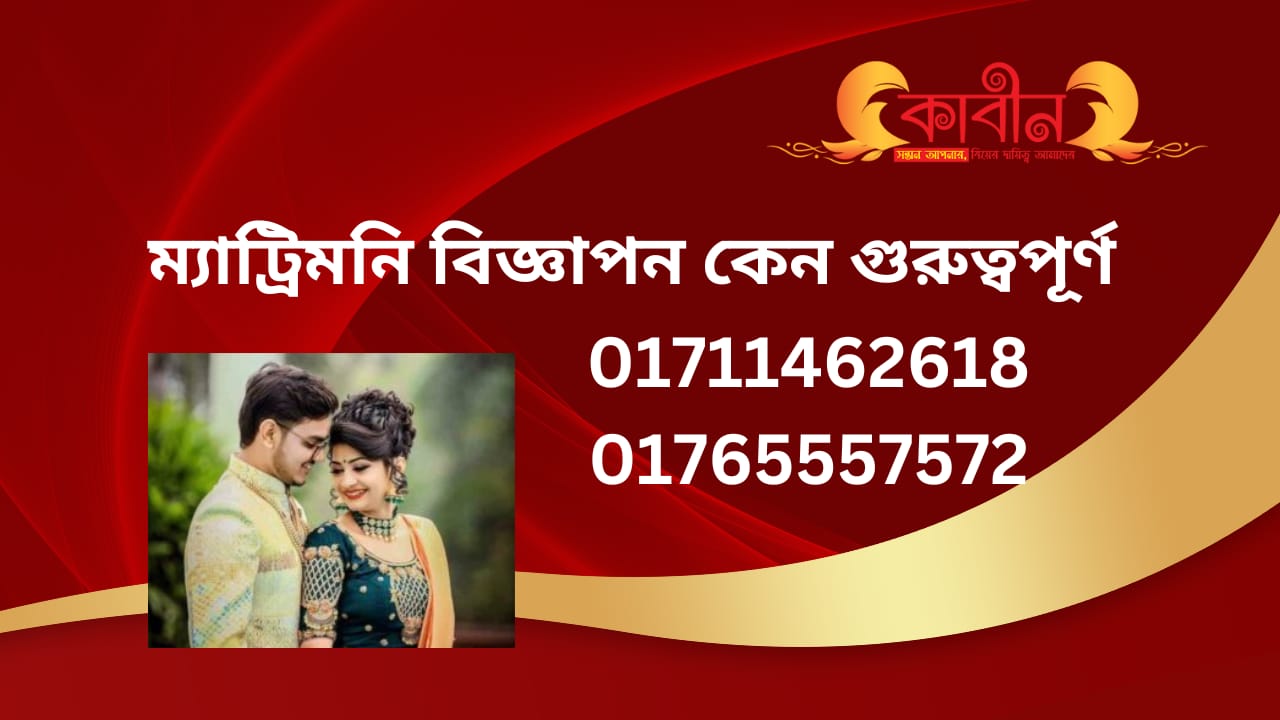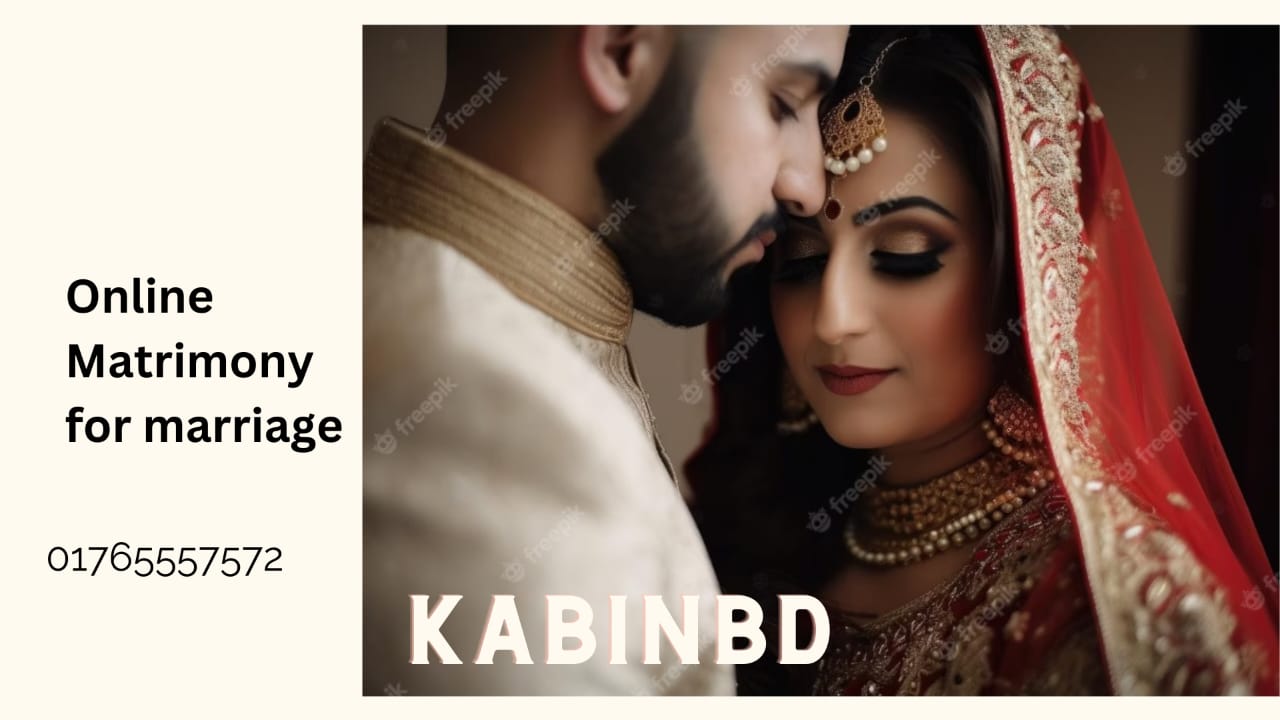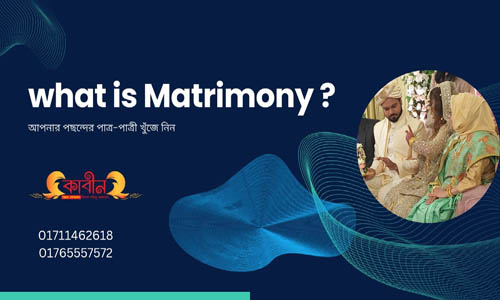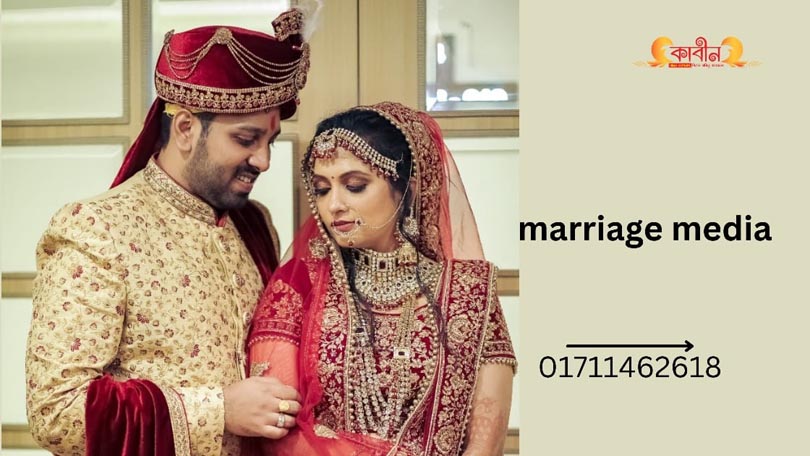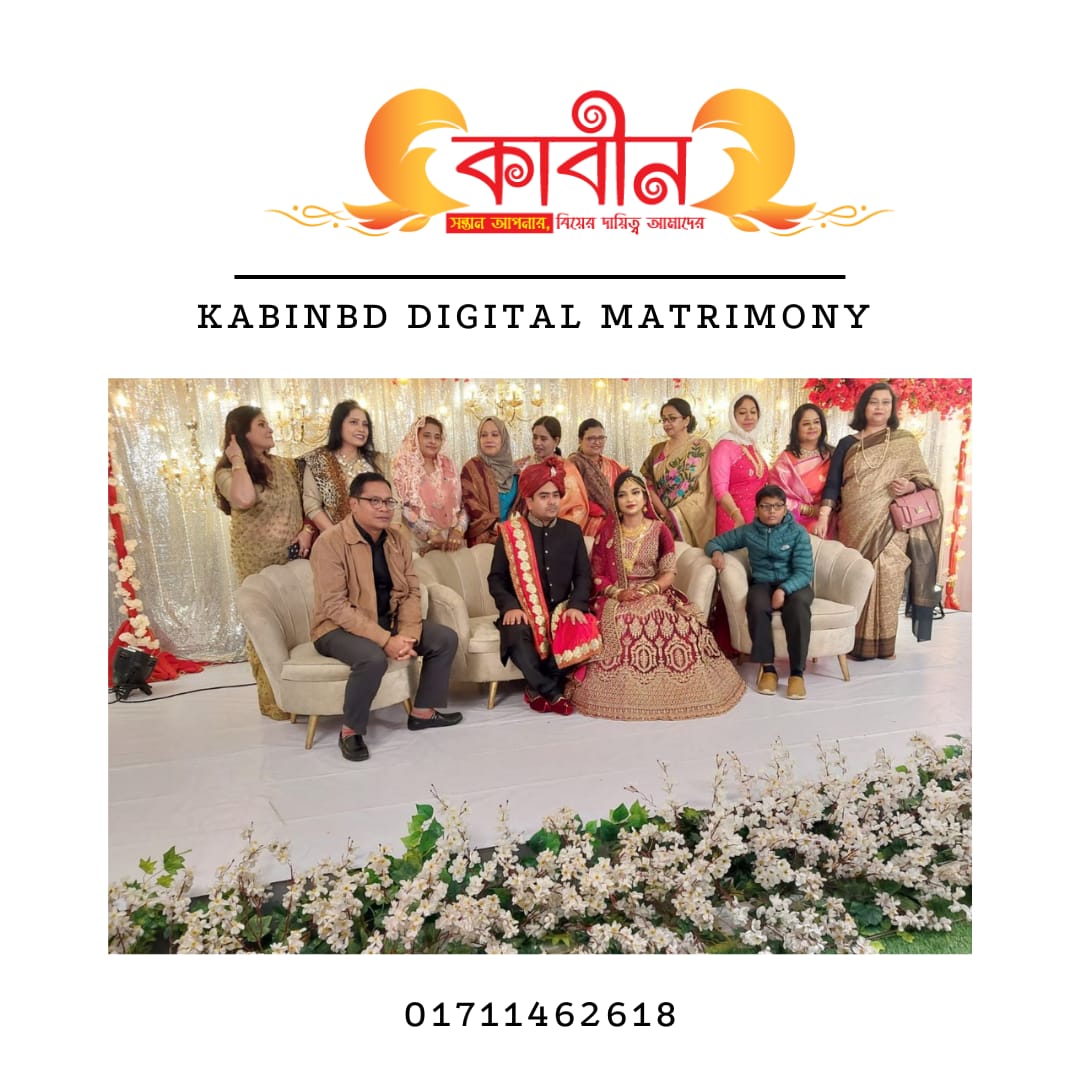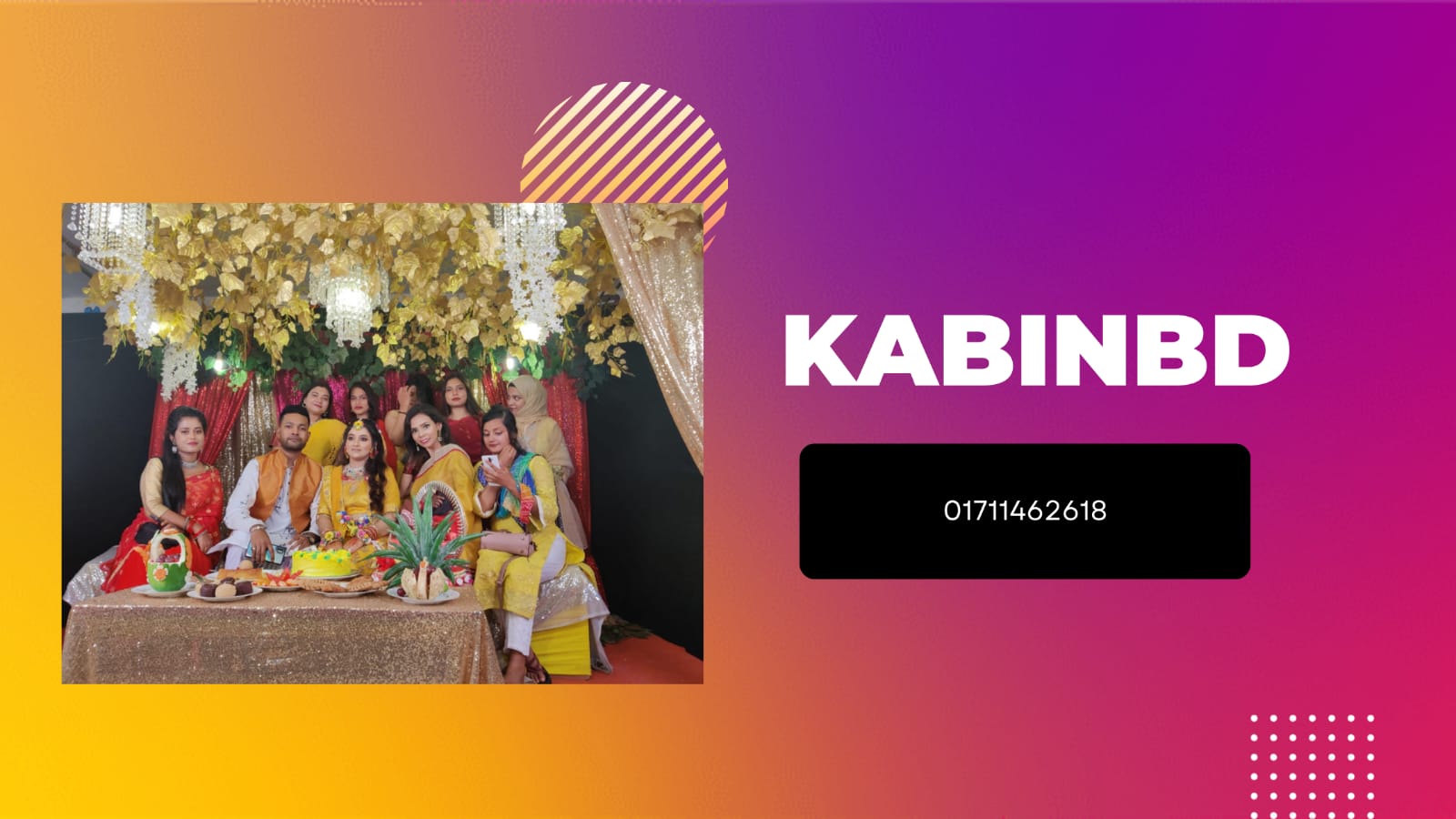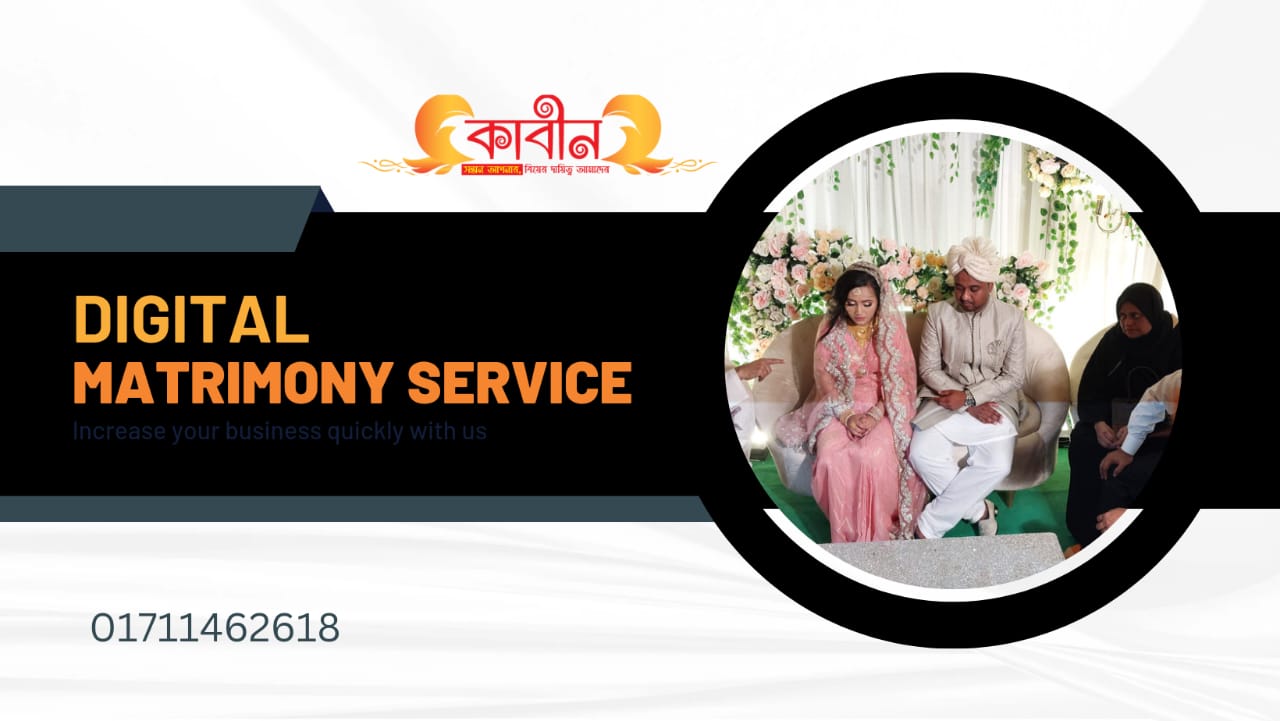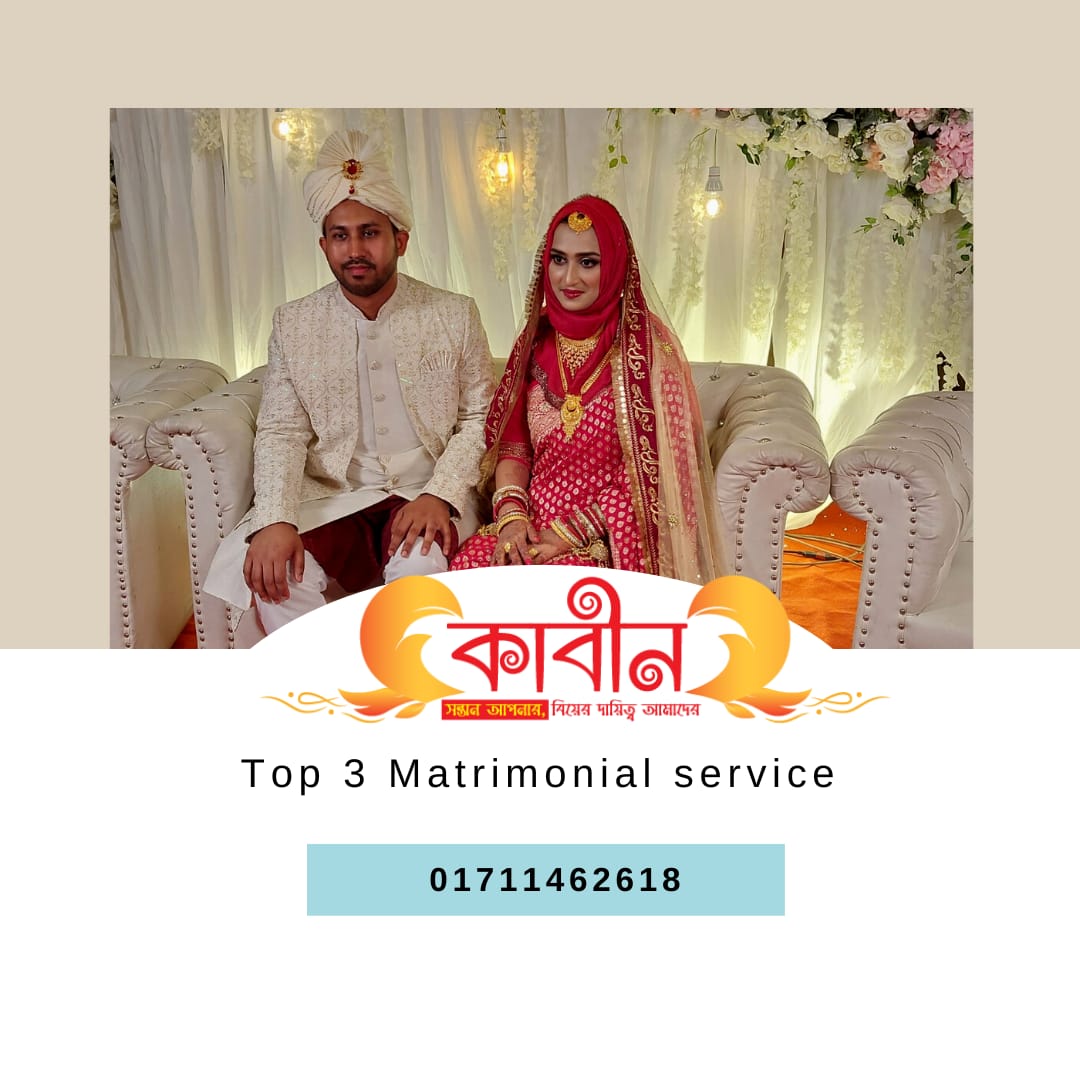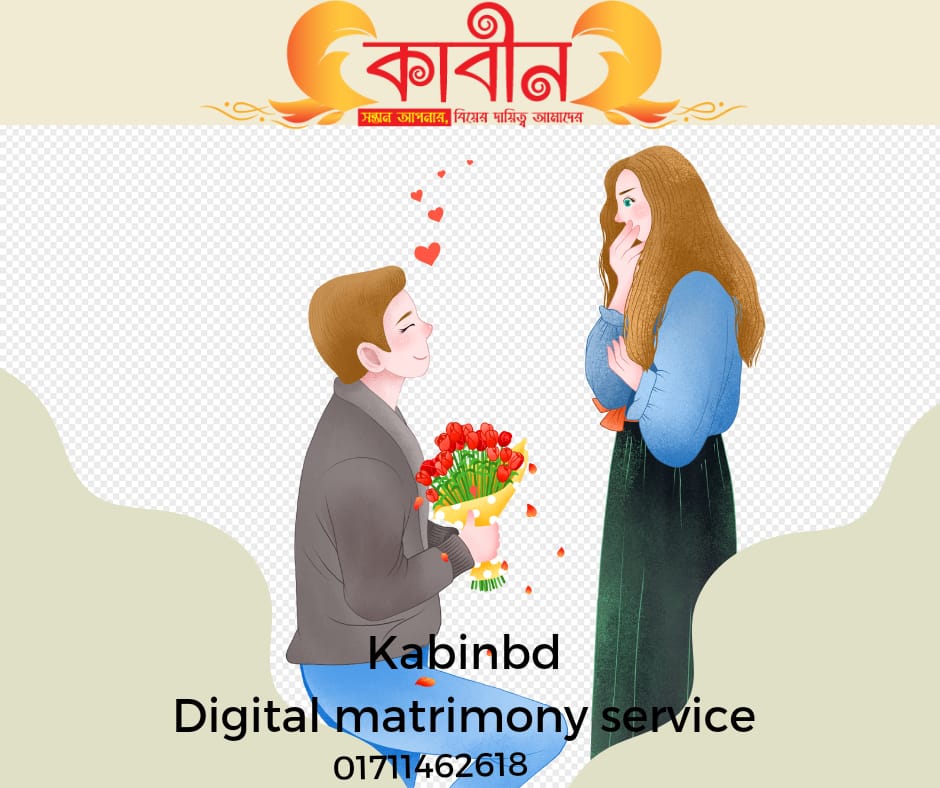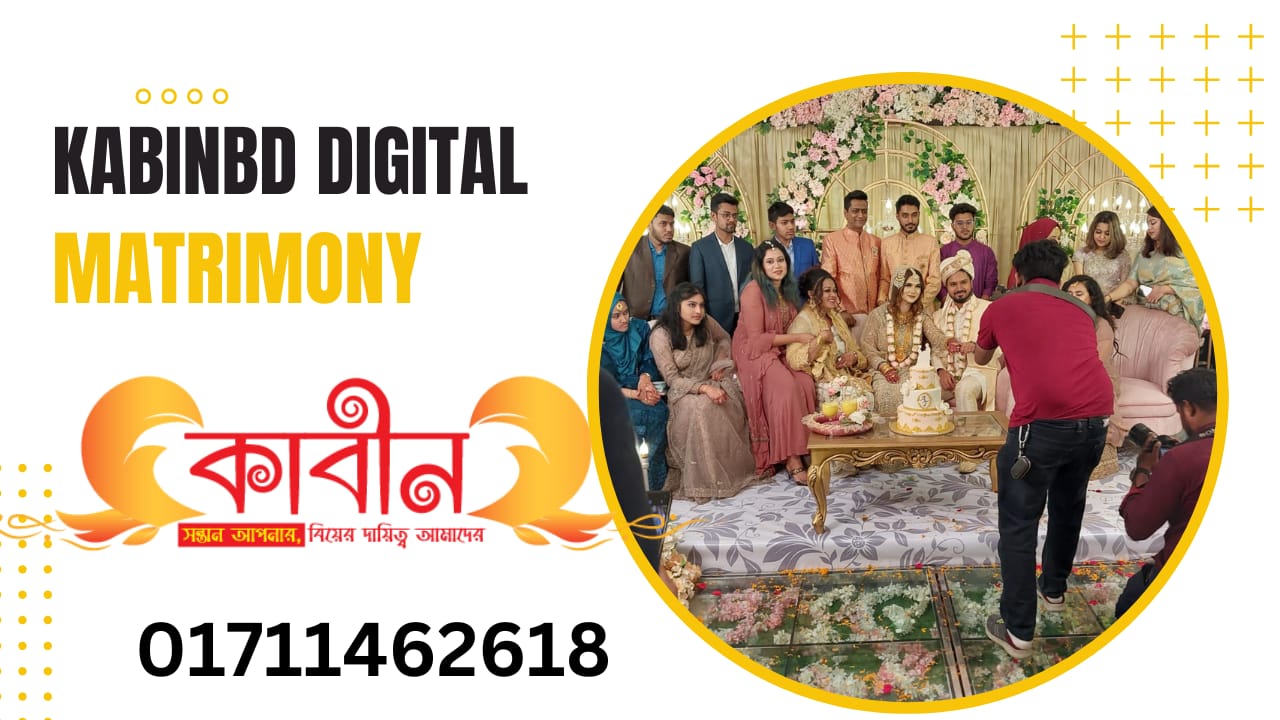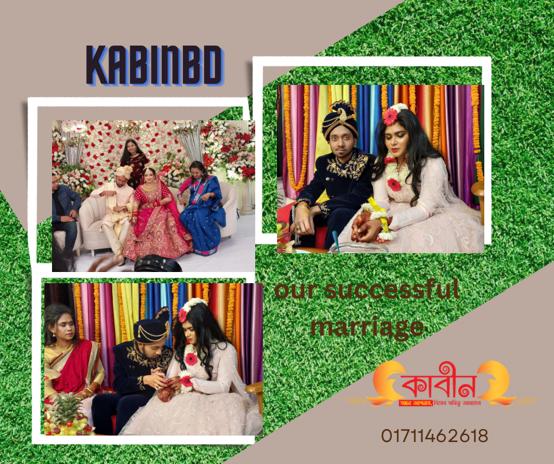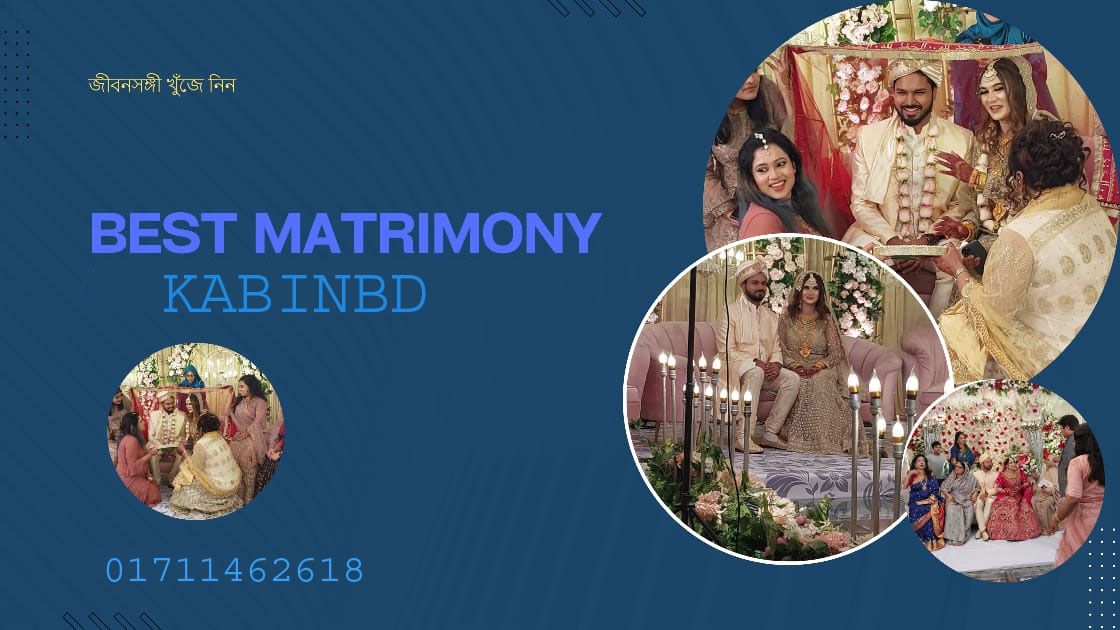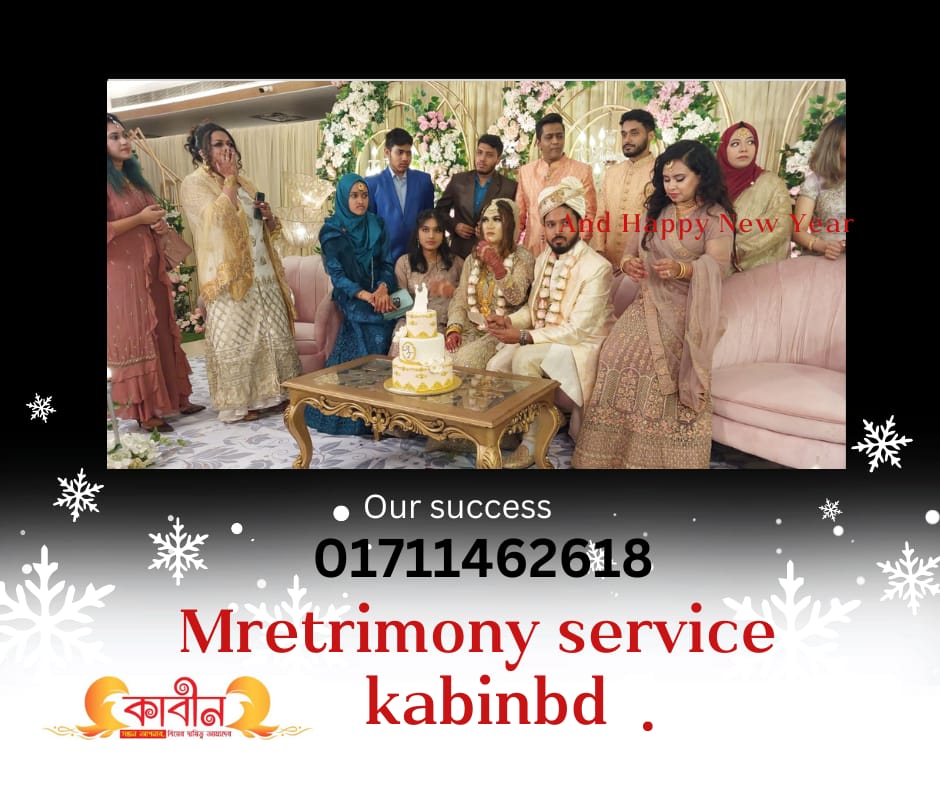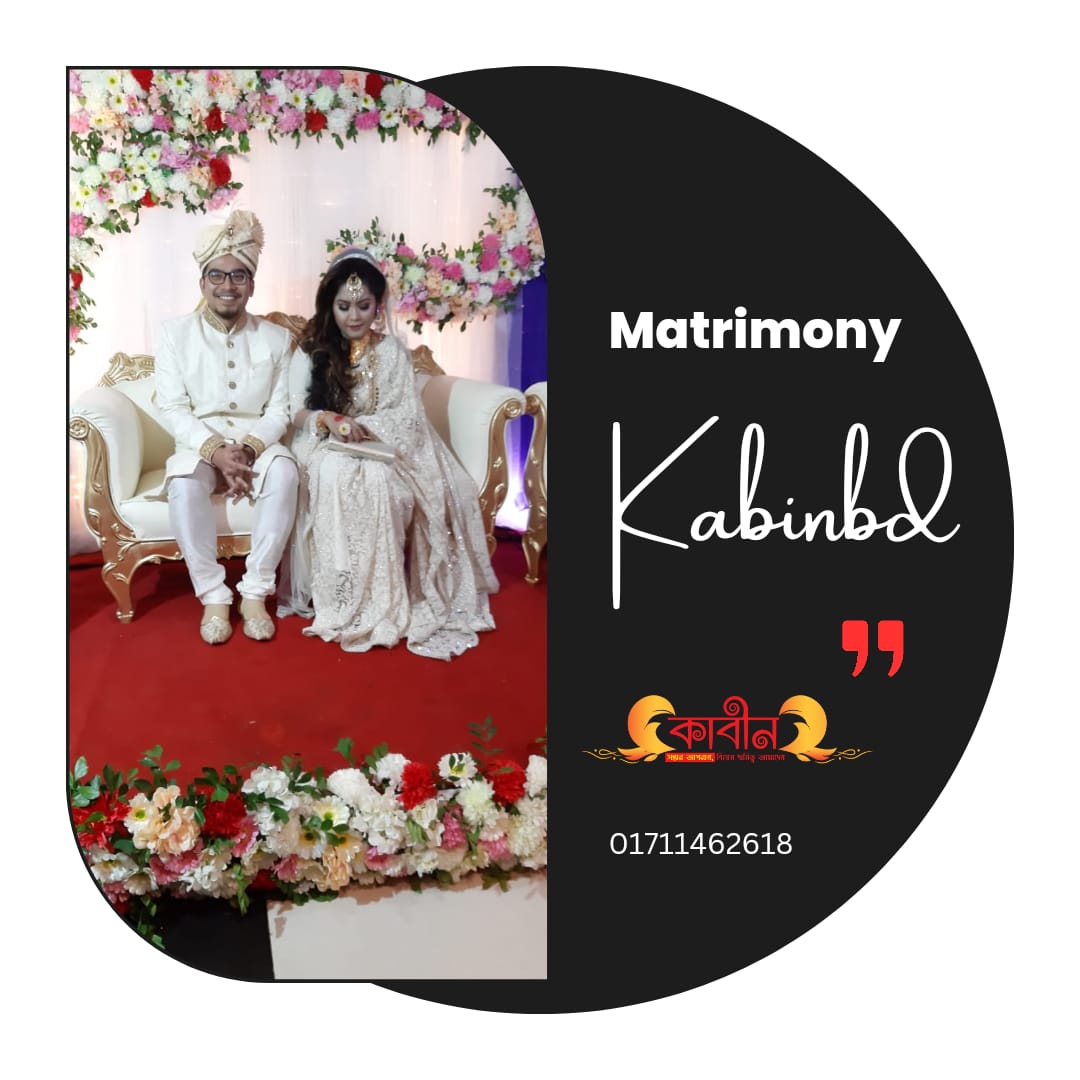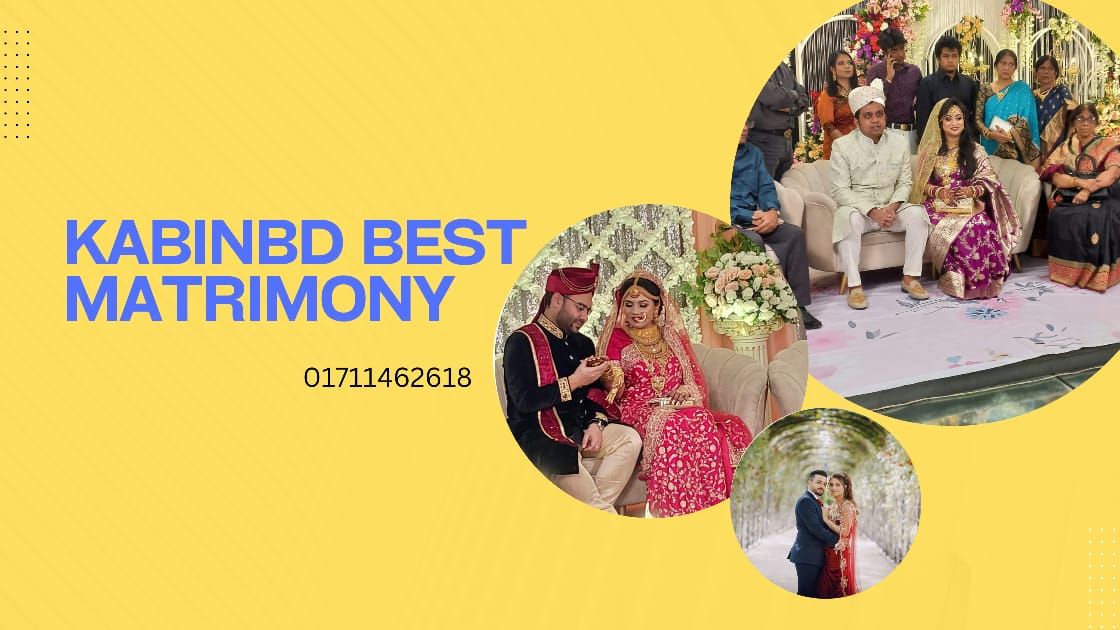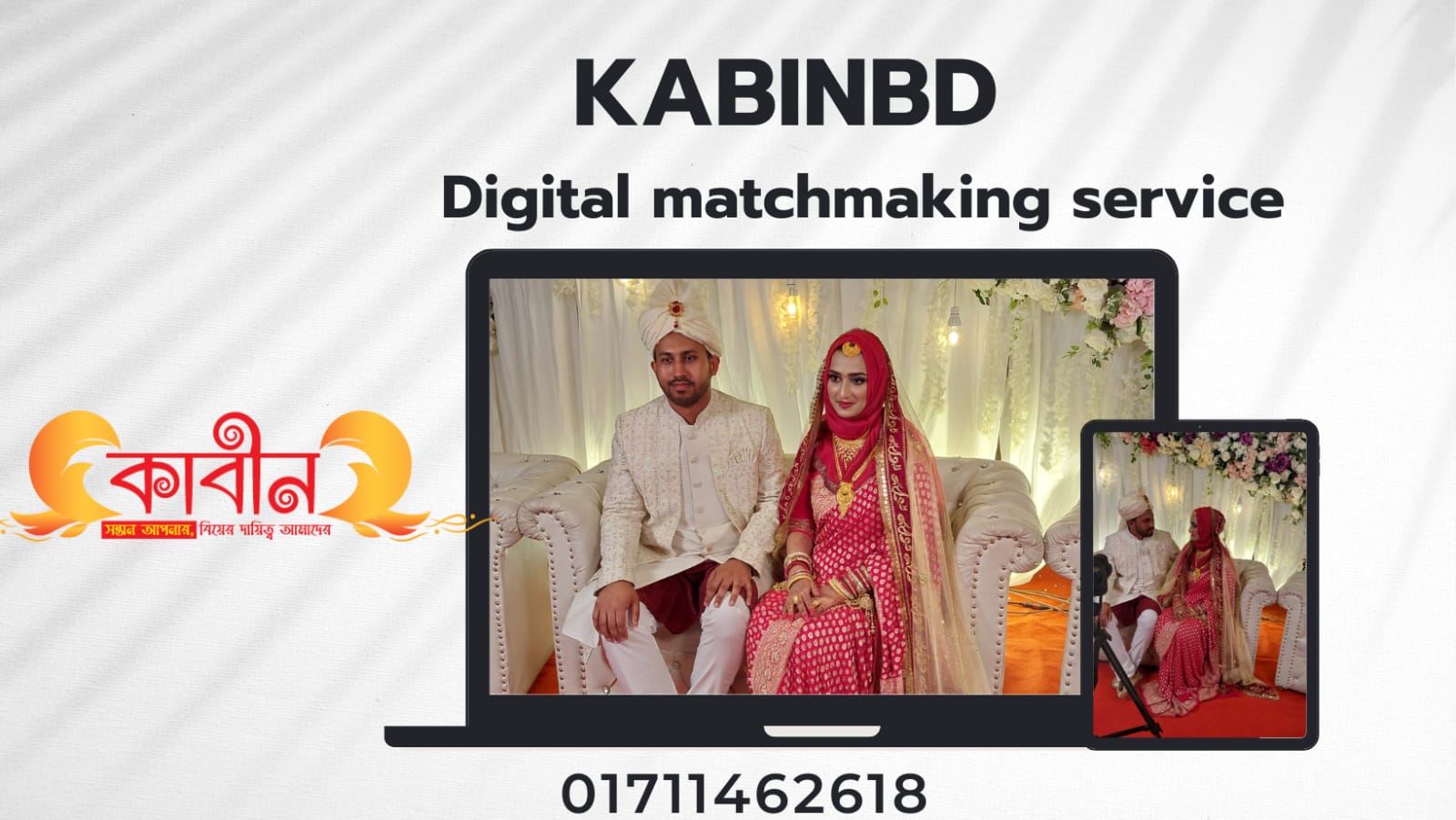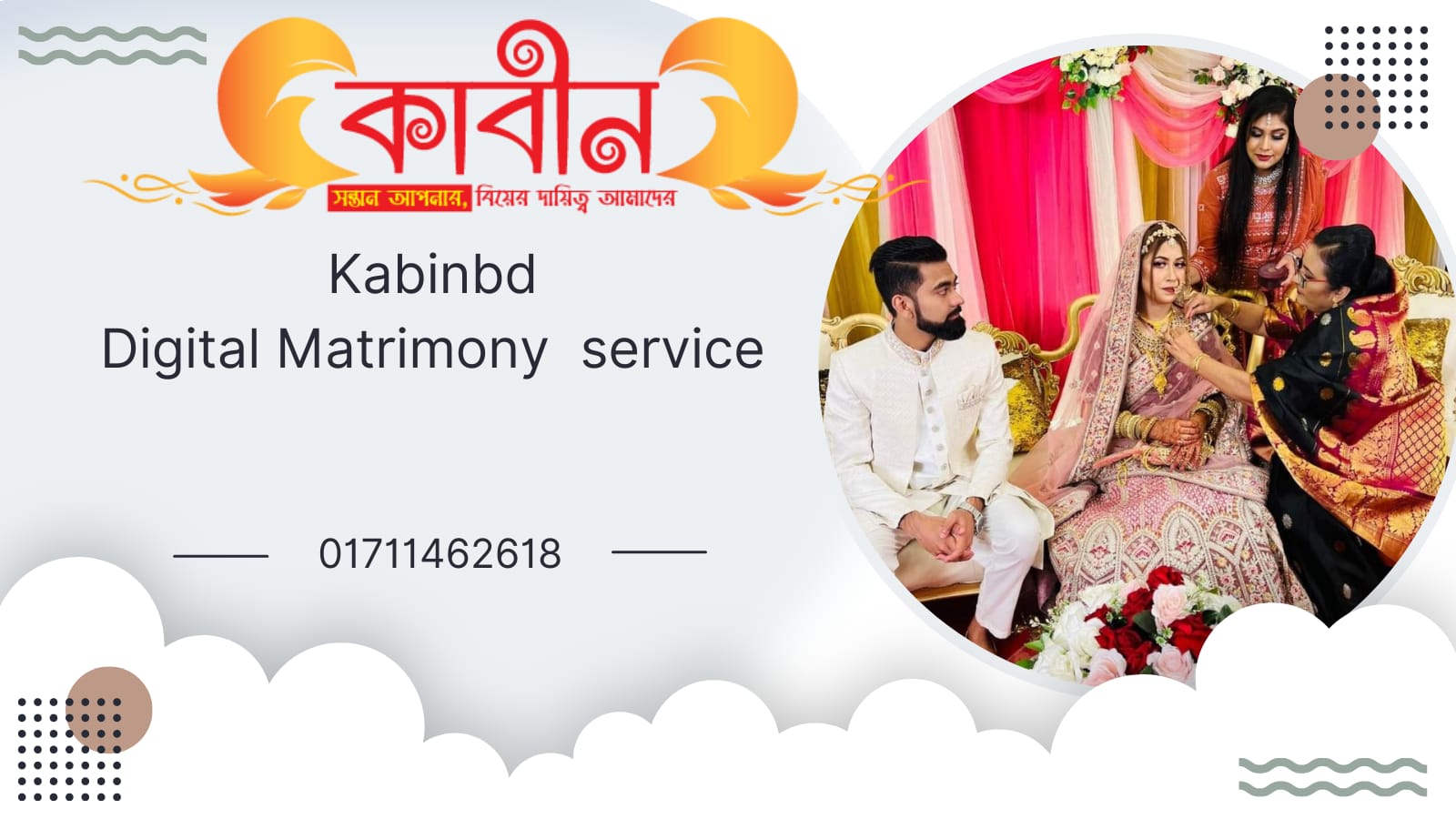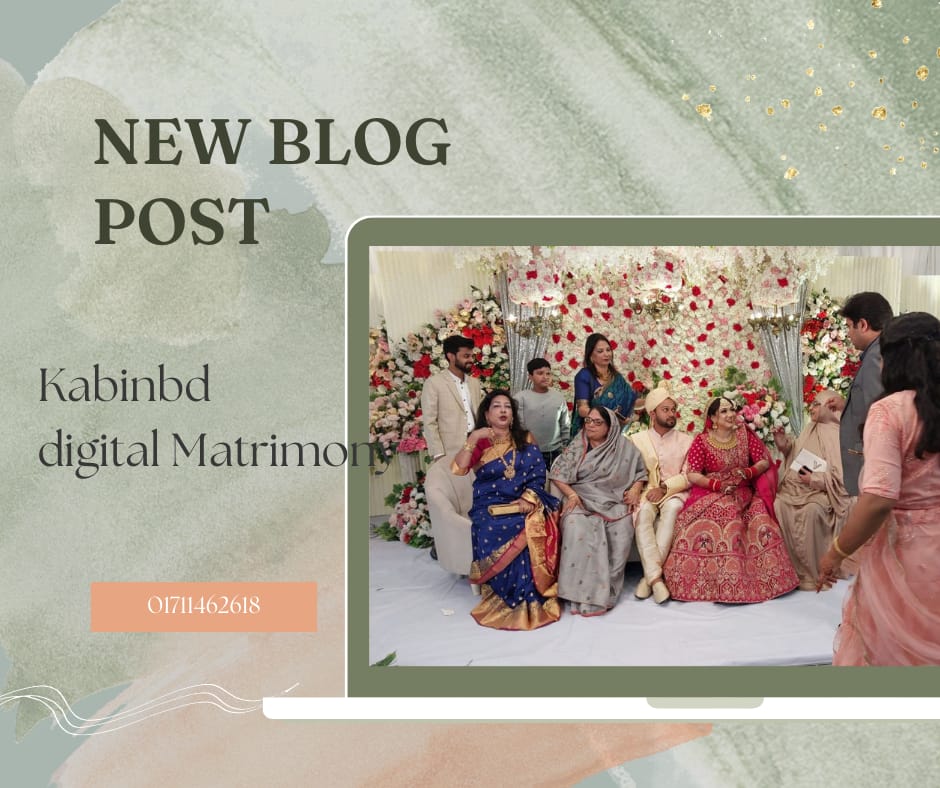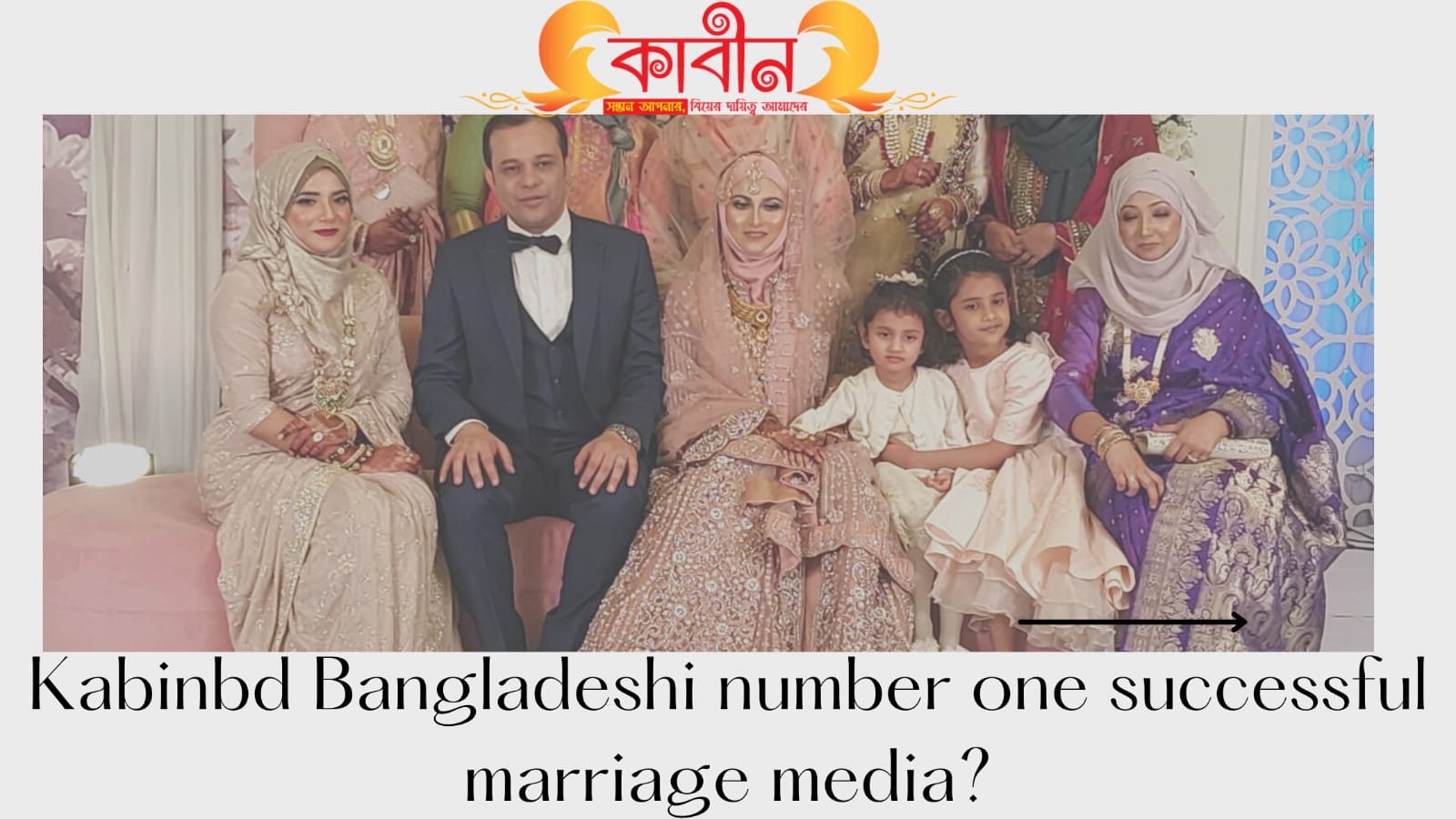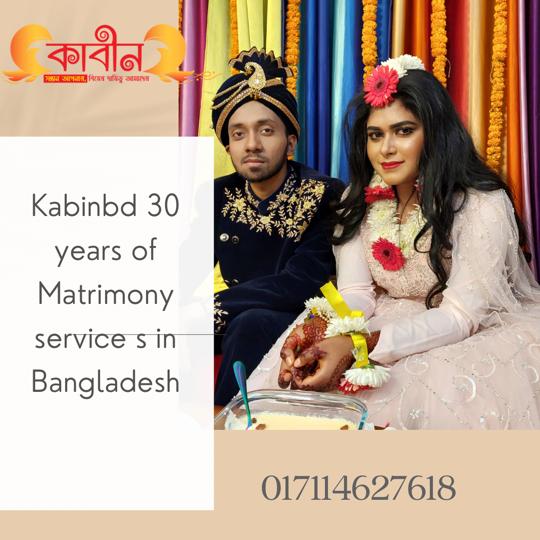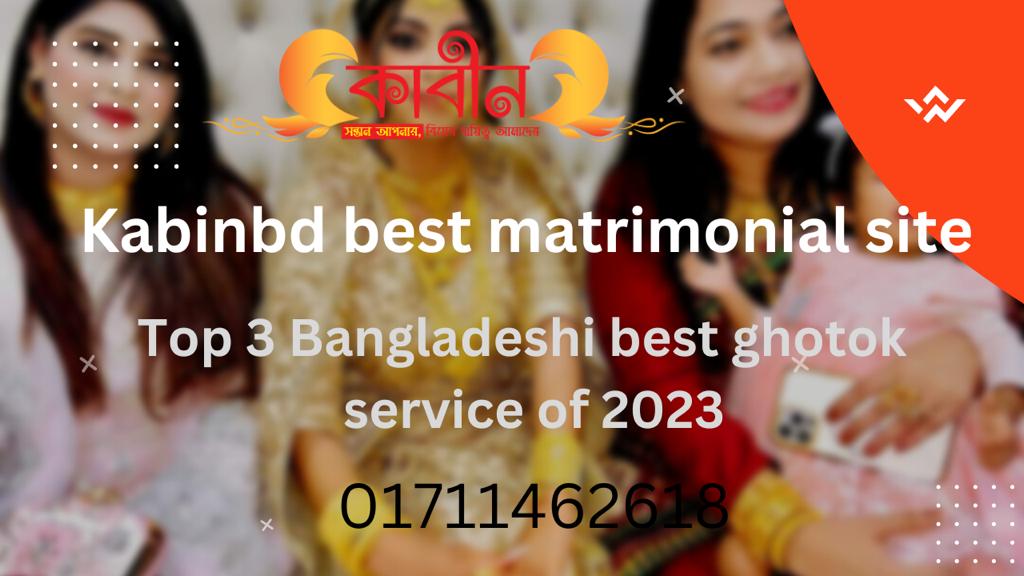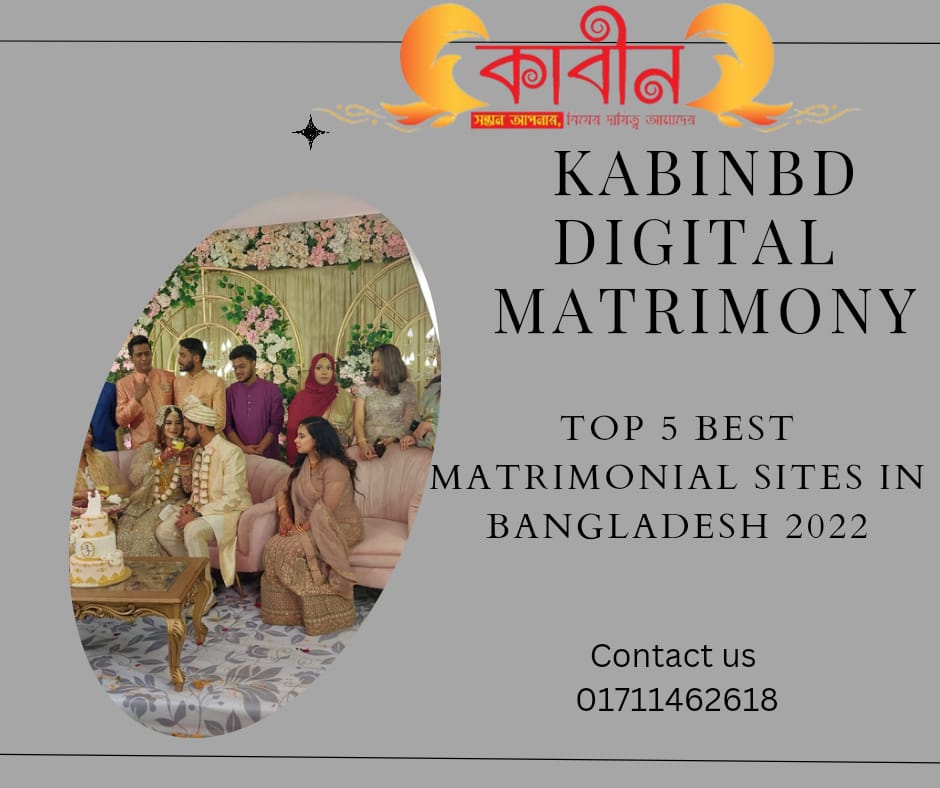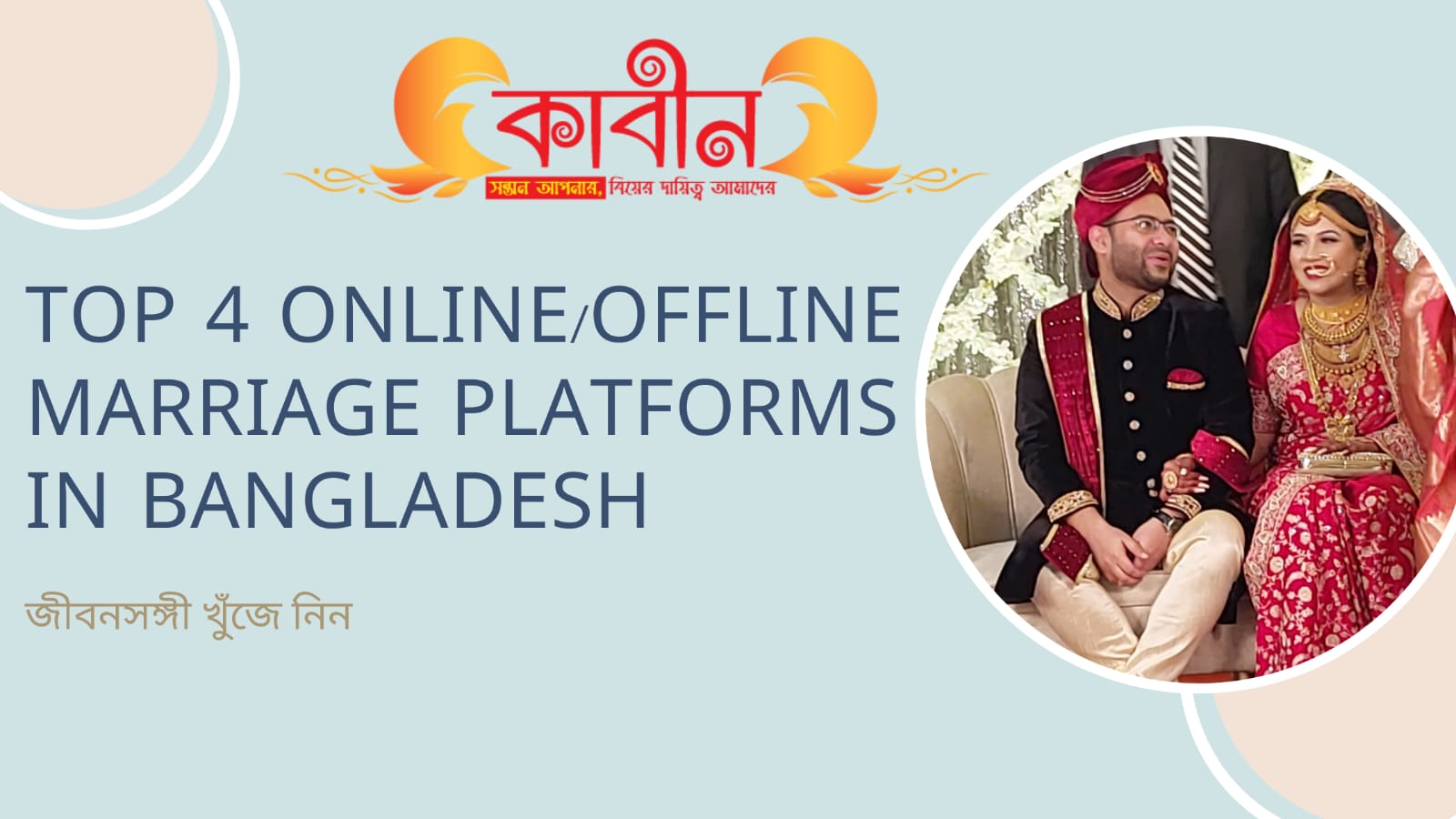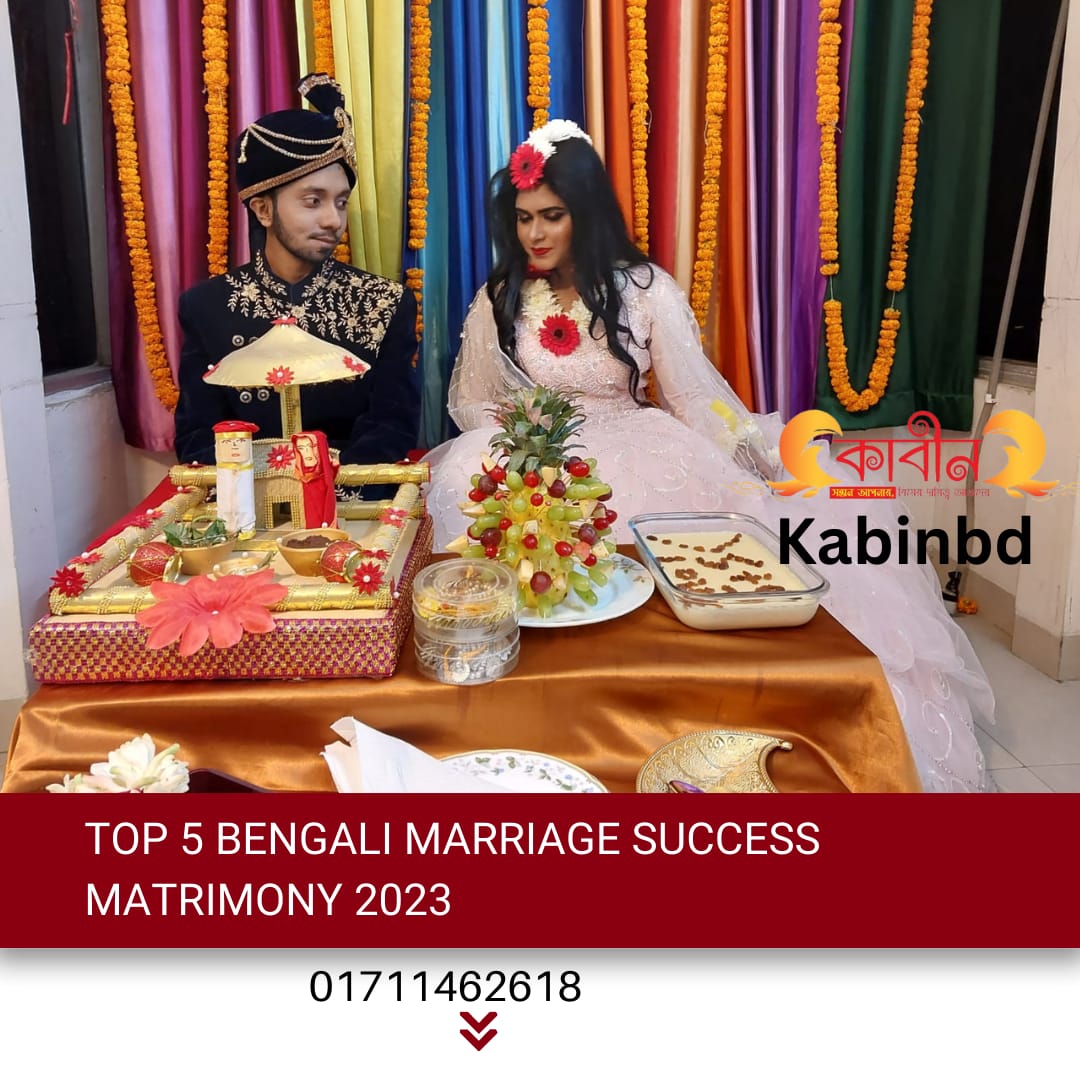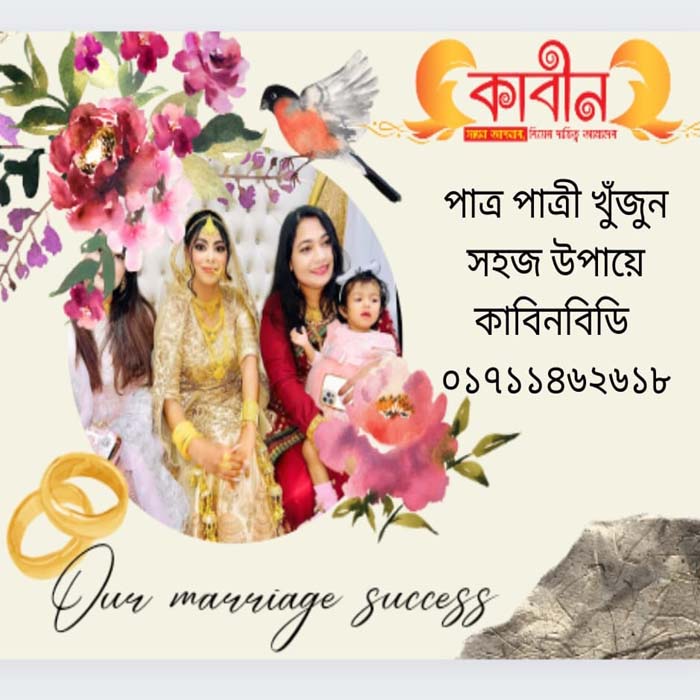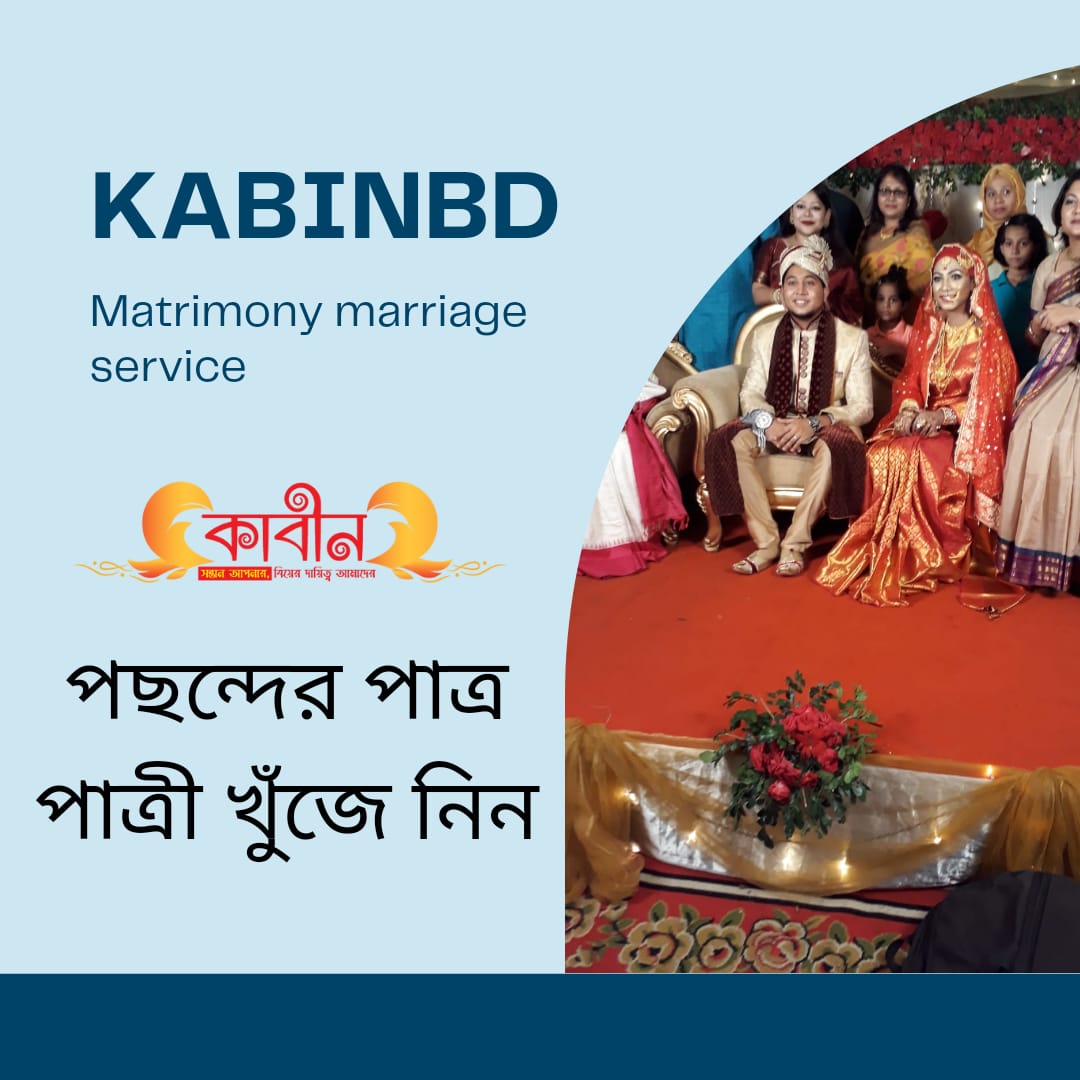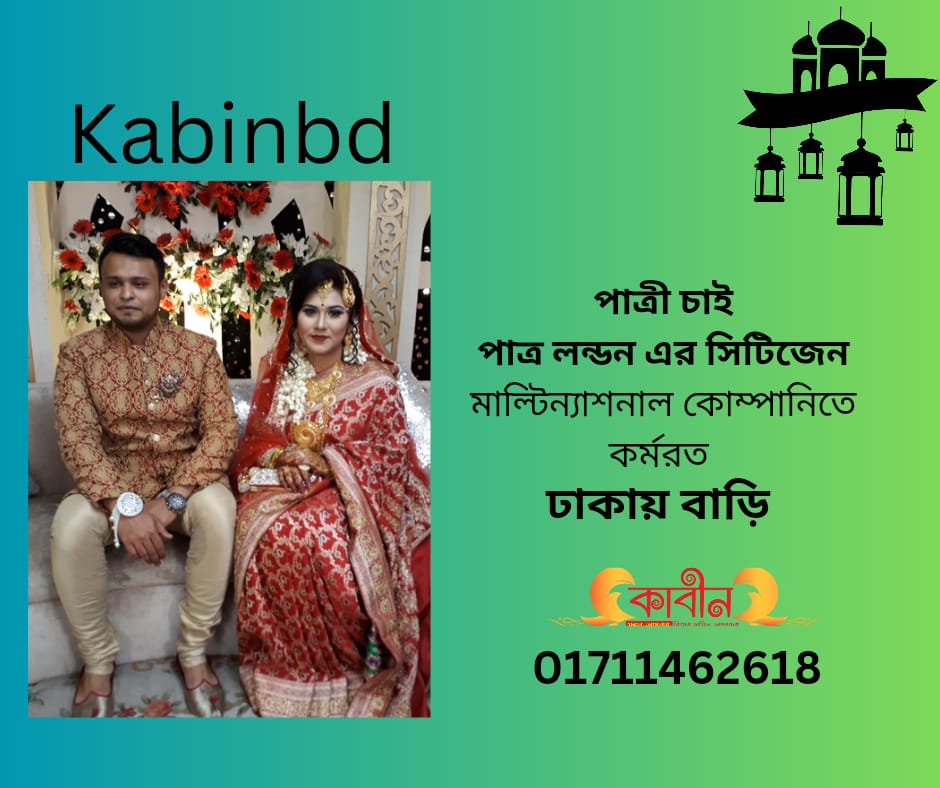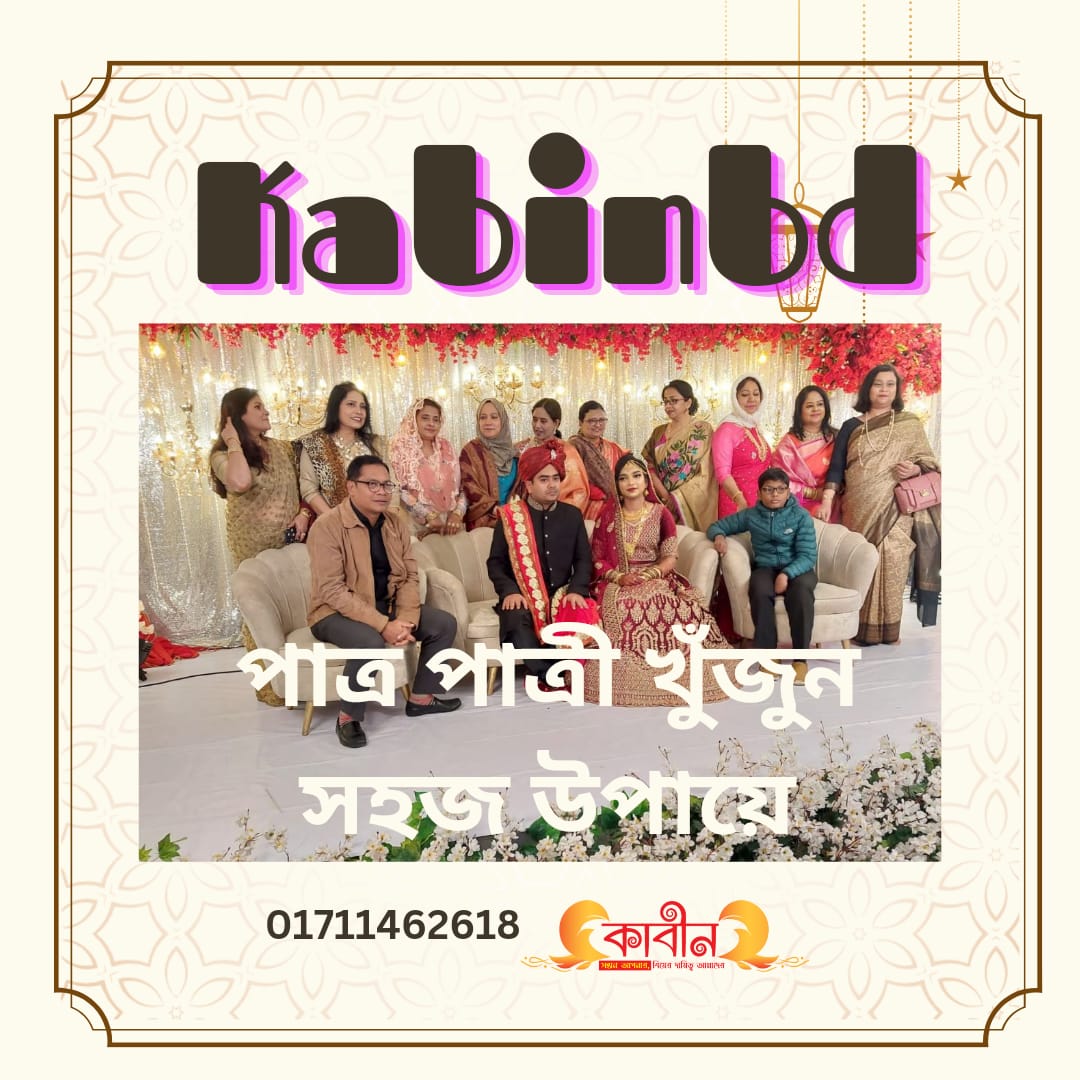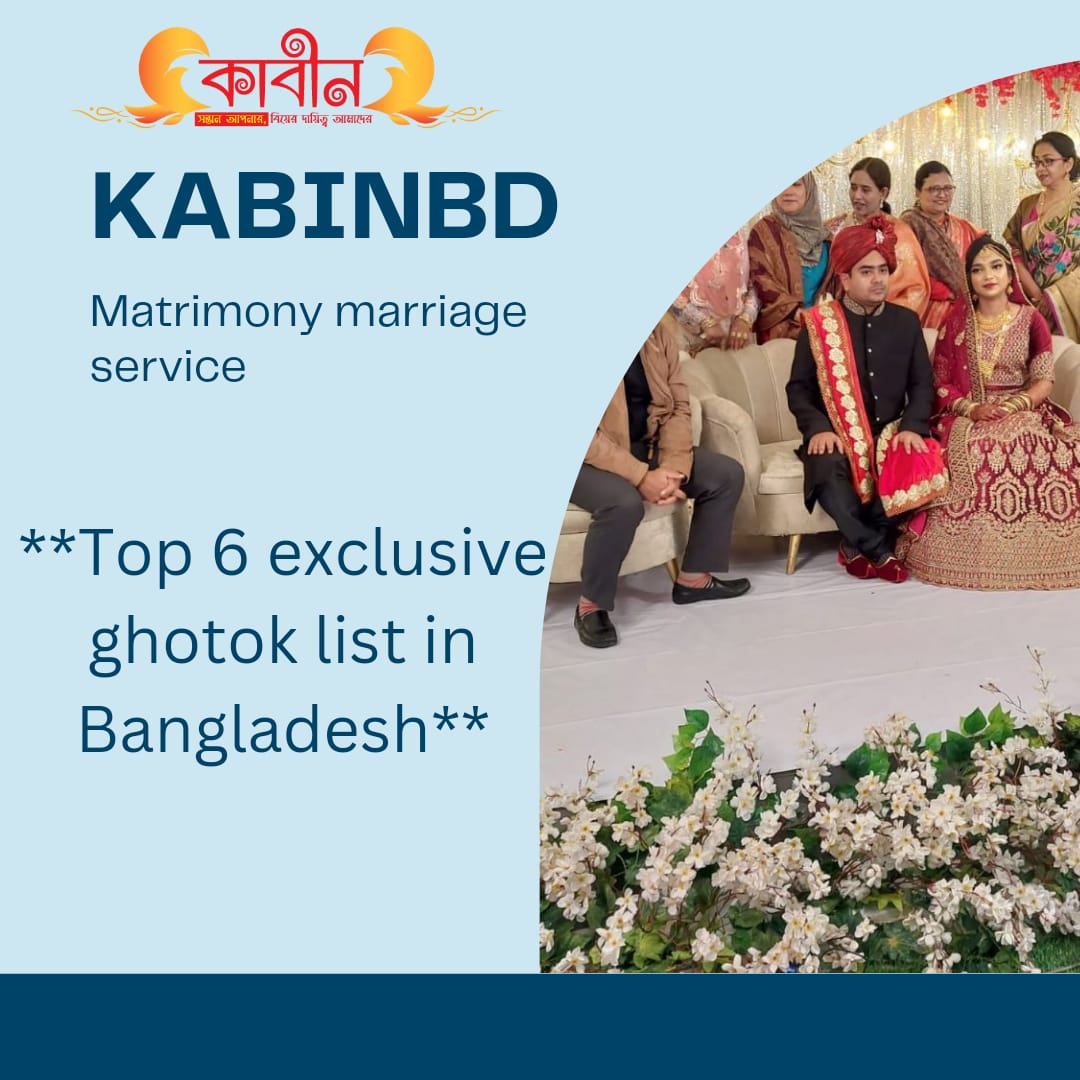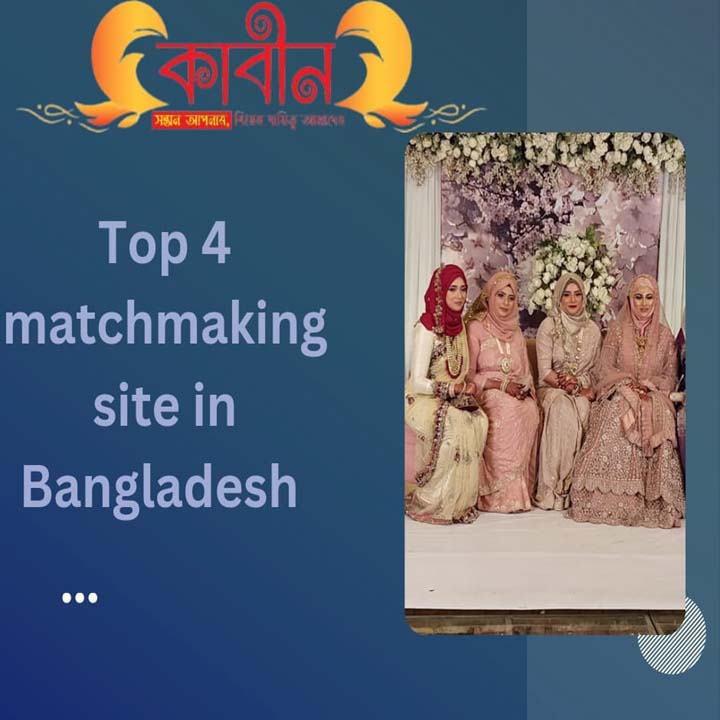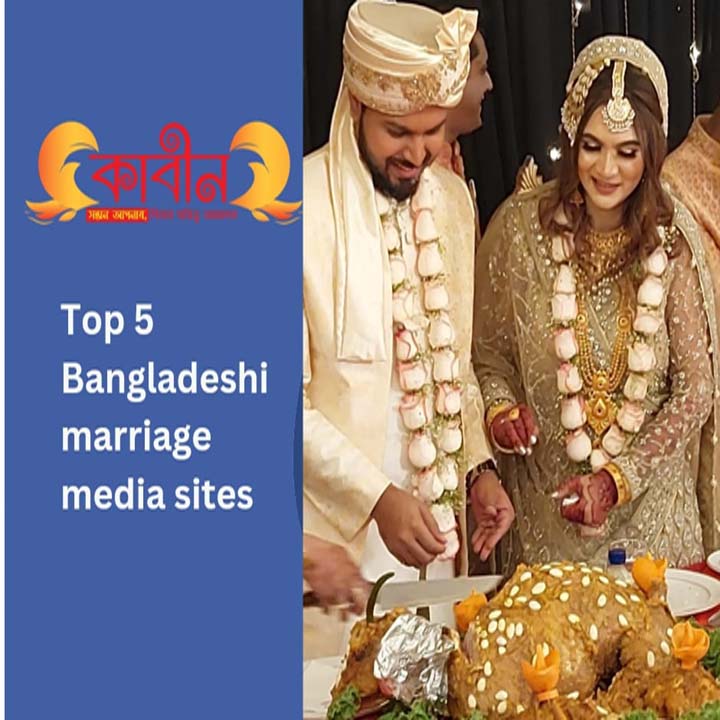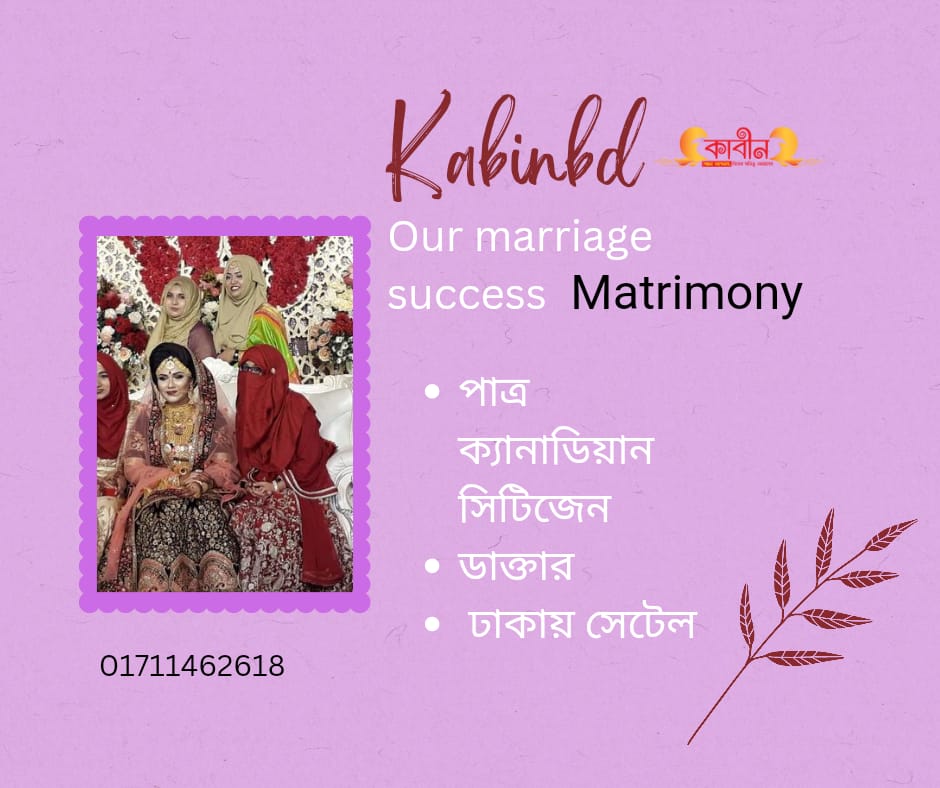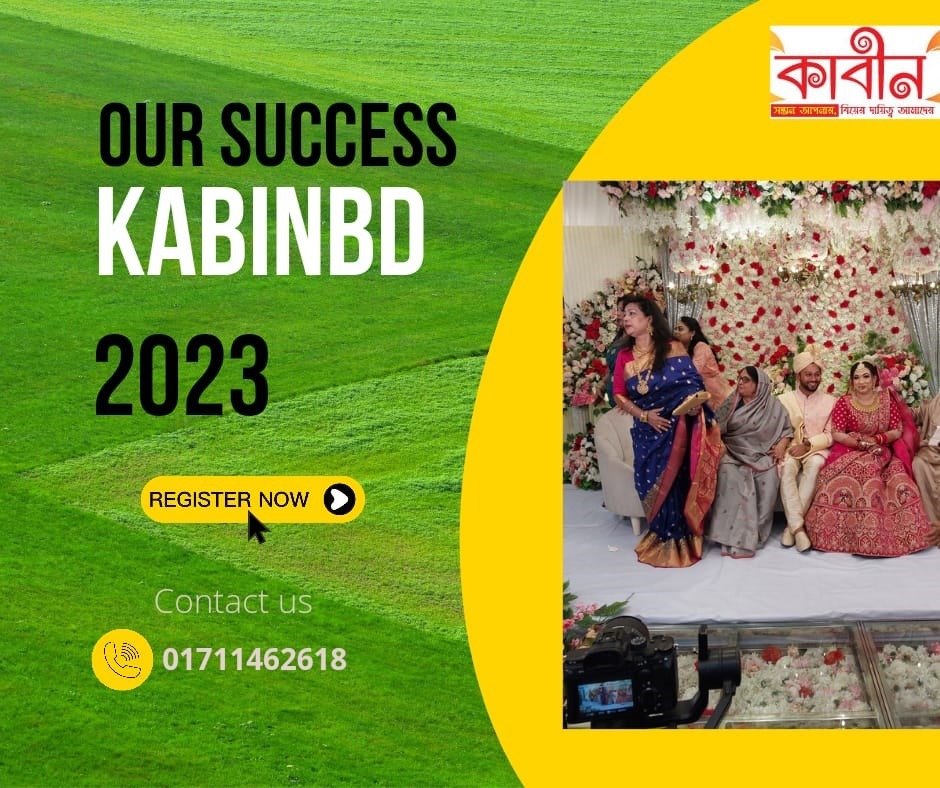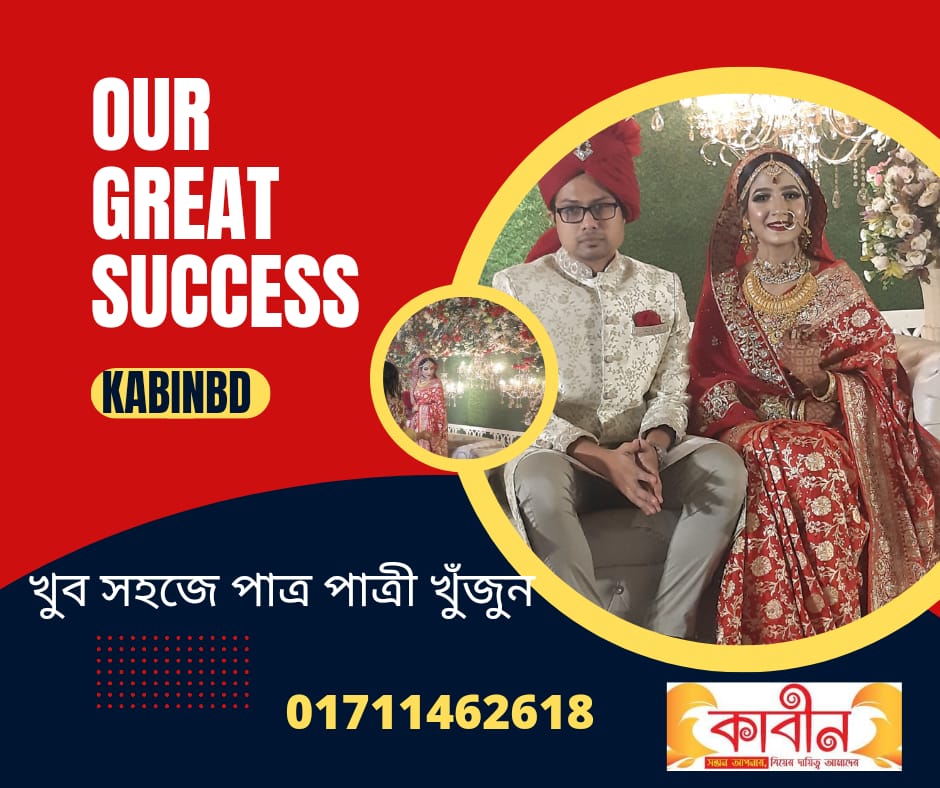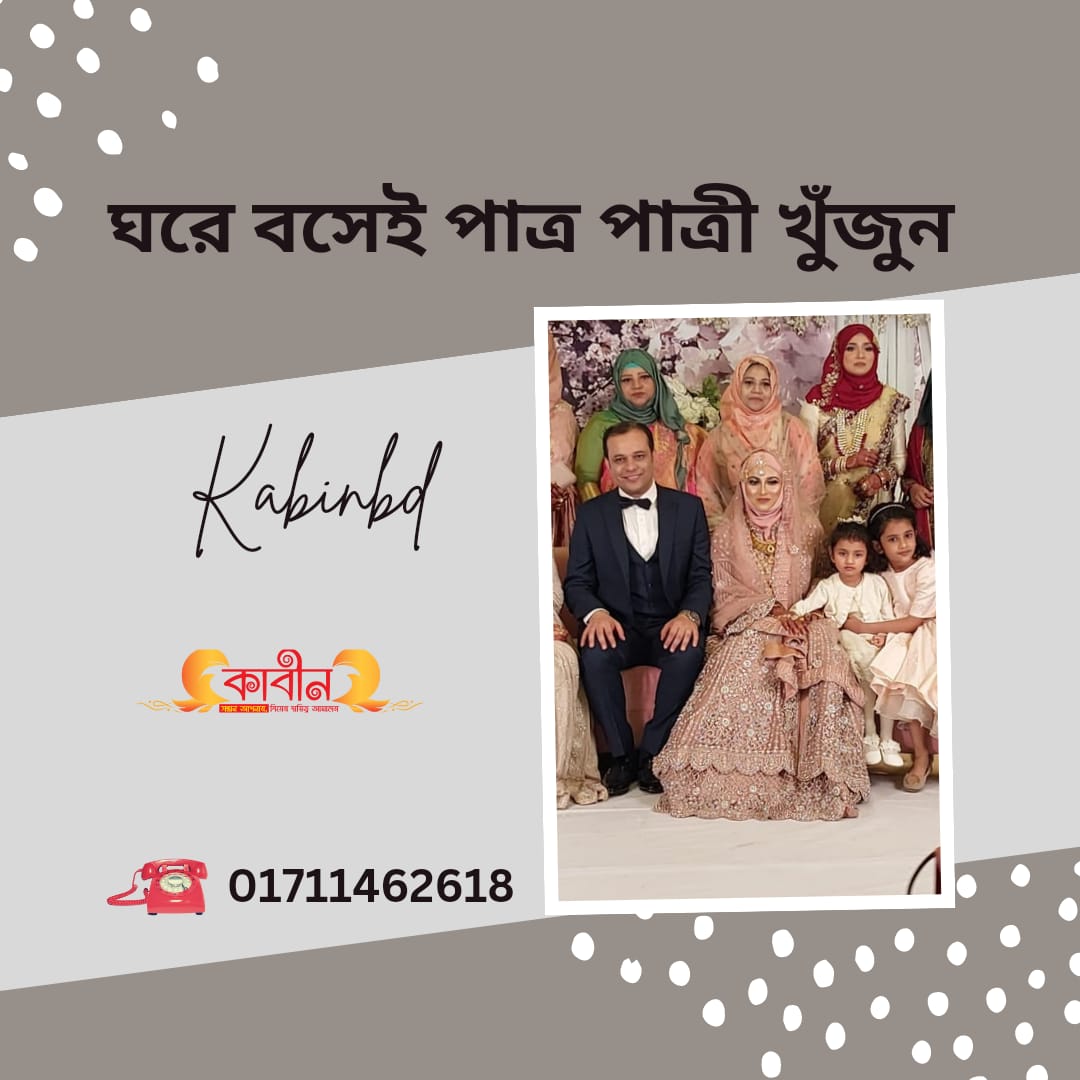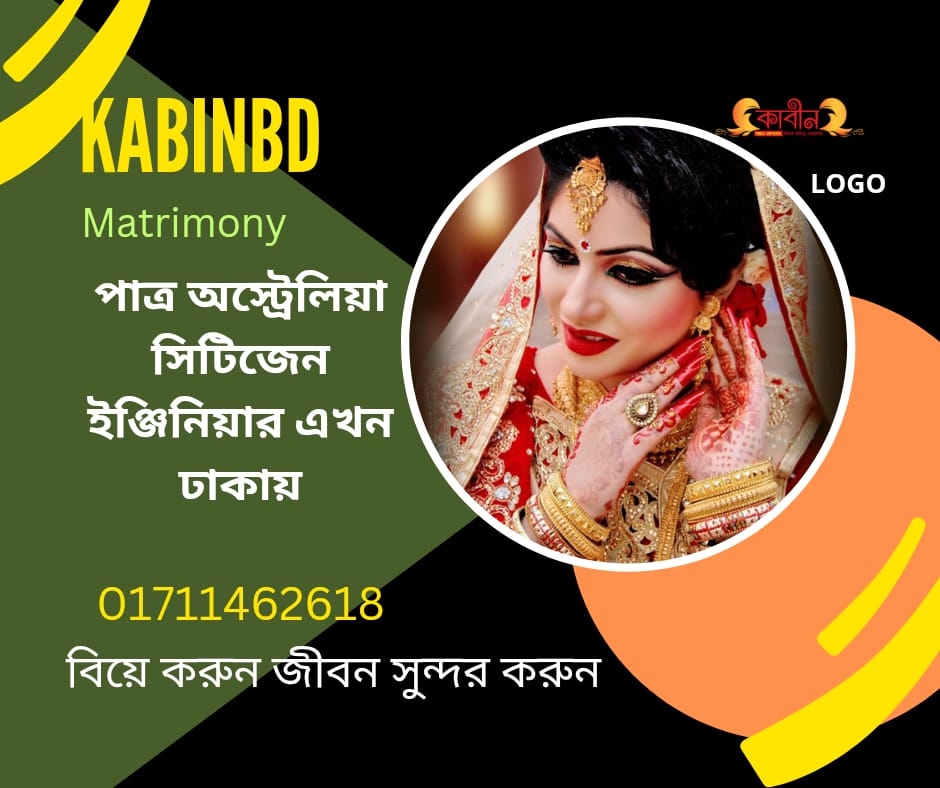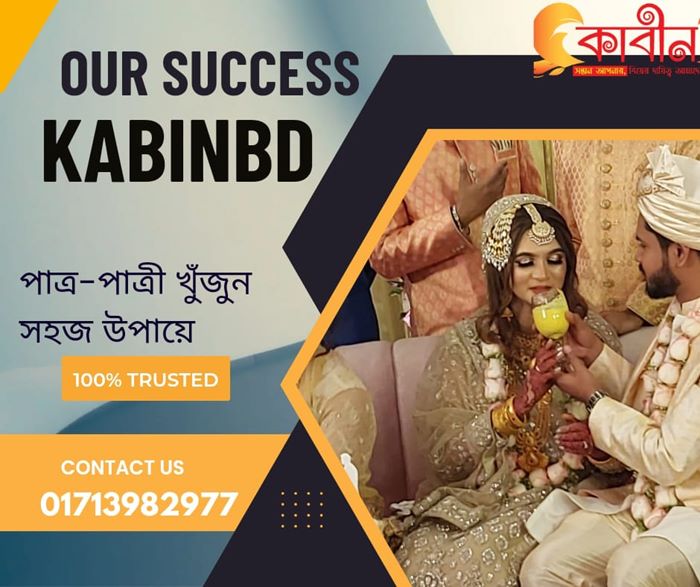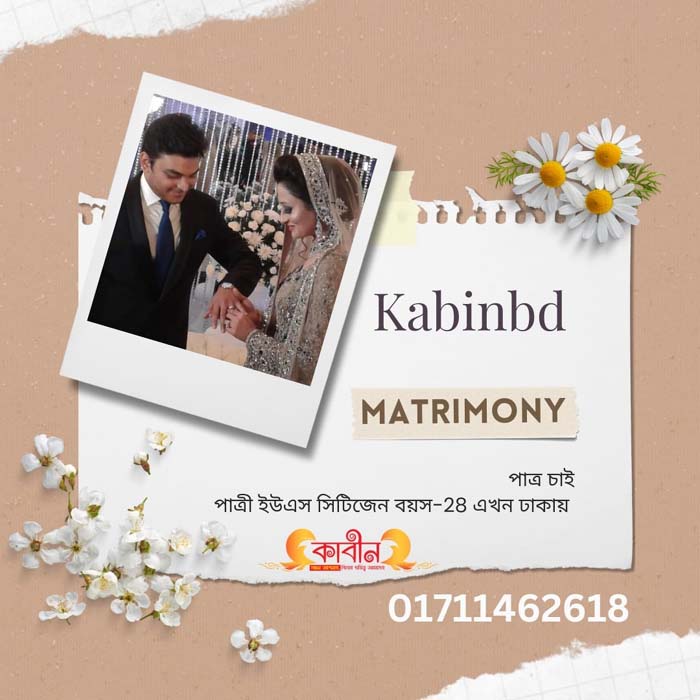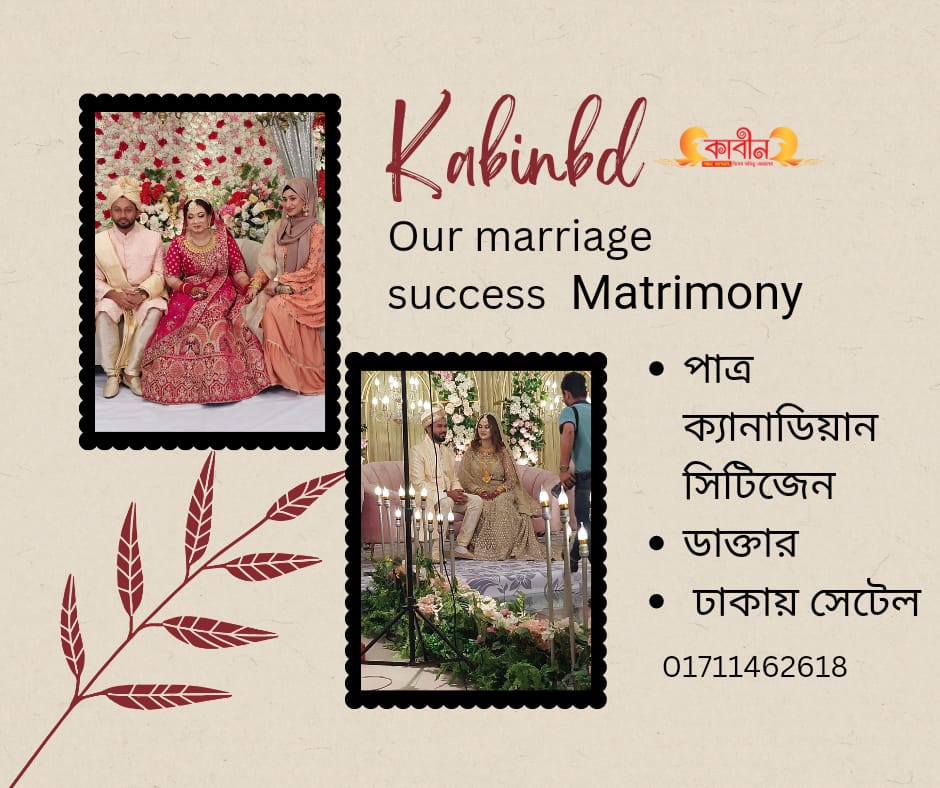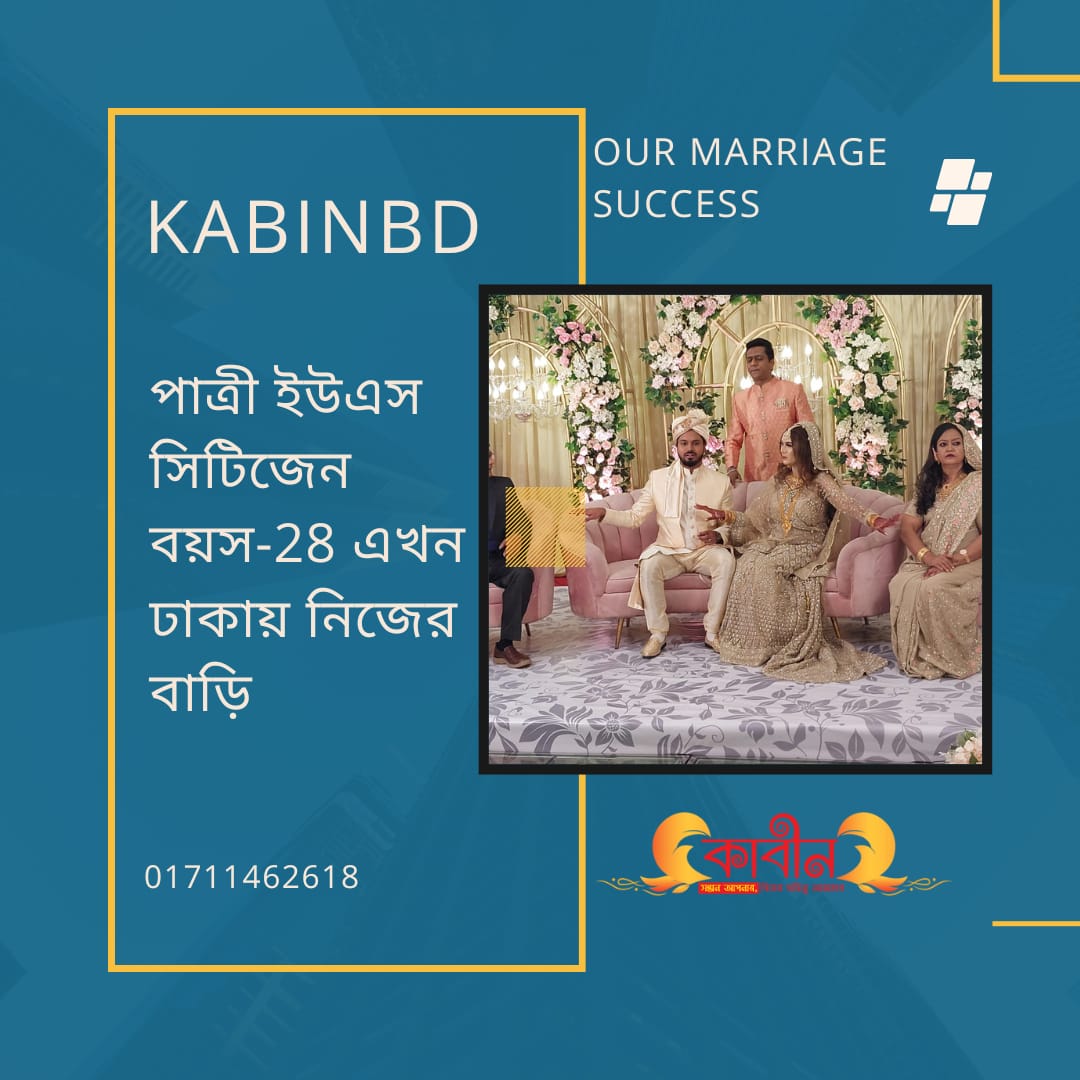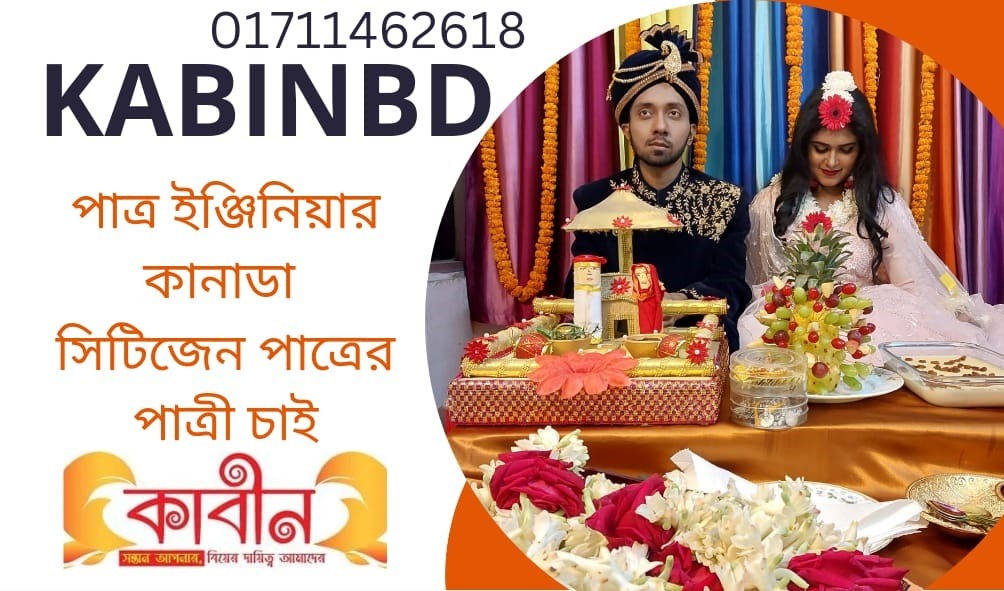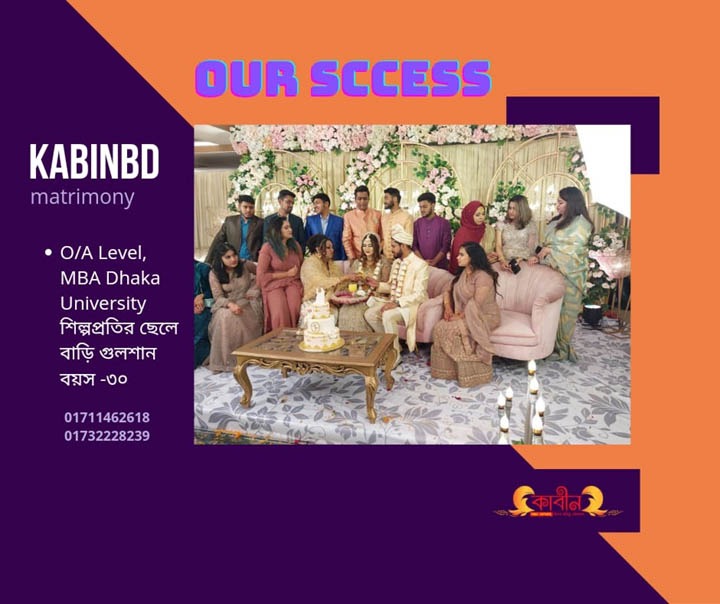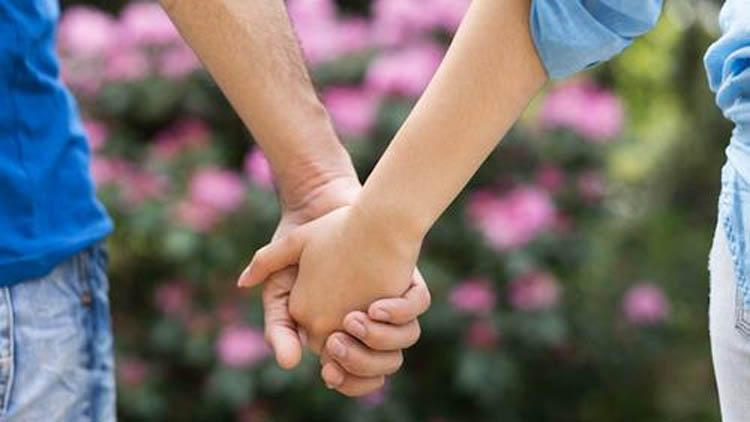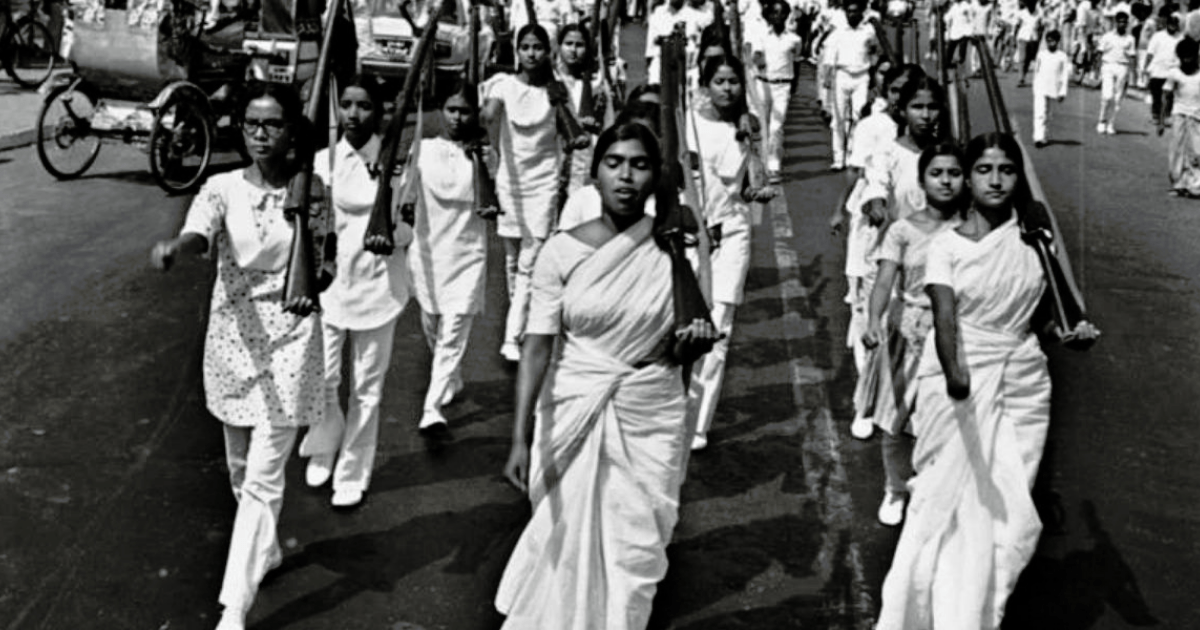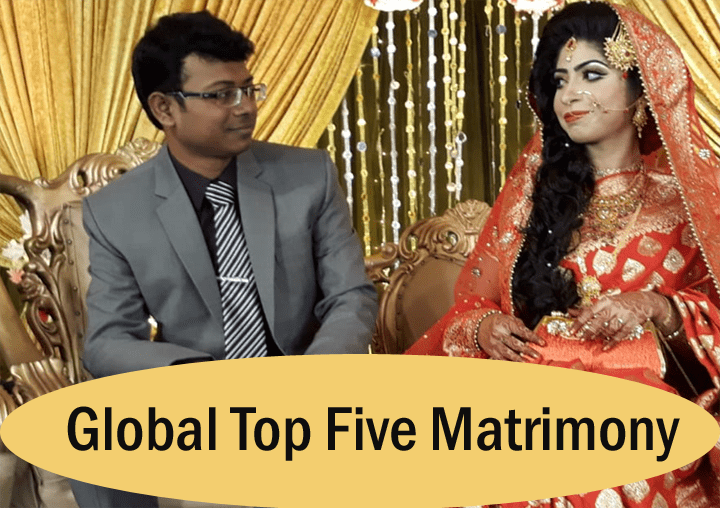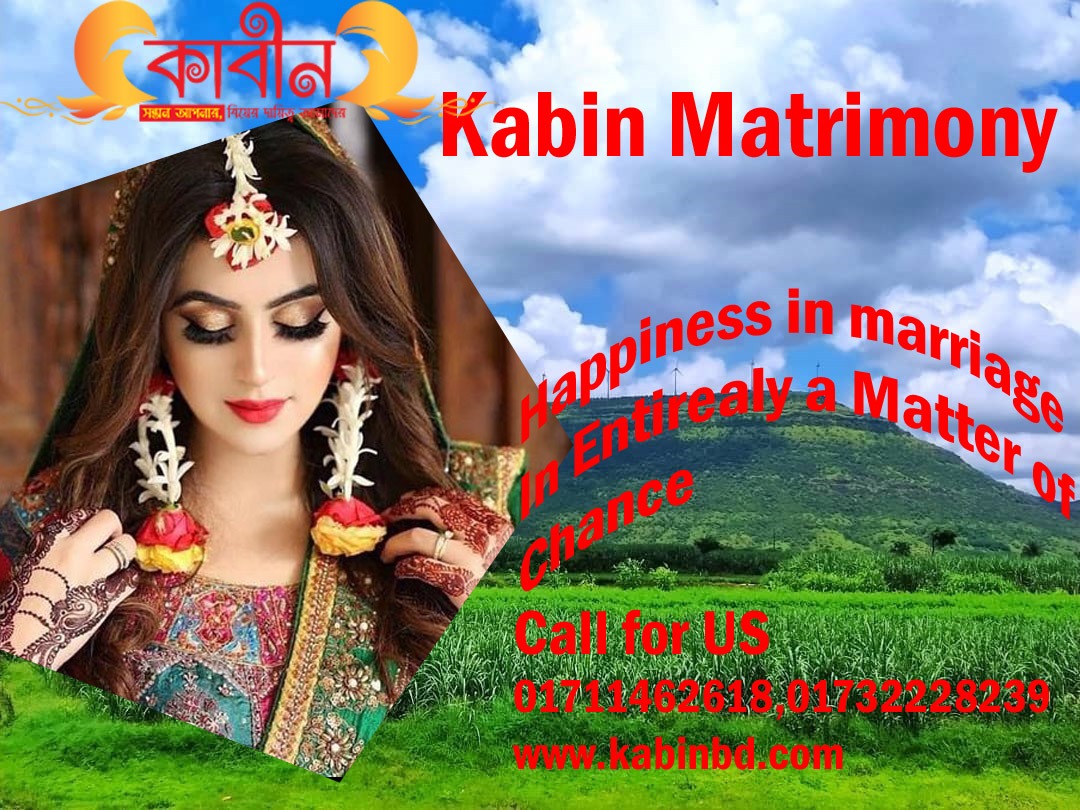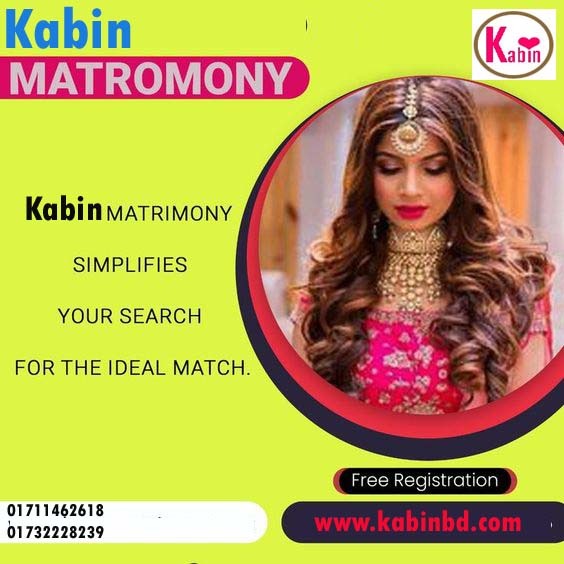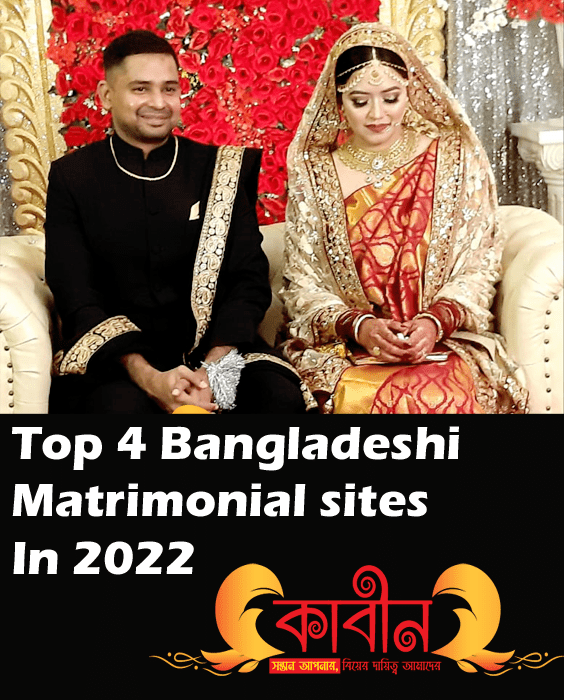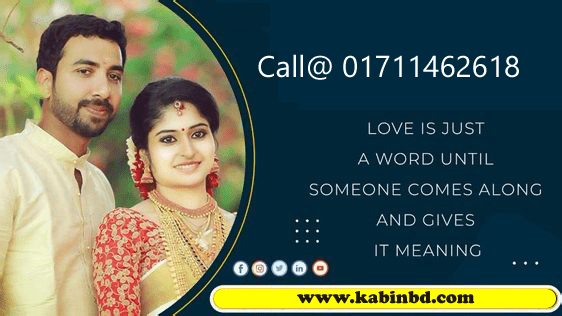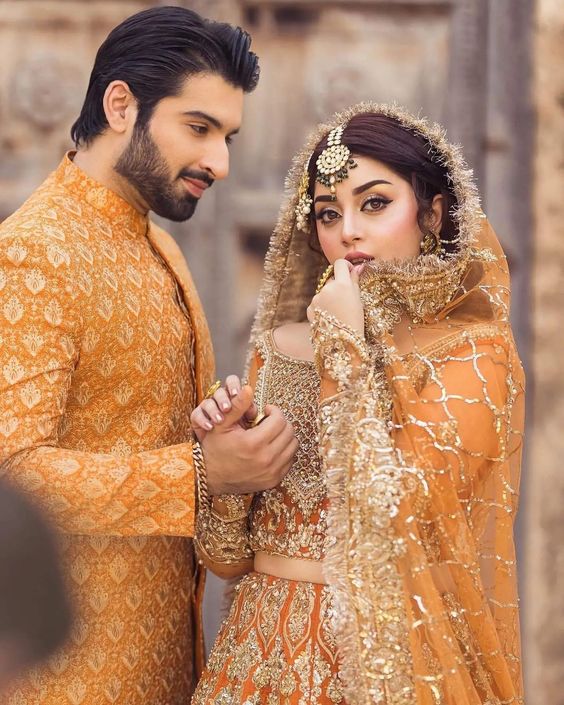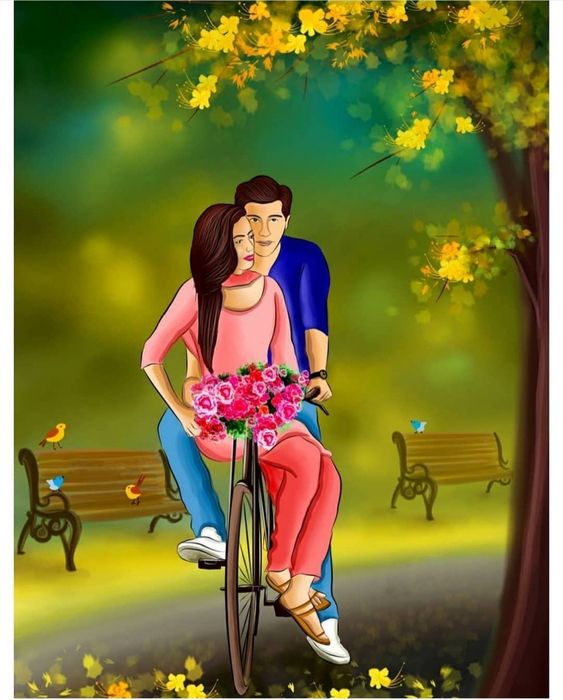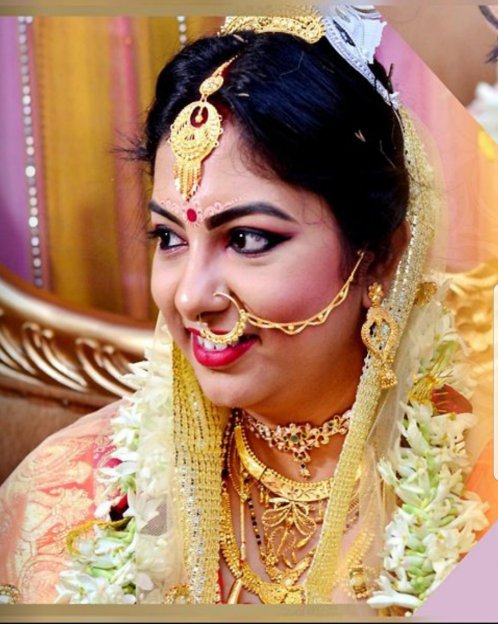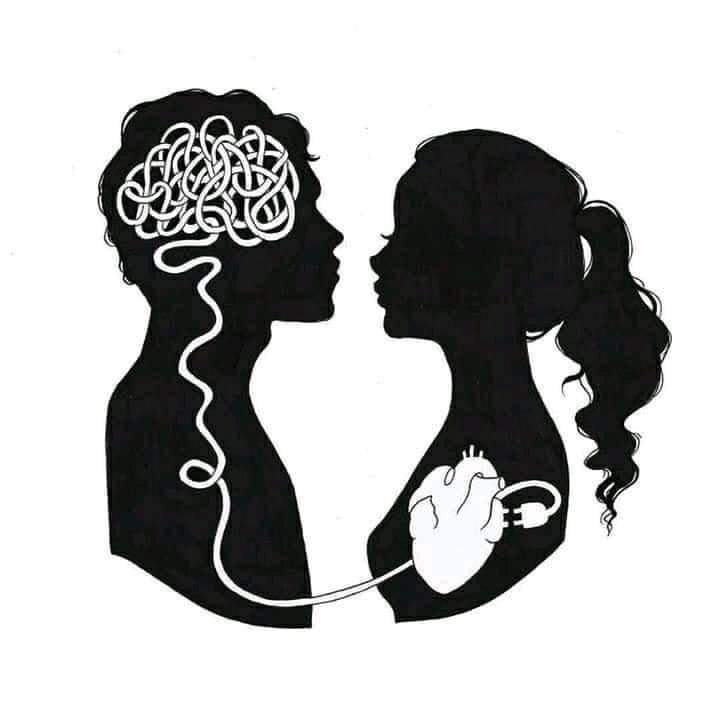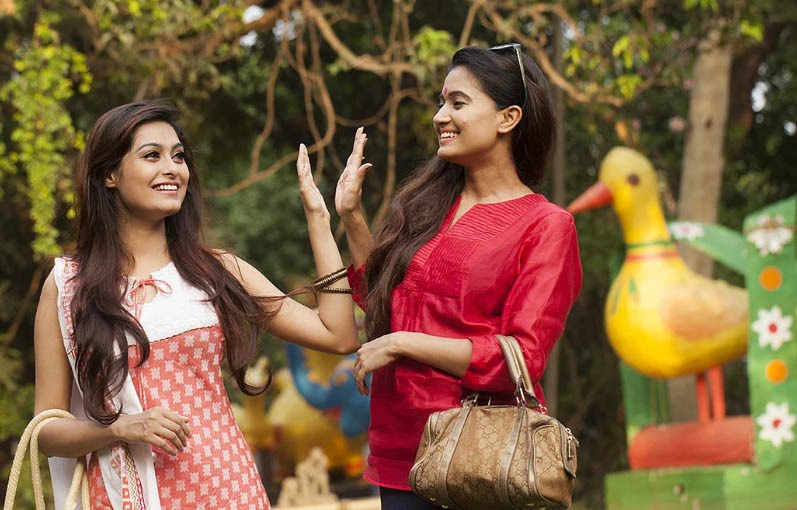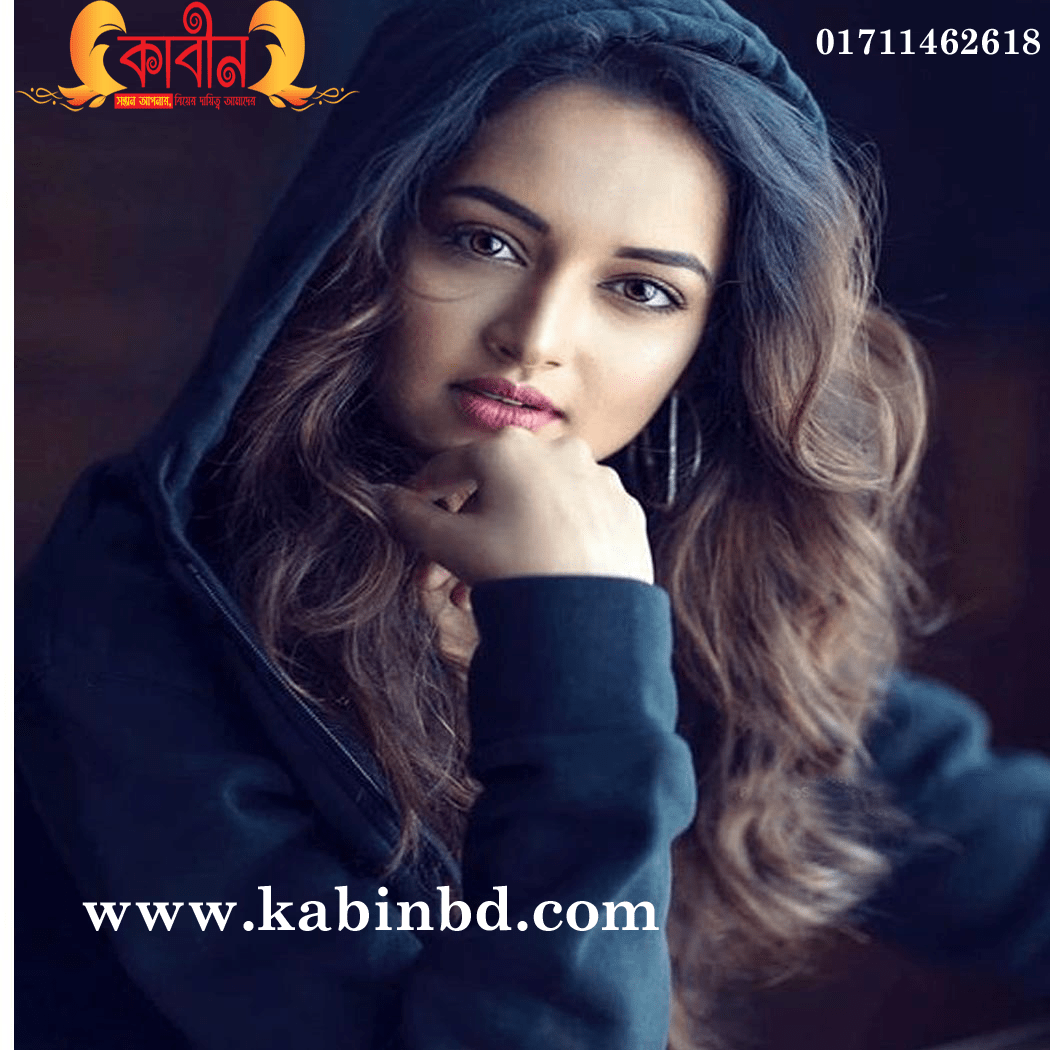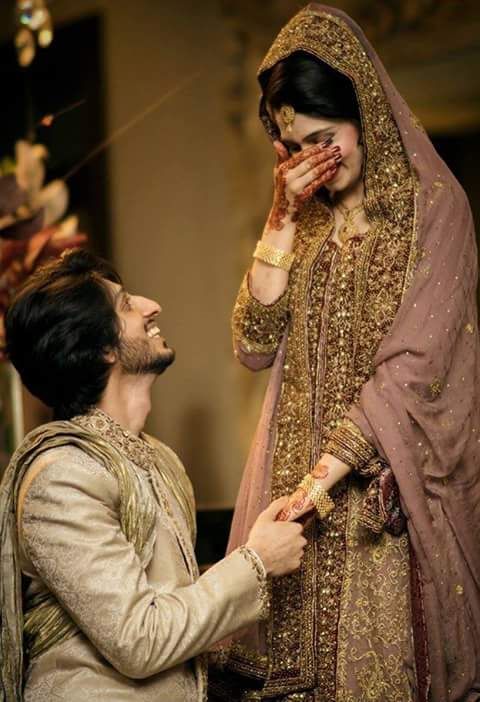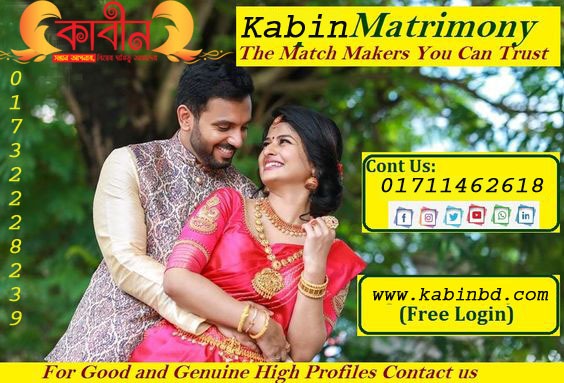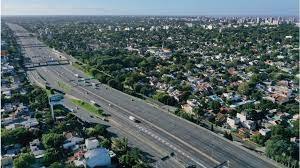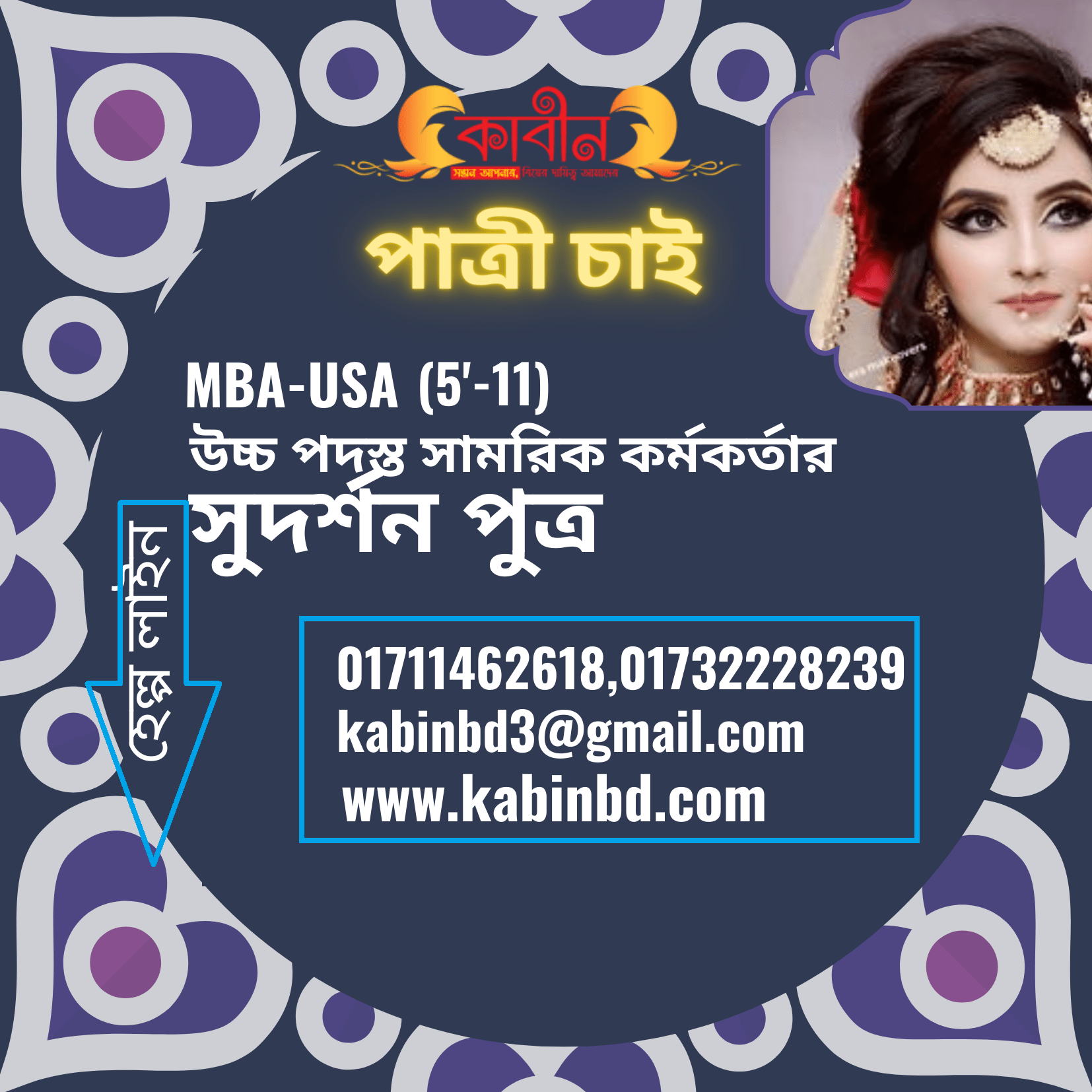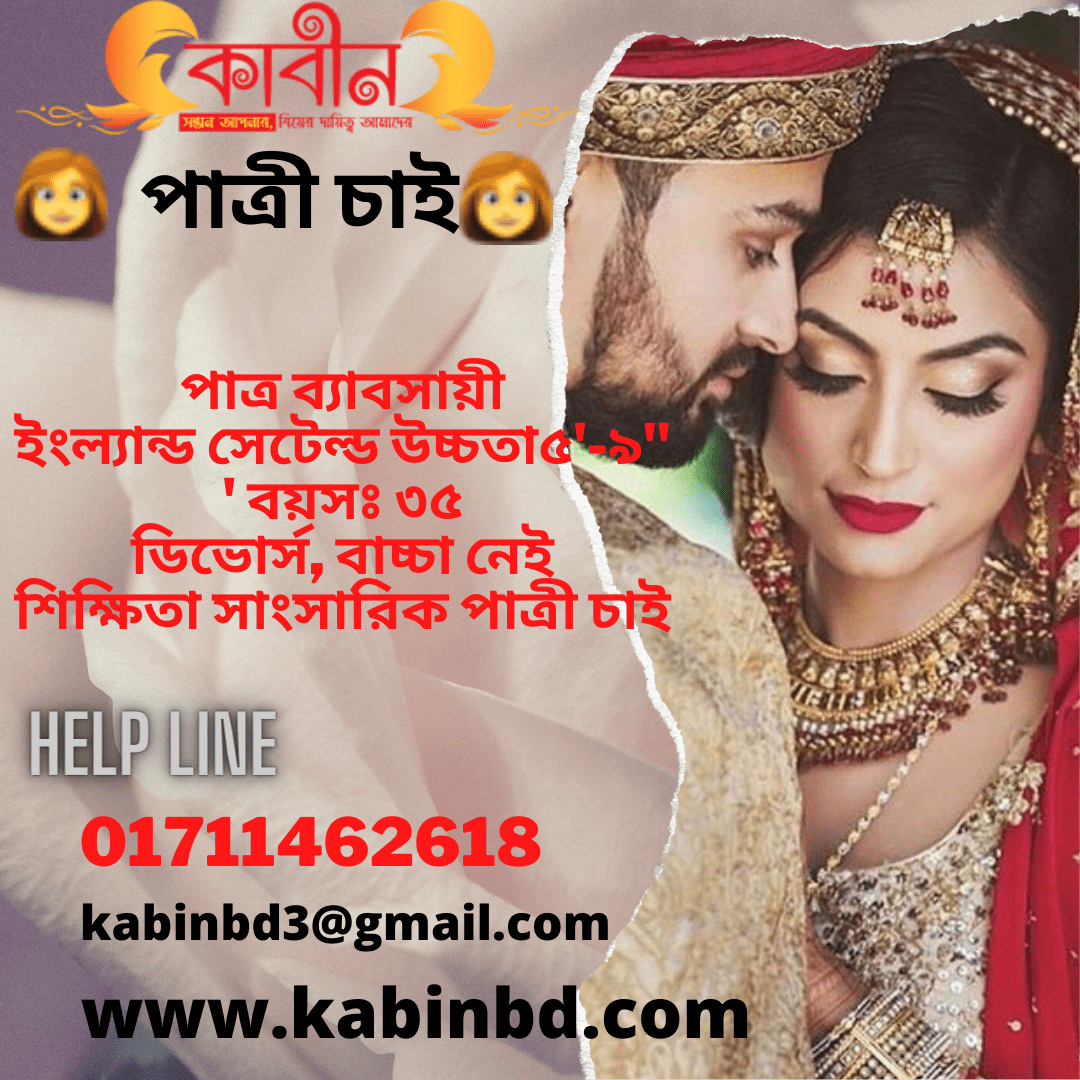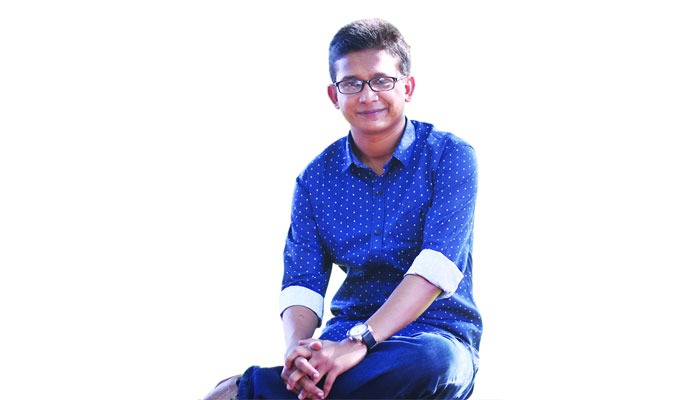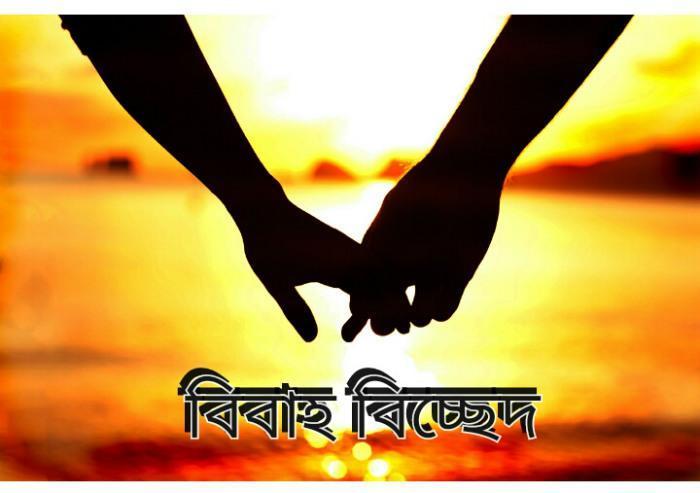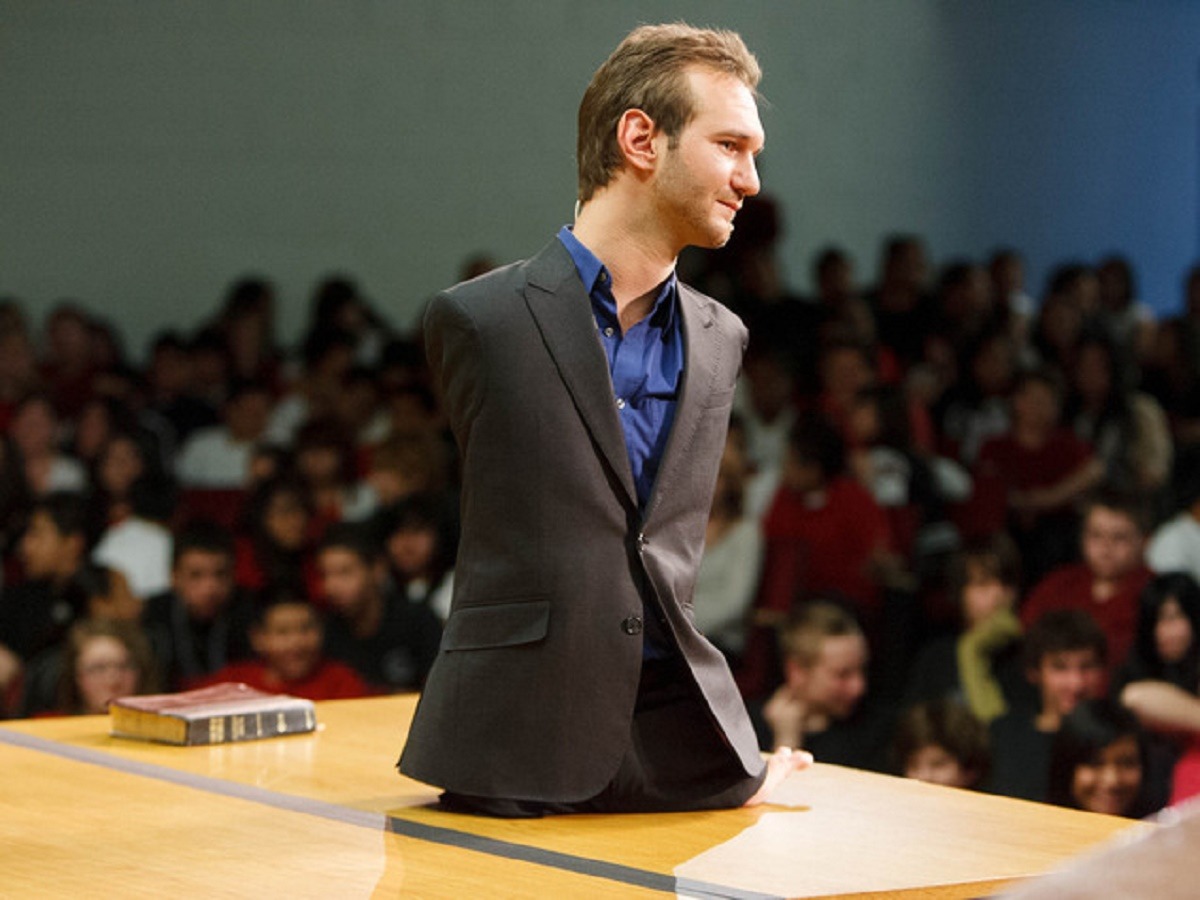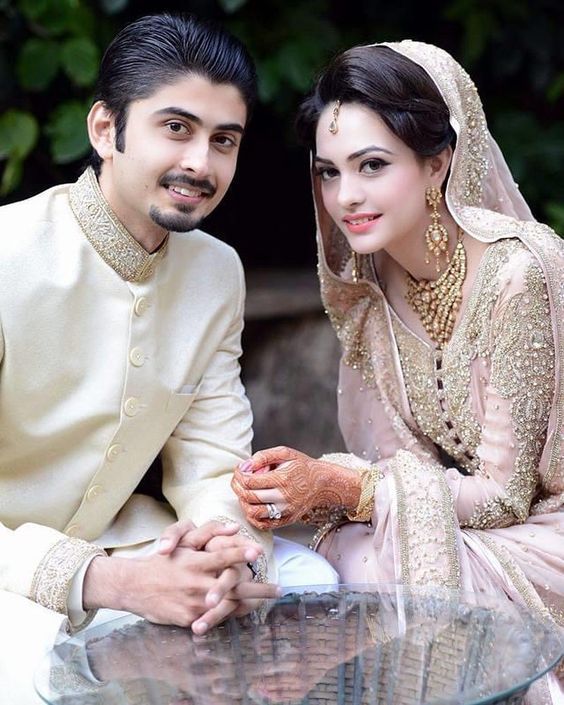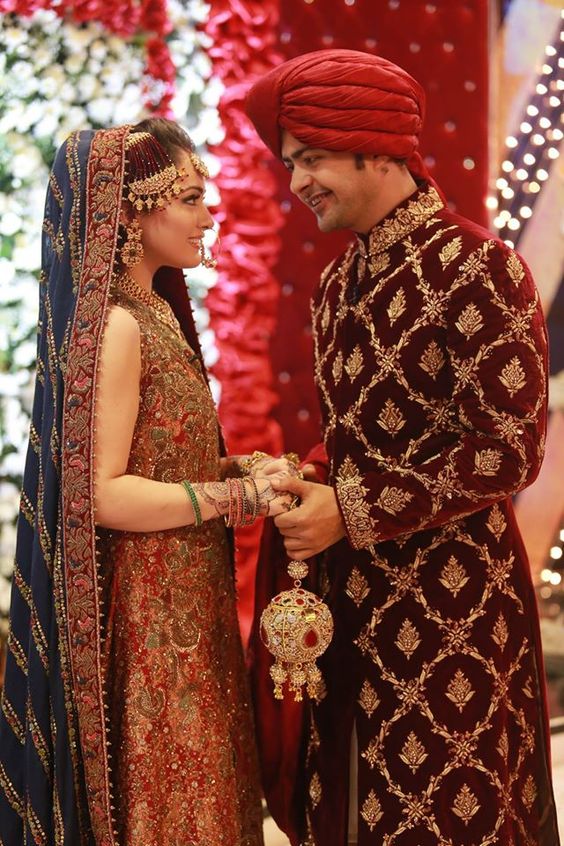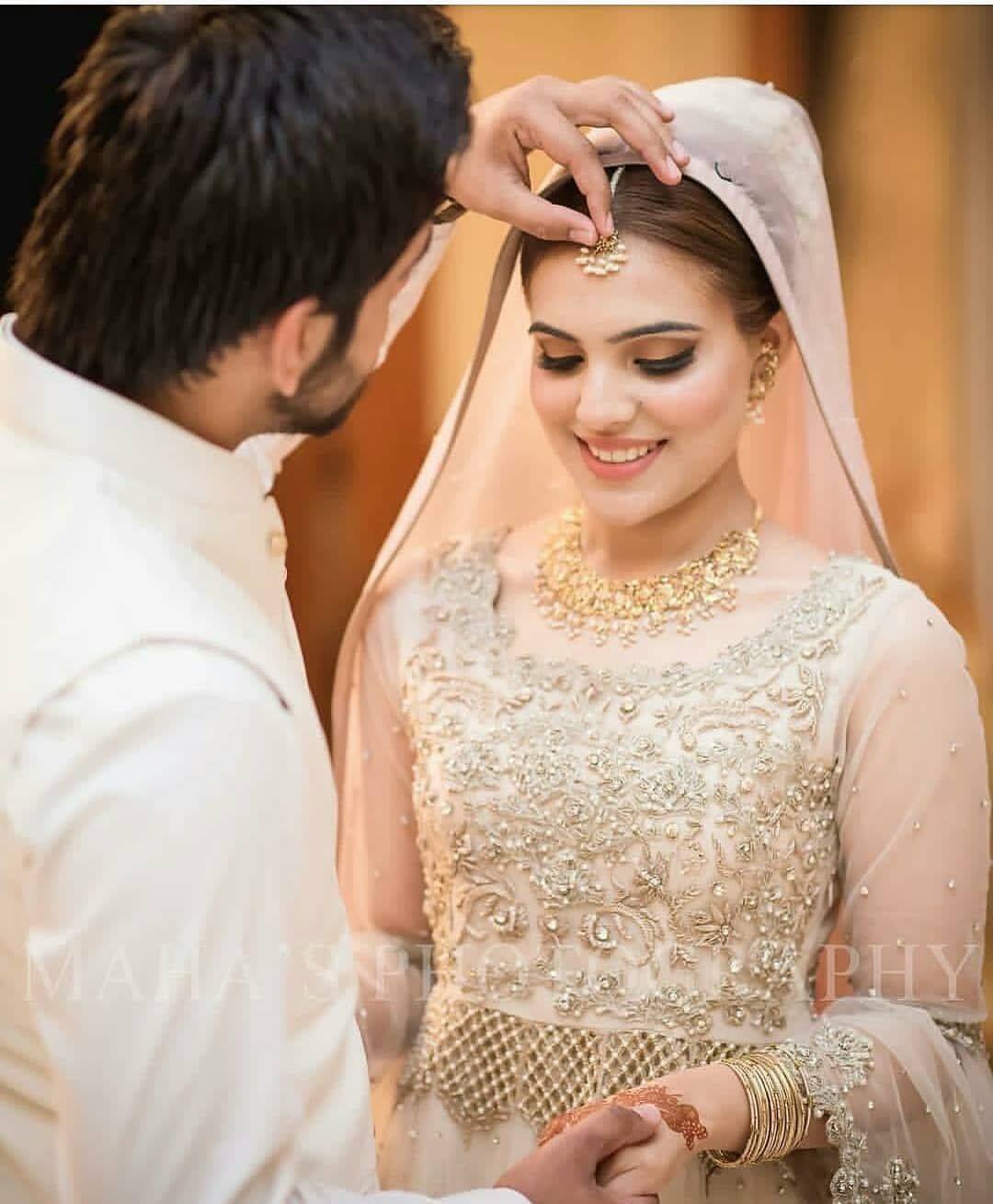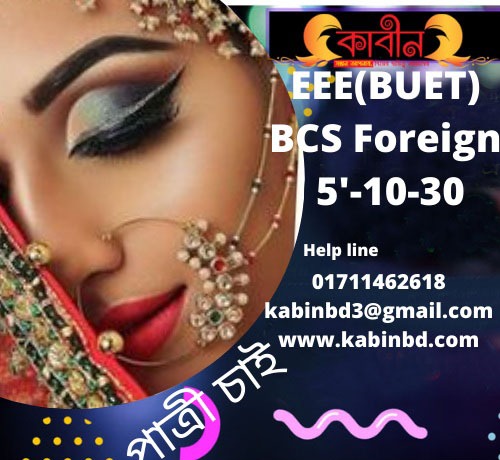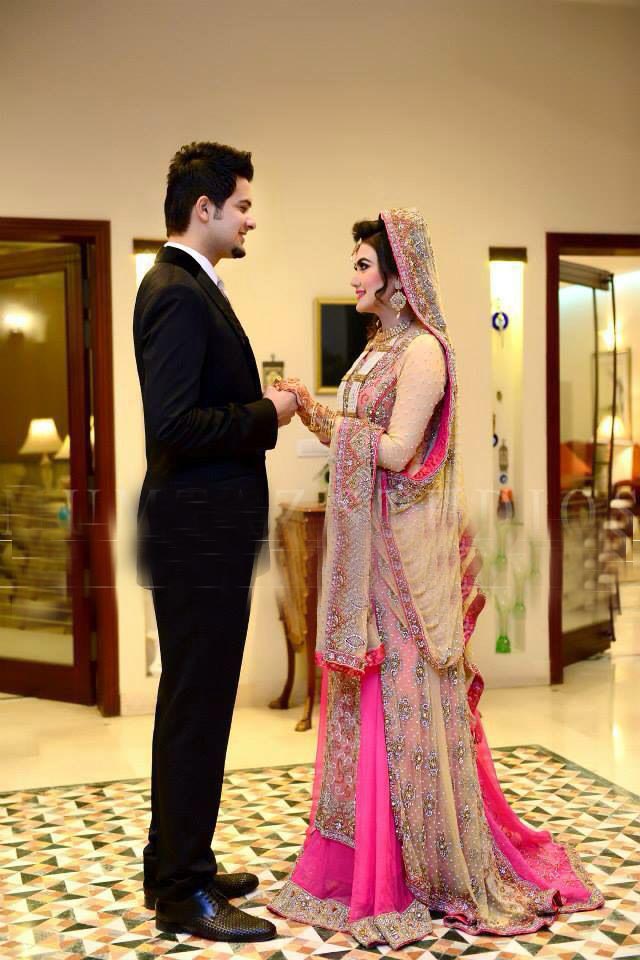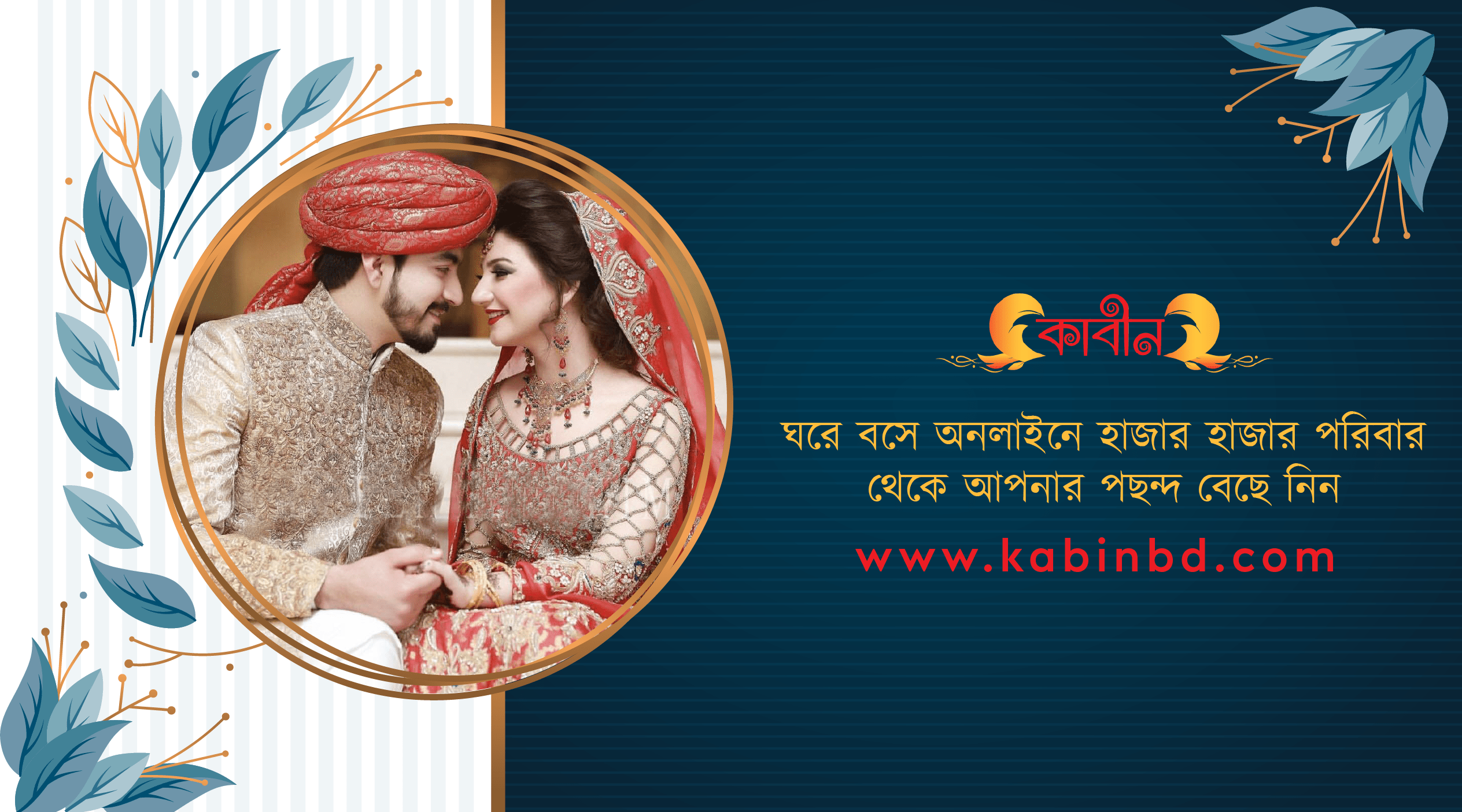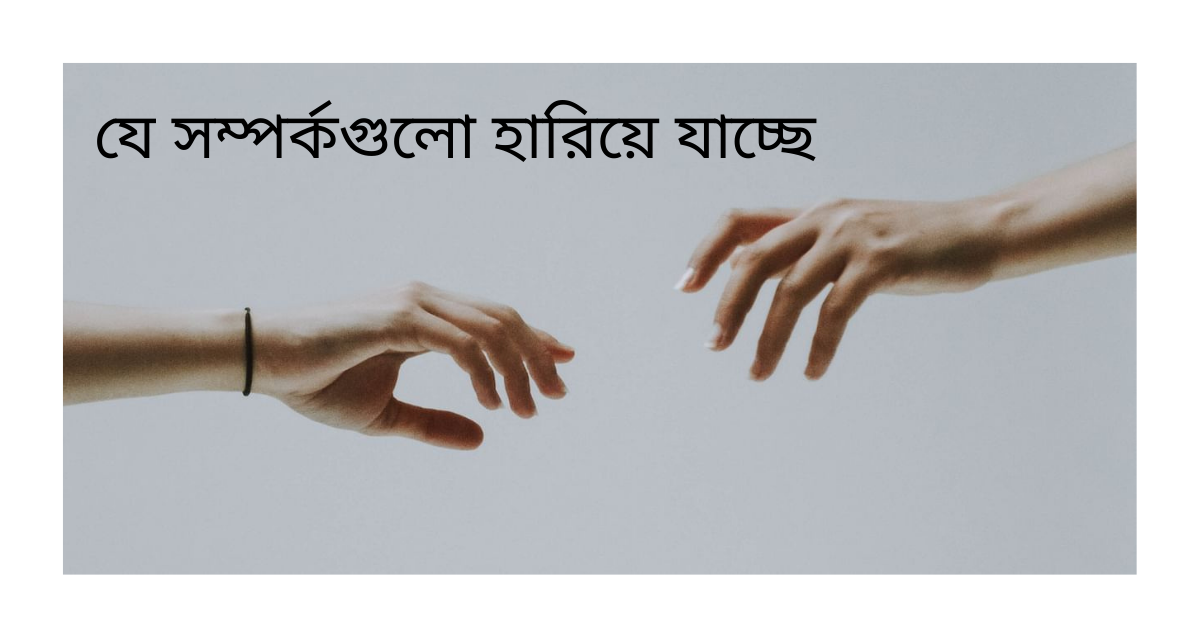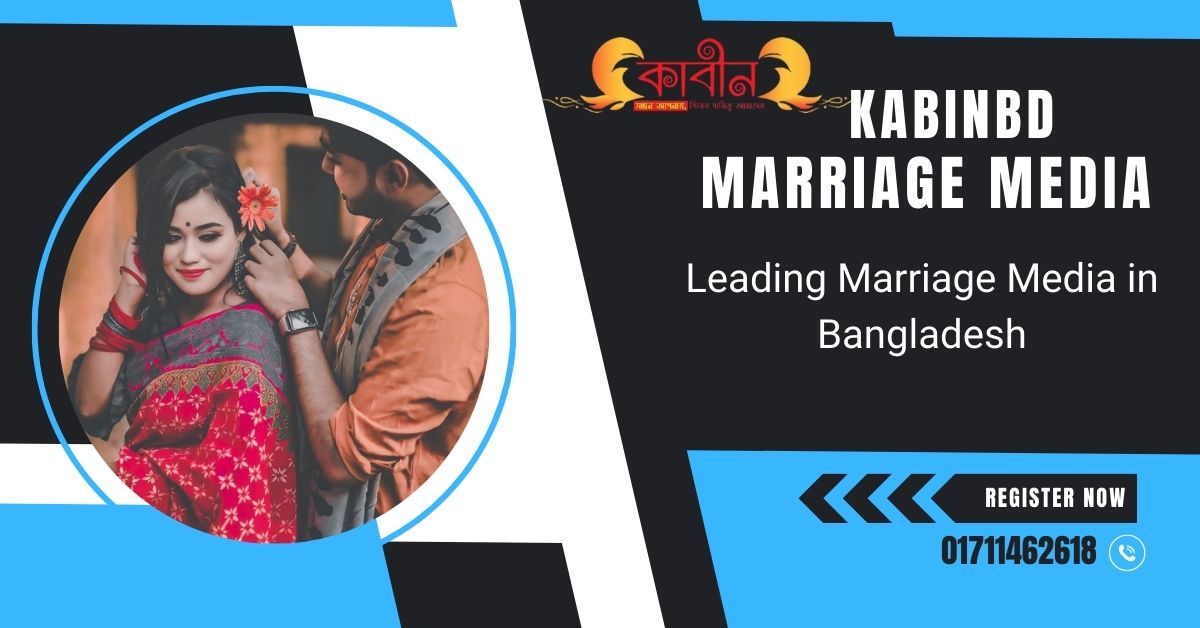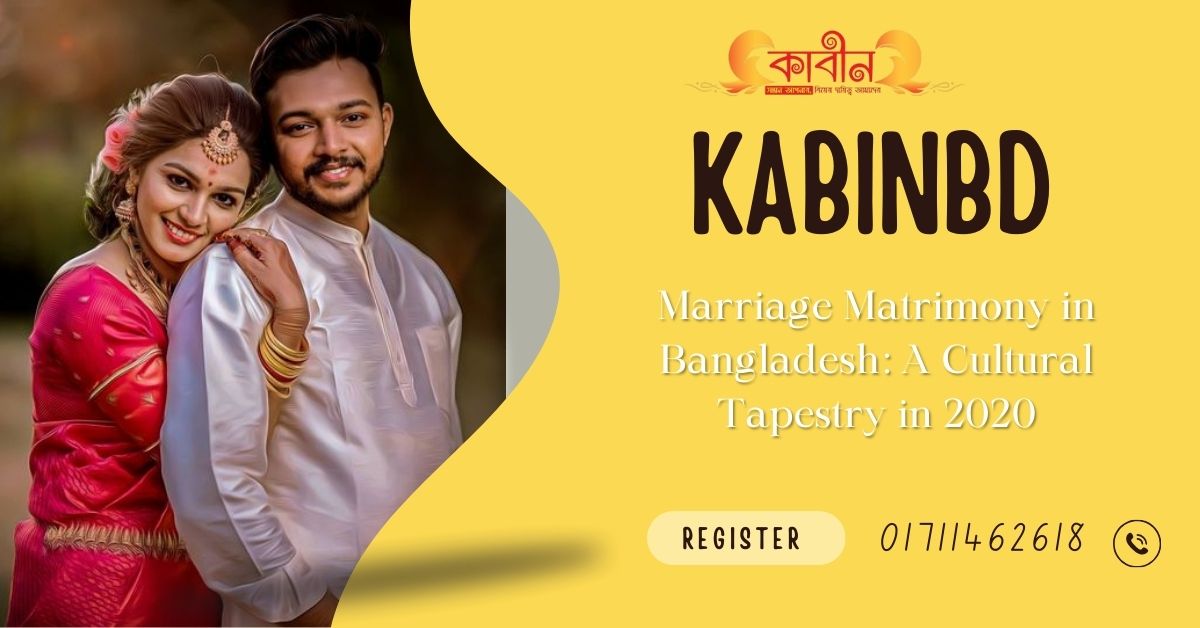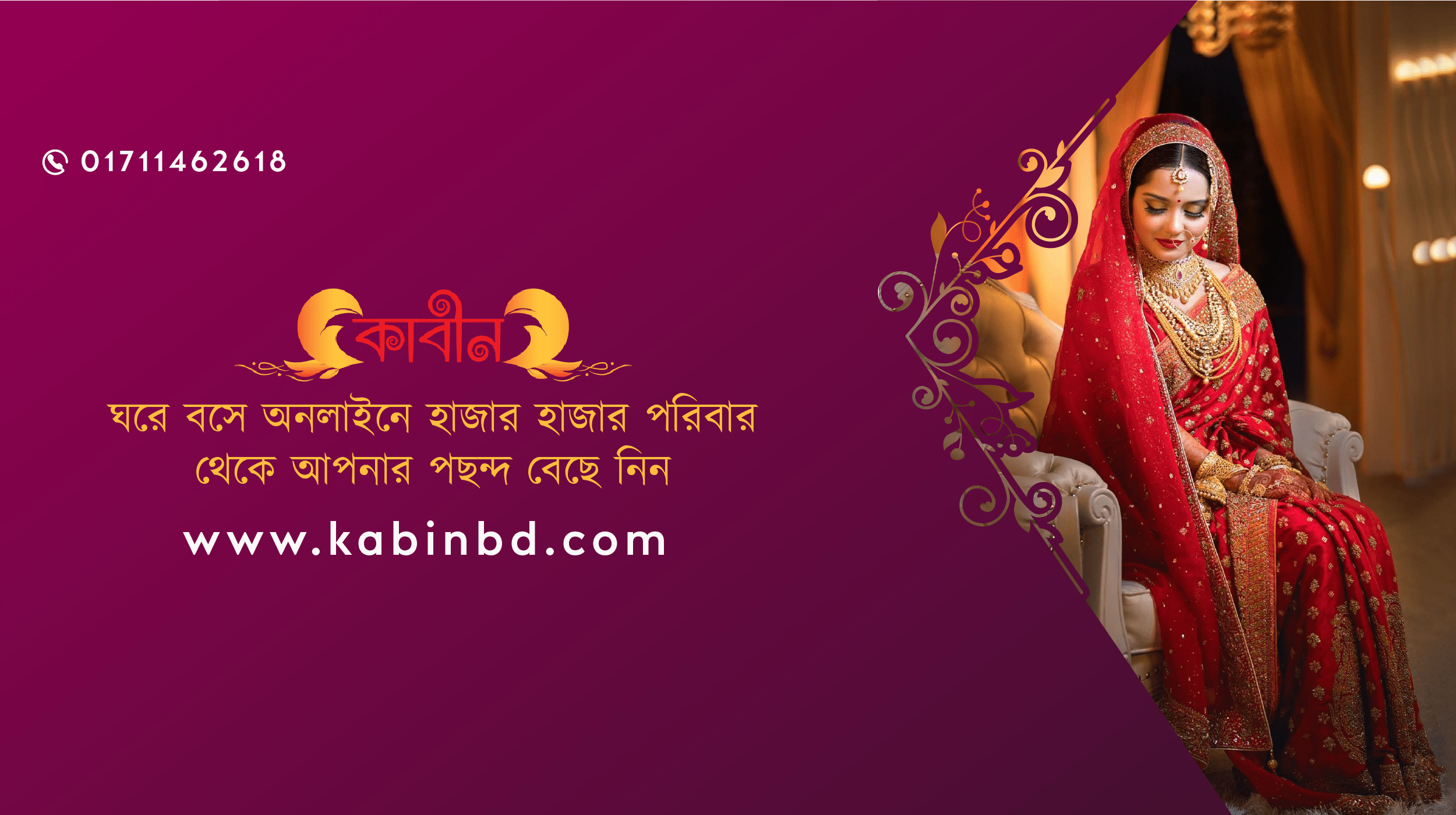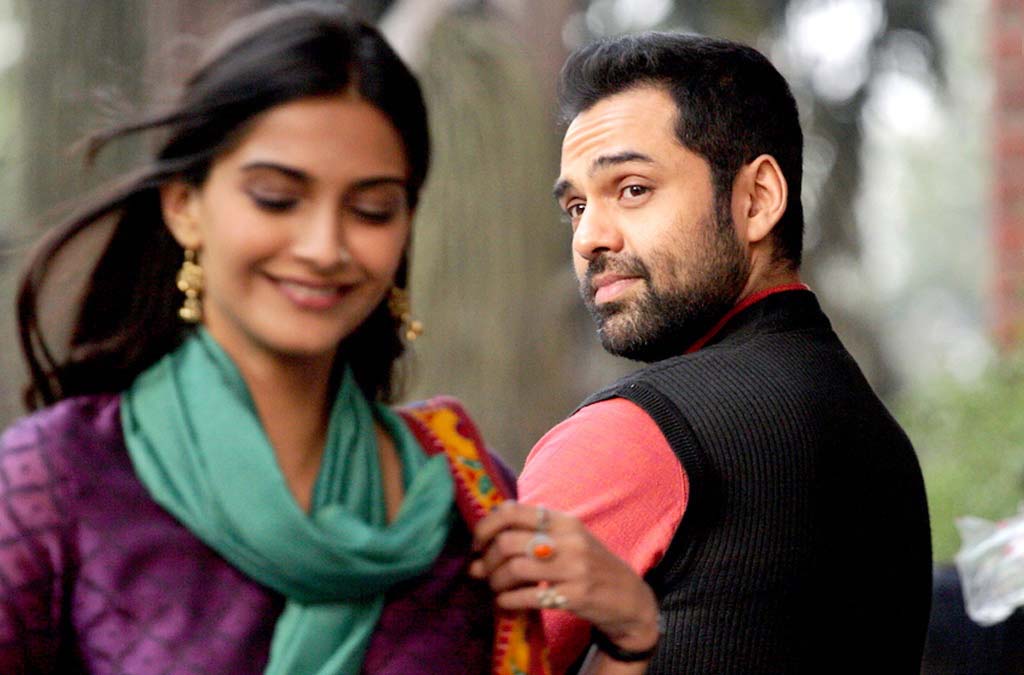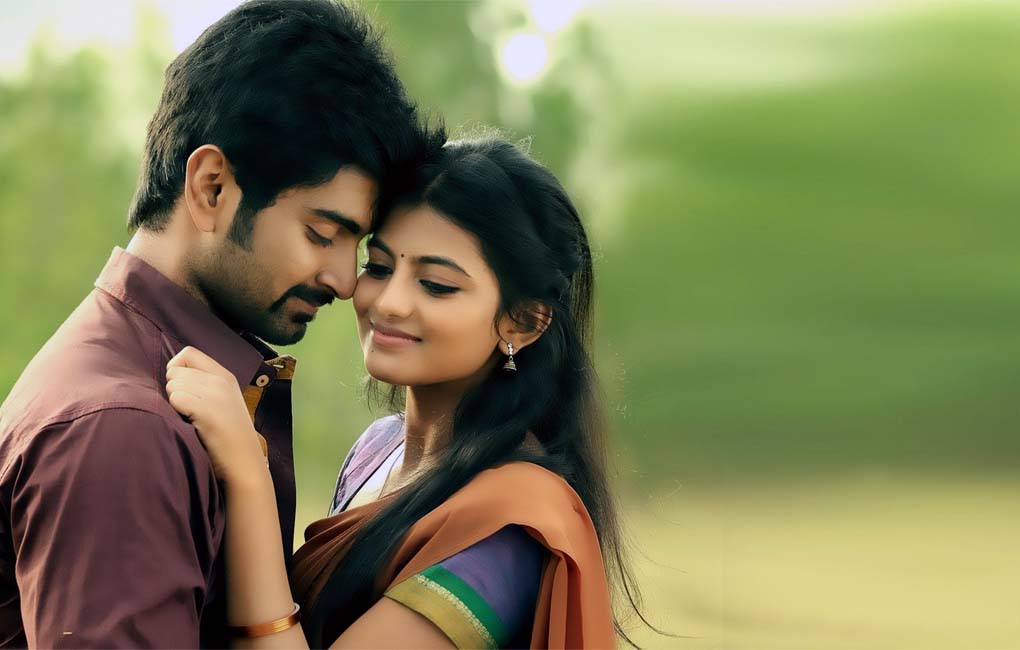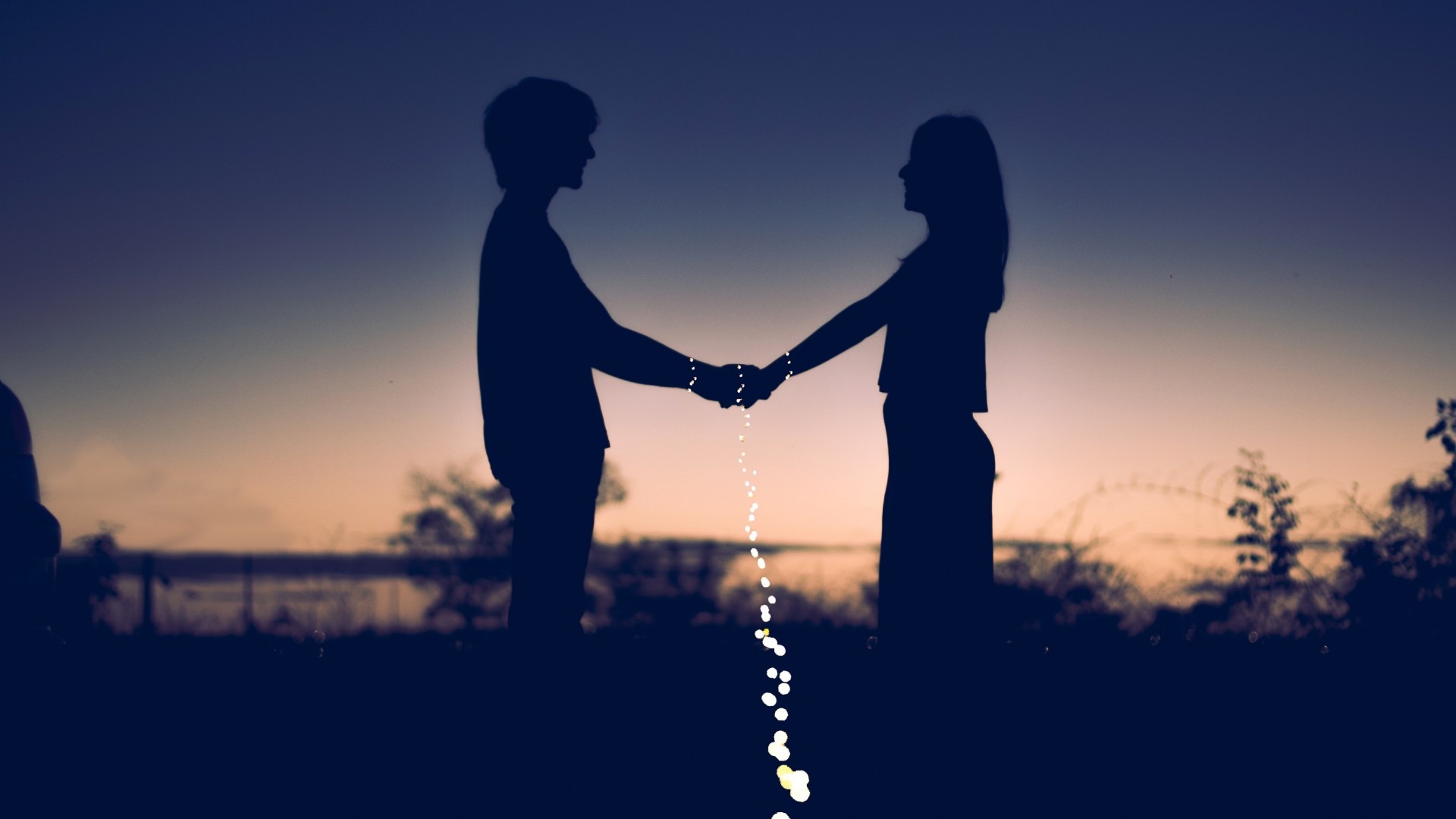How many wife can you have in Bangladesh ?
How many wife can you have in Bangladesh ?
Polygamy in Bangladesh: Legal Framework and Realities
In Bangladesh, polygamy is legal for Muslim men with certain restrictions. According to the Muslim Family Law Ordinance of 1961, a man can have up to four wives at a time, but only with the existing wife or wives’ permission and the court’s approval. The court considers factors like the husband’s ability to financially support multiple wives and treat them fairly. In practice, polygamy is not very common, with estimates suggesting less than 1% of Bangladeshi men having multiple wives. Several factors contribute to this low prevalence:
- Social Stigma: Polygamy can be socially frowned upon, particularly for younger generations.
- Economic Challenges: Supporting multiple wives can be financially straining.
- Legal Hurdles: Obtaining court approval and existing wives’ consent can be complex processes.
Dowry and Arranged Marriages: Enduring Traditions
Arranged marriages remain the dominant form of marriage in Bangladesh, particularly in rural areas. Families play a central role in selecting suitable partners based on compatibility in religion, social status, education, and family background. Dowry, a financial or material contribution from the bride’s family, is a tradition with complex social implications. While officially discouraged, it remains a part of the marriage process in many cases.
Dowry and Arranged Marriages: Enduring Traditions in Bangladesh
In Bangladesh, arranged marriages remain the dominant form of marital union, with traditions like dowry playing a significant role in the process. Understanding these practices requires delving into their historical roots, exploring their complexities, and acknowledging the ongoing social transformations that are shaping their future.
Roots of Tradition: A Historical Lens
Arranged marriages have been a cornerstone of Bangladeshi society for centuries. Families, seeking stability and continuity across generations, played a central role in selecting suitable partners based on factors like religion, social status, and family background. Dowry, though its form may have evolved, has been a part of the marriage system for a long time. Traditionally, it served as a means to ensure the bride’s security within her new marital home and contribute to setting up the new household.
The Arranged Marriage Process: A Step-by-Step Look
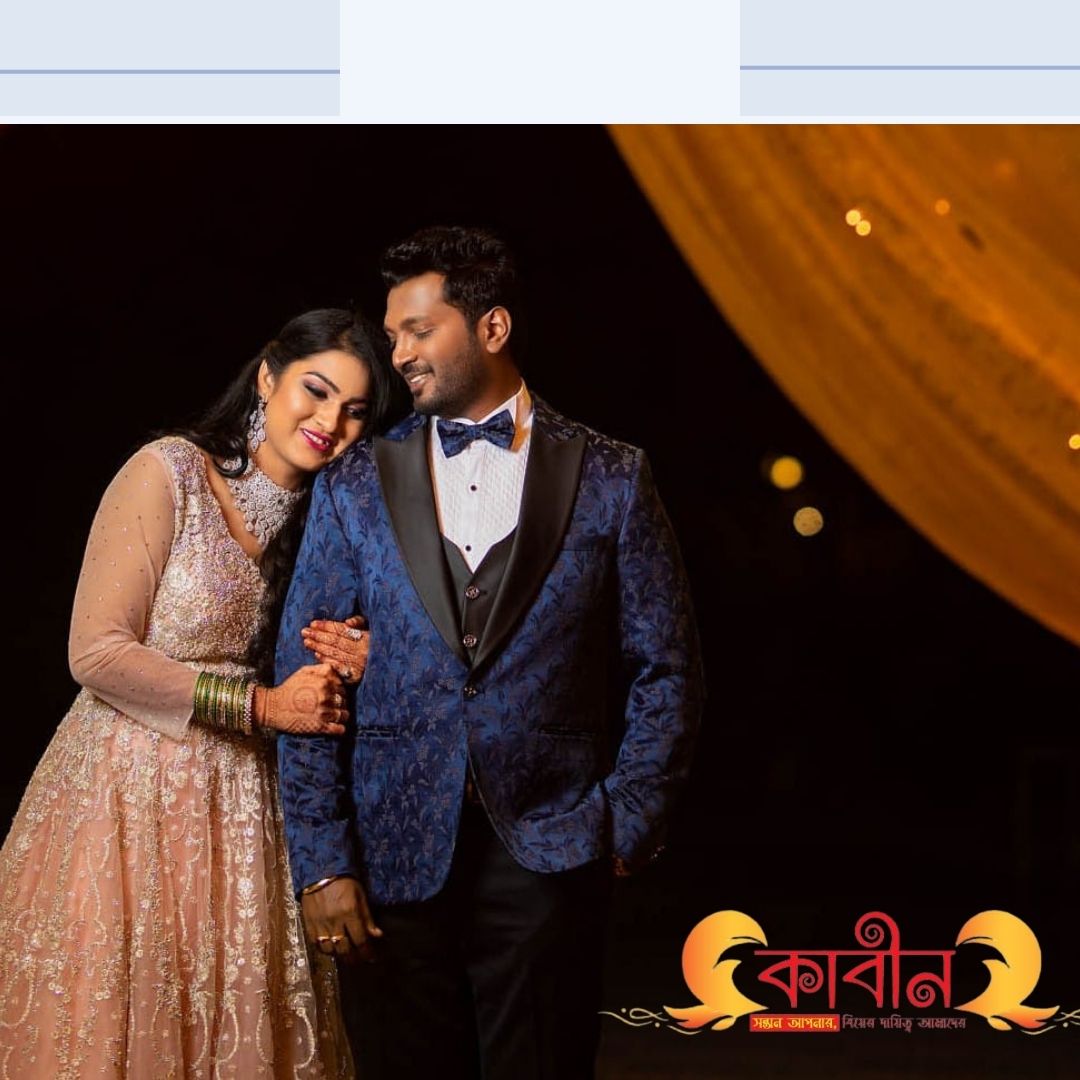
The arranged marriage process typically involves these well-defined stages:
- Initiation: Families reach out to trusted matchmakers (ghotoks) who understand their preferences and social circles. Ghotoks then identify potential matches based on these criteria.
- Biodata Exchange: Detailed documents outlining a potential spouse’s qualifications, education, and professional background are exchanged. Photos might be included, but physical meetings are often delayed for later stages.
- The Meet and Greet: If biodatas spark interest, a formal meeting is arranged between the families and the prospective couple. This allows for initial assessment of compatibility beyond just qualifications on paper.
- Dowry Negotiations: Negotiations regarding dowry, a financial or material contribution from the bride’s family, take place. This can be a complex process, balancing tradition with financial considerations for the new couple.
- Engagement and Wedding Preparations: Once agreements are reached, an engagement ceremony signifies the couple’s commitment. Elaborate wedding preparations then commence, involving families, relatives, and the wider community.
Dowry: A Tradition with Complexities
Dowry, though officially discouraged by the Dowry Prohibition Act of 1980, remains a deeply ingrained social custom. The nature of the dowry can vary greatly depending on socioeconomic backgrounds. It can range from cash and jewelry to furniture and household appliances. However, the pressure to provide a substantial dowry can place a significant financial burden on the bride’s family, potentially leading to social debt or even delaying marriage for daughters.
Challenges and Considerations
While arranged marriages and dowry traditions offer a sense of security and stability for some, they also present challenges:
- Limited Choice: Individuals may have less autonomy in choosing their life partner.
- Focus on Material Possessions: Dowry negotiations can sometimes overshadow the emotional compatibility of the couple.
- Social Pressures: Both families can face immense pressure to conform to societal expectations regarding dowry amounts.
Modernization and Shifting Trends
Modernization is bringing about subtle changes in these traditions. Increased educational opportunities for women and exposure to media portrayals of love marriages are fostering a growing desire for individual choice in partner selection. Additionally:
- Urbanization: In urban areas, arranged marriages might be more flexible, incorporating the couple’s preferences to a greater extent.
- Focus on Compatibility: Compatibility is still crucial, but it may now encompass shared values and emotional connection alongside traditional considerations.
- Alternative Approaches: Some families may choose a simplified dowry approach or focus on gifts that contribute to setting up the new household.
However, change is gradual, and arranged marriages with dowry traditions remain the dominant practice in many parts of Bangladesh, particularly in rural regions.
The Future of Tradition: A Tapestry in the Making
The future of dowry and arranged marriages in Bangladesh is likely to be a blend of tradition and evolving social norms. While arranged marriages might persist, they could become more open to individual preferences. Similarly, the concept of dowry might evolve, focusing on a more symbolic contribution rather than a financial burden.
Conclusion: A Look Ahead
Dowry and arranged marriages are deeply woven into the fabric of Bangladeshi society. Understanding them requires appreciating their historical context, acknowledging their complexities, and recognizing the ongoing social transformations that are shaping their future. As the country continues to develop, these traditions will likely adapt and evolve, reflecting a nuanced interplay between enduring customs and the aspirations of a changing society.
The Arranged Marriage Process: A Step-by-Step Look
The Arranged Marriage Process in Bangladesh: A Step-by-Step Look
Arranged marriages, though facing challenges from modern trends, remain the dominant form of marital union in Bangladesh. The process involves a series of well-defined stages, each playing a crucial role in establishing a connection between families and individuals. Here’s a breakdown of the typical arranged marriage process:
- Initiation: Setting the Stage
- The Ghotok: The process often starts with families approaching trusted matchmakers called “ghotoks.” These individuals possess a deep understanding of family backgrounds, preferences, and social circles. Ghotoks leverage this knowledge to identify potential matches that align with the families’ expectations.
- Information Exchange: Ghotoks act as conduits, exchanging basic information about potential candidates. This information can encompass educational qualifications, professional backgrounds, family lineage, and sometimes even religious practices.
- Biodata Exchange: Assessing Compatibility on Paper
- Once initial interest is sparked, detailed documents known as “biodata” are exchanged. These documents typically outline a potential spouse’s educational achievements, professional standing, and sometimes even hobbies or interests.
- Photos: Photos might be included in the biodata in some cases, but physical meetings are usually reserved for later stages in the process. Analysing biodata allows families to assess compatibility based on objective criteria like education and career goals.
- The Meet and Greet: First Impressions Matter
- If biodata exchanges generate positive responses, a formal meeting between the families and the prospective couple is arranged. This is a crucial step, allowing everyone to assess compatibility beyond just qualifications on paper.
- Observations and Interactions: During the meeting, families observe the couple’s demeanor, communication skills, and overall chemistry. The prospective couple also gets a chance to interact and gauge their initial impressions of each other.
- Negotiations and Dowry: Striking a Balance
- If both families feel a connection exists, negotiations regarding dowry take place. Dowry, a financial or material contribution from the bride’s family, is a complex social custom in Bangladesh.
- Balancing Act: Negotiations involve striking a balance between upholding tradition and ensuring the financial well-being of the couple. Open communication and a spirit of compromise are key during this stage.
- Engagement and Wedding Preparations: Celebrating the Union
- Once agreements are reached, an engagement ceremony signifies the couple’s commitment to each other and the upcoming marriage. This ceremony can involve exchanging rings, blessings from elders, and sometimes even sweets.
- Preparations Commence: Following the engagement, elaborate wedding preparations commence. This usually involves booking venues, arranging catering, selecting wedding attire, and inviting relatives and friends. Both families actively participate in these preparations, fostering connections and strengthening family bonds.
Important Considerations:
- The specific details and customs may vary slightly depending on religion (Muslim or Hindu) and regional traditions.
- The entire process can take anywhere from a few weeks to several months, depending on the complexity of negotiations and family involvement.
- Open communication and mutual respect are crucial throughout the process to ensure a successful outcome.
Beyond the Steps: Understanding the Nuances
The arranged marriage process goes beyond just these steps. It’s a cultural experience that fosters connections between families and provides a framework for building a new life together. Here are some additional points to consider:
- Family Approval: Ultimately, parental approval is crucial for the marriage to proceed.
- Religious Considerations: Religious beliefs and practices can influence specific customs within the process.
- Social Pressures: Both families and the couple may face social pressure to conform to expectations during the process.
Conclusion: A Bridge Between Tradition and Individuality
The arranged marriage process in Bangladesh offers a glimpse into a society where tradition and family play a significant role in establishing unions. While the future of marriage might see a greater emphasis on individual choice, the arranged marriage process, with its focus on compatibility and family involvement, remains a cornerstone of Bangladeshi society.
The arranged marriage process typically involves these steps:
- Initiation: Families reach out to matchmakers (ghotoks) who identify potential matches.
- Biodata Exchange: Detailed documents outlining qualifications are exchanged.
- The Meet and Greet: Families and the couple meet to assess compatibility.
- Dowry Negotiations: Negotiations regarding dowry take place.
- Engagement and Wedding Preparations: The couple gets engaged, and elaborate wedding preparations commence.
Love Marriages: A Growing Trend
Despite the prevalence of arranged marriages, love marriages are gaining acceptance, particularly in urban areas. Increased education, exposure to media, and a growing desire for love-based unions are contributing factors. However, love marriages can face challenges like obtaining parental approval and navigating societal expectations.
Love Marriages: A Growing Trend Challenging Traditions in Bangladesh
For generations, arranged marriages have been the dominant force in Bangladesh. However, a gentle breeze of change is carrying the seeds of love marriages, particularly in urban areas. This trend, though facing obstacles, reflects a growing desire for individual choice and emotional compatibility in marital unions.
Fueling the Flames of Love: Factors Contributing to the Rise of Love Marriages
- Education and Exposure: Increased access to education, particularly for women, fosters a sense of independence and a desire for greater control over life choices, including choosing a spouse.
- Media Portrayals: Exposure to media portrayals of love marriages, both local and international, creates a yearning for romantic love as a foundation for marriage.
- Shifting Social Norms: Urbanization and changing social norms make space for individuals to meet and interact outside traditional family circles, potentially leading to love-based relationships.
Challenges on the Path to Love: Obstacles Faced by Love Marriages
Despite the growing trend, love marriages in Bangladesh still face hurdles:
- Parental Approval: Obtaining parental approval remains crucial. Parents may be hesitant to accept partners chosen outside their social circles or who don’t meet their traditional expectations.
- Social Stigma: In some rural areas and conservative communities, love marriages can be met with social disapproval, particularly if they defy religious or caste barriers.
- Economic Considerations: Financial stability is still valued, and families might worry about a couple’s ability to support themselves if they come from different economic backgrounds.
Navigating the Path: Strategies for Successful Love Marriages
Couples pursuing love marriages can navigate these challenges by:
- Open Communication: Open and honest communication with parents, explaining the basis of their love and commitment, can be crucial.
- Building Trust: Gradually introducing the partner to the family and creating opportunities for them to interact can help build trust and acceptance.
- Demonstrating Stability: Demonstrating financial stability and future plans can alleviate parental concerns about the couple’s ability to build a successful life together.
Beyond “Us” vs. “Them”: A Potential Future for Marriage
The rise of love marriages doesn’t necessarily negate arranged marriages. The future might hold a blend of both traditions:
- More Choice within Arranged Marriages: Families may become more open to considering their children’s preferences while still playing a supportive role in the selection process.
- Focus on Compatibility: Emotional connection and shared values could hold greater weight alongside traditional considerations like education and social background.
- Greater Individual Choice: Love marriages might become more accepted, offering individuals a greater say in choosing their life partners.
The Evolving Tapestry: The Future of Marriage in Bangladesh
The rise of love marriages signifies a shift in Bangladeshi society, where individual aspirations are finding greater space within the framework of marriage. As the country continues to develop and social norms evolve, the future of marriage promises to be a fascinating interplay between tradition, love, and individual choice. Here are some additional points to consider:
- The Role of Technology: Online platforms might play an increasingly important role in facilitating connections between potential partners who may not have met otherwise.
- Shifting Gender Roles: With increased education and economic participation, women’s roles in love marriages are likely to evolve, fostering more equitable partnerships.
- Addressing Legal Issues: Issues like child marriage and domestic violence need continuous legal and social efforts to ensure a safe and healthy environment for all marriages, regardless of their origin.
Conclusion: A Canvas of Change
Love marriages, while facing challenges, are adding a vibrant stroke to the evolving canvas of marriage in Bangladesh. As tradition and individual aspirations find their balance, the future promises a richer tapestry of marital experiences in this dynamic nation.
The Modernity Effect: Shifting Dynamics in Marriage
Modernization is influencing the concept of marriage in Bangladesh. Factors like:
- Education and Women’s Empowerment: Women have more opportunities for education and economic participation, leading to a greater say in decision-making within marriages.
- Focus on Emotional Compatibility: While traditional considerations remain important, emotional connection and shared values are gaining weight in determining compatibility.
- Technology: Online platforms are creating new avenues for meeting potential partners.
The Future of Marriage in Bangladesh: A Blend of Tradition and Change
The future of marriage in Bangladesh is likely to be a blend of tradition and evolving social norms. Arranged marriages may continue, but with a more open approach that considers the preferences of the couple alongside family involvement. Here are some potential future trends:
- More Choice within Arranged Marriages: Families may become more open to considering their children’s preferences while still playing a supportive role.
- Evolving Concept of Compatibility: Emotional connection, shared values, and companionship might hold greater importance alongside traditional considerations.
- Increased Gender Equality: Women might have a more prominent role in shaping their lives within marriage.
Challenges and Considerations
- Child Marriage: Though illegal, child marriage remains a concern, particularly in rural areas.
- Domestic Violence: Legal and social efforts to address domestic violence are needed.
- LGBTQ+ Rights: Marriage recognition and social acceptance for the LGBTQ+ community need to be addressed.
Conclusion: A Marriage Tapestry in the Making
Marriage in Bangladesh is a vibrant tapestry, woven with threads of tradition, social change, and individual aspirations. The interplay of these forces will continue to shape the future of marriage in the country. It’s a story that goes beyond a mere number of permissible wives, but rather a nuanced exploration of love, family, and societal norms in a nation undergoing continuous transformation.
Best Marriage Media in Bangladesh
আপনি যদি বিয়ের ব্যাপারে সিরিয়াস হয়ে থাকেন তবে
লিংকে ক্লিক করে ফ্রী রেজিষ্ট্রেশন করুন
অথবা বিস্তারিত জানতেঃ
Gmail:kabinbd4@gmail.com
01711462618 এ কল করুন ২৪/৭ সার্ভিস


